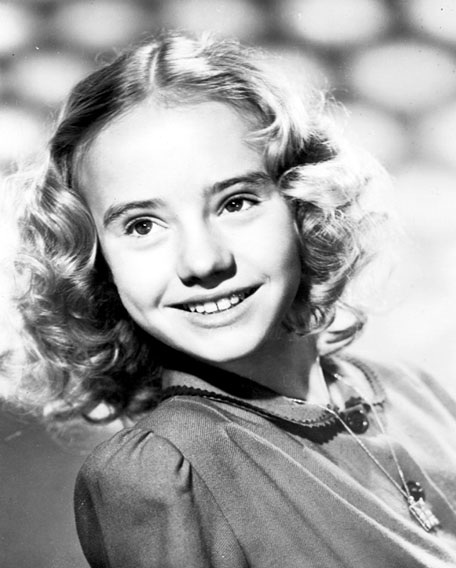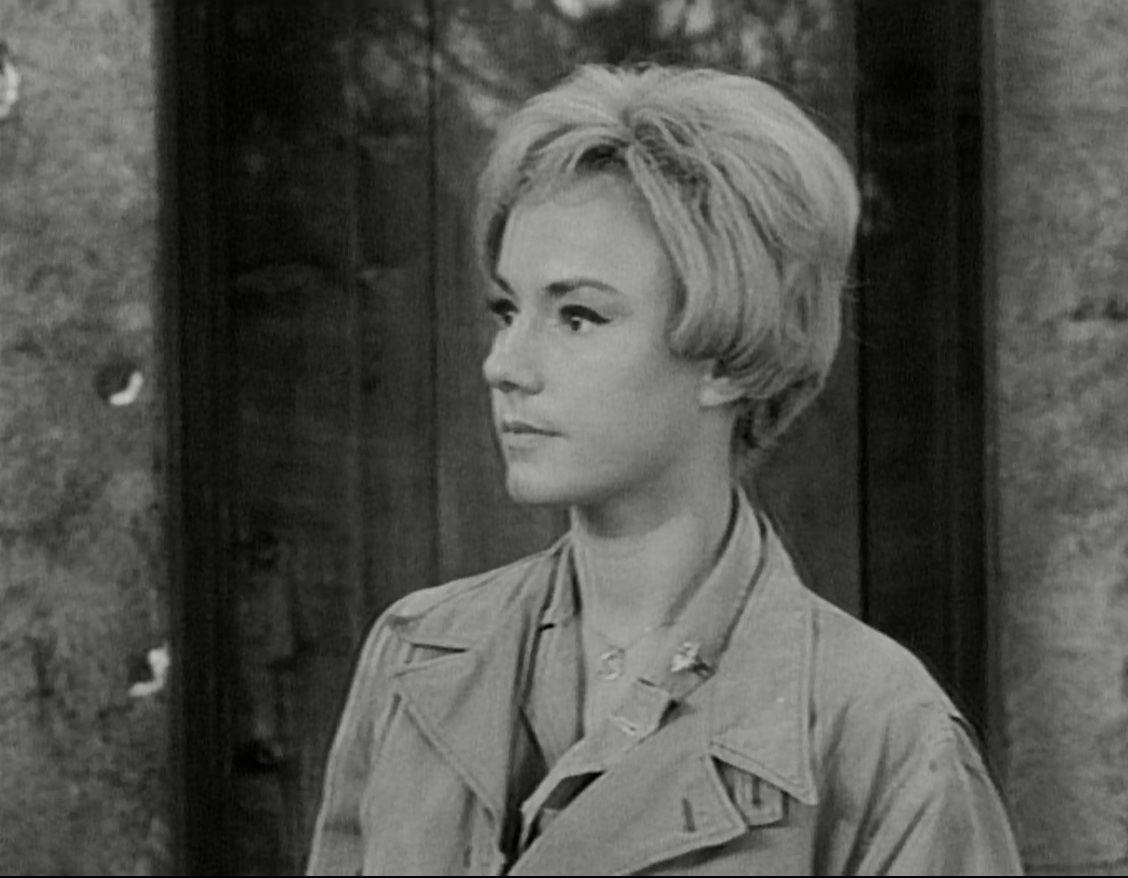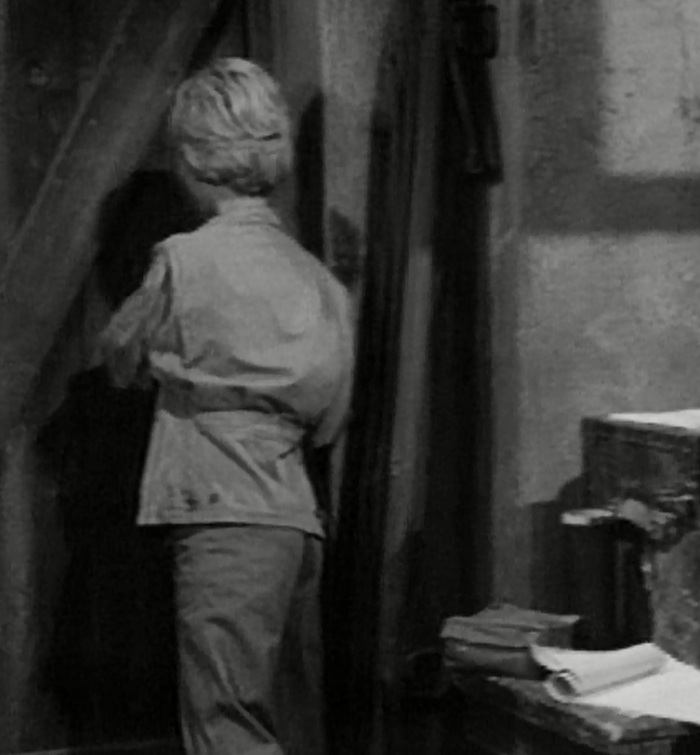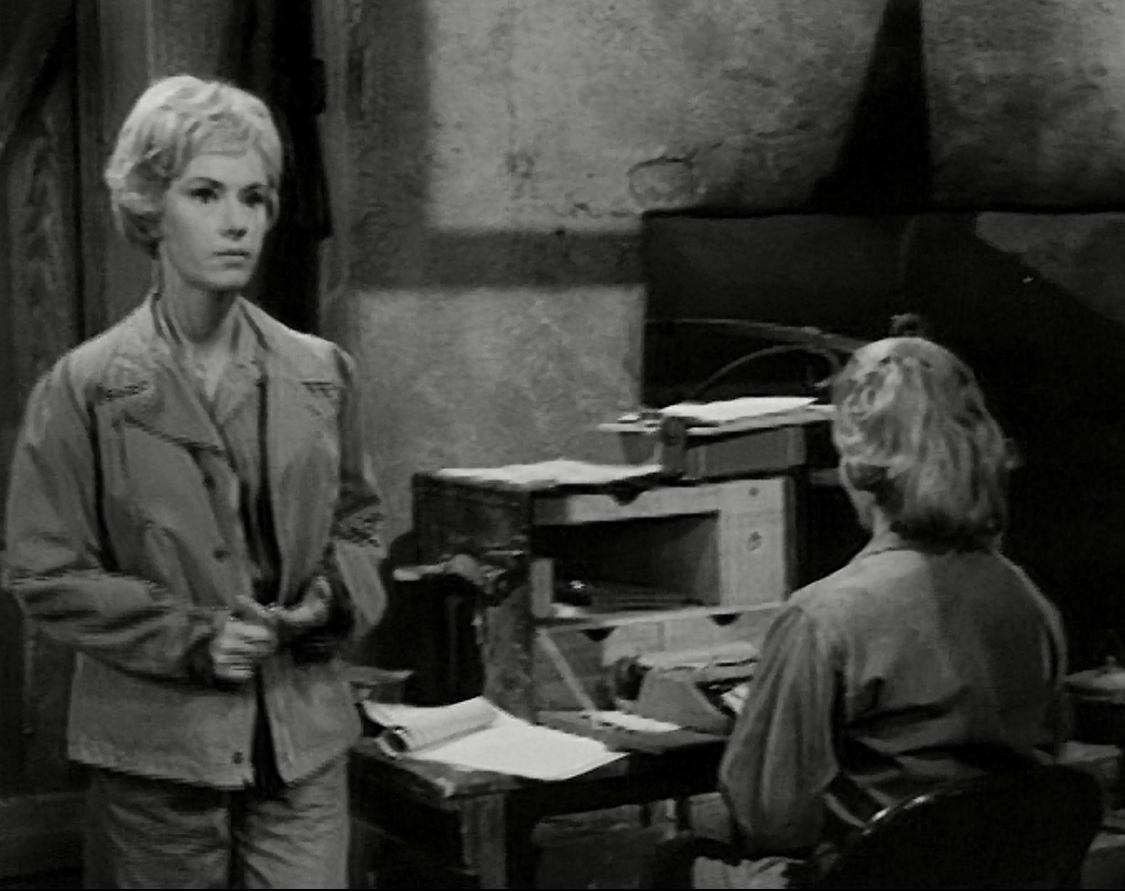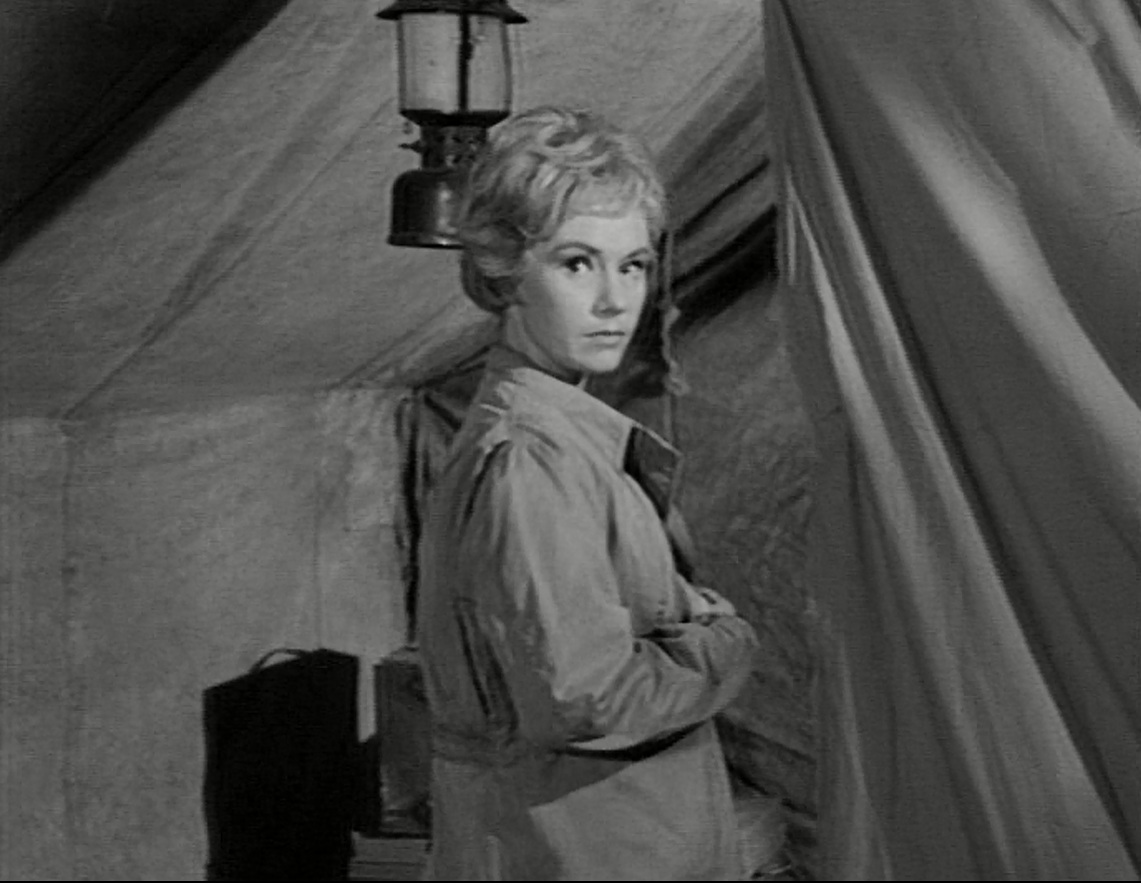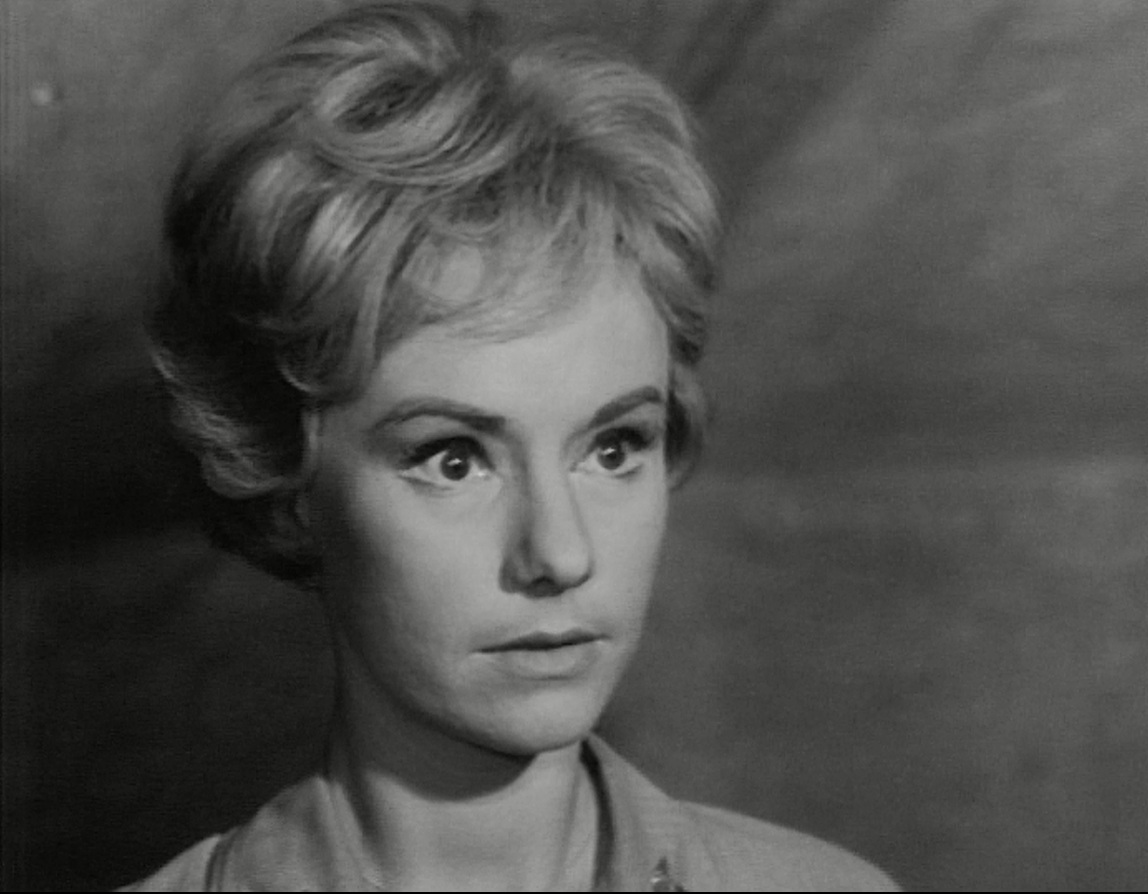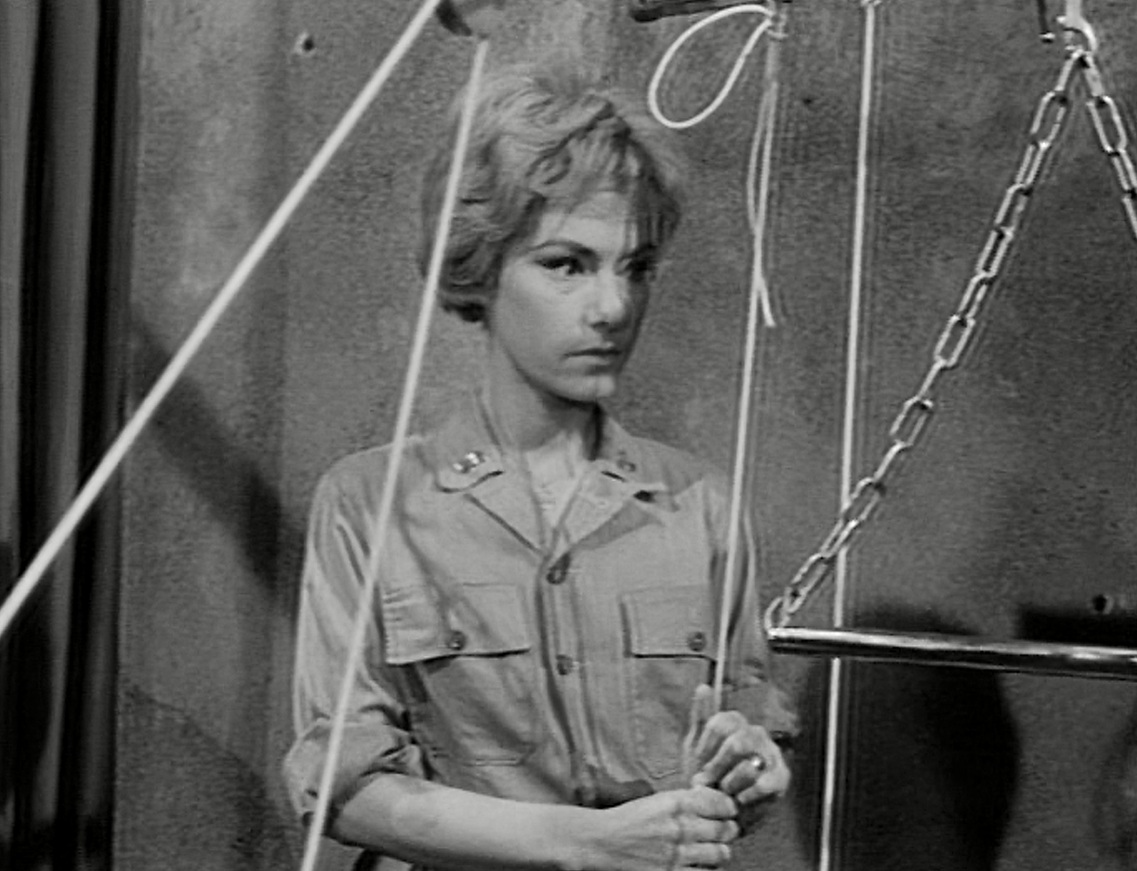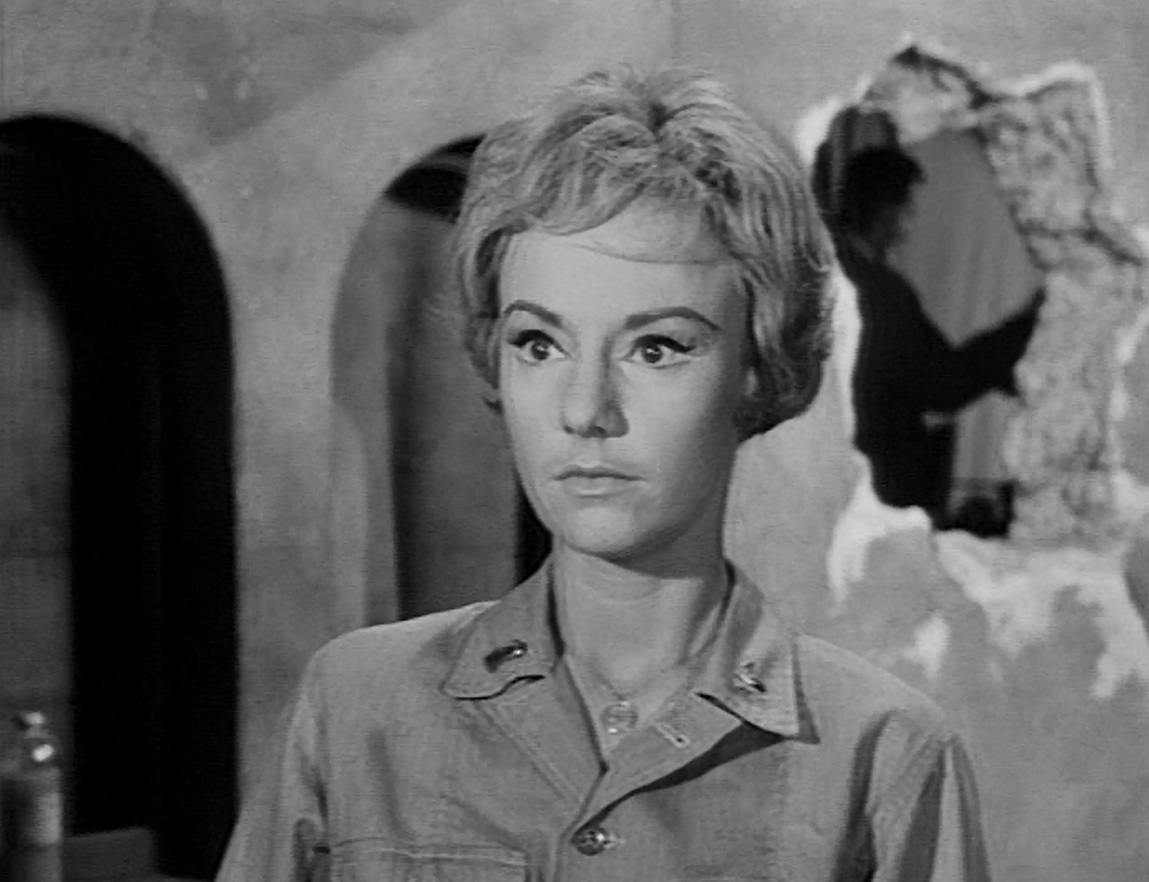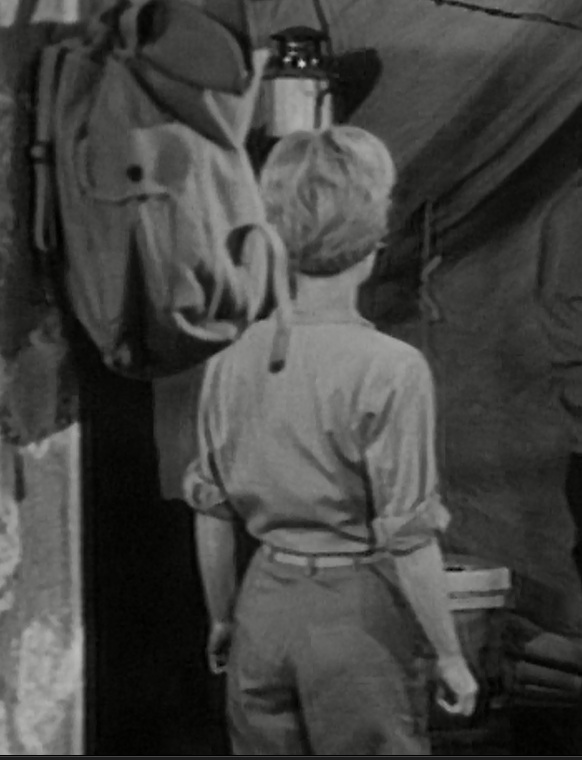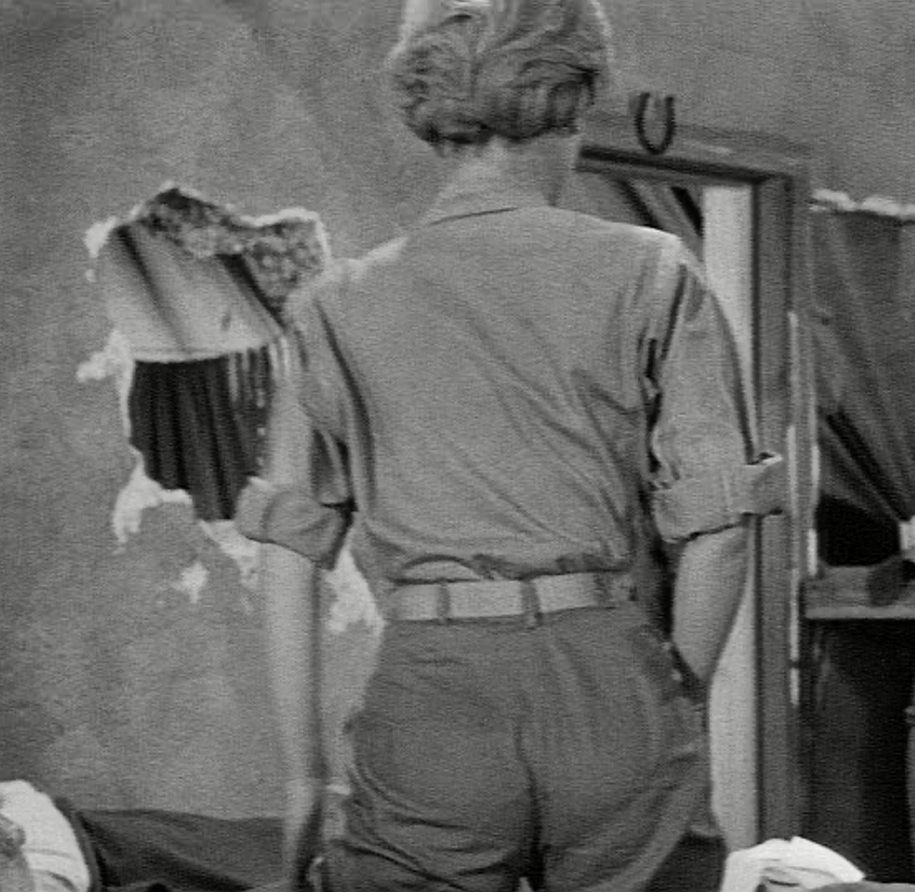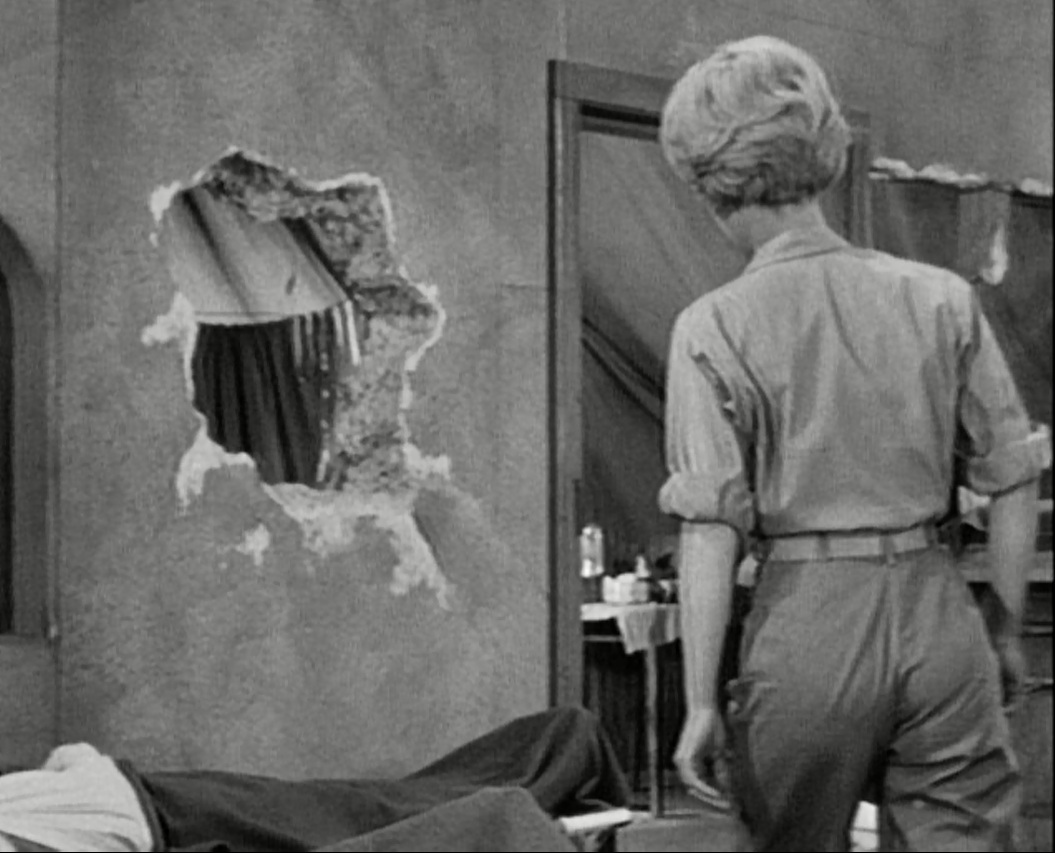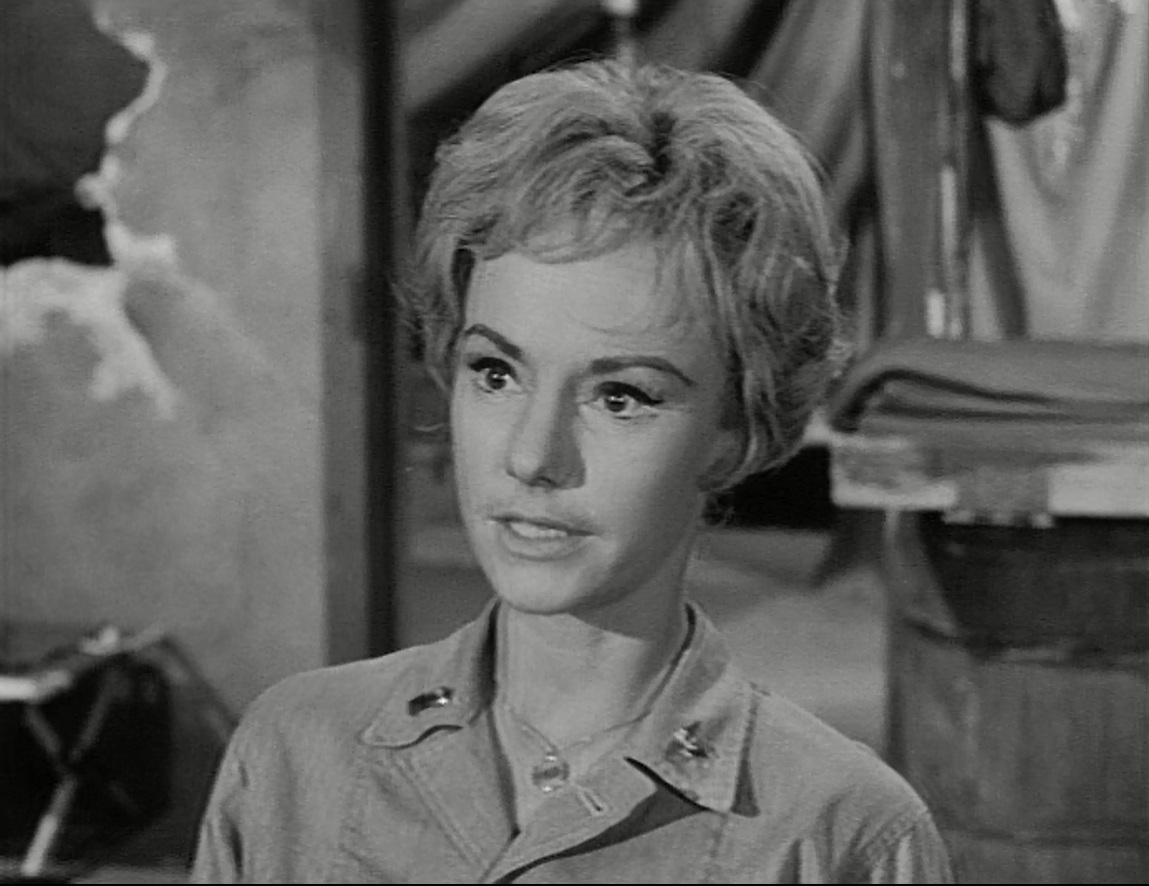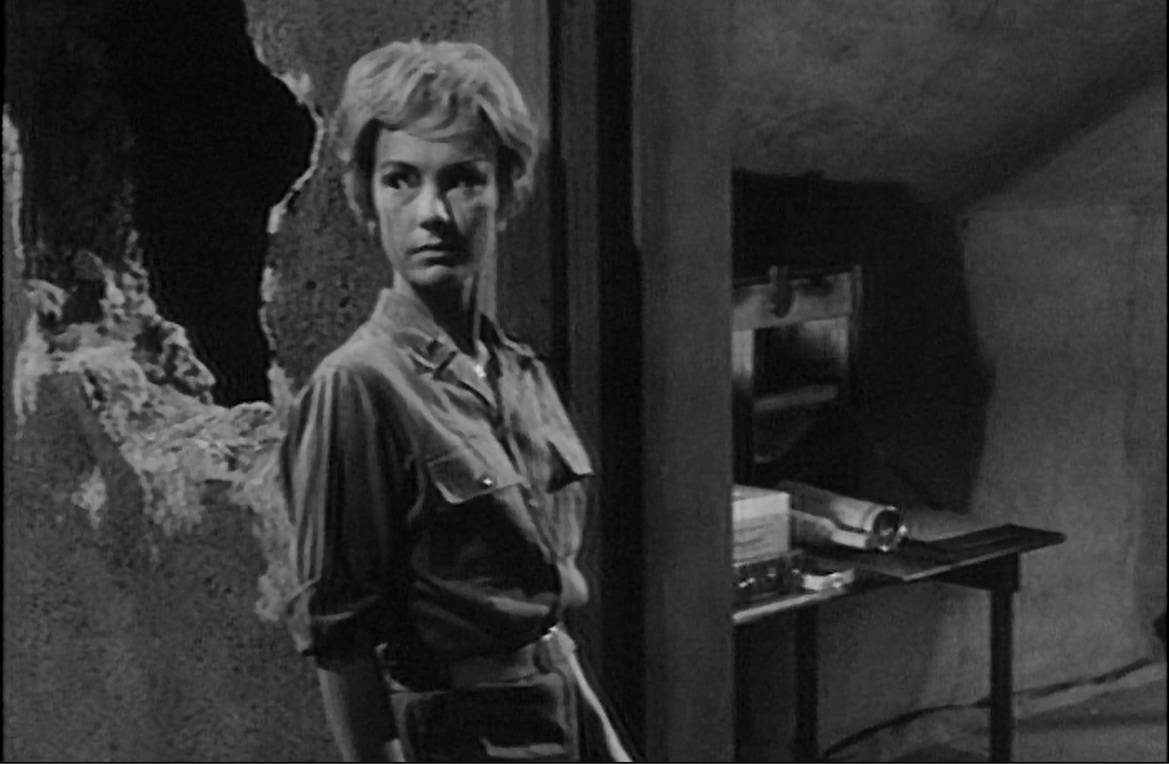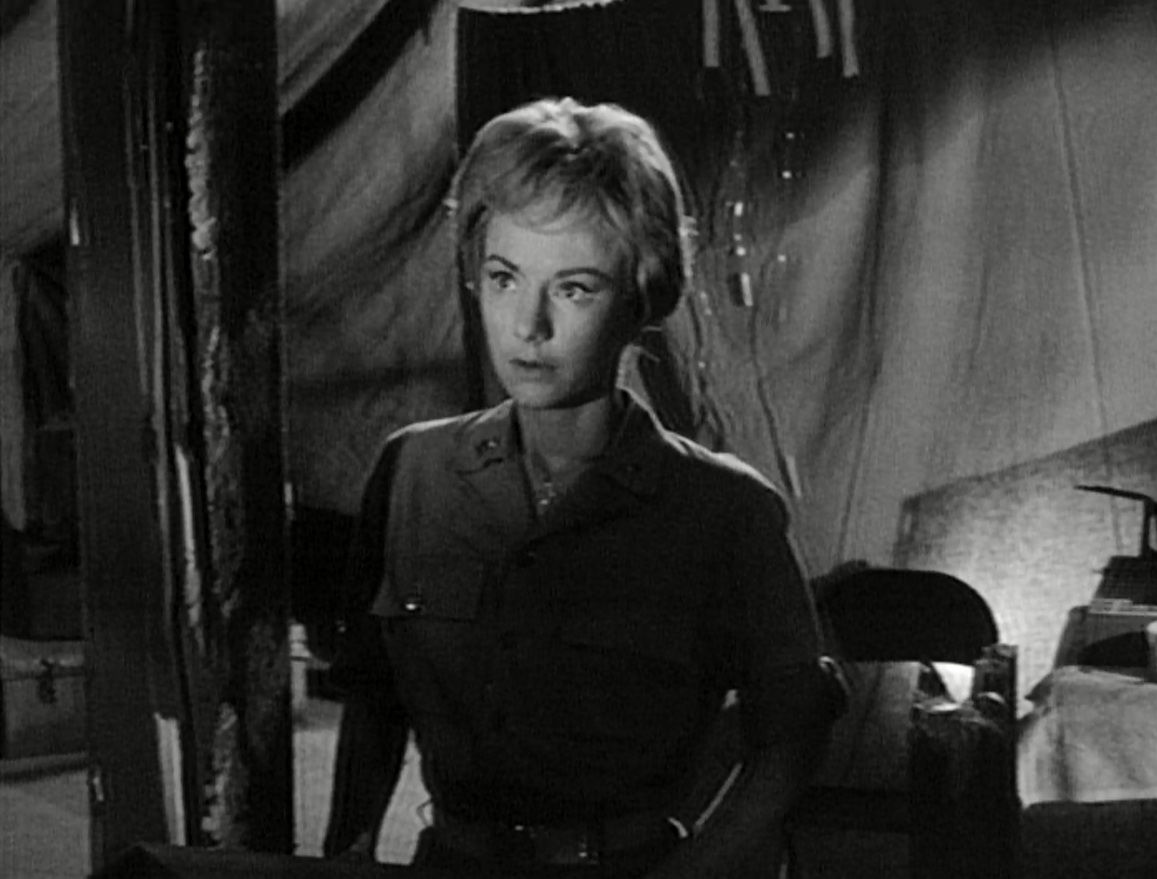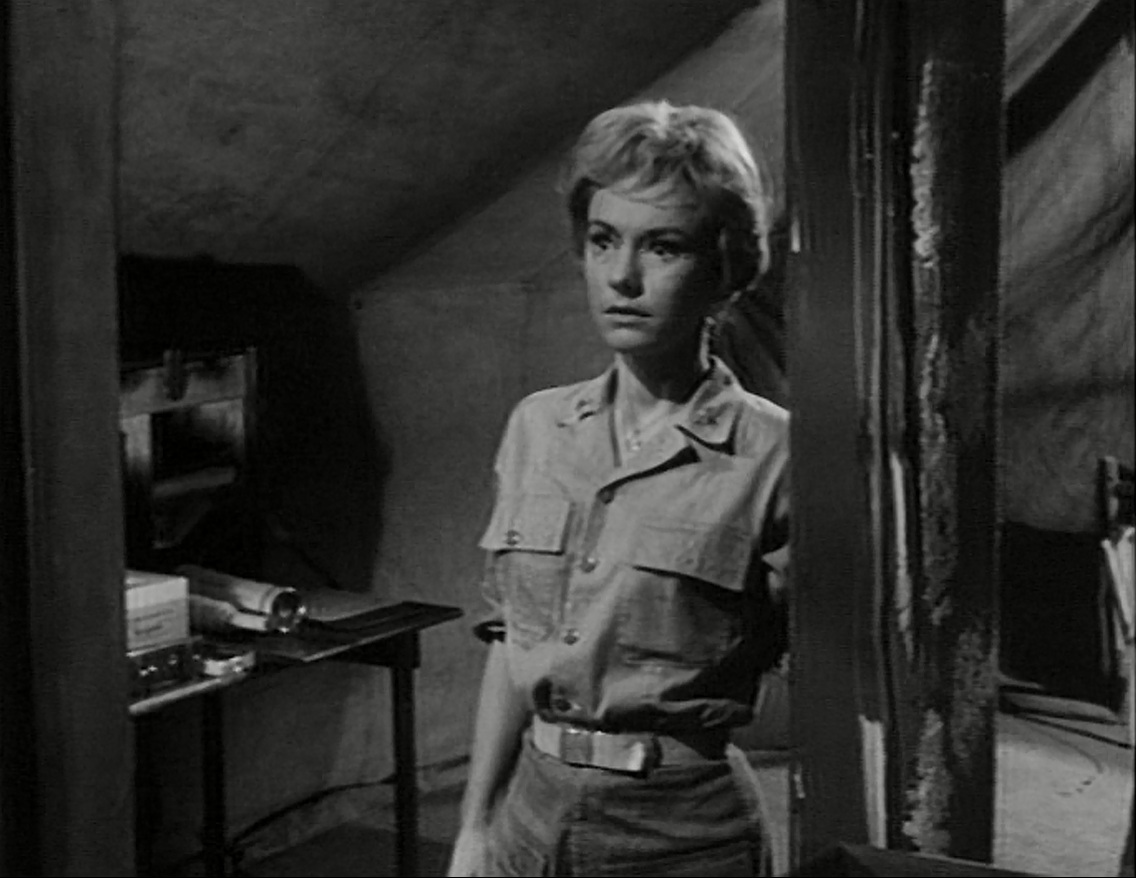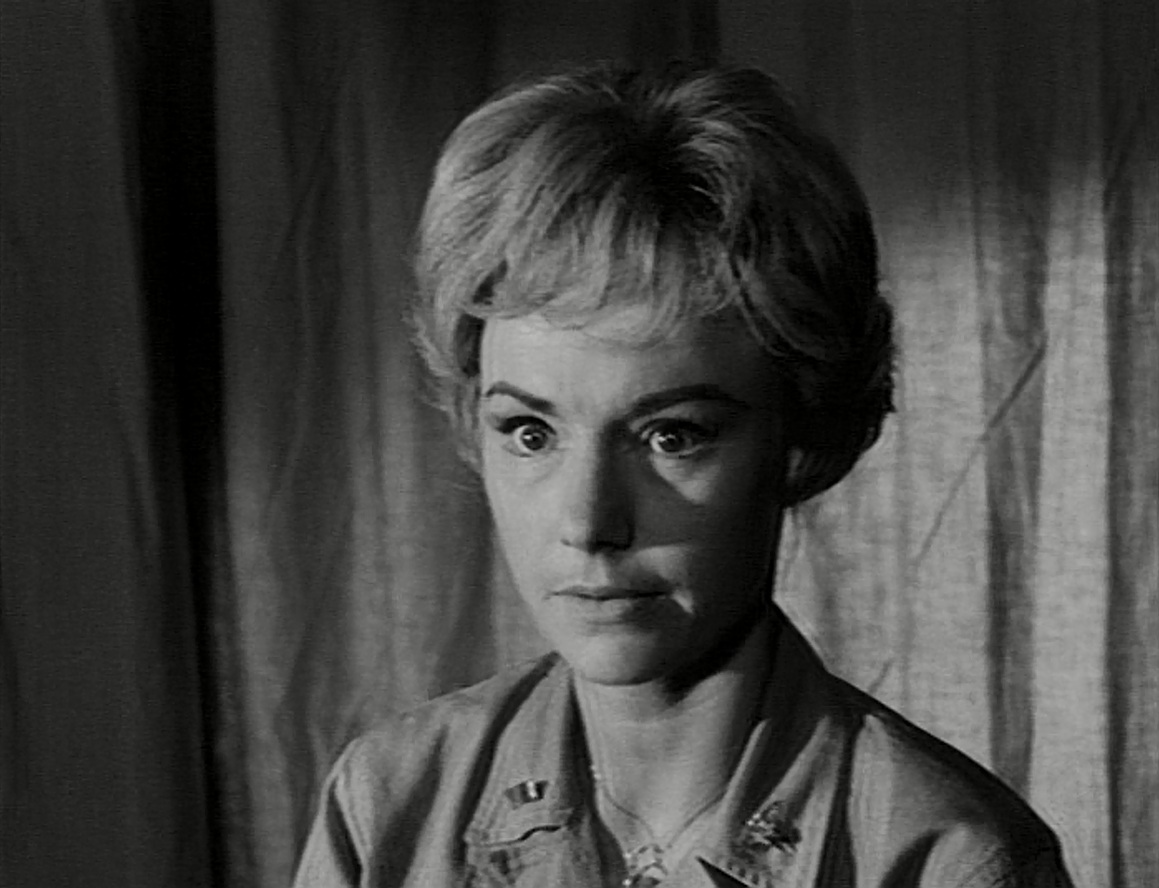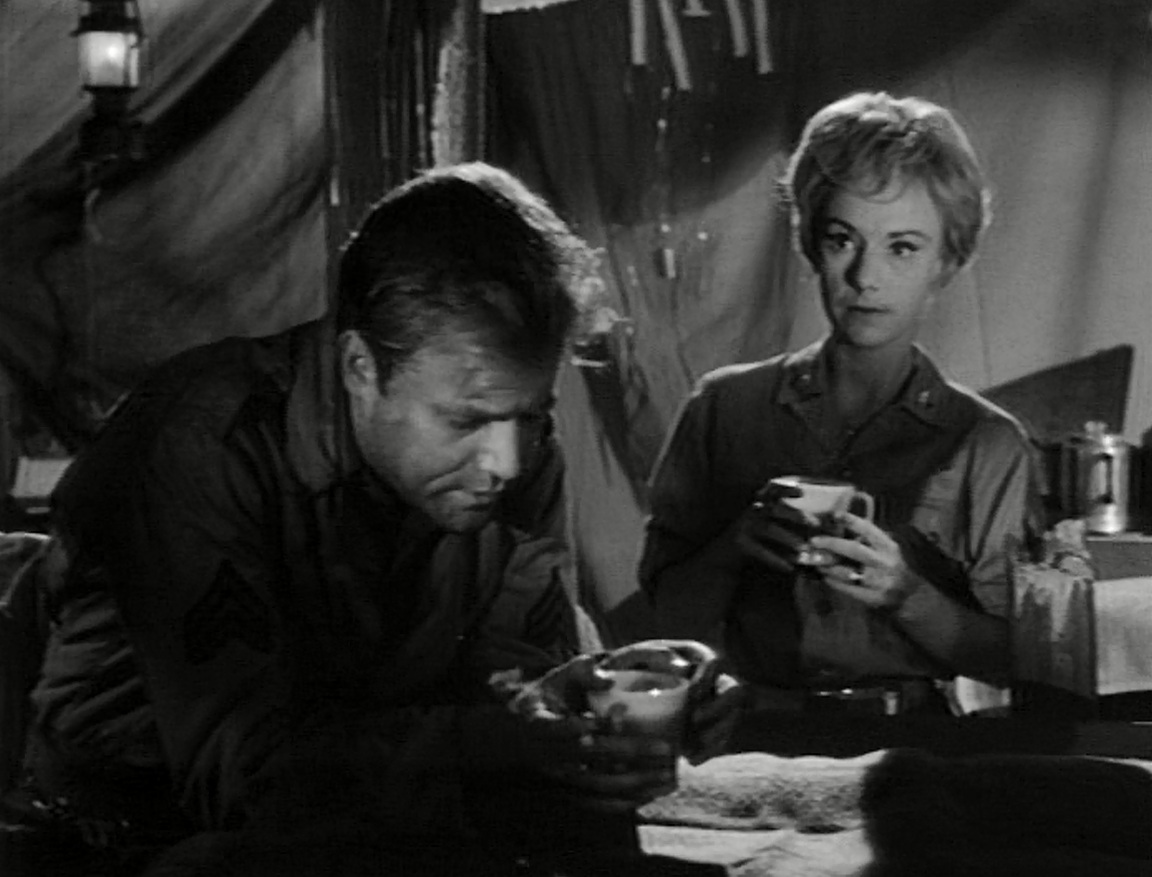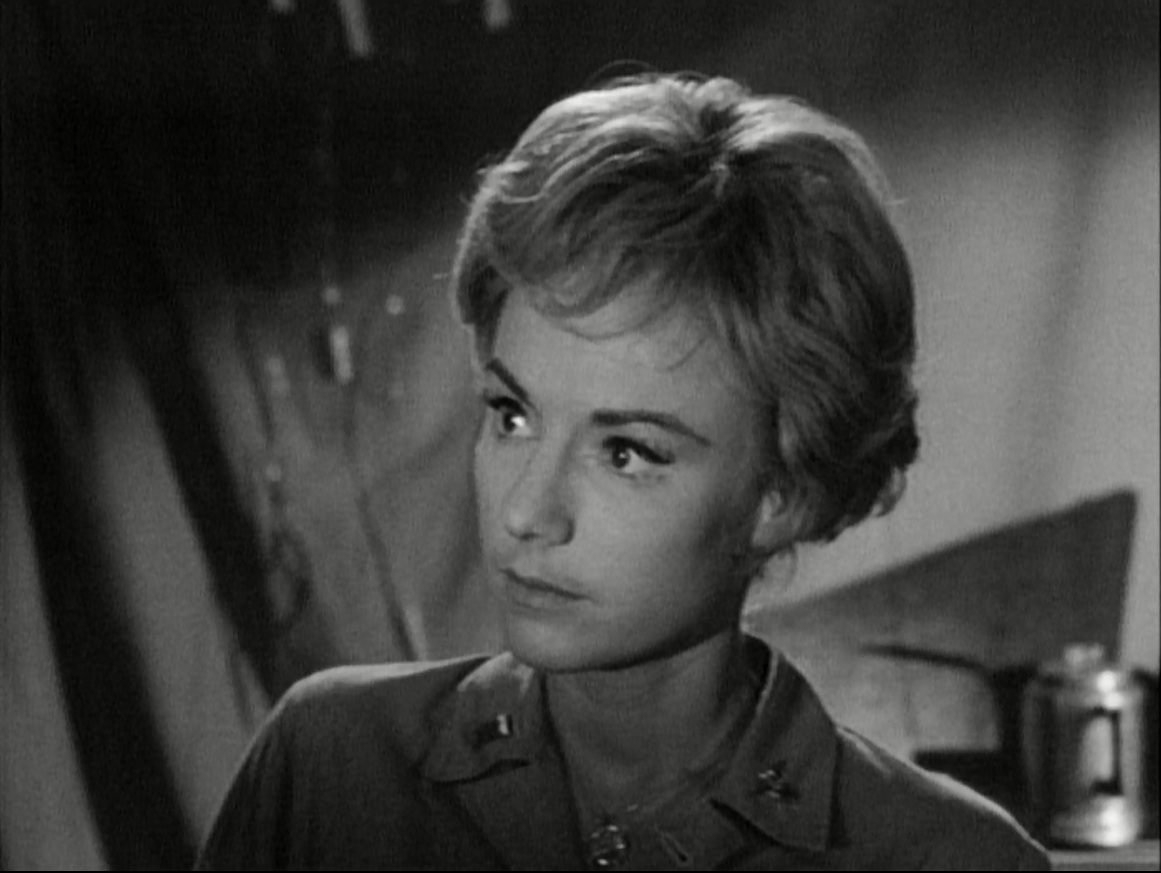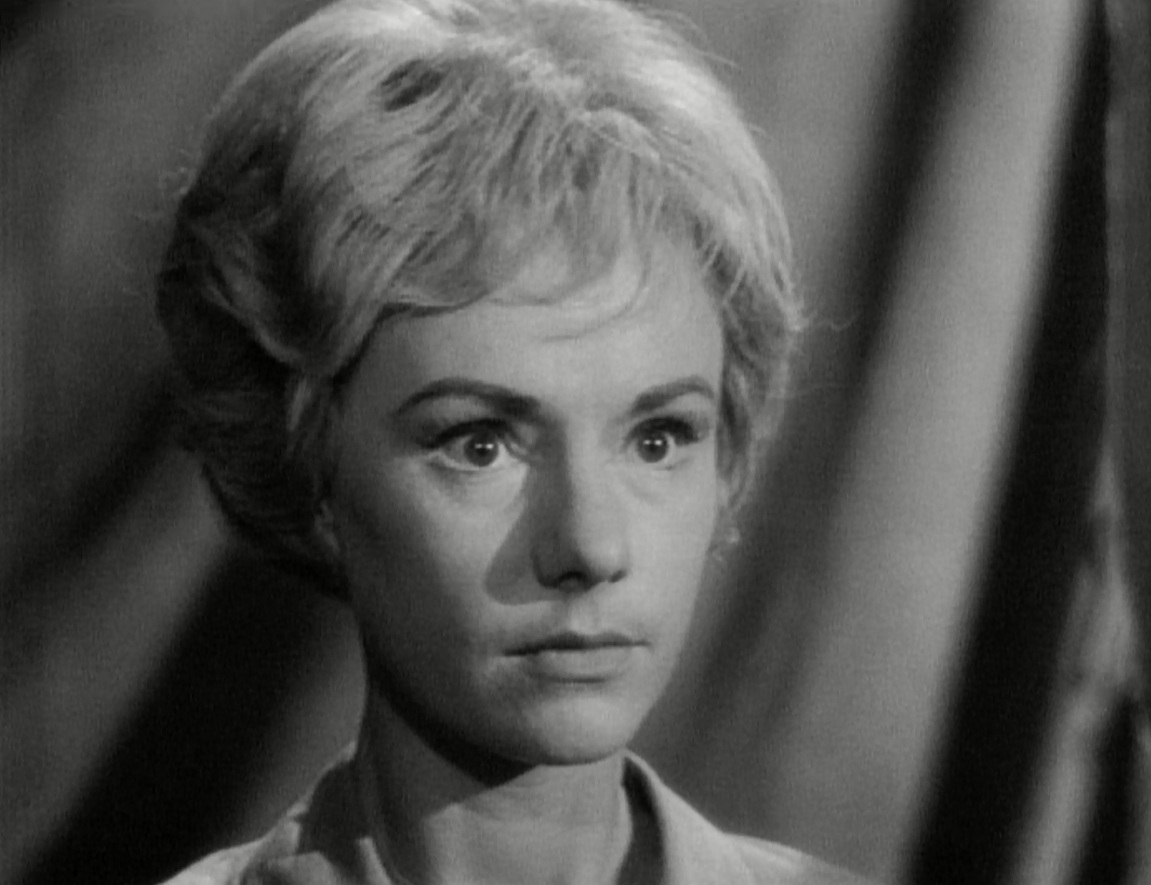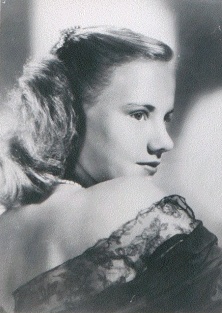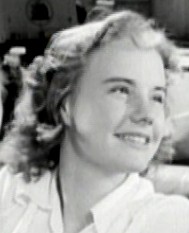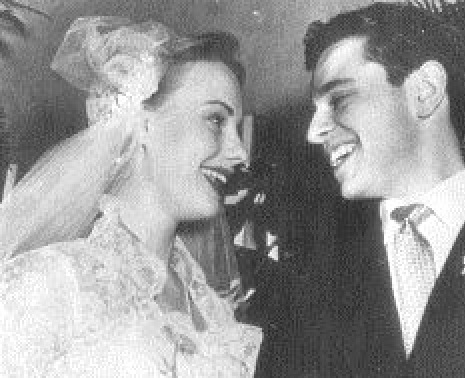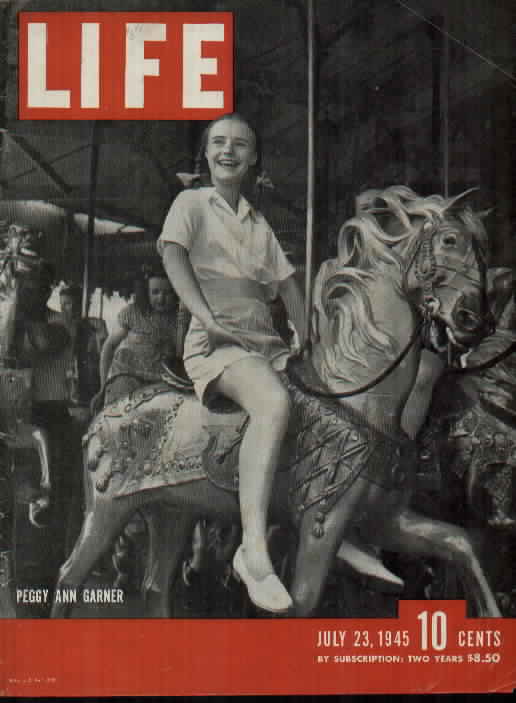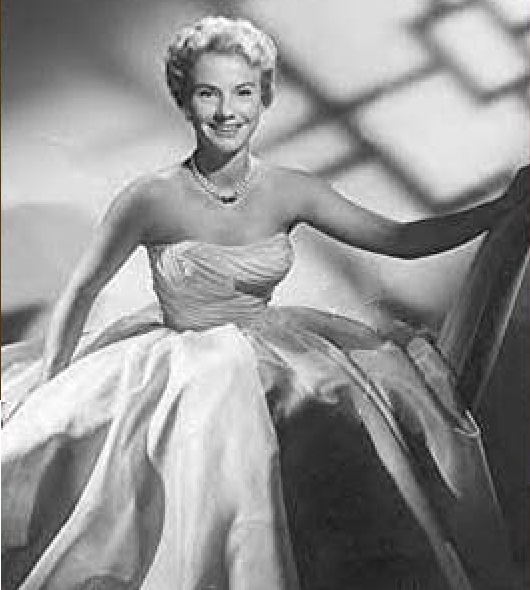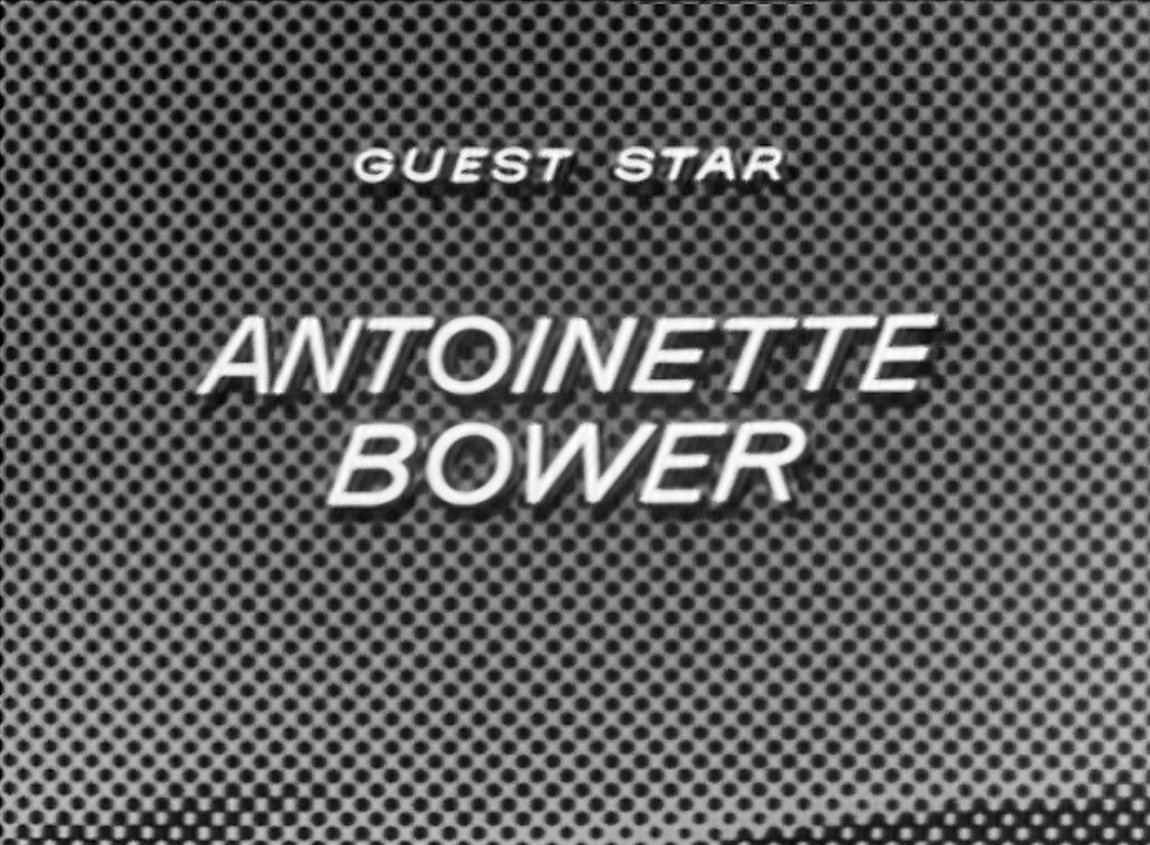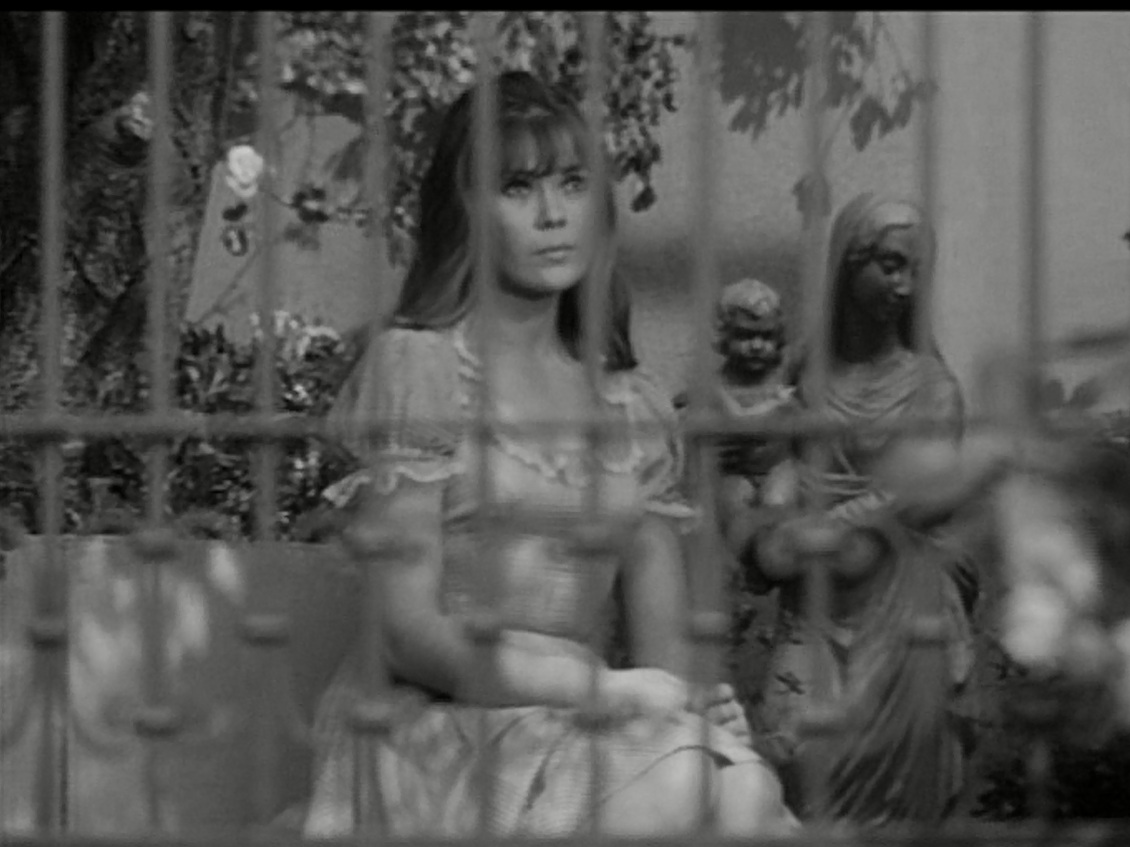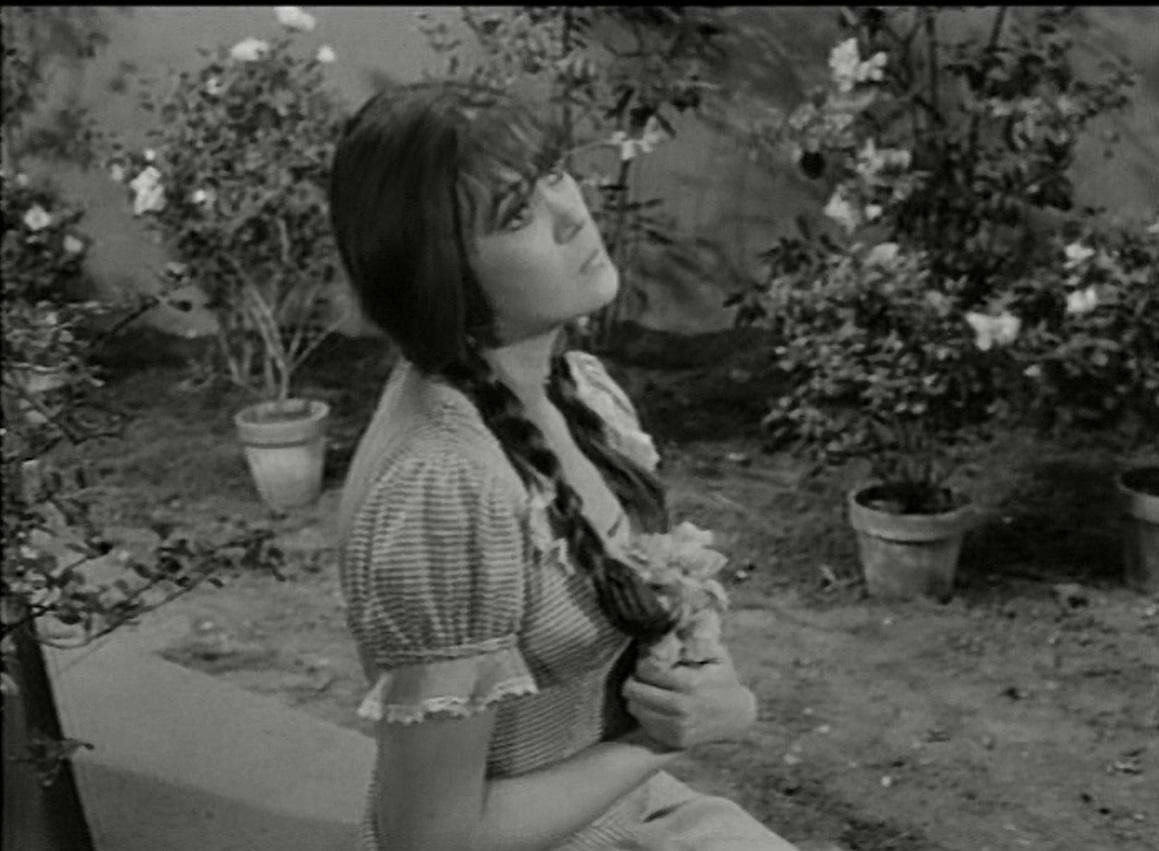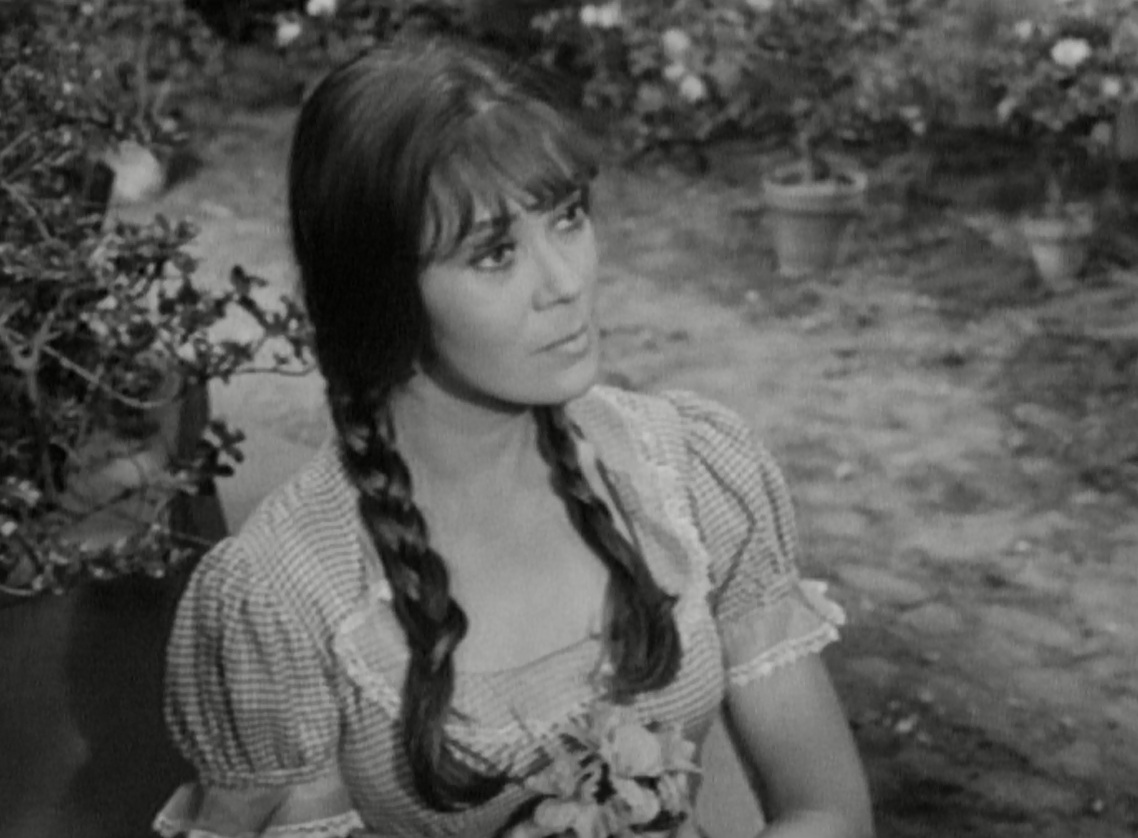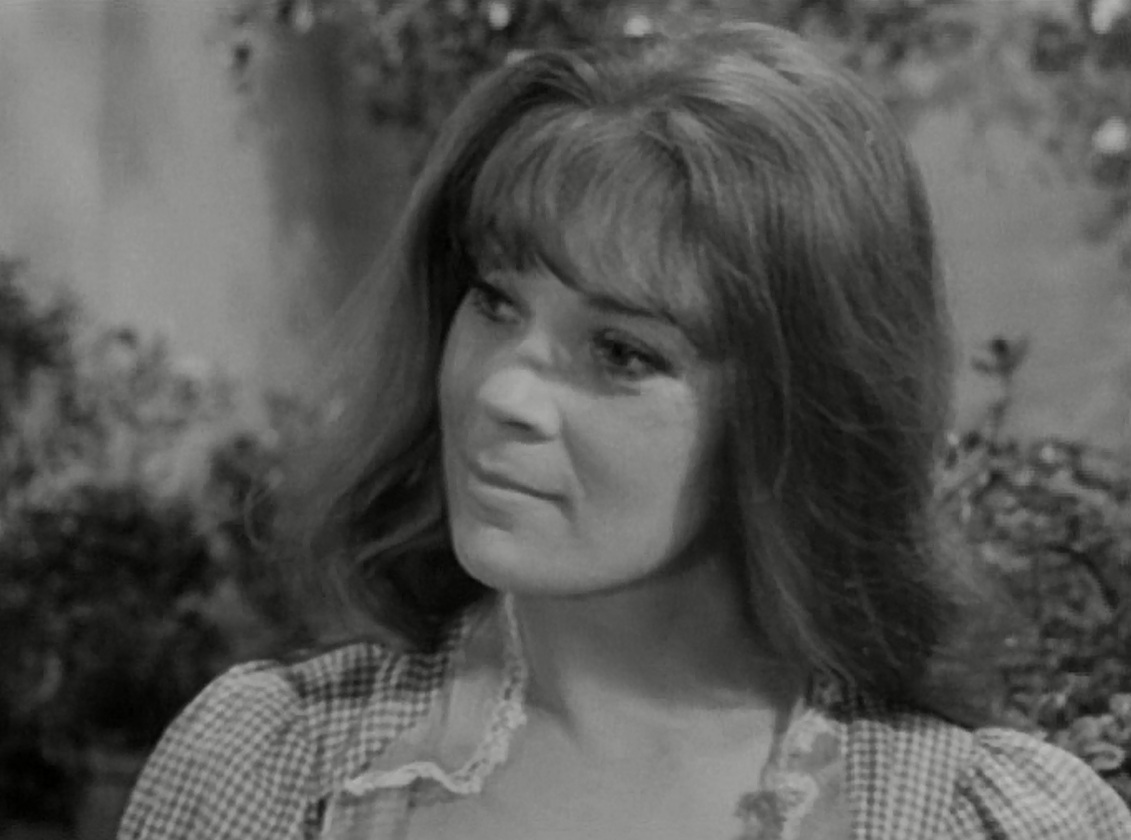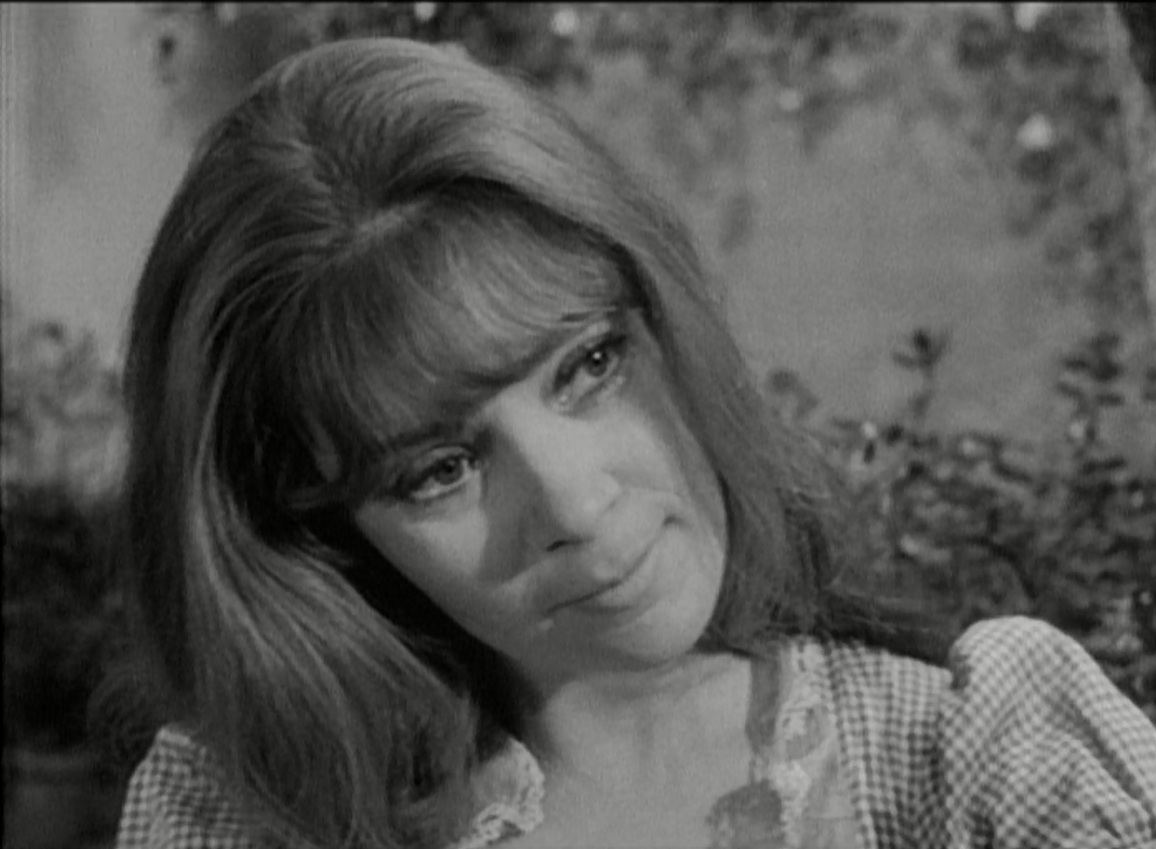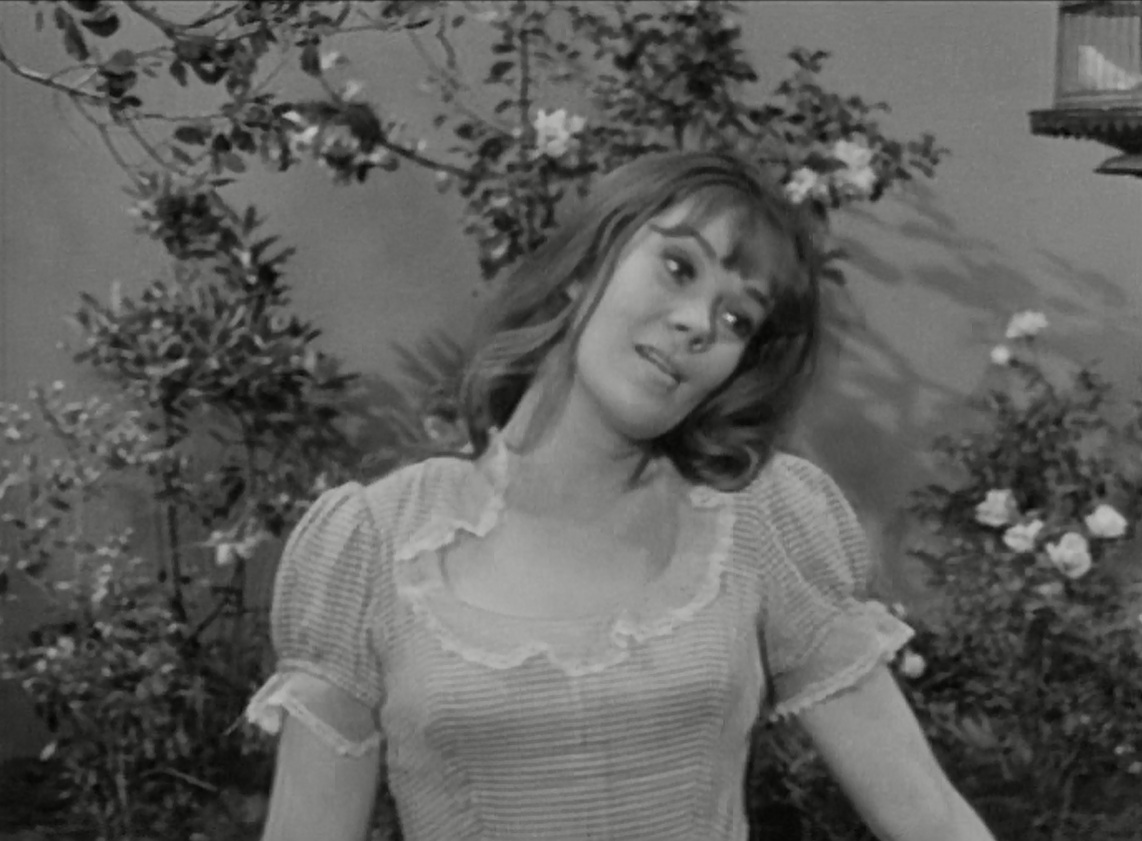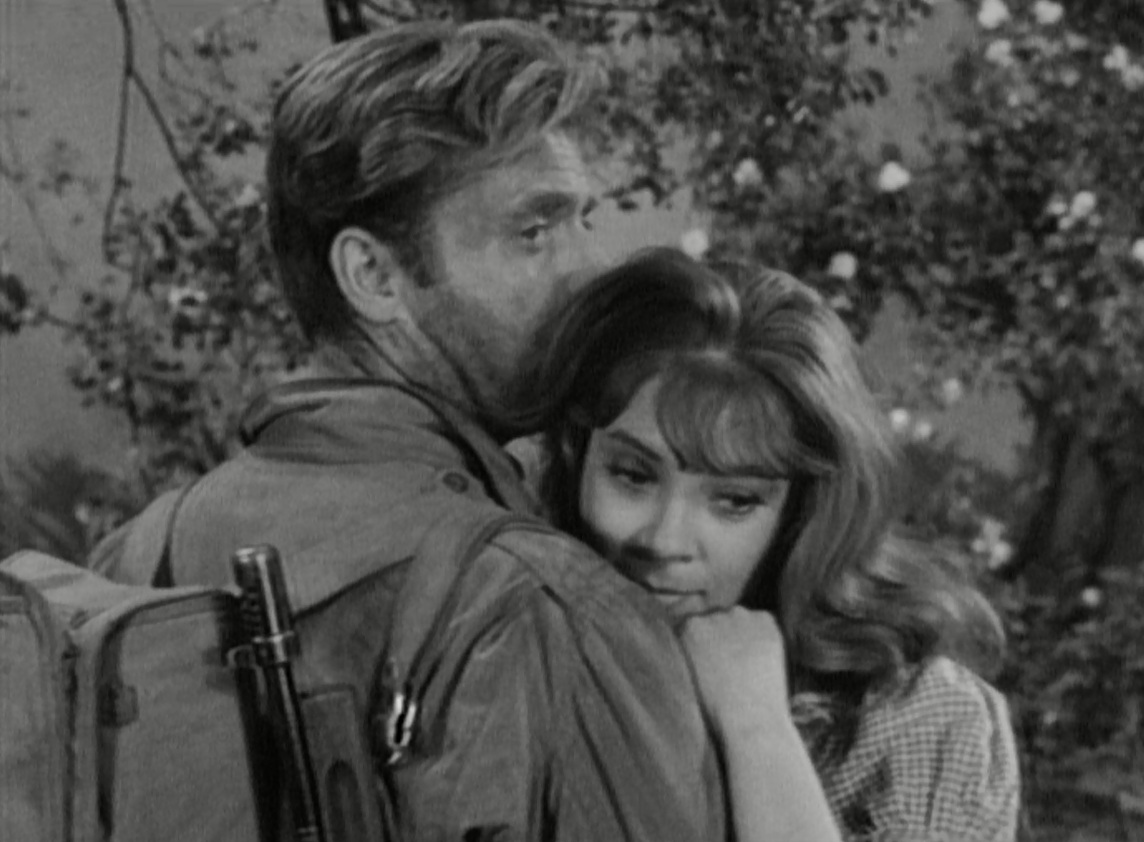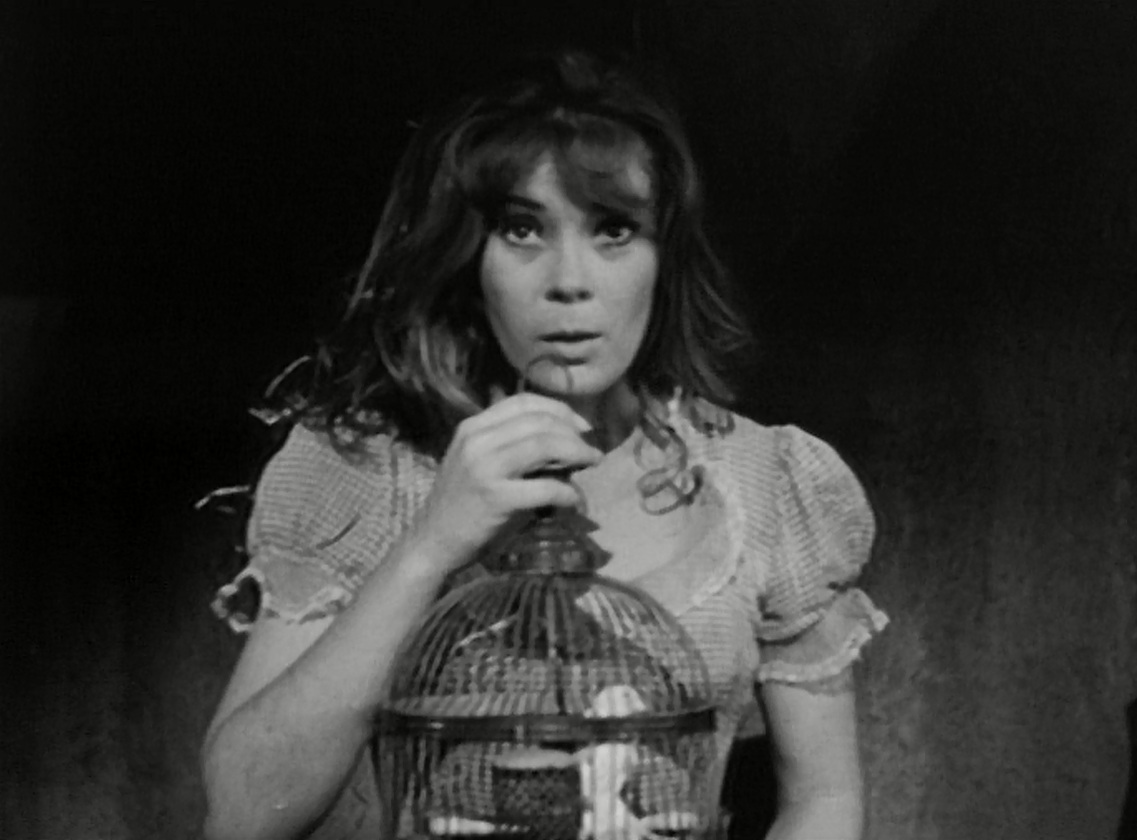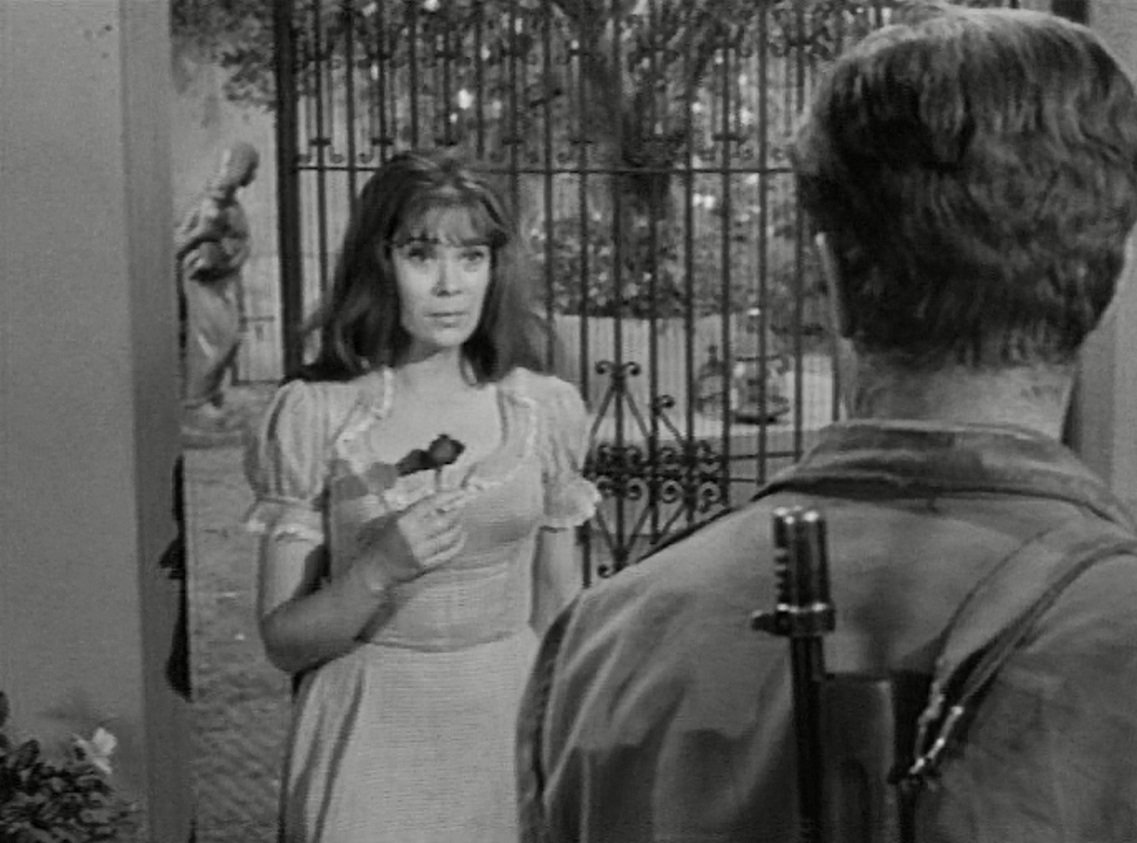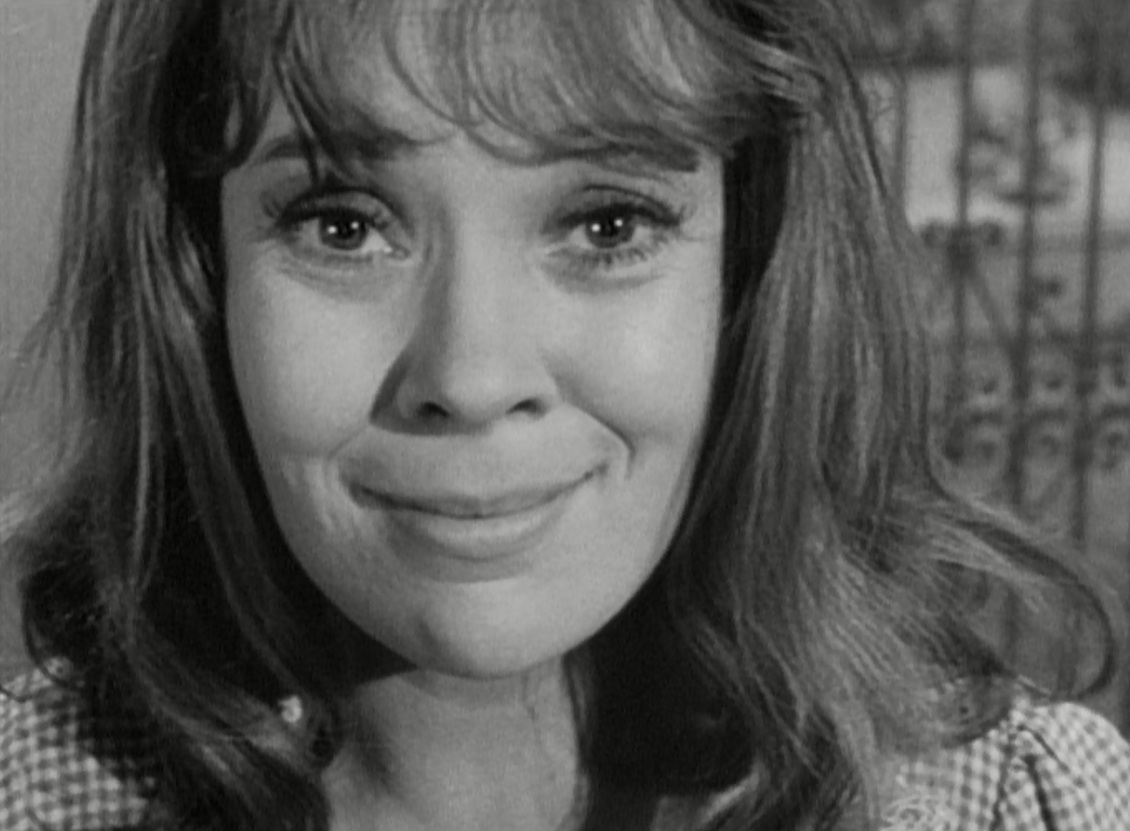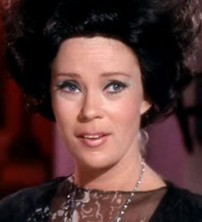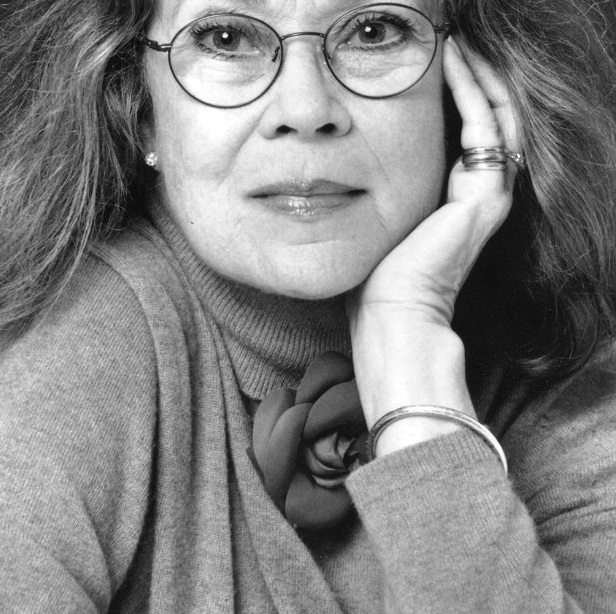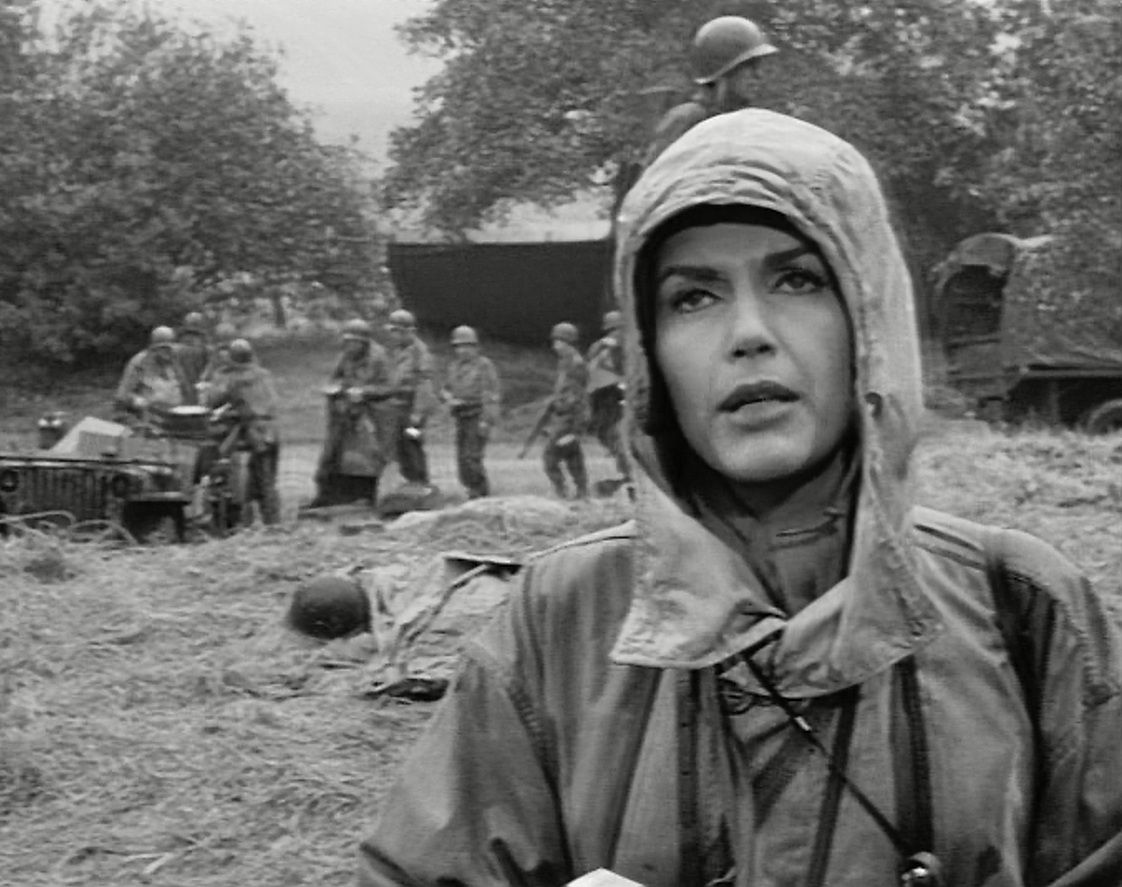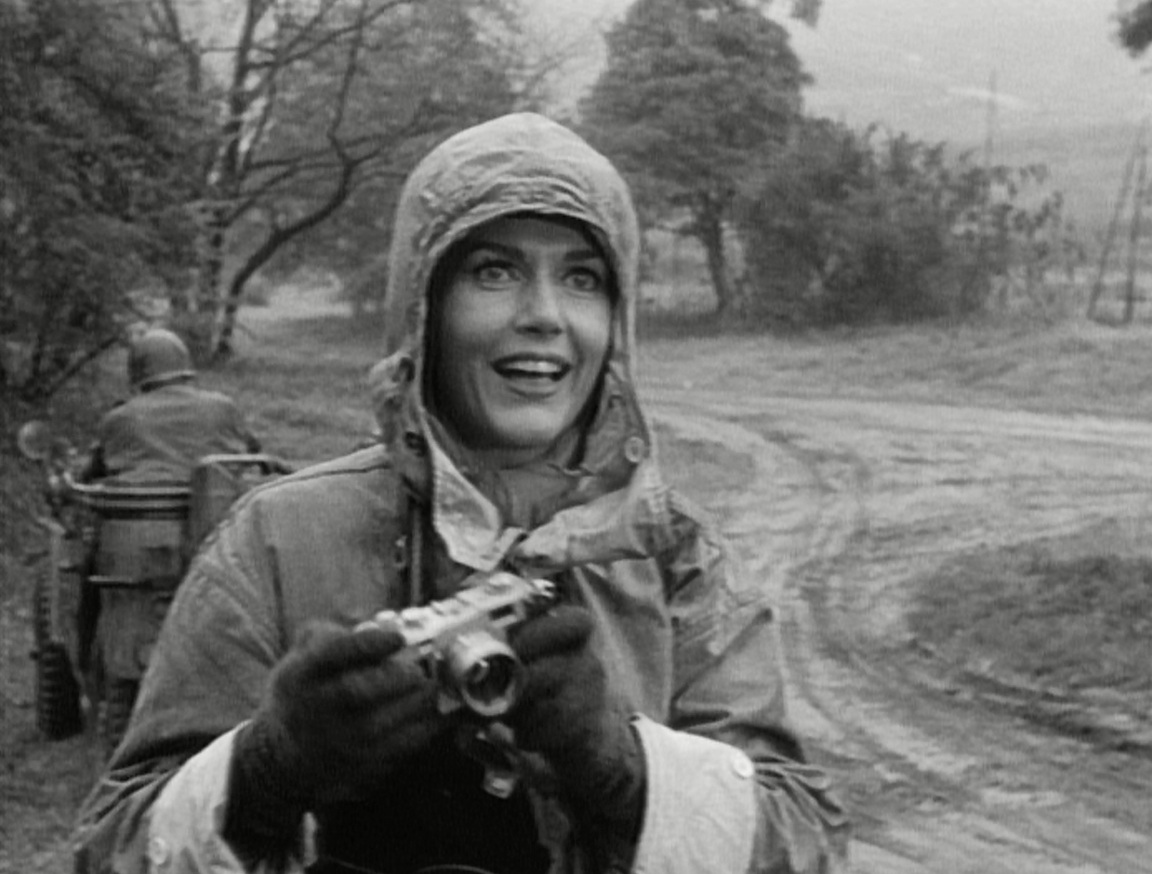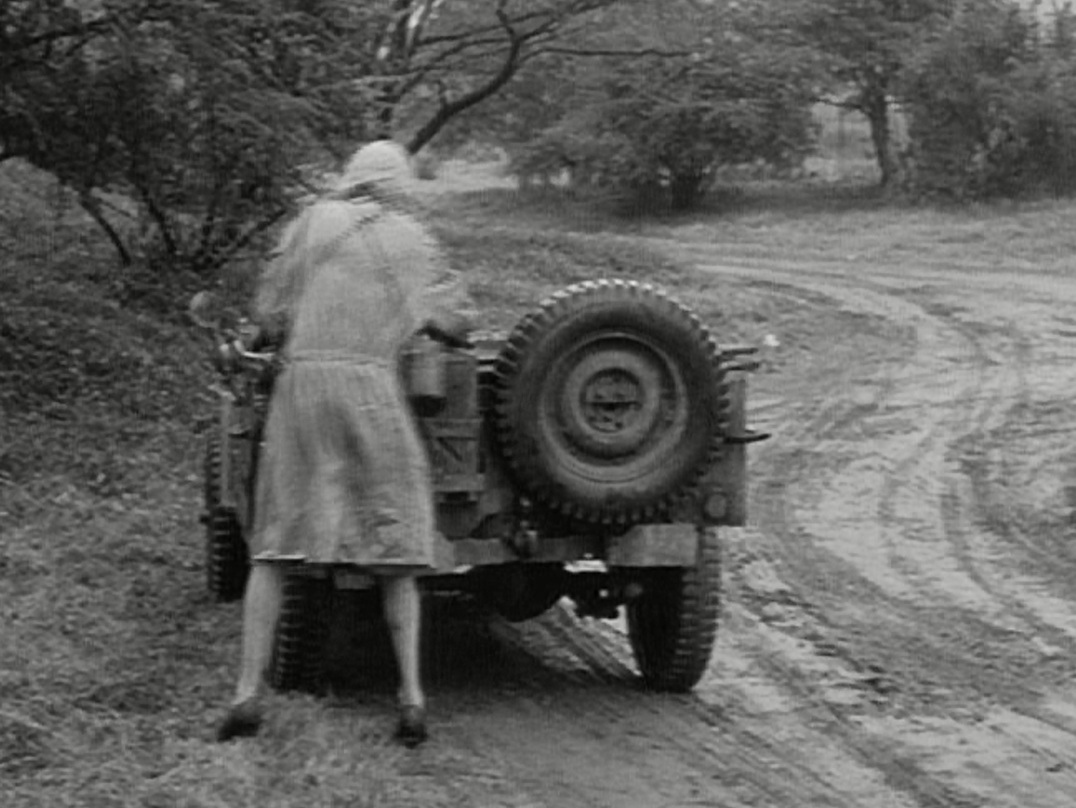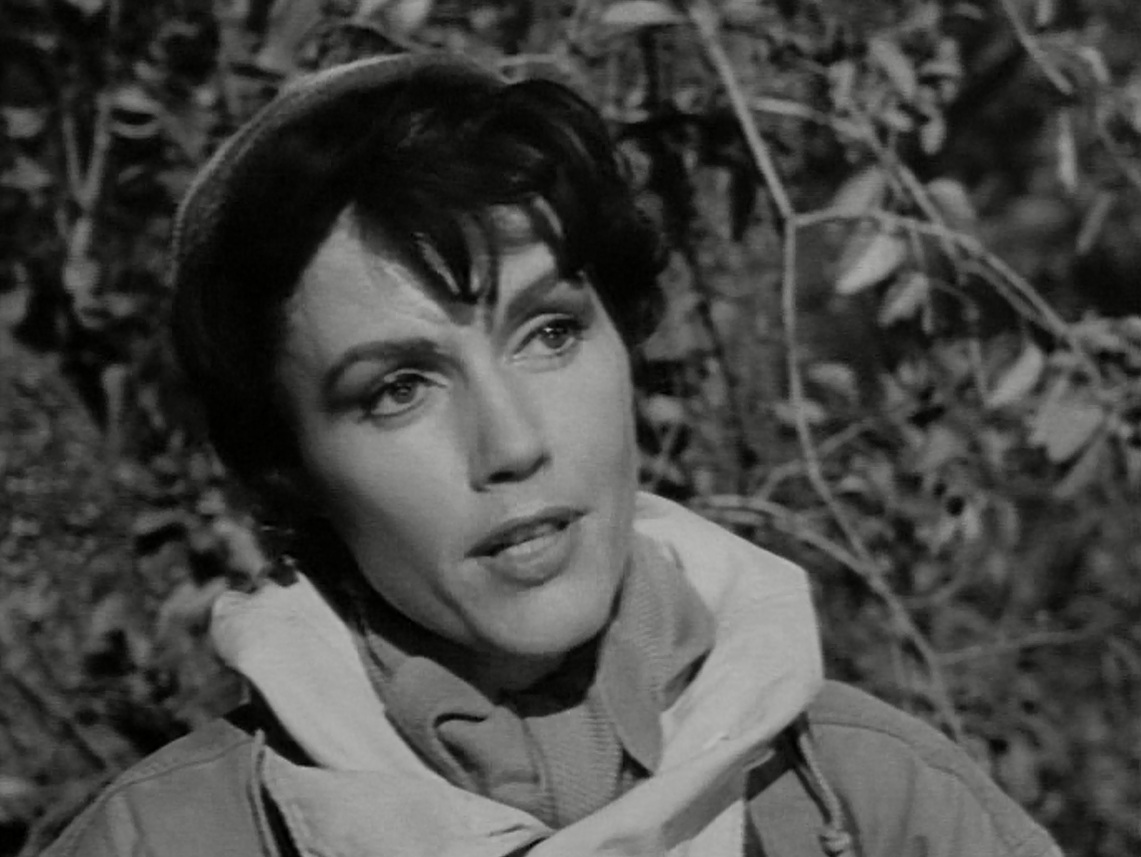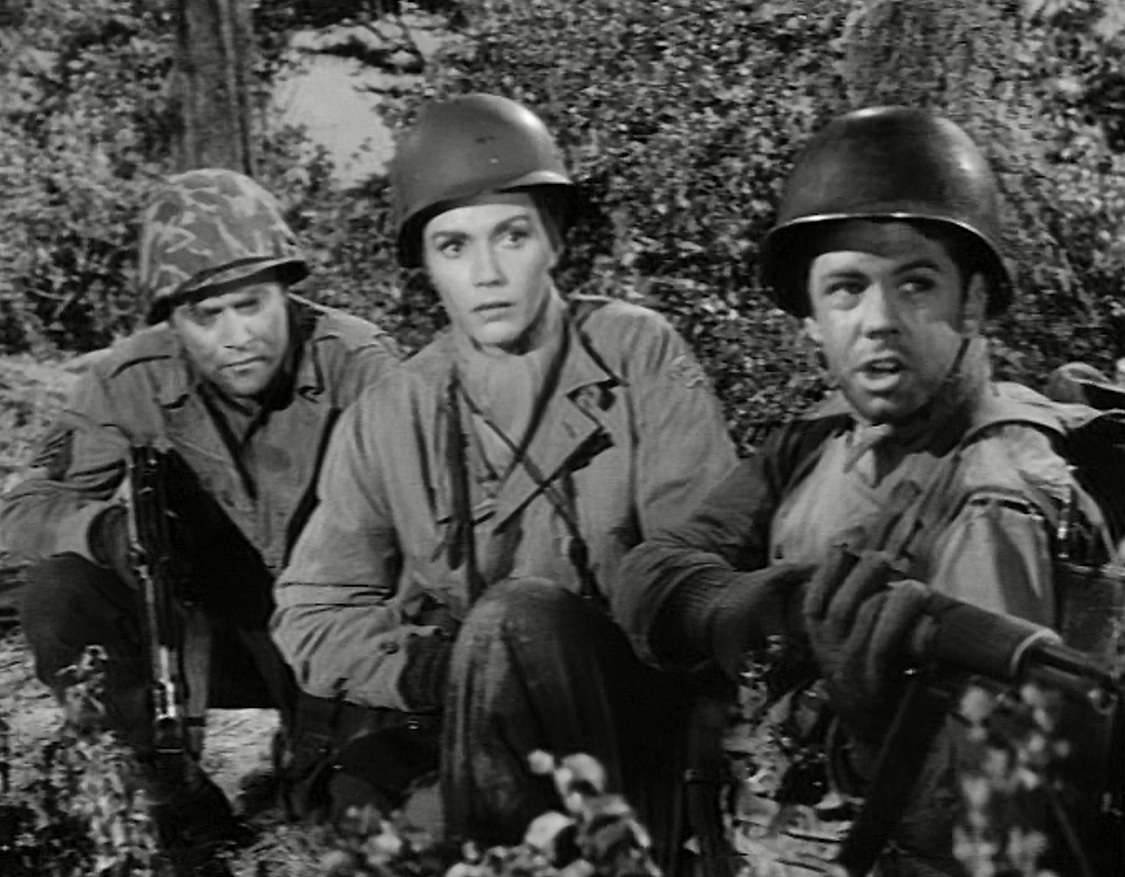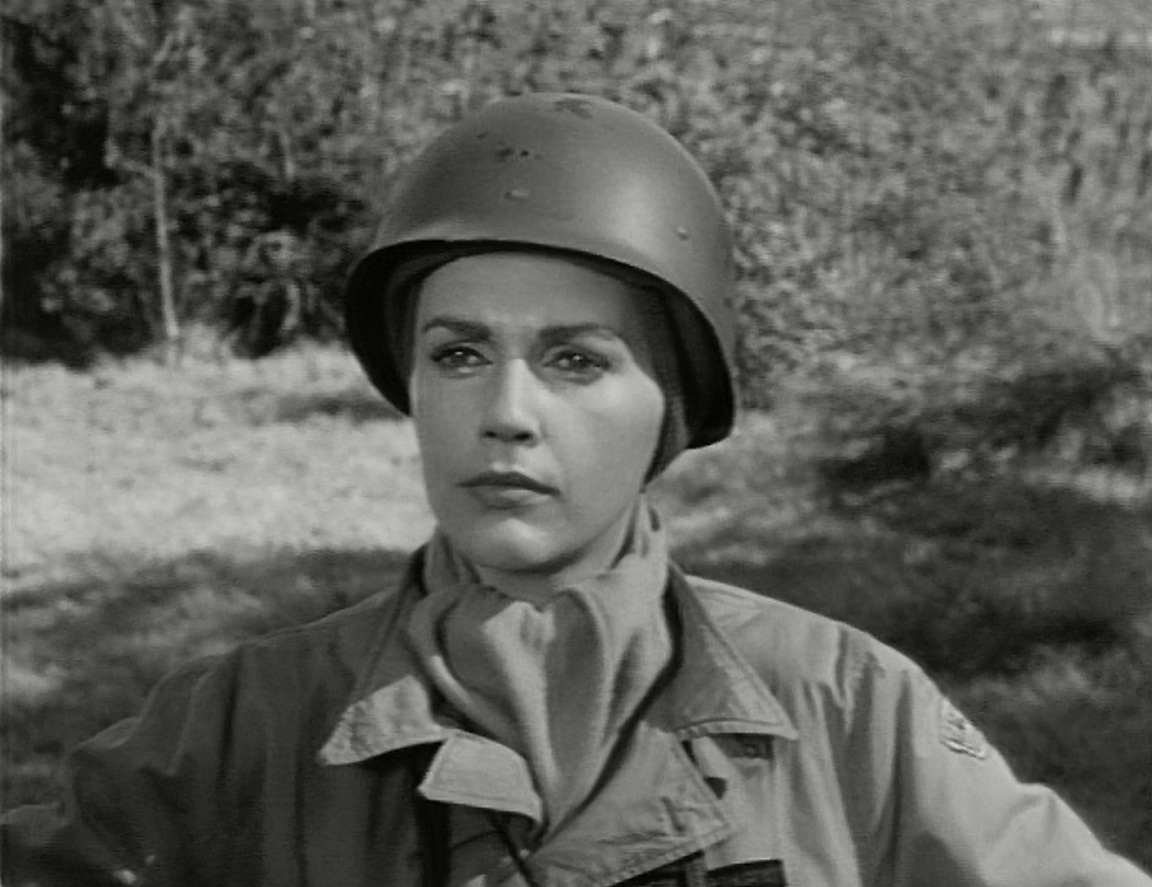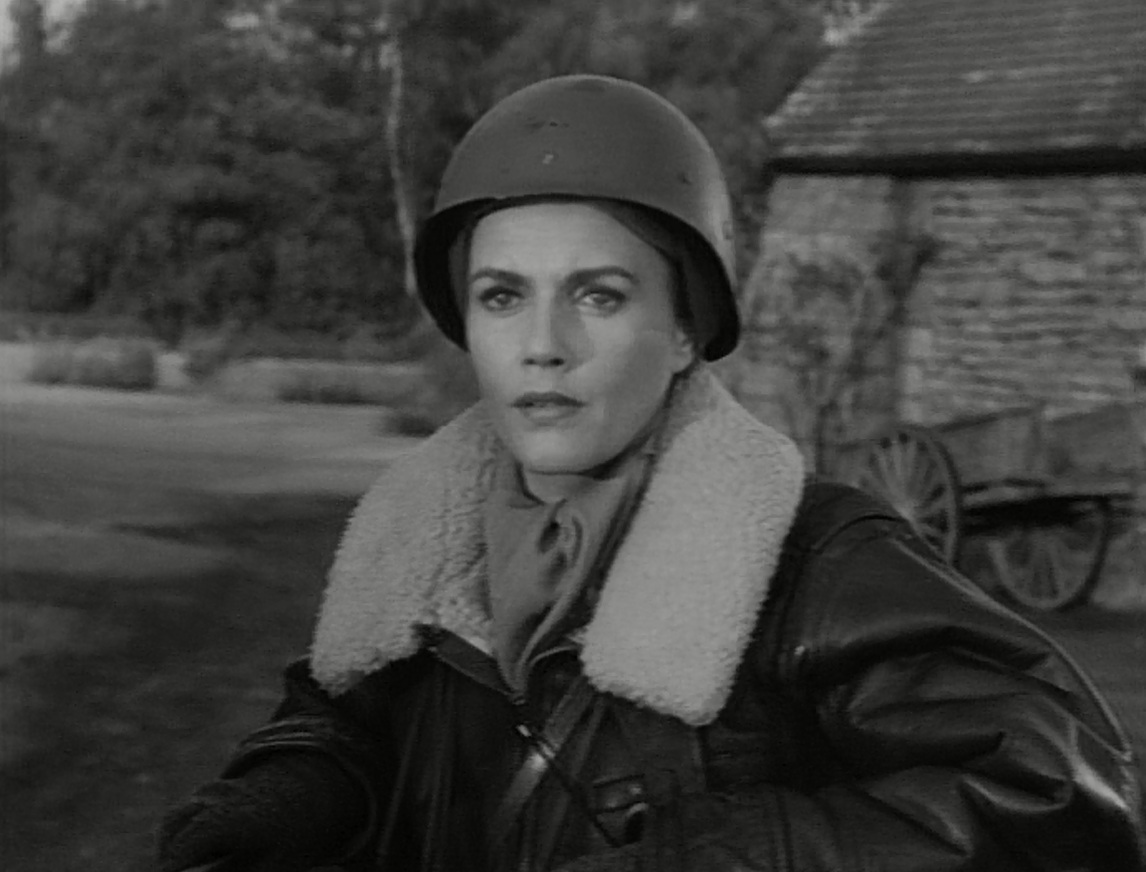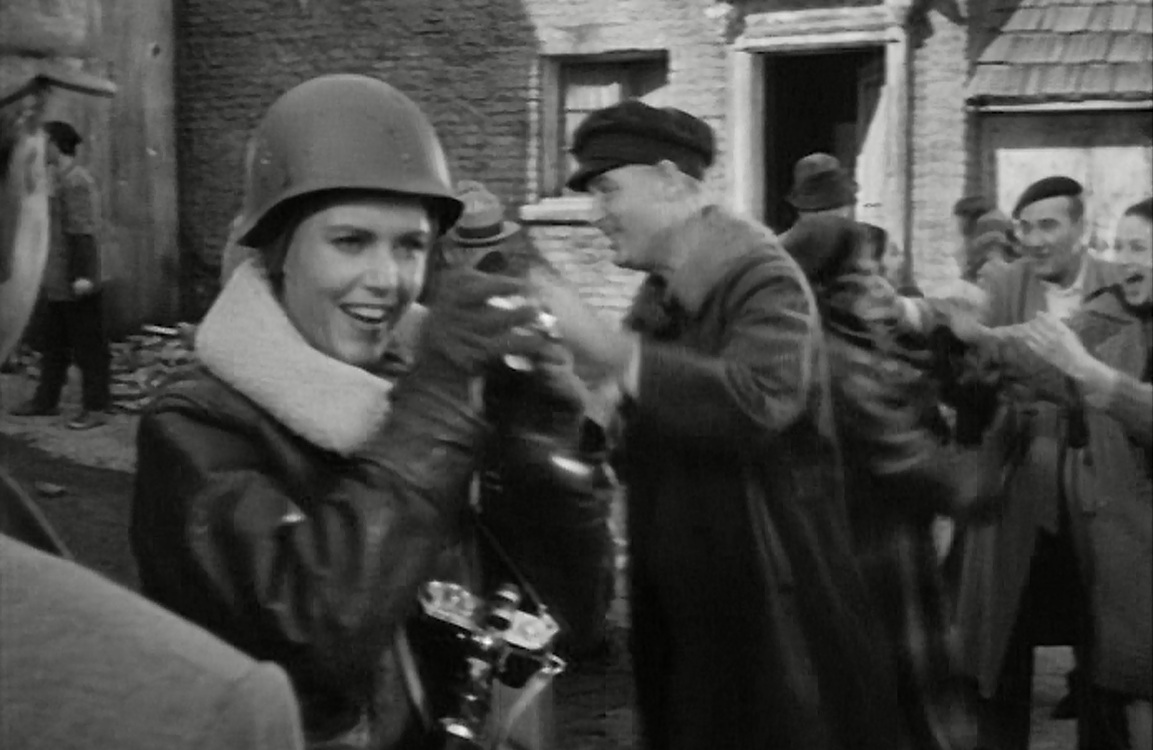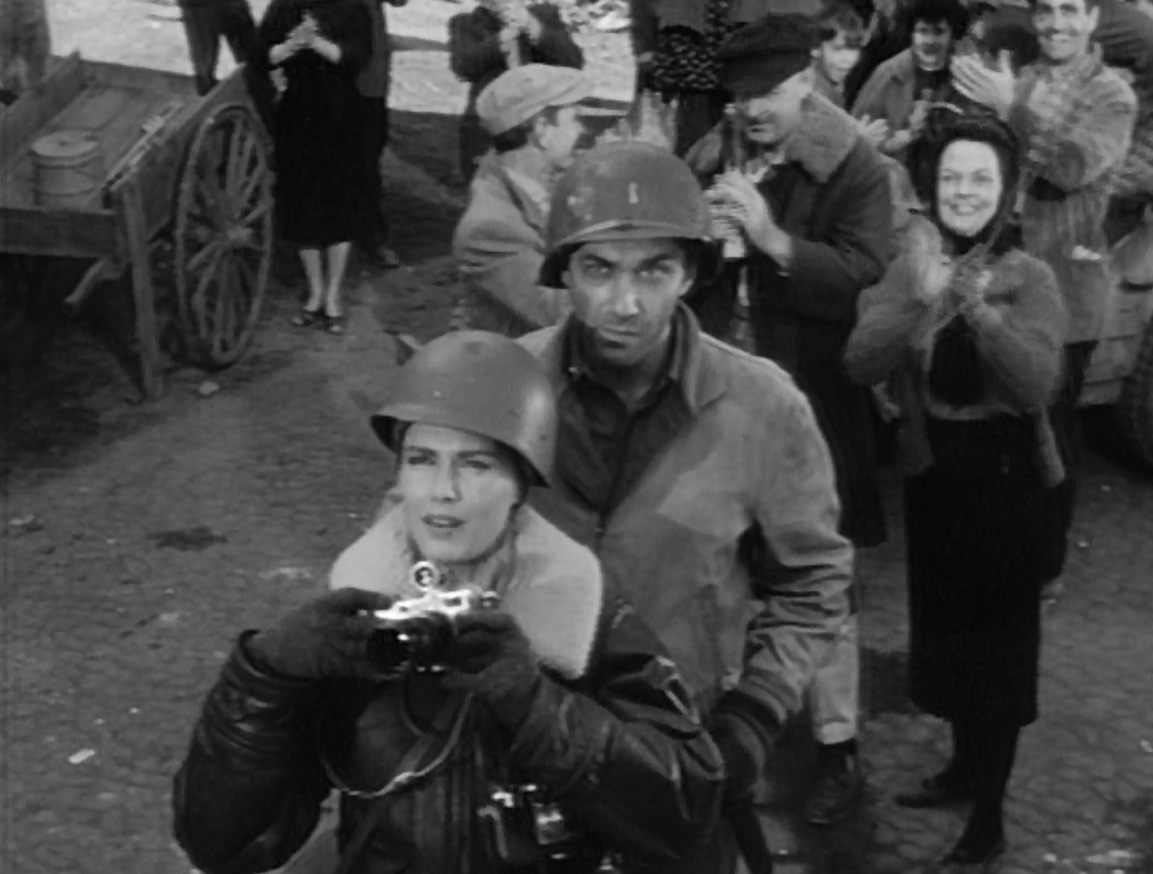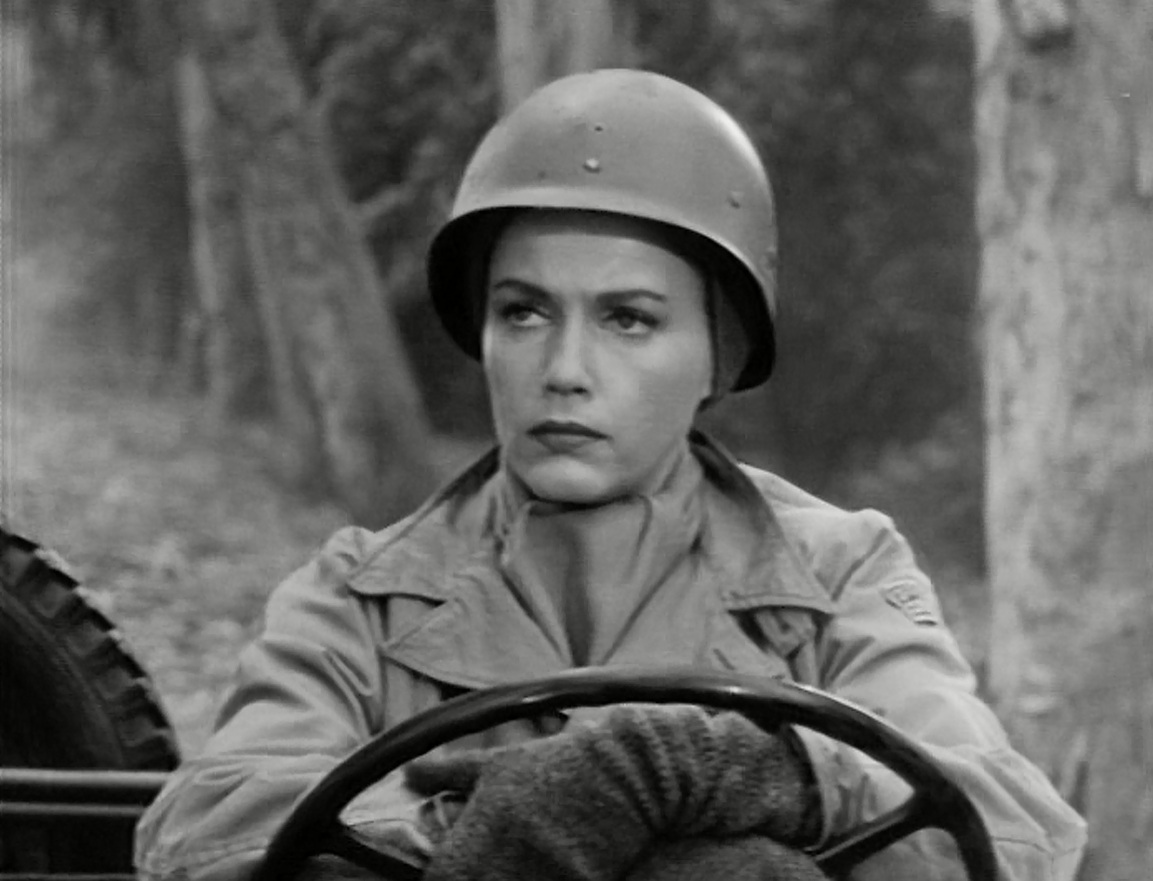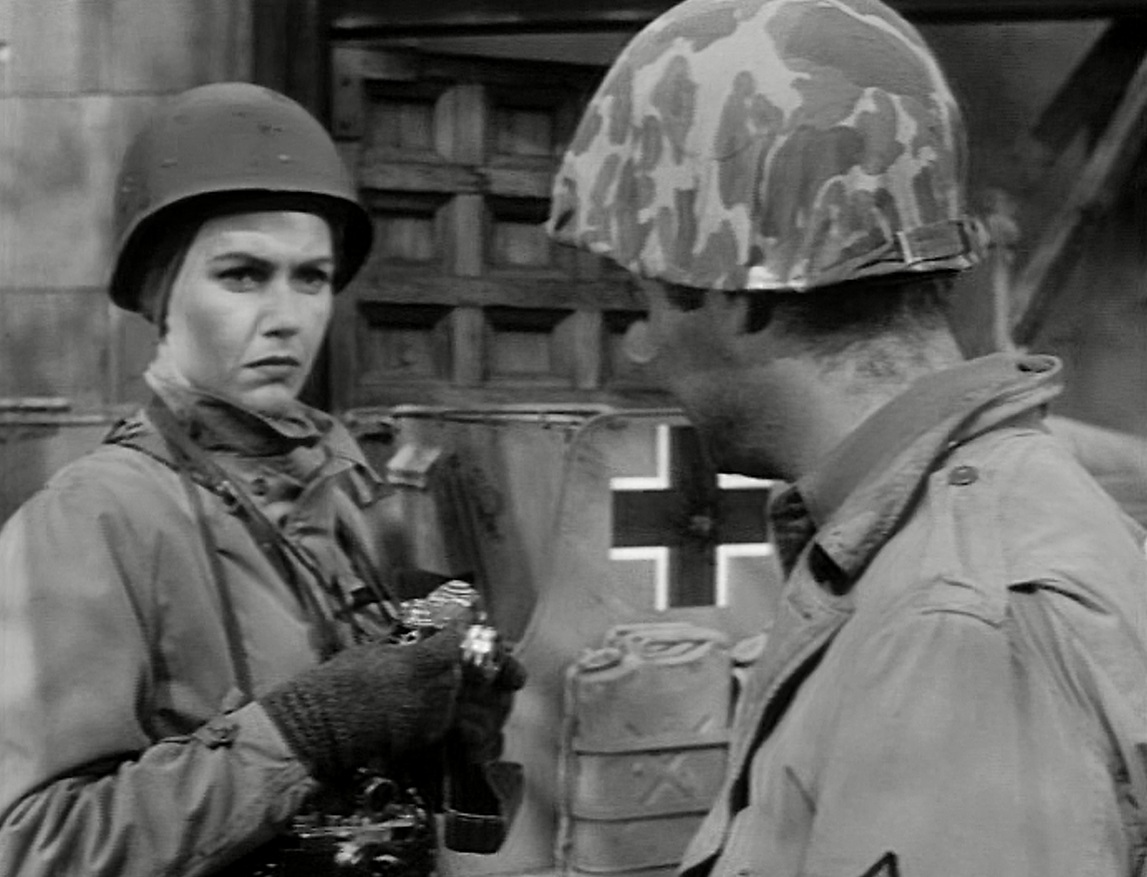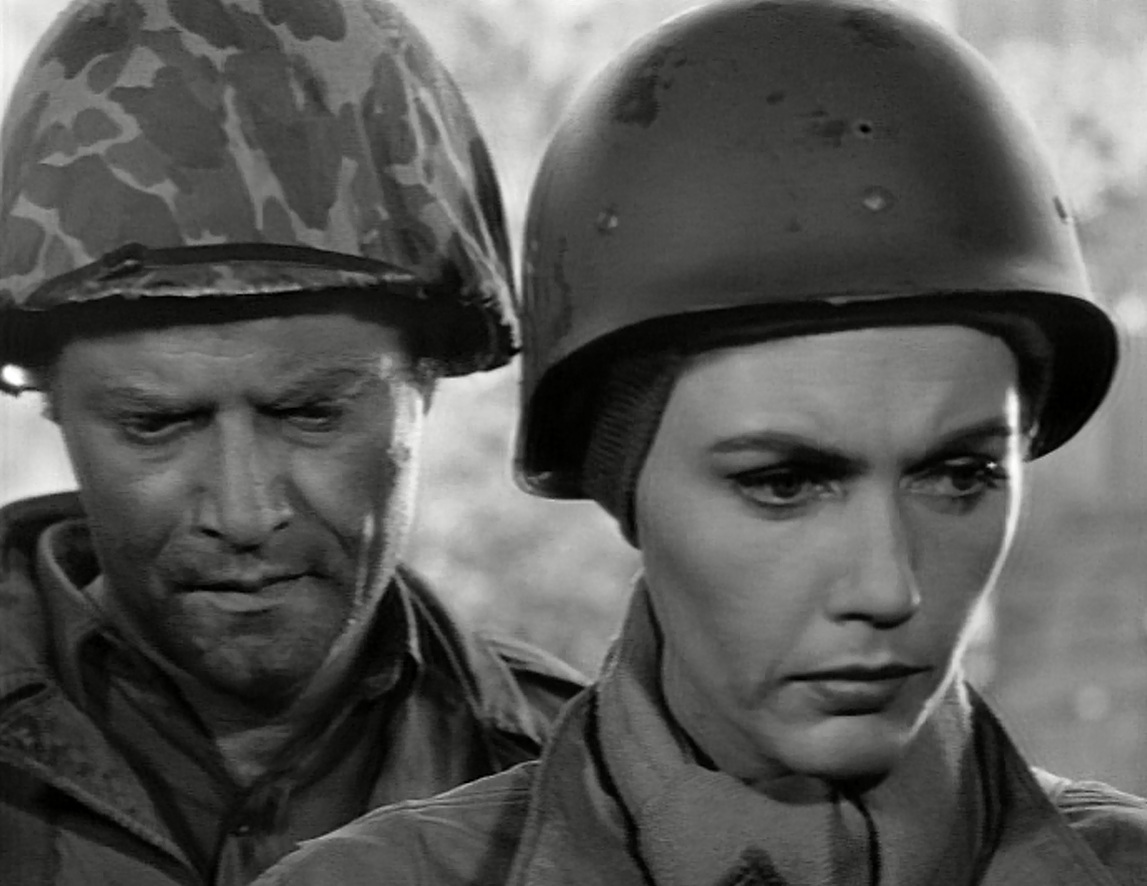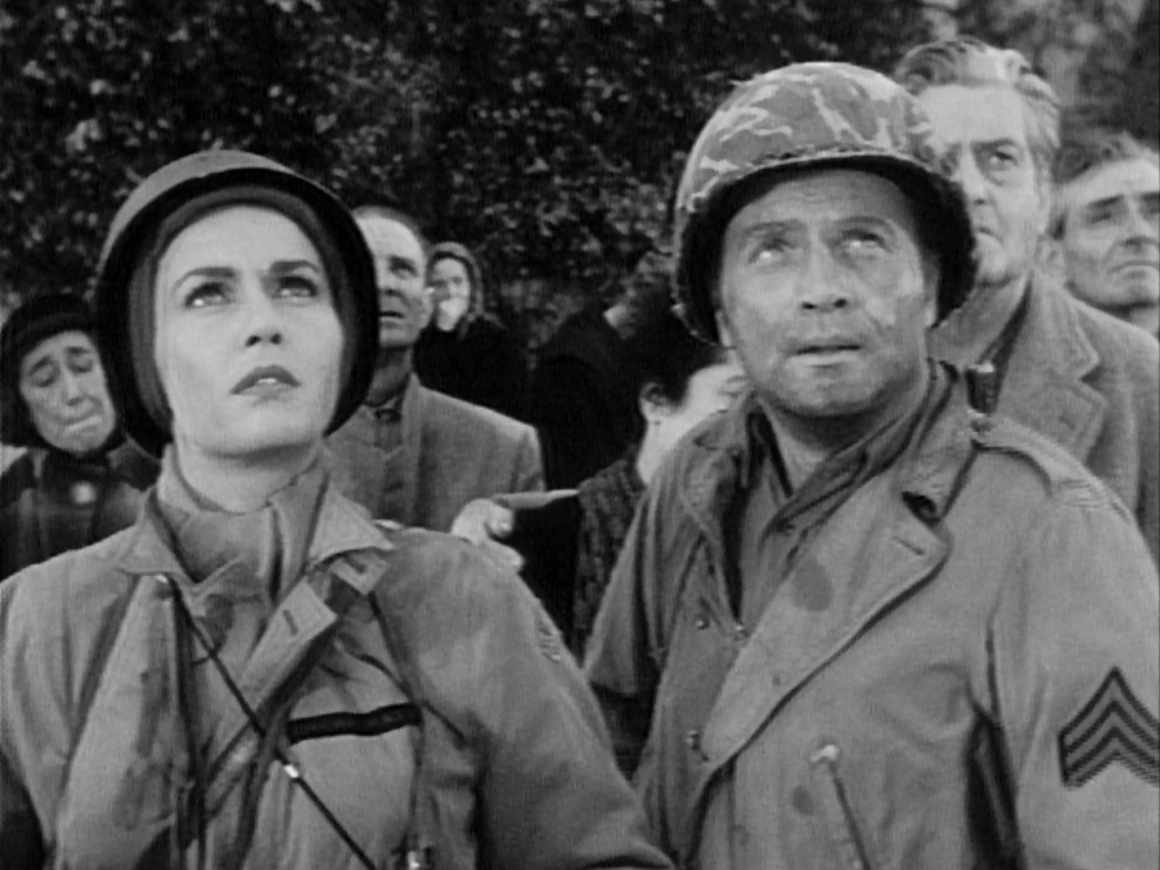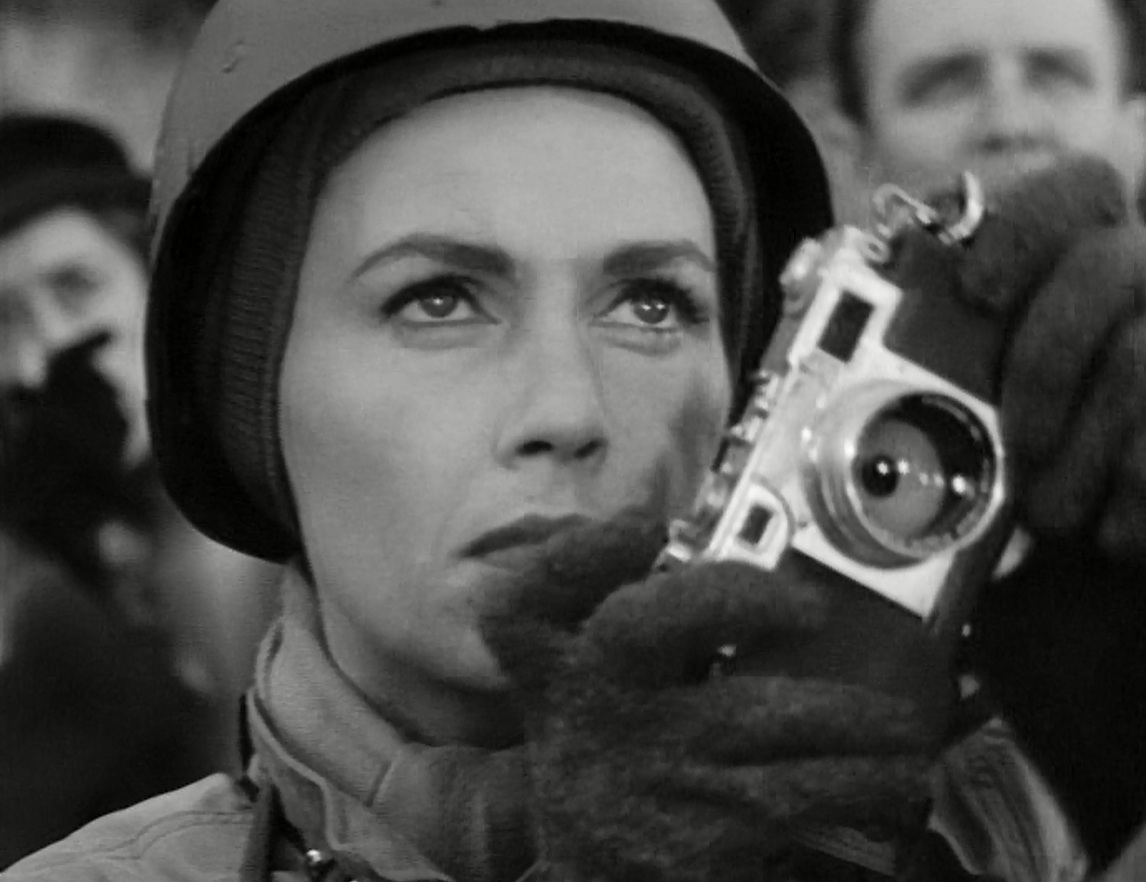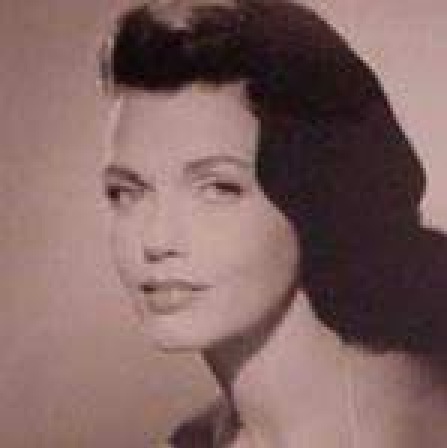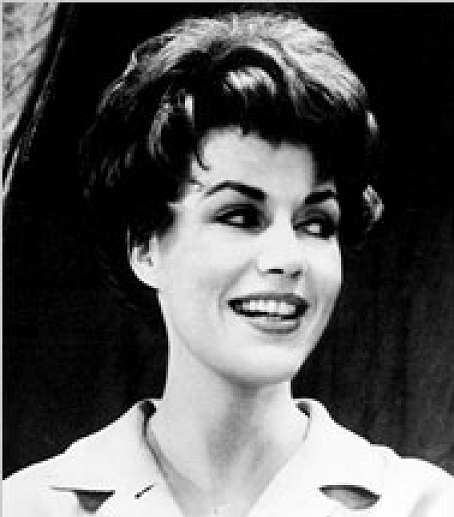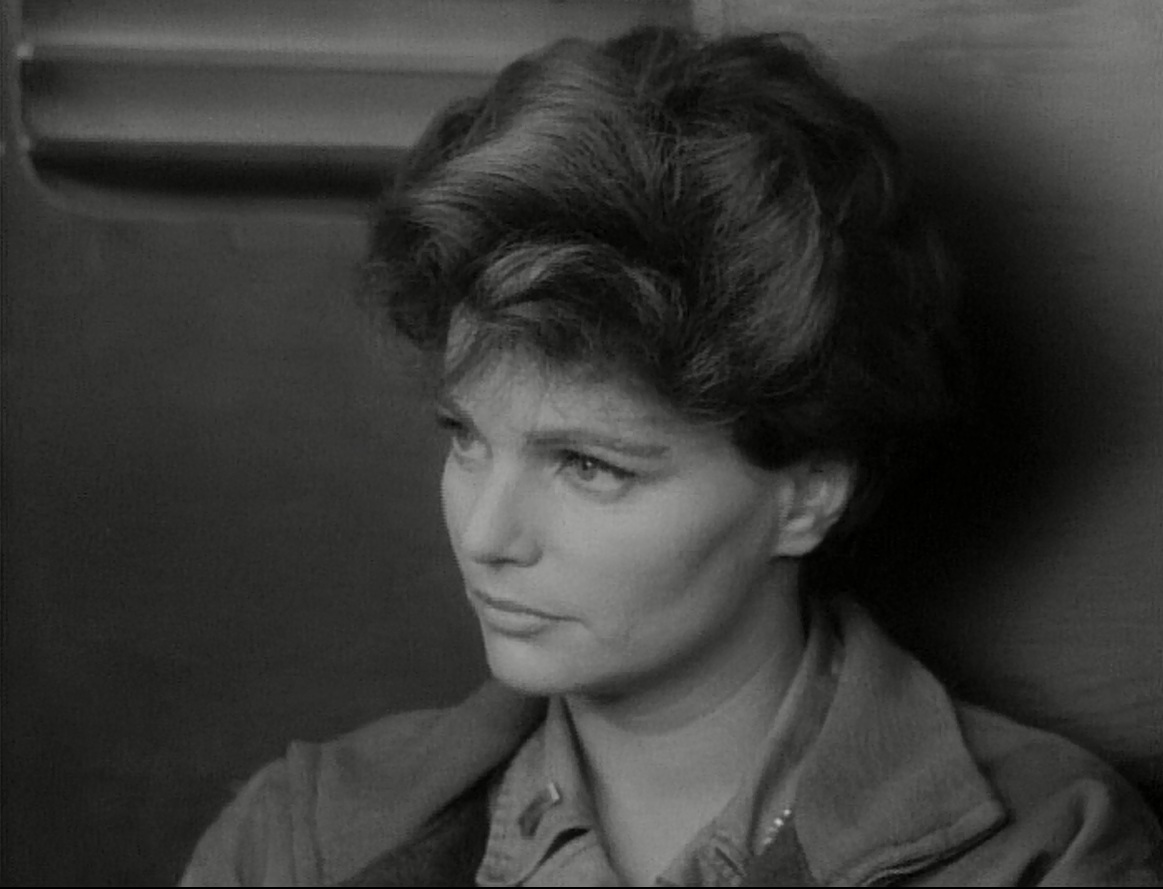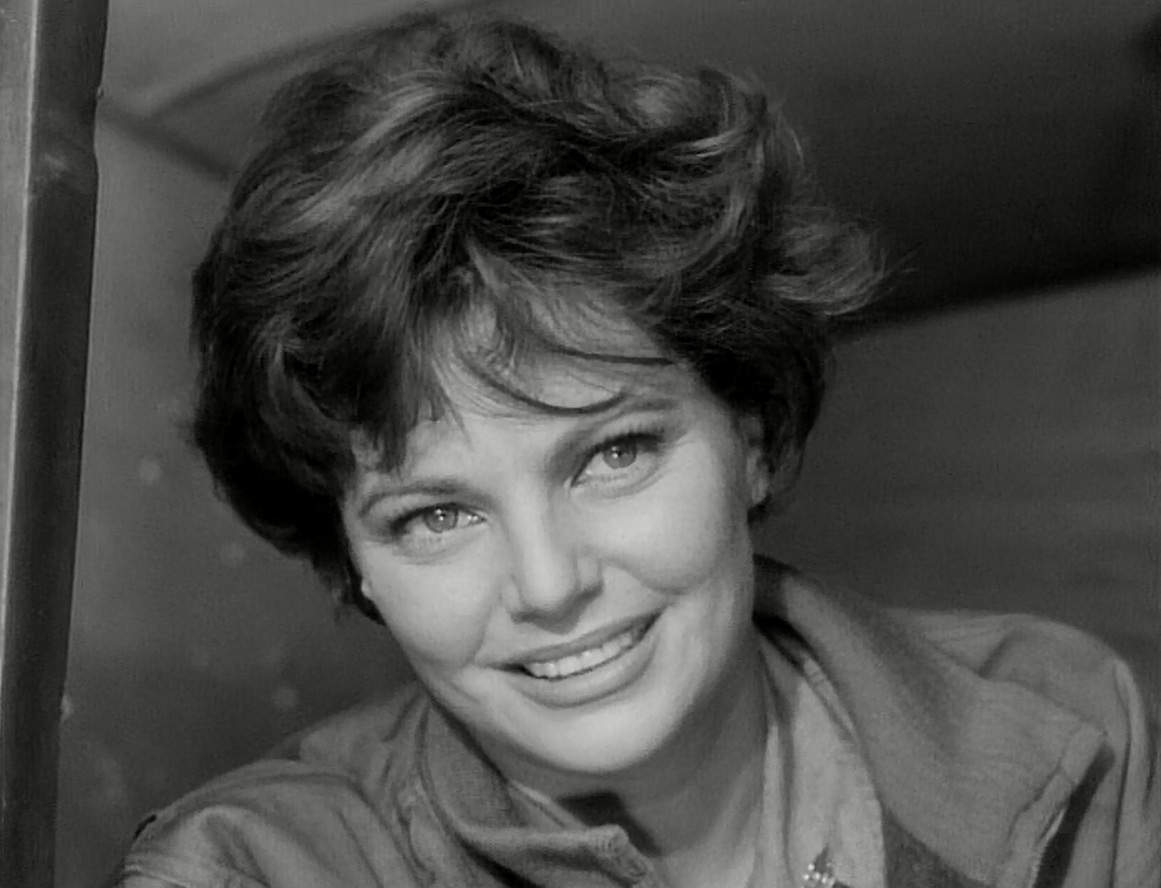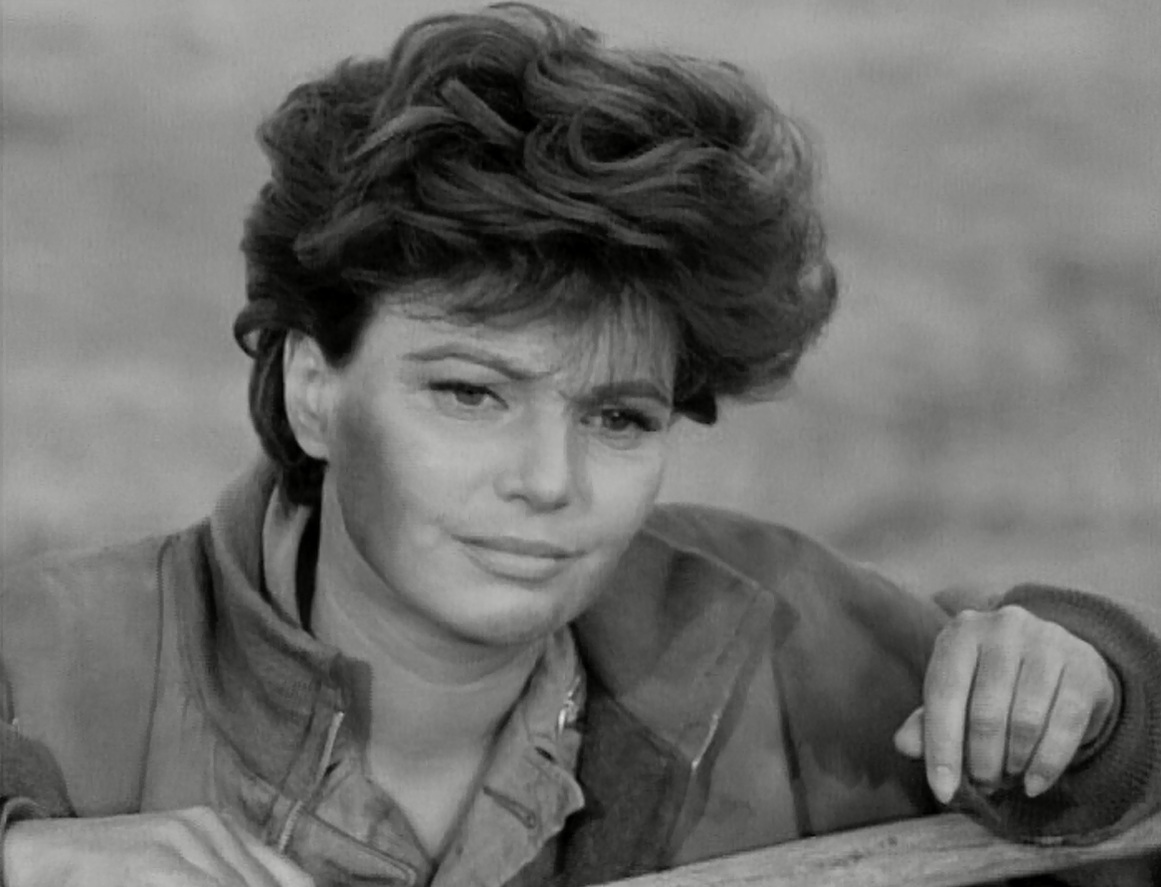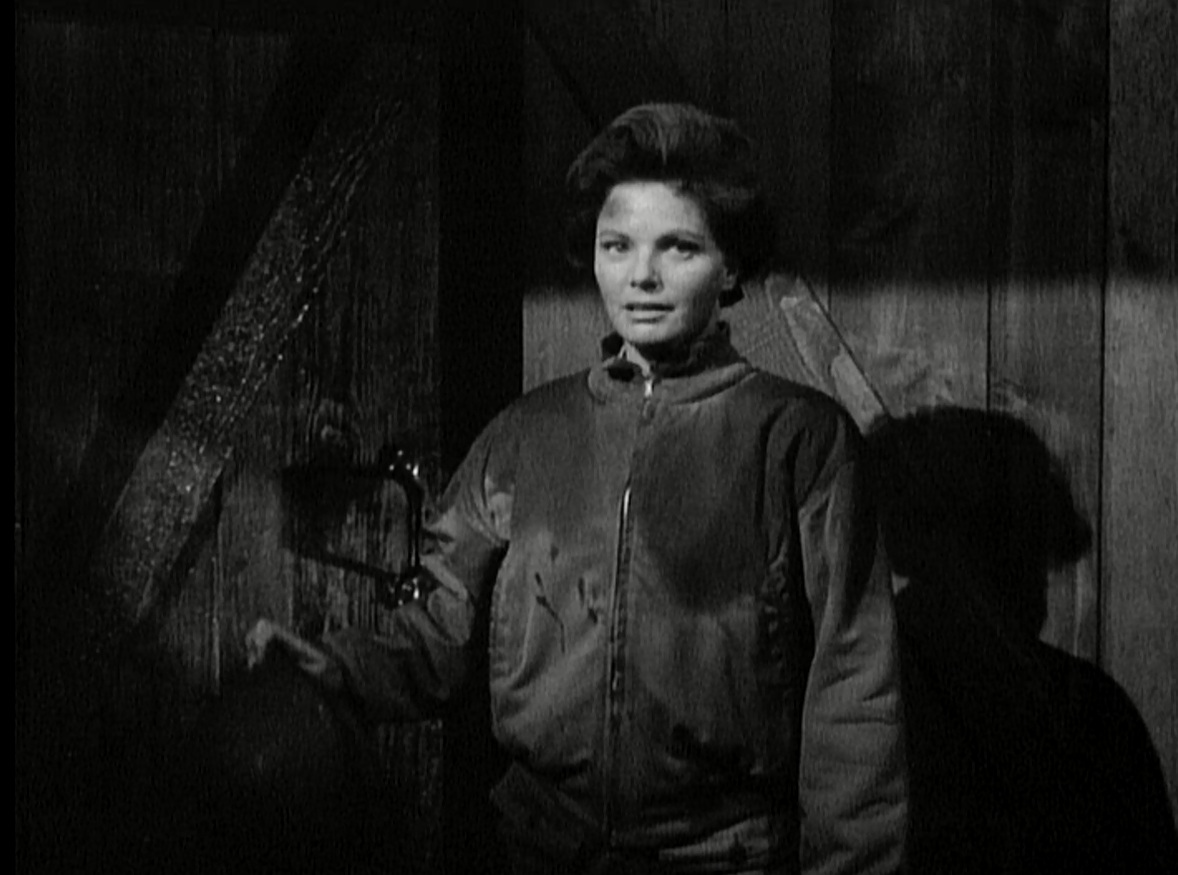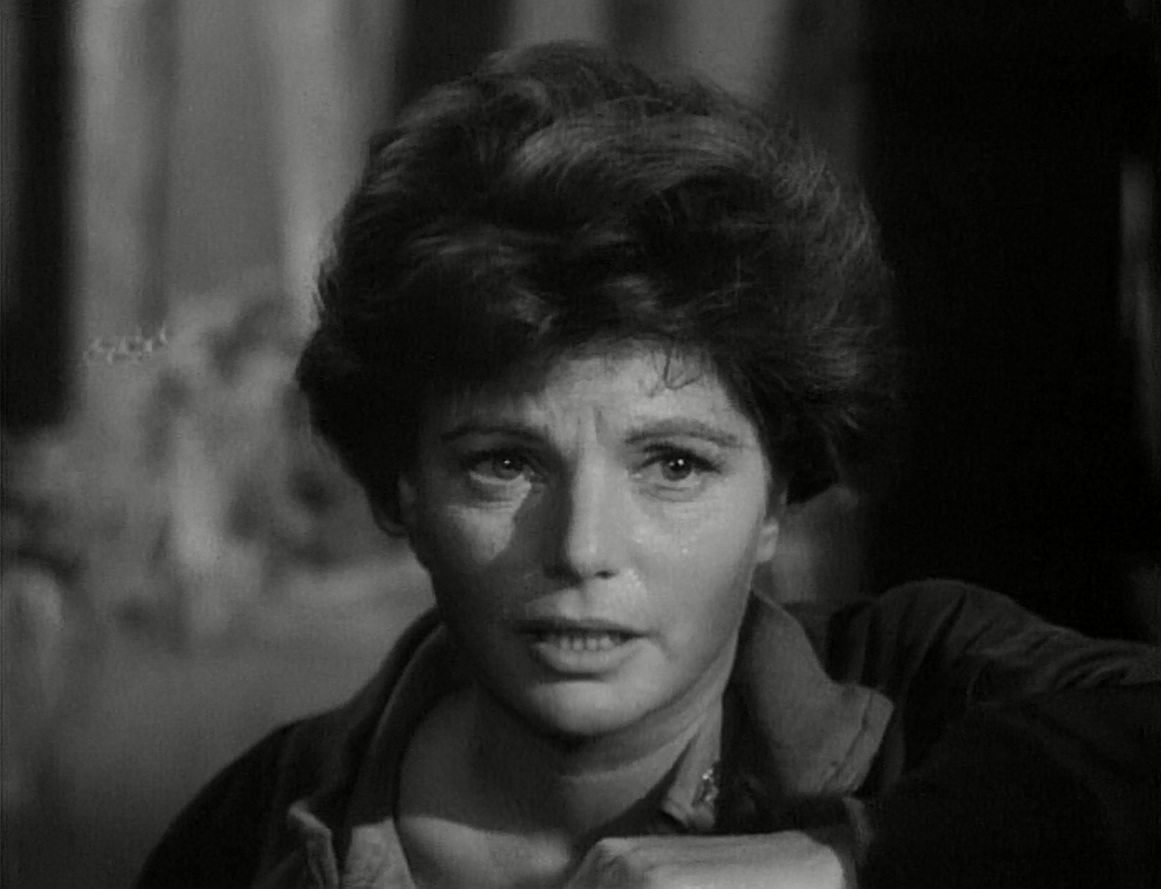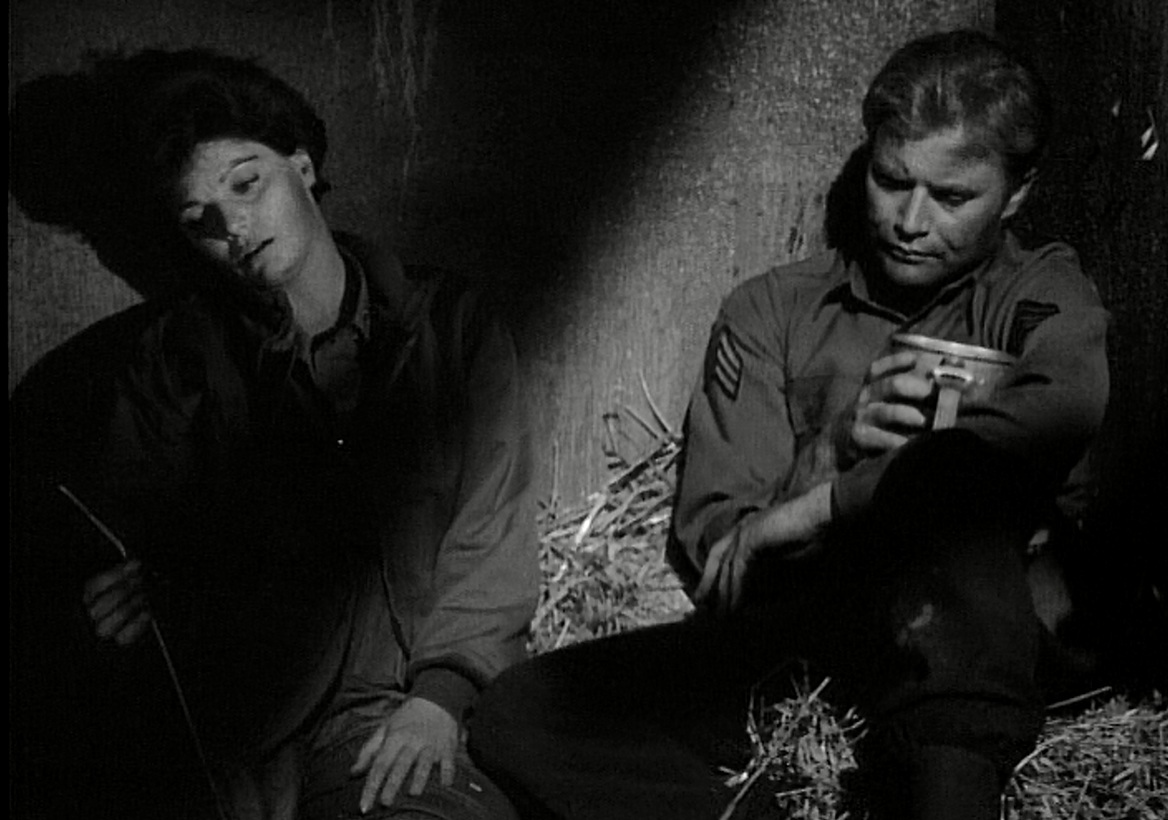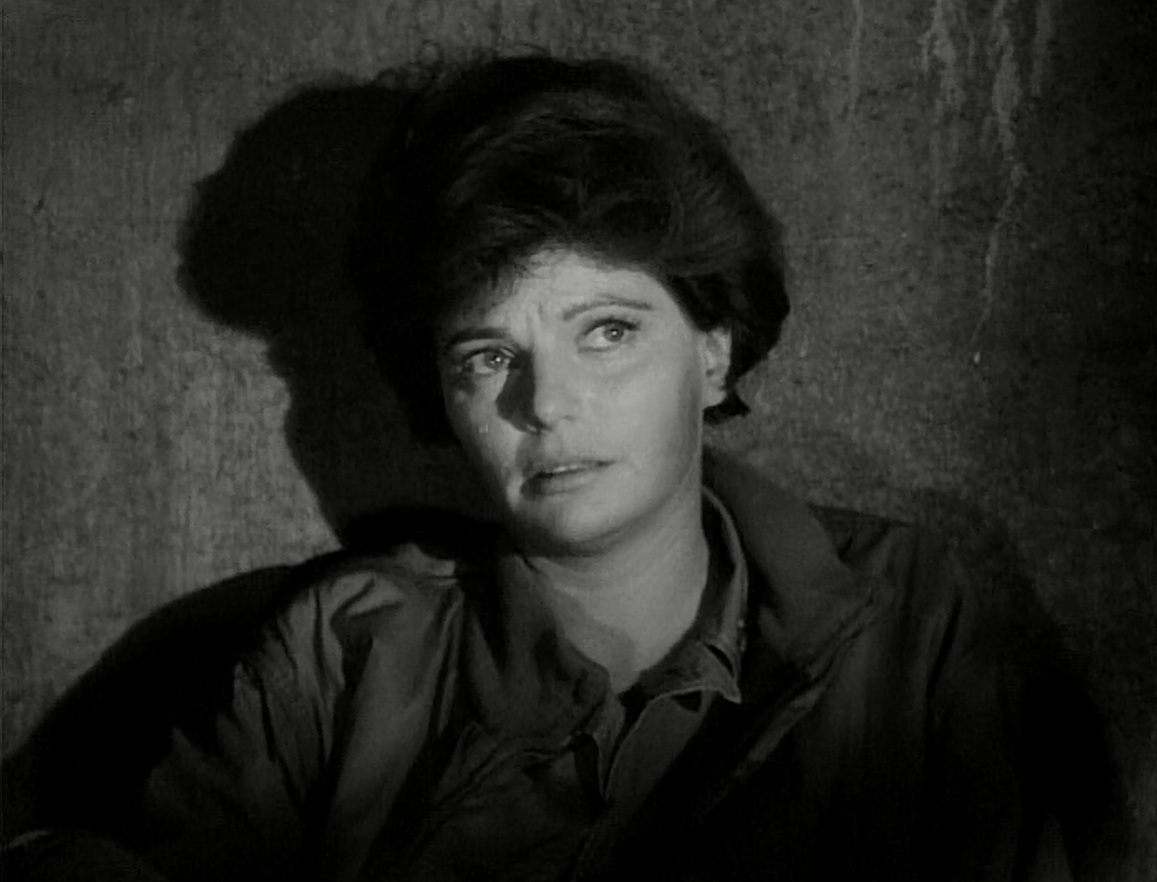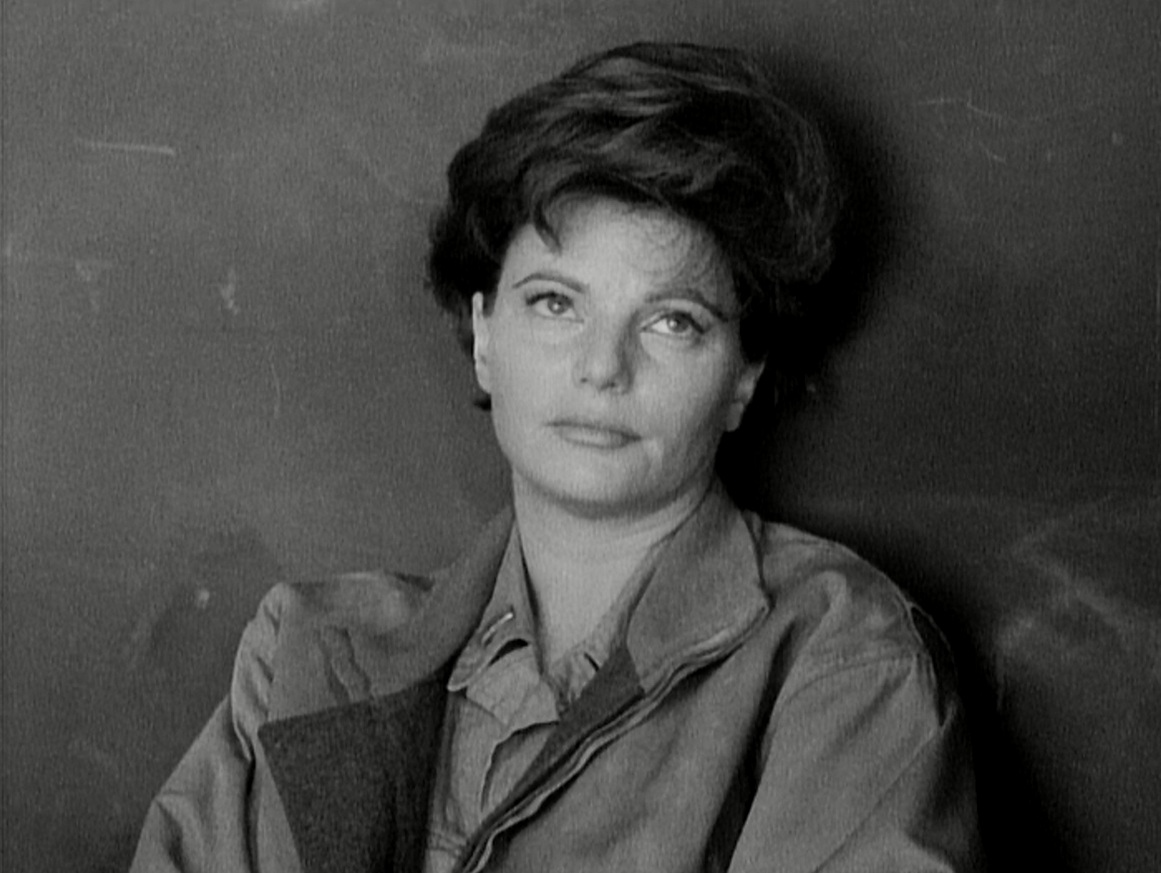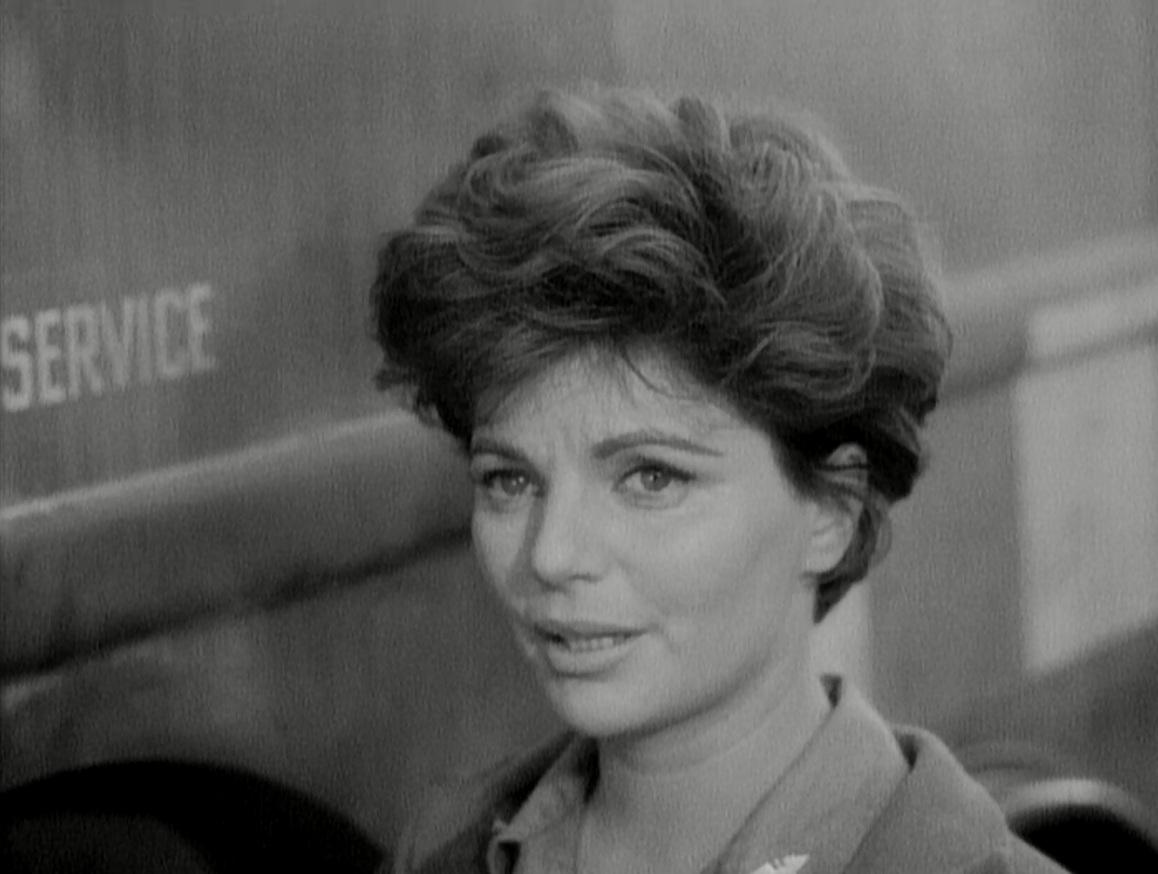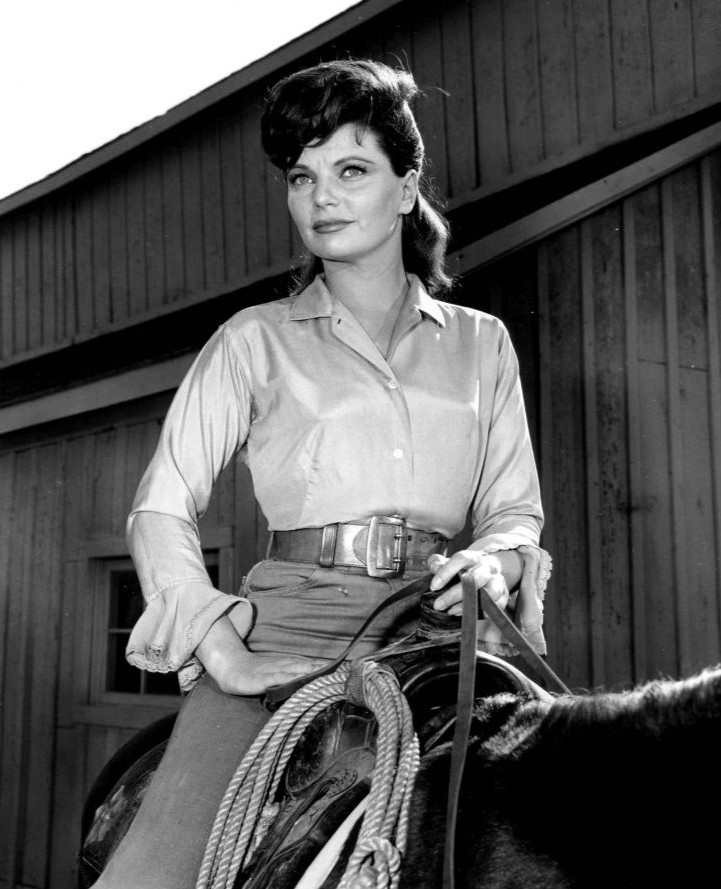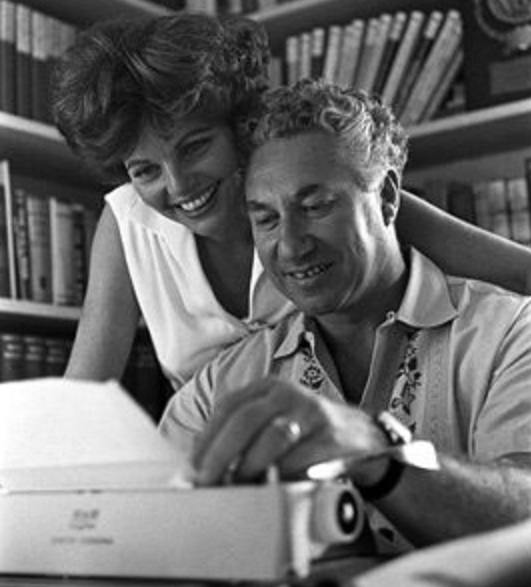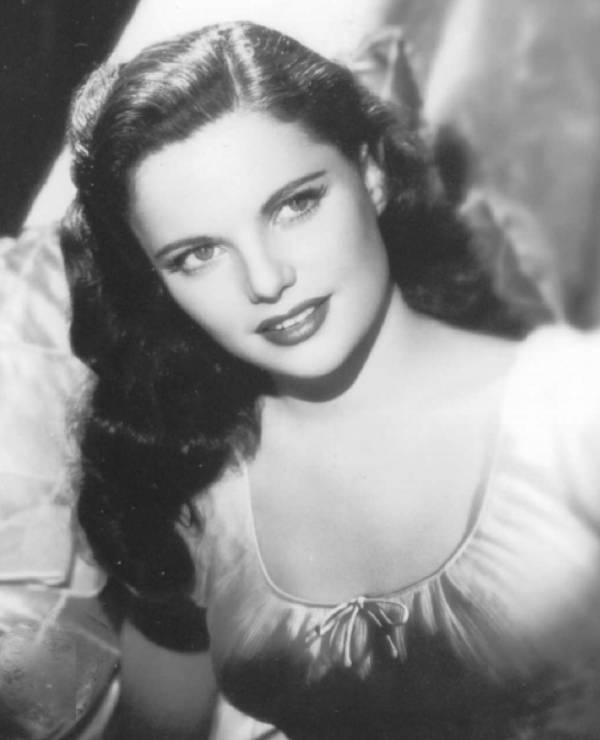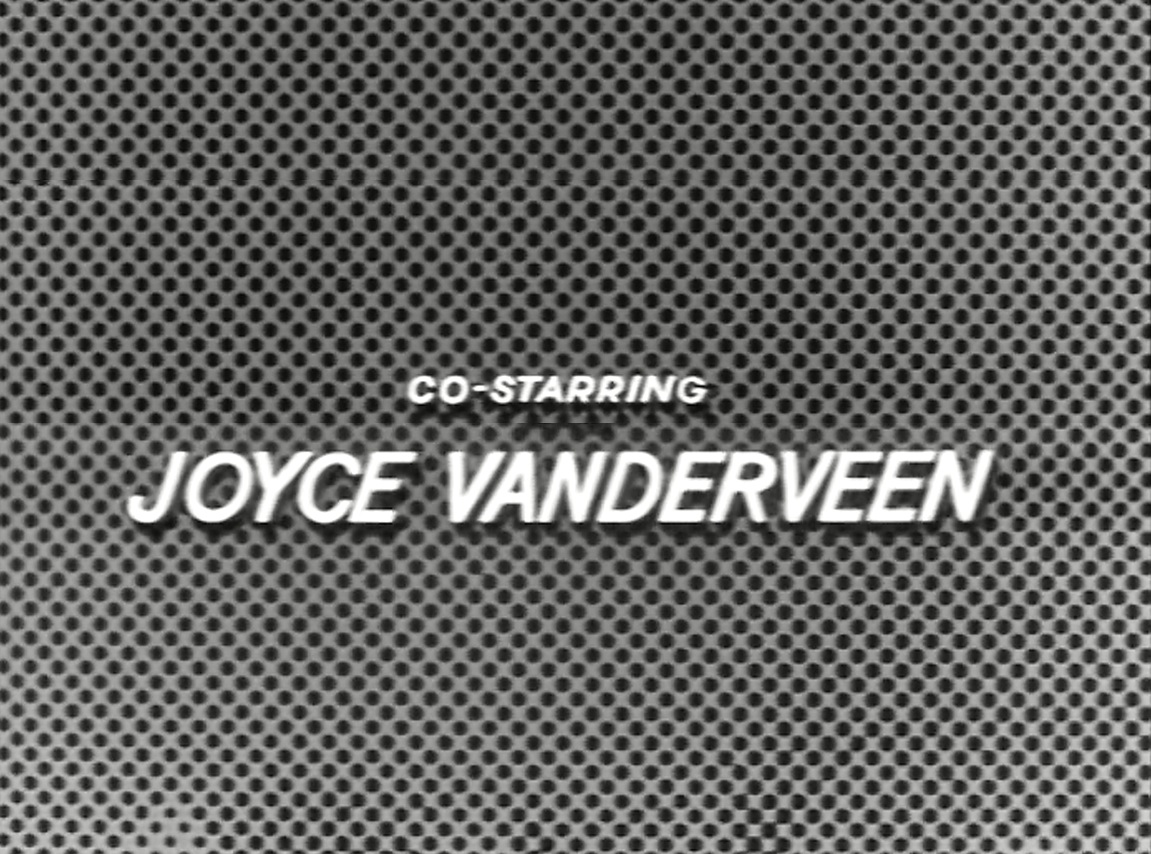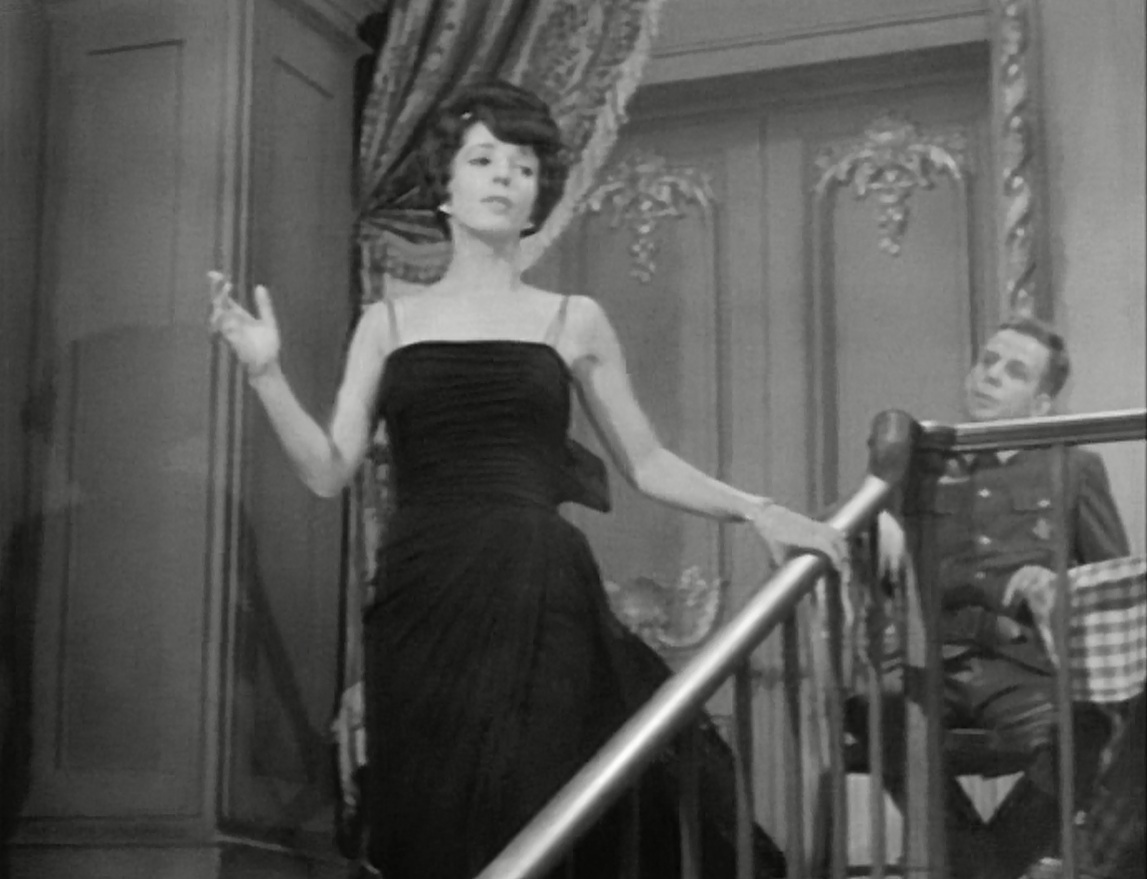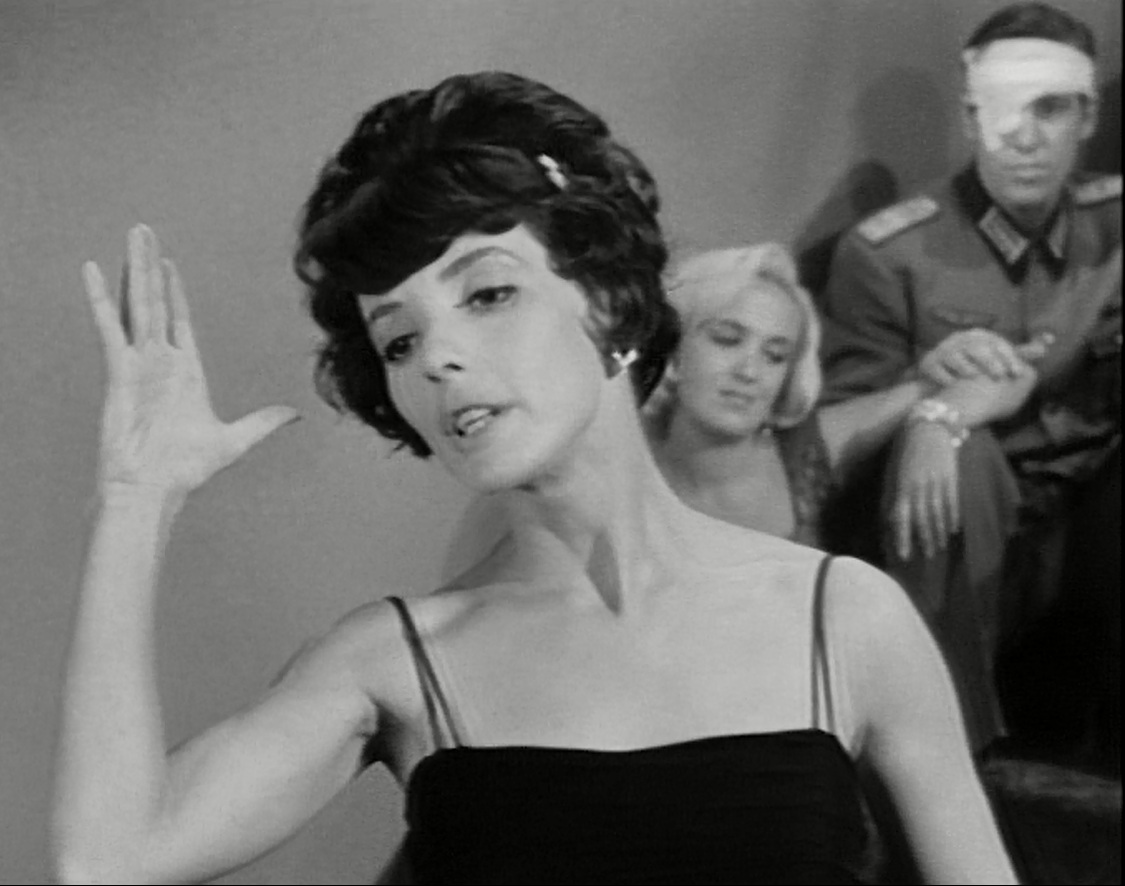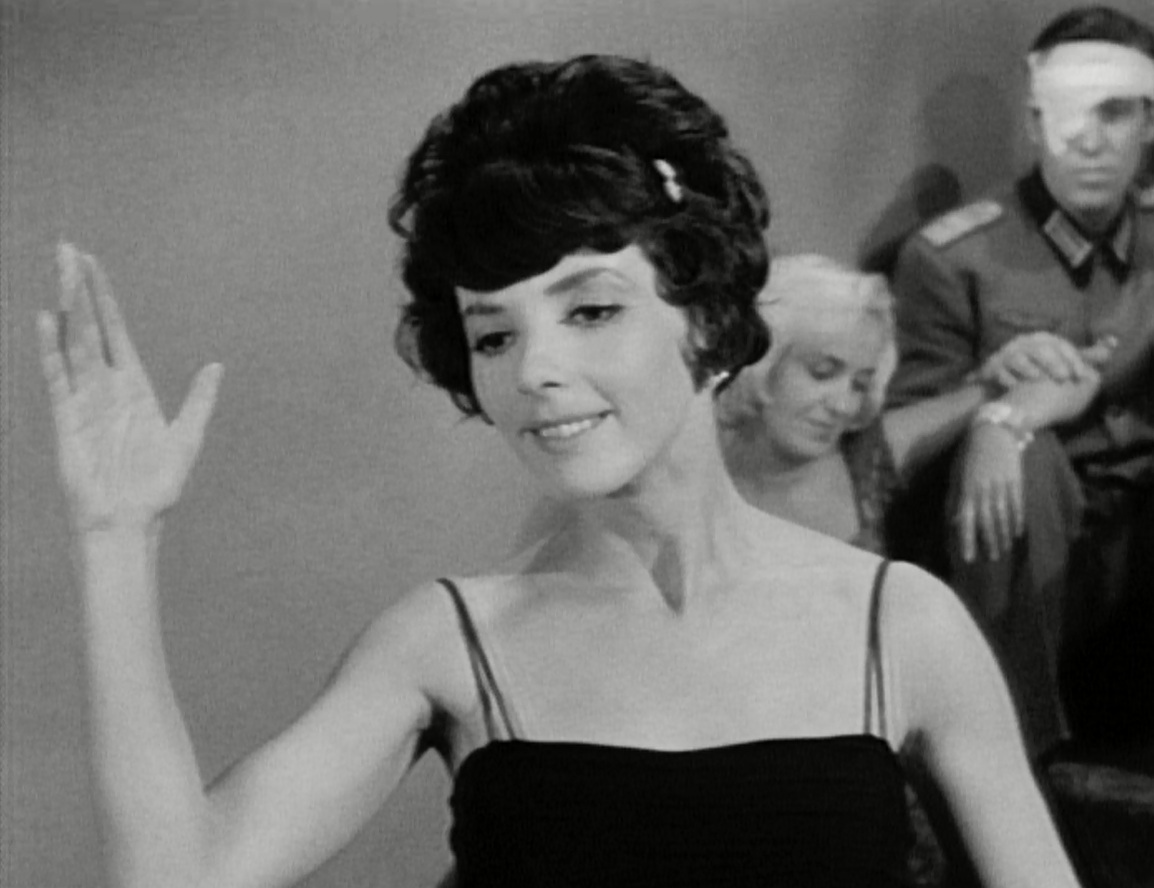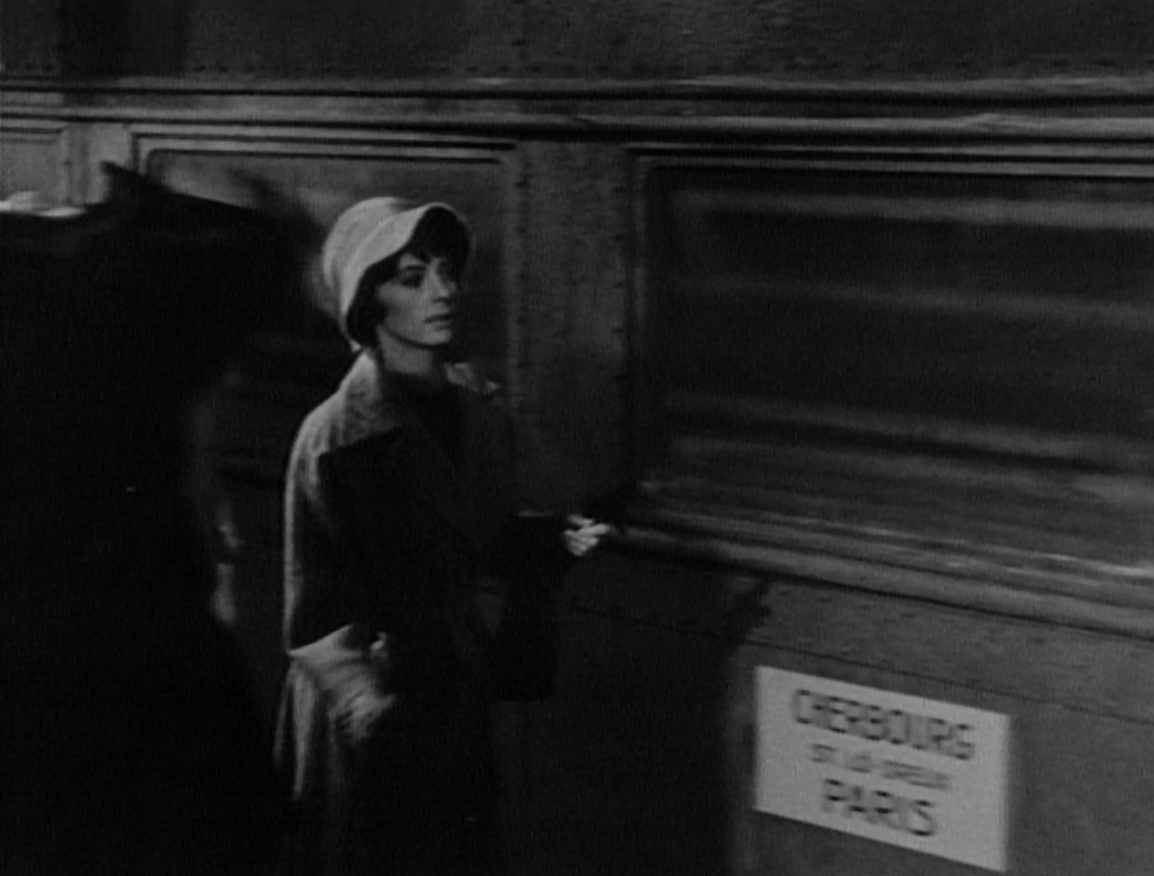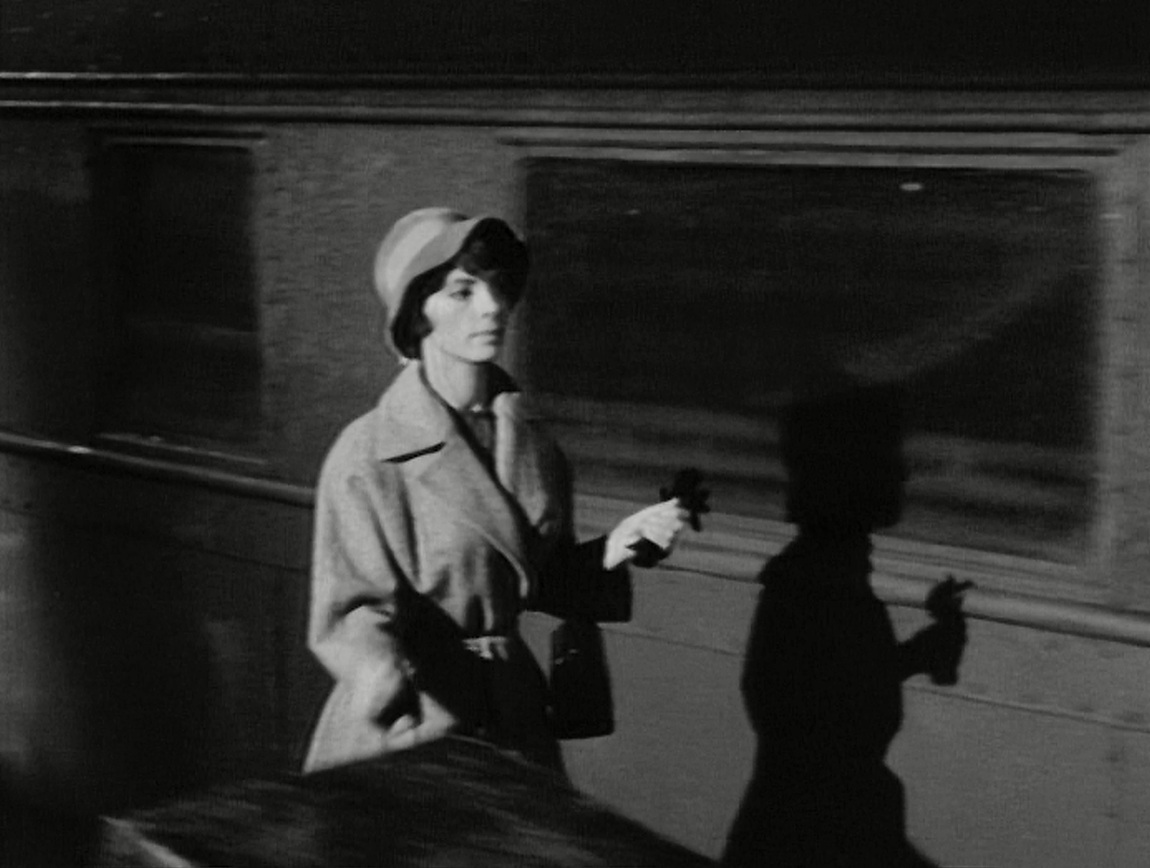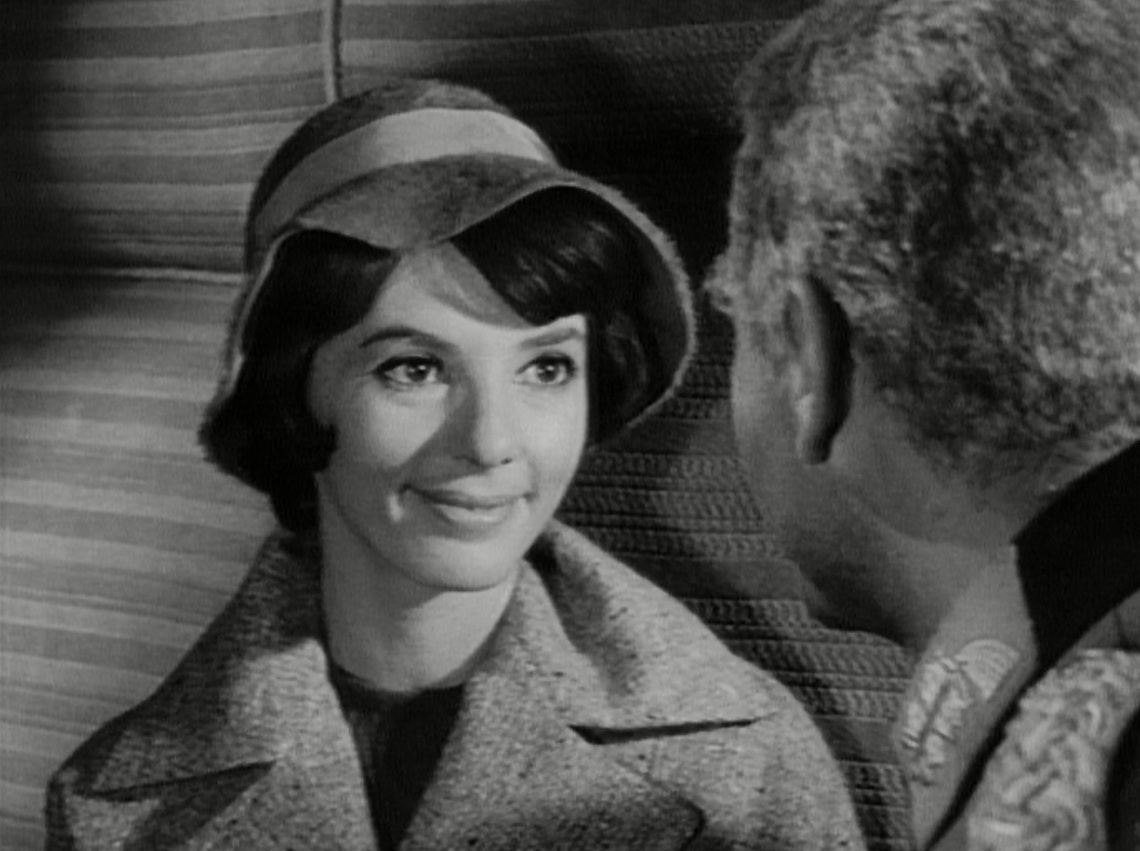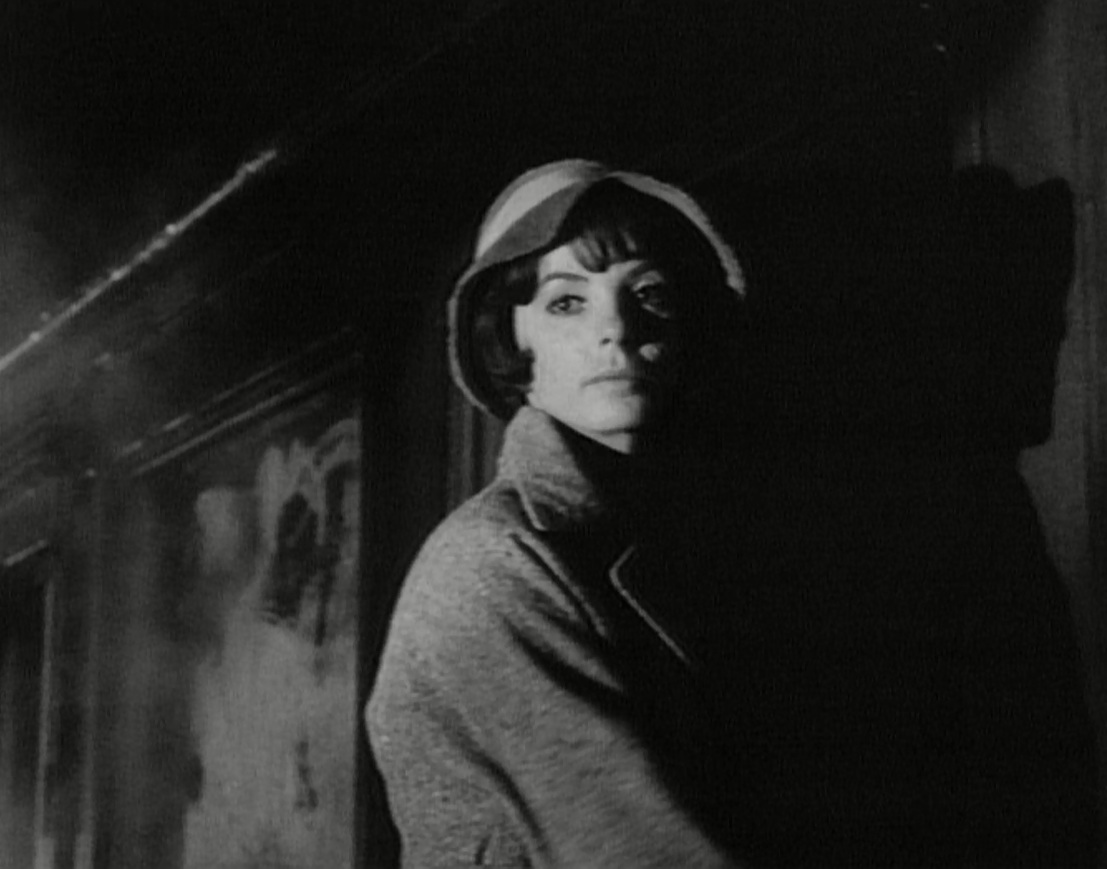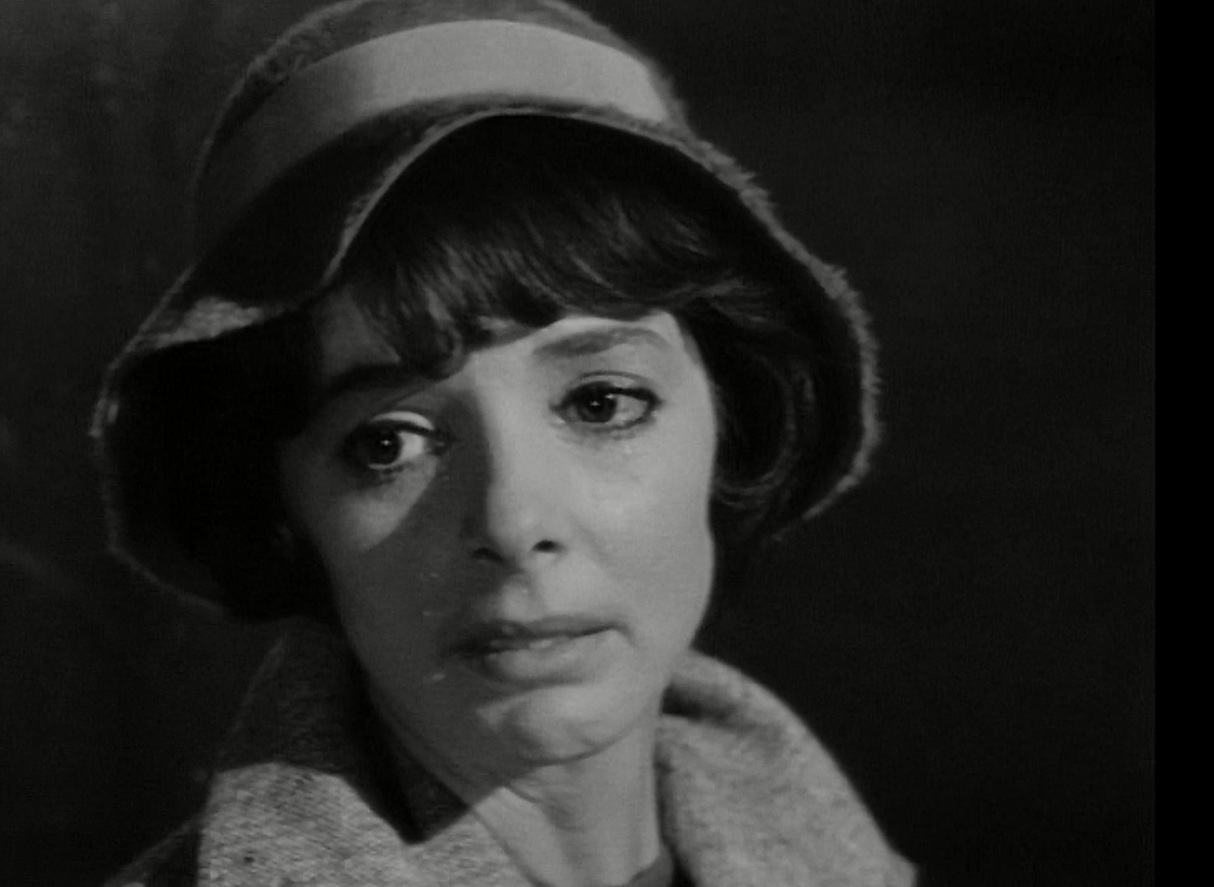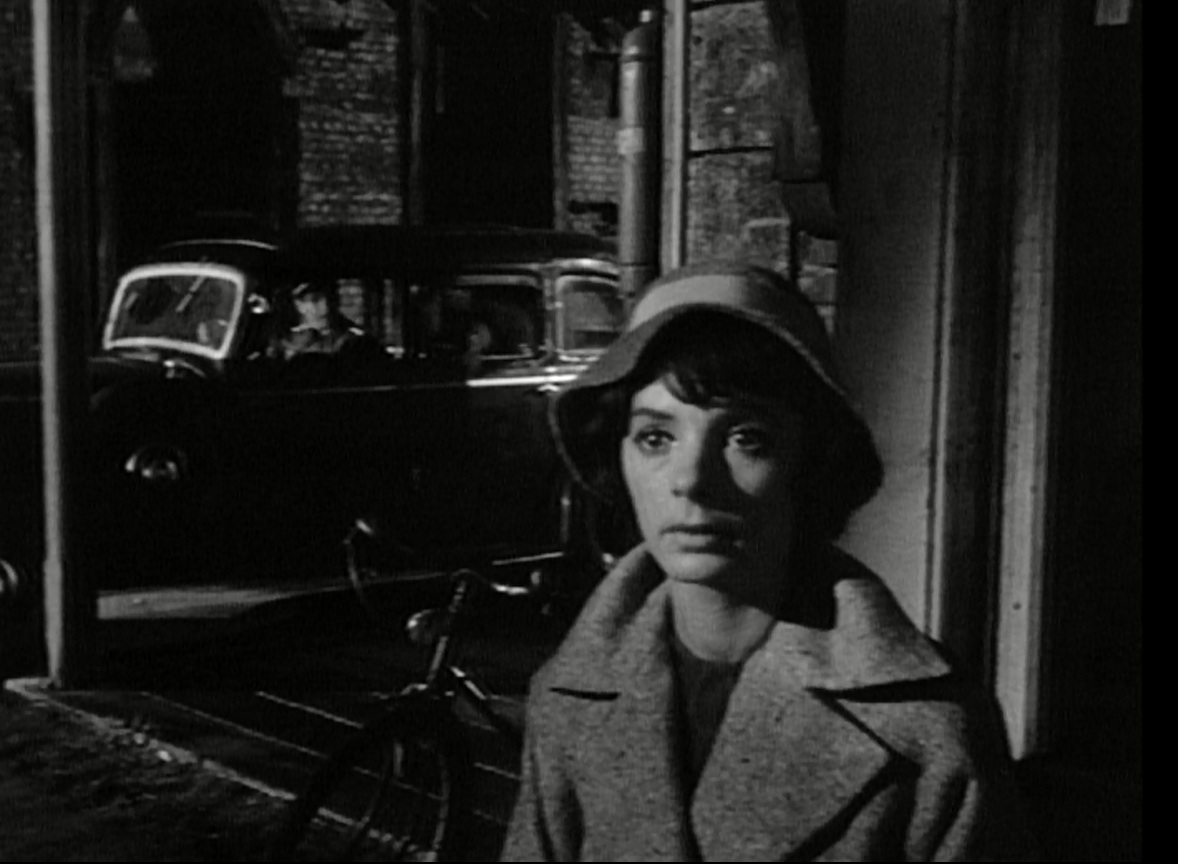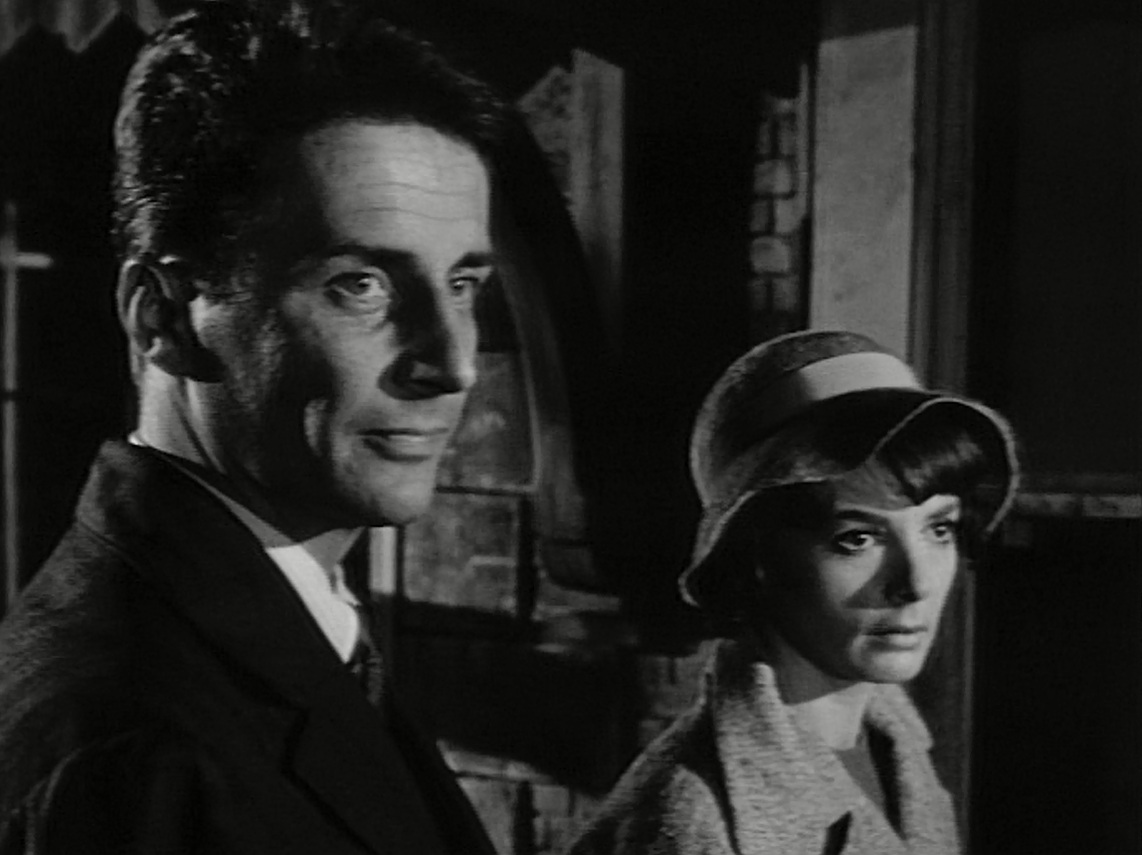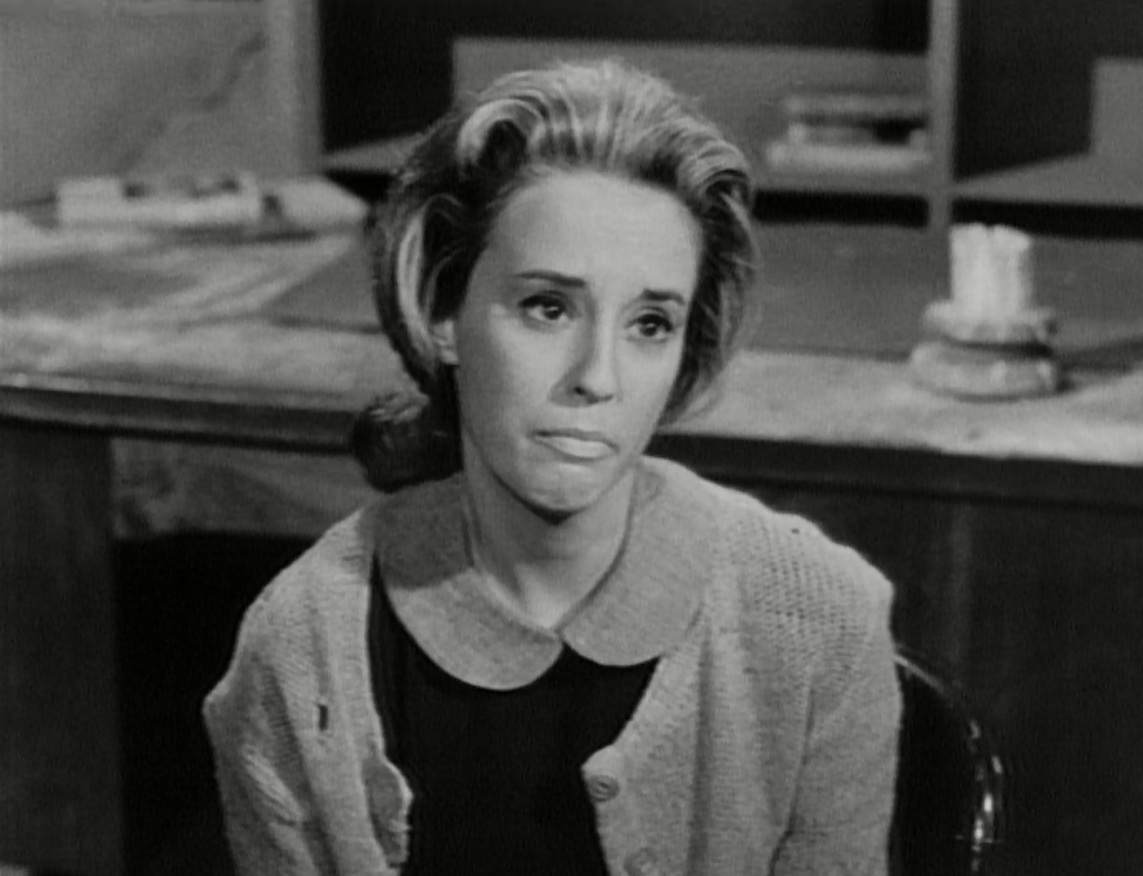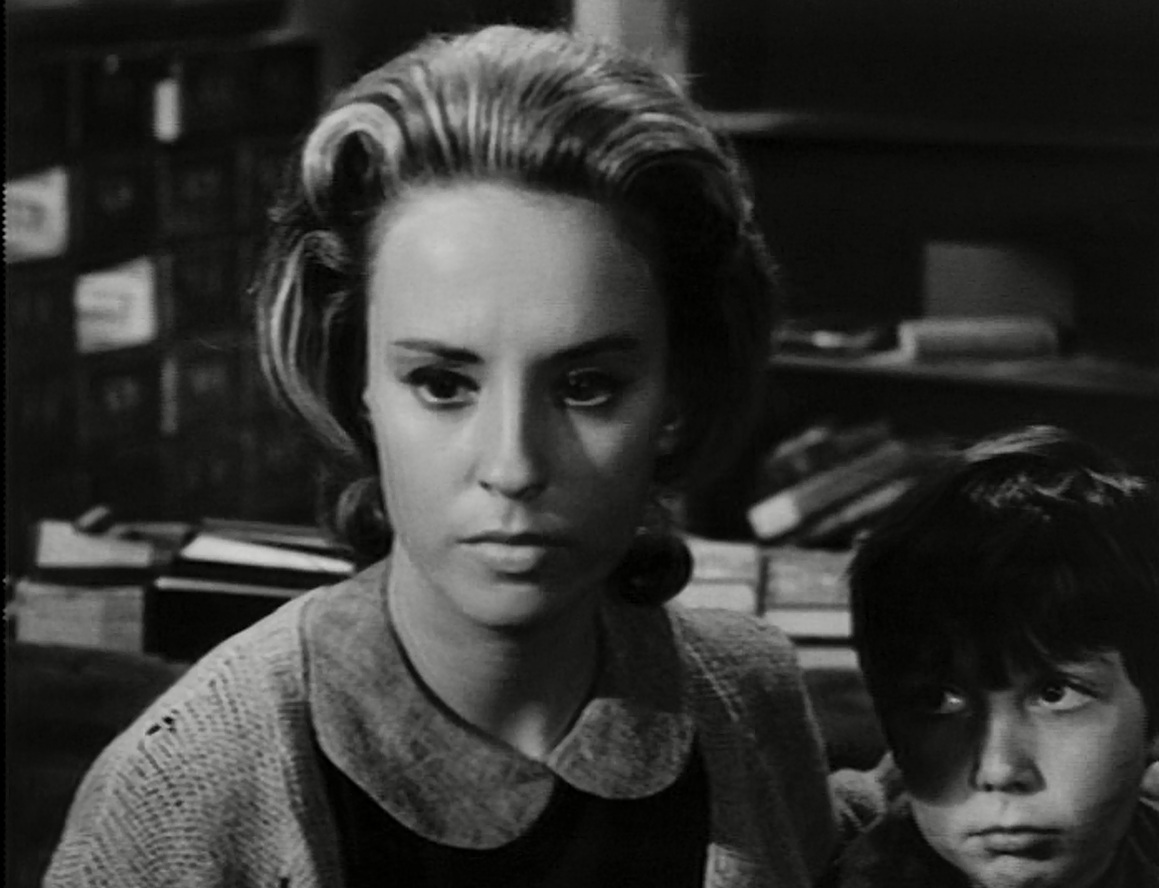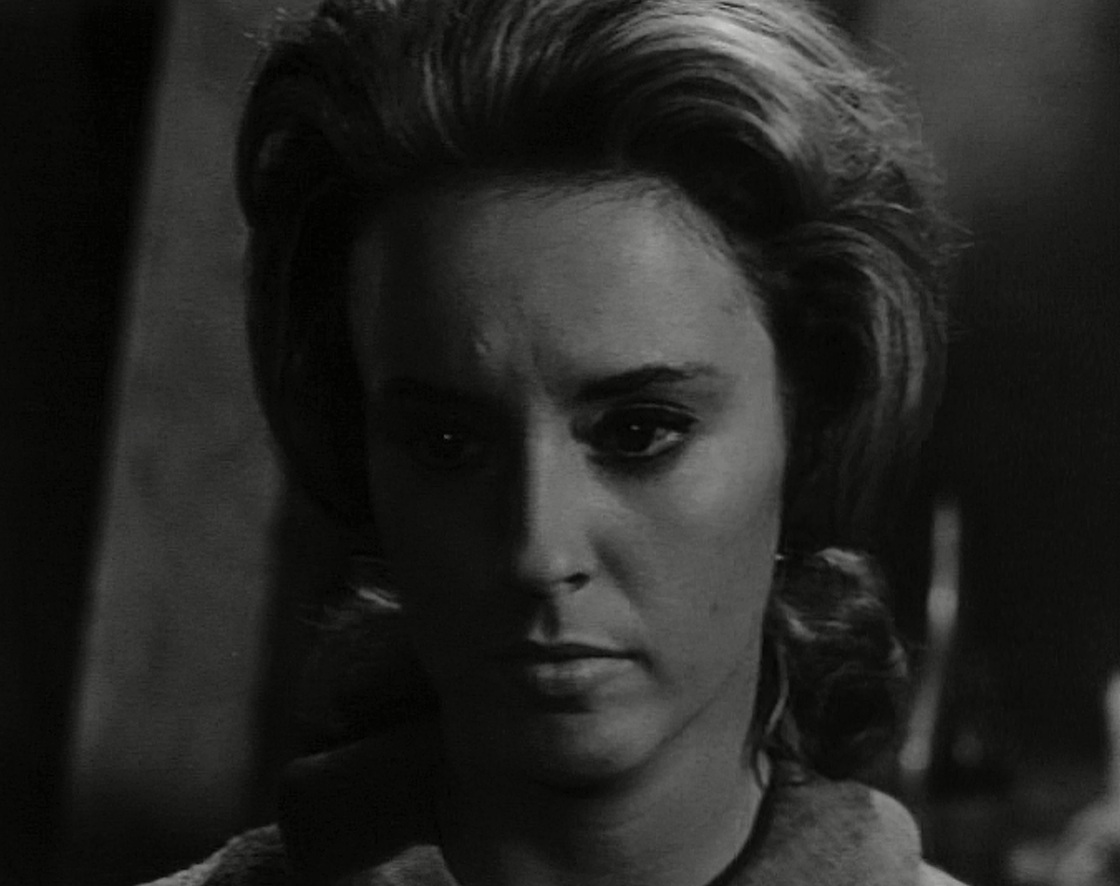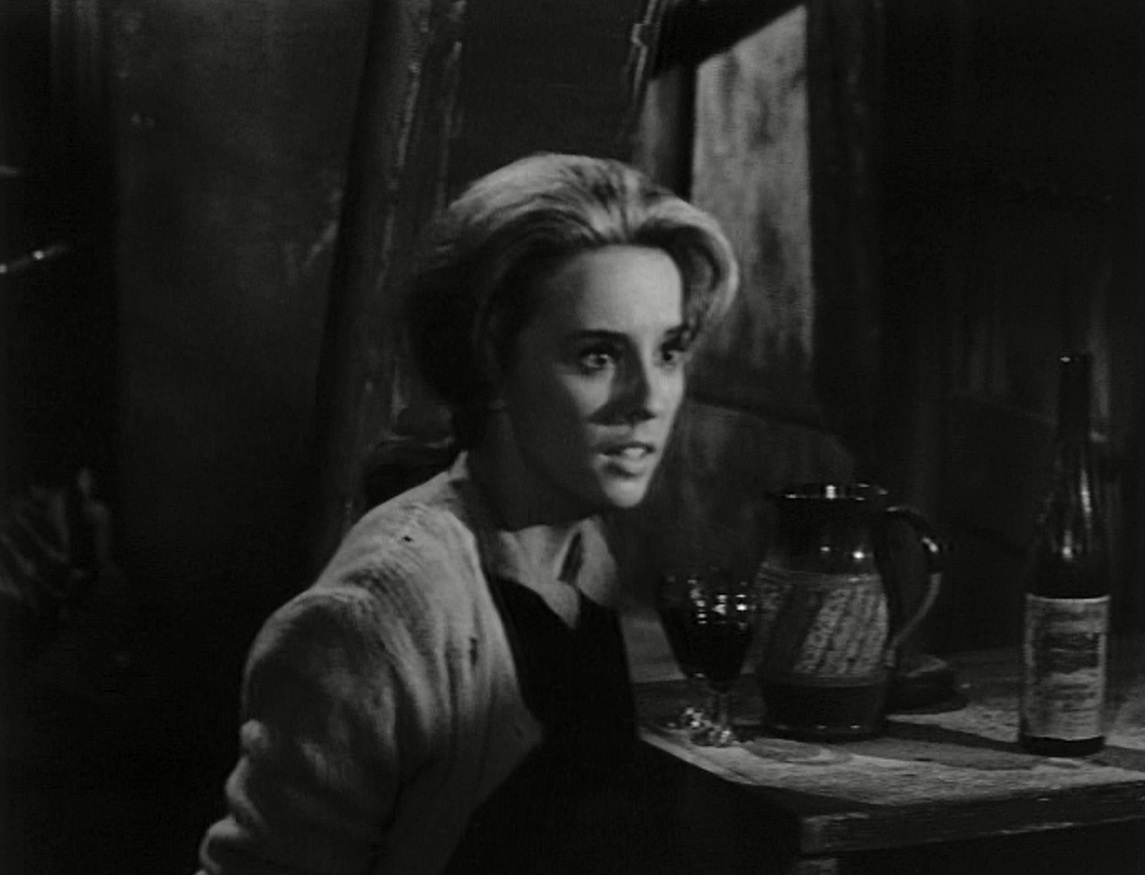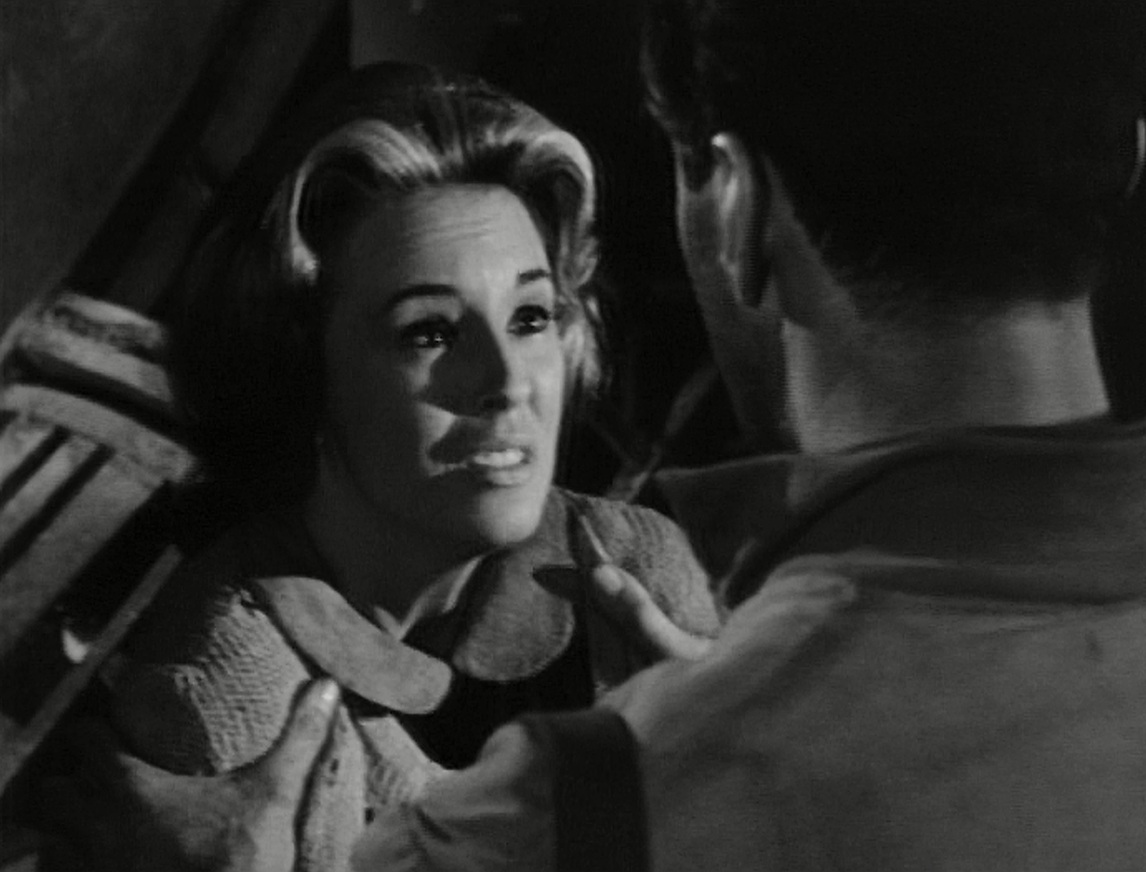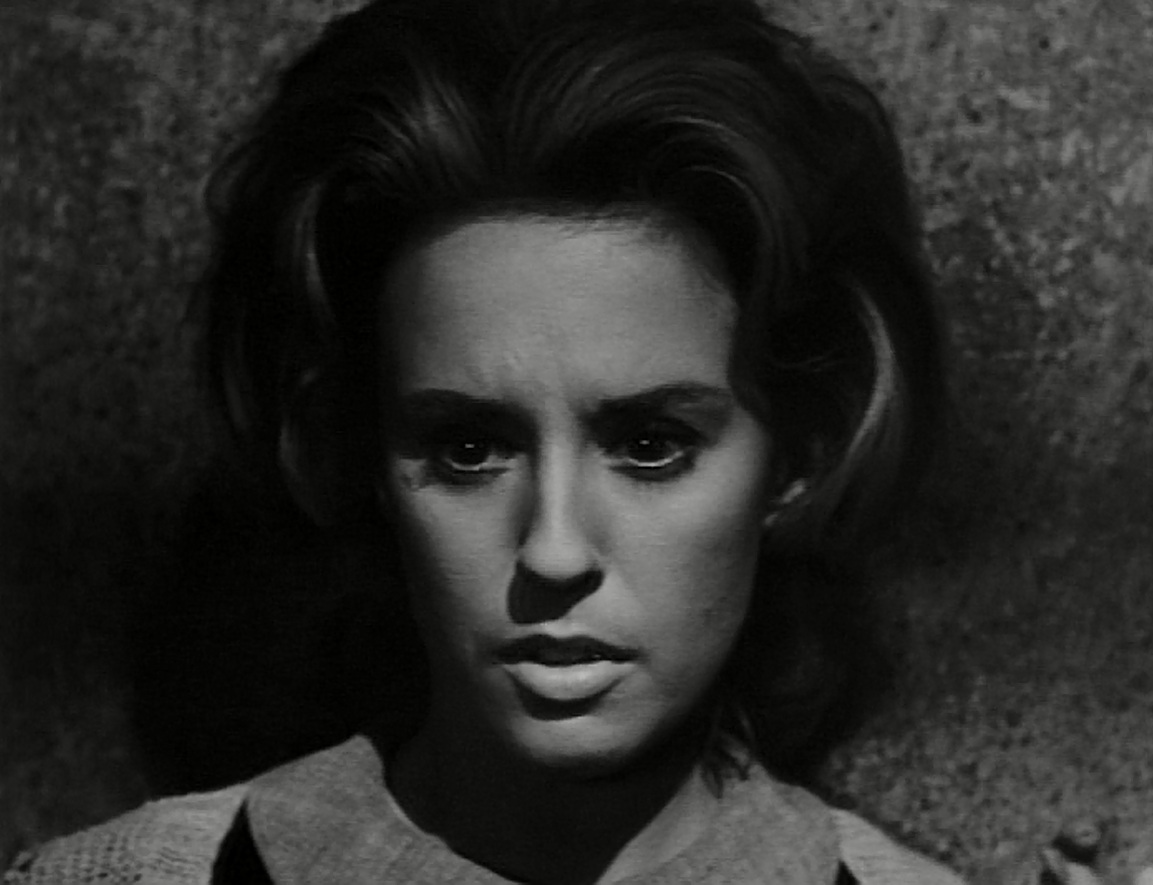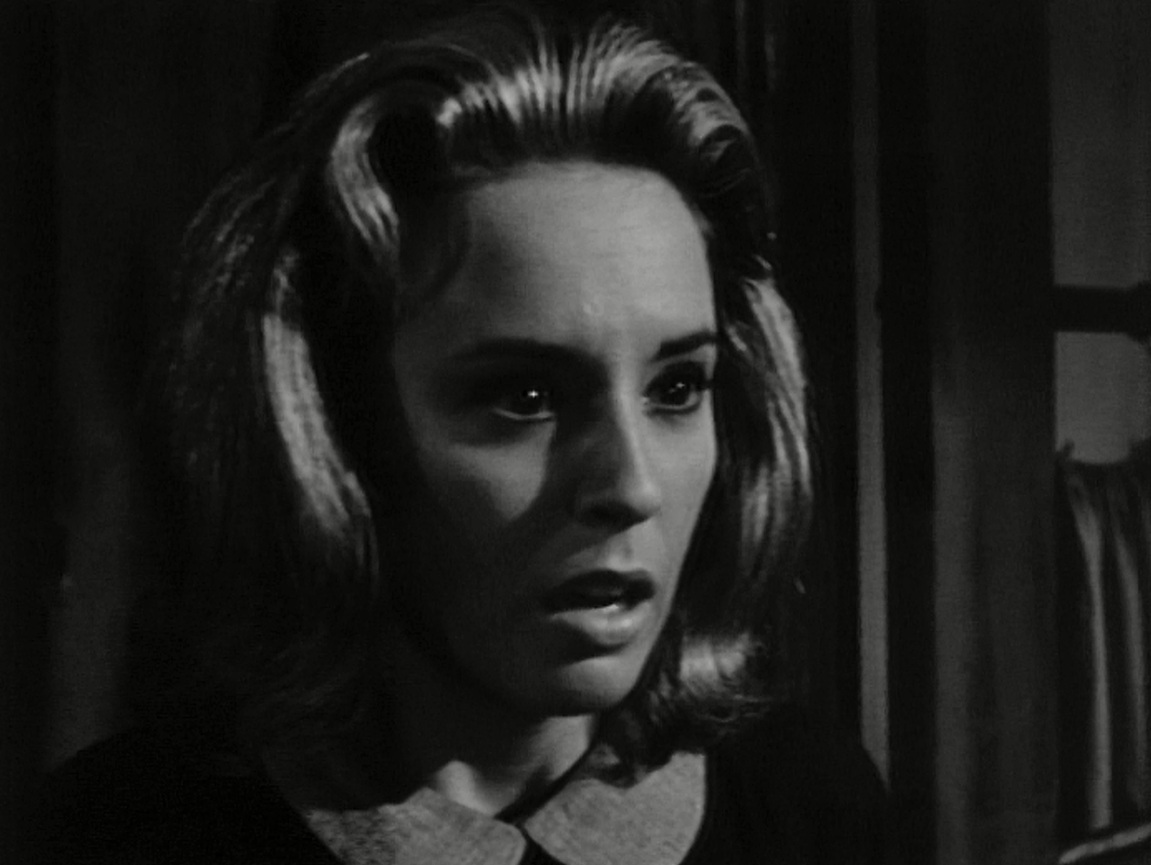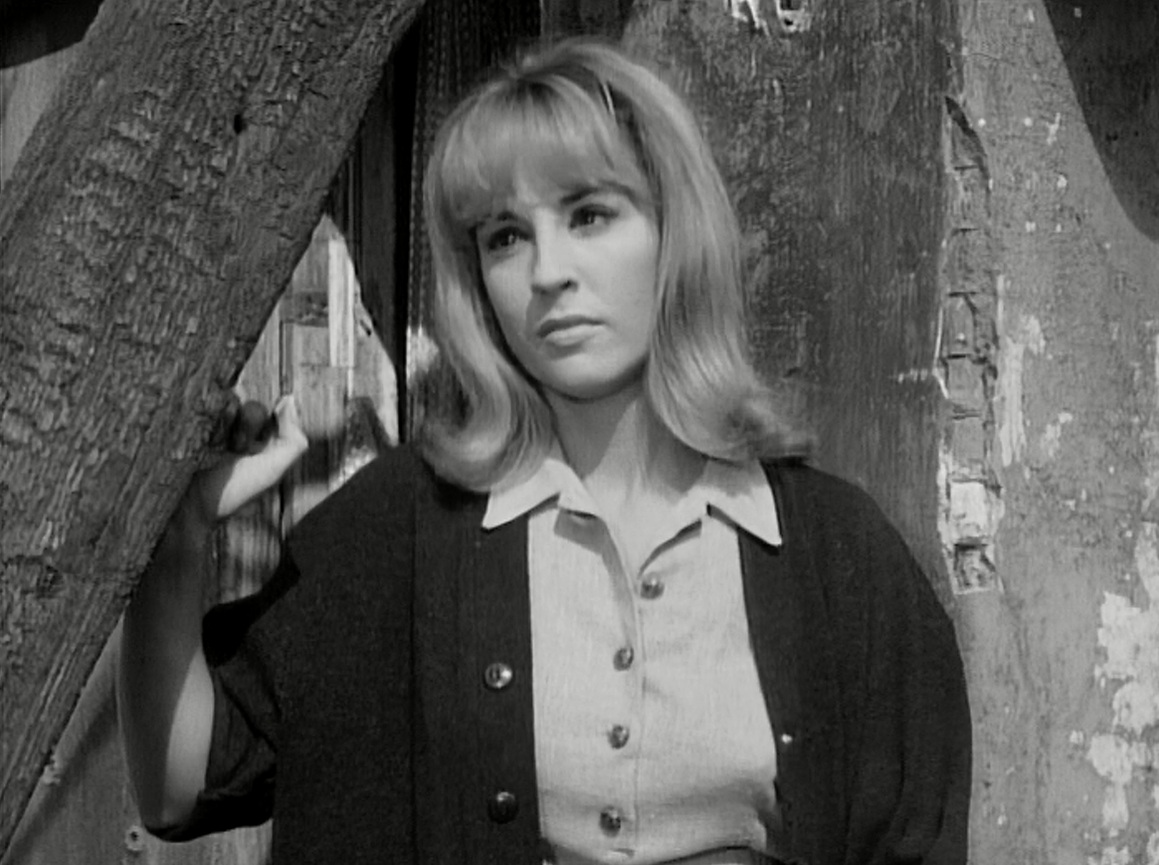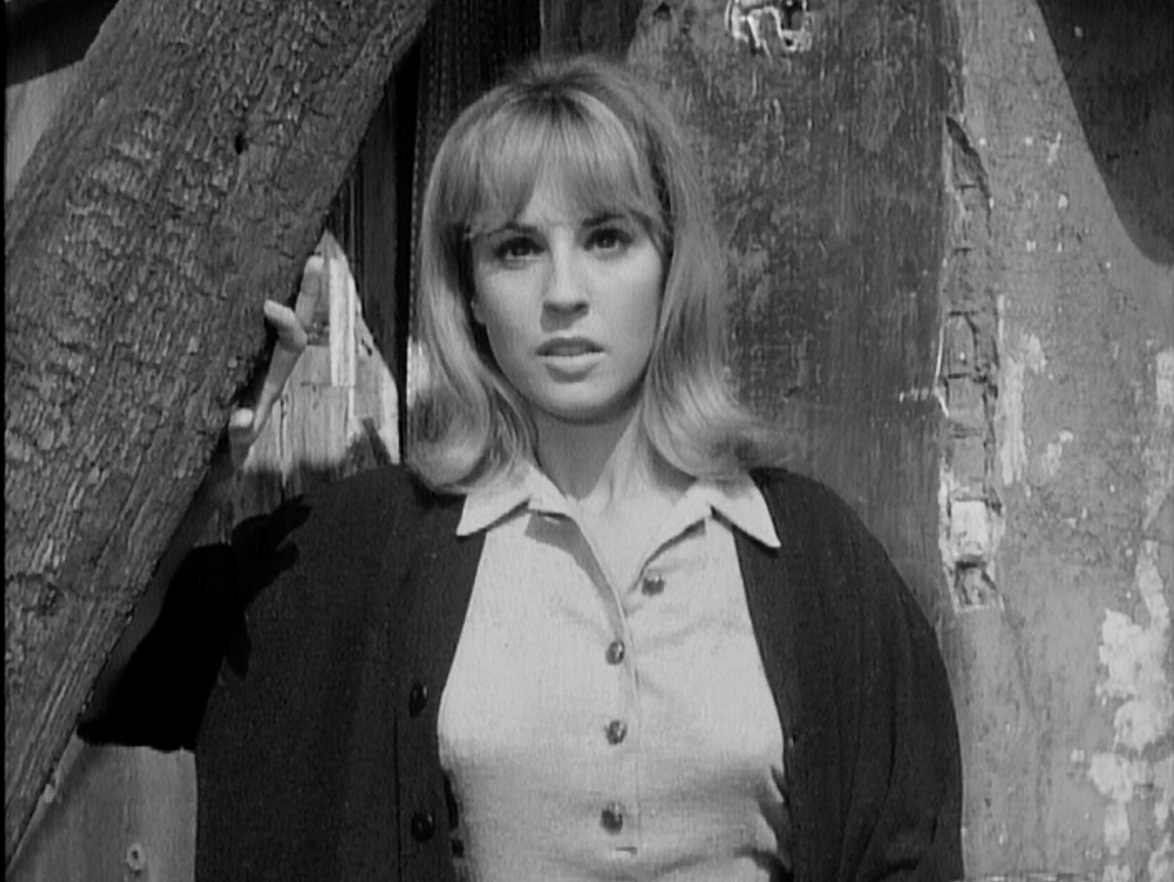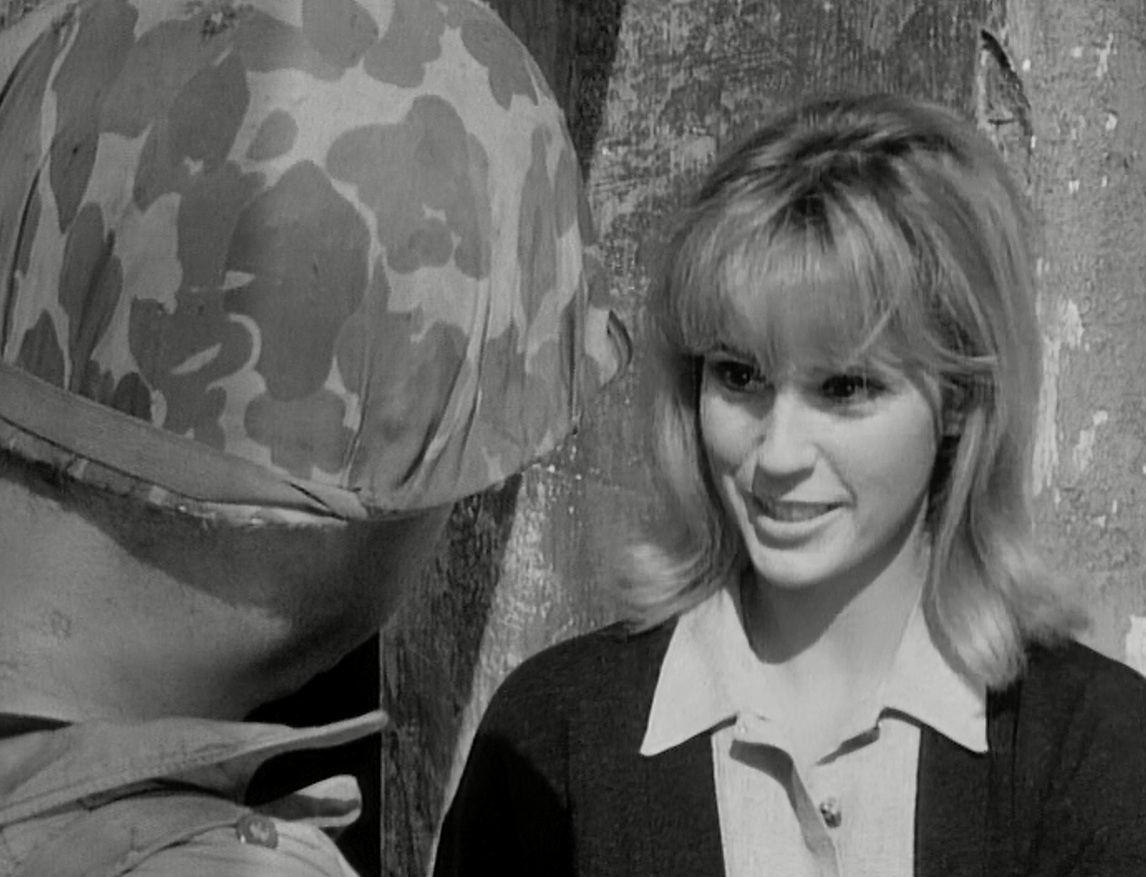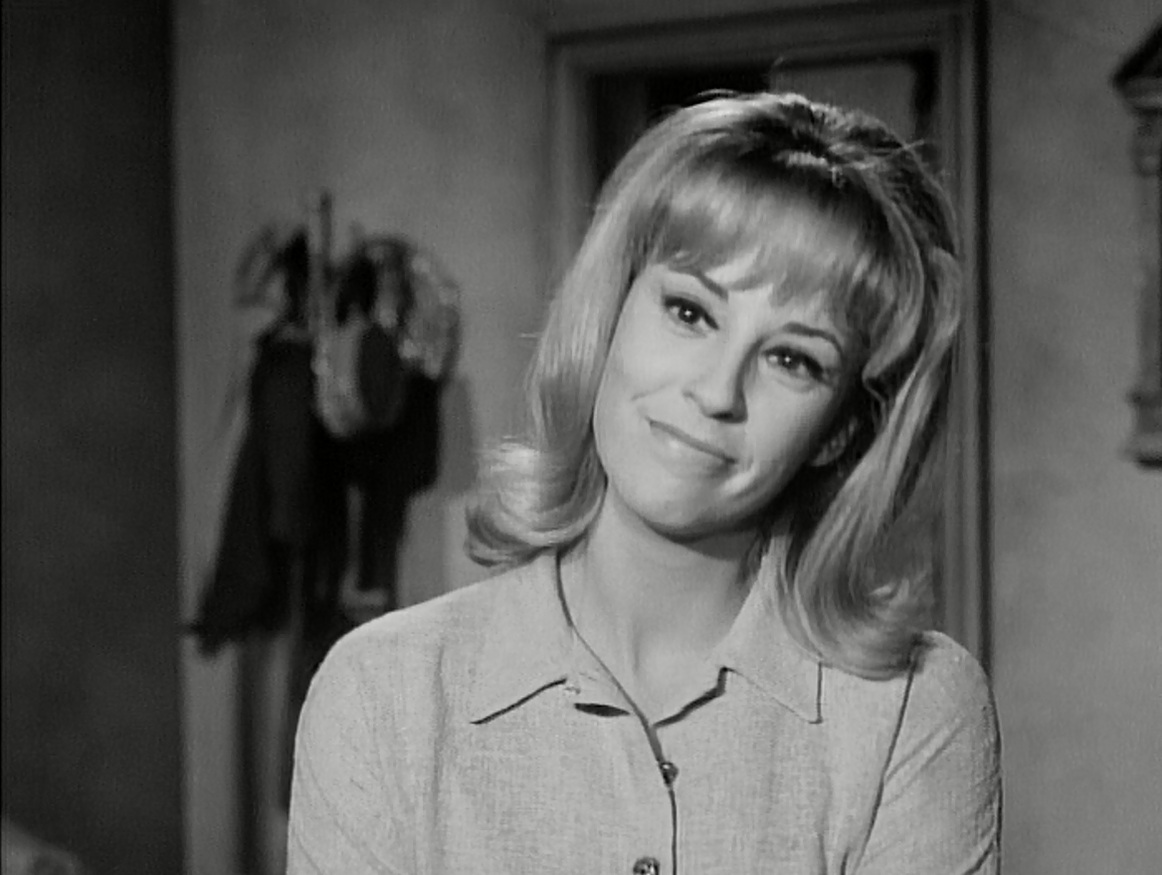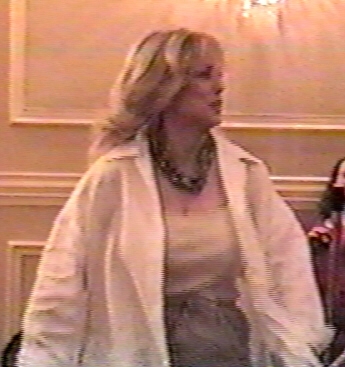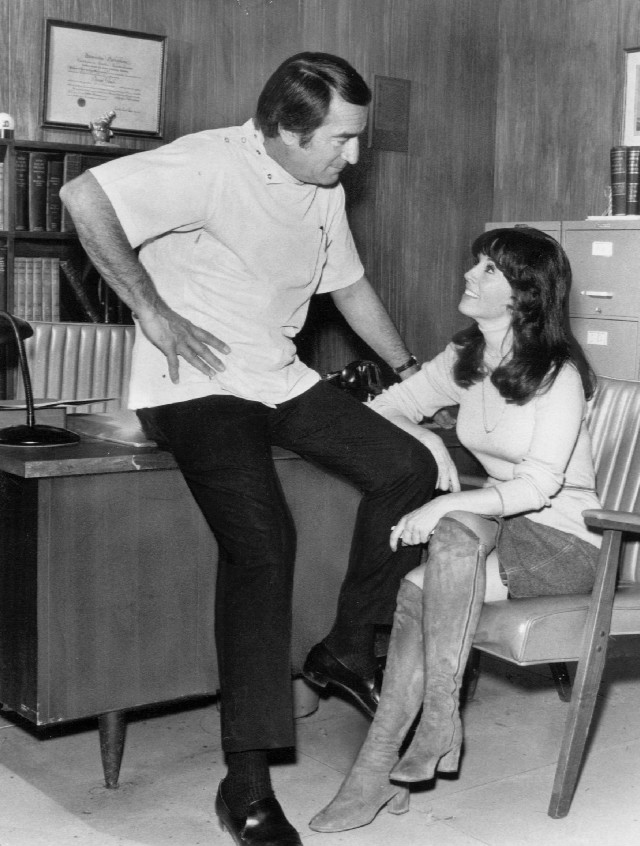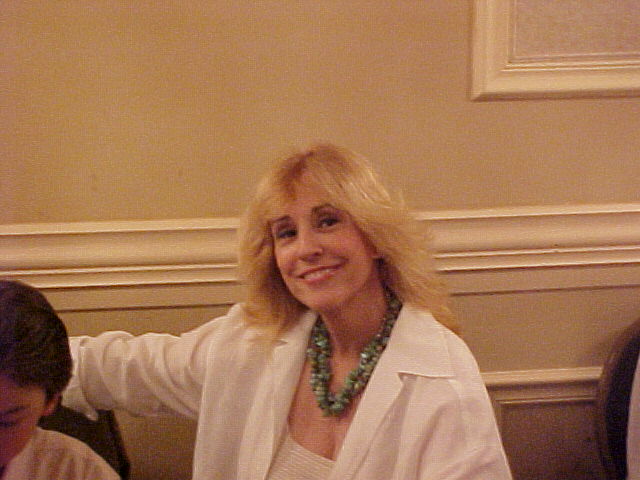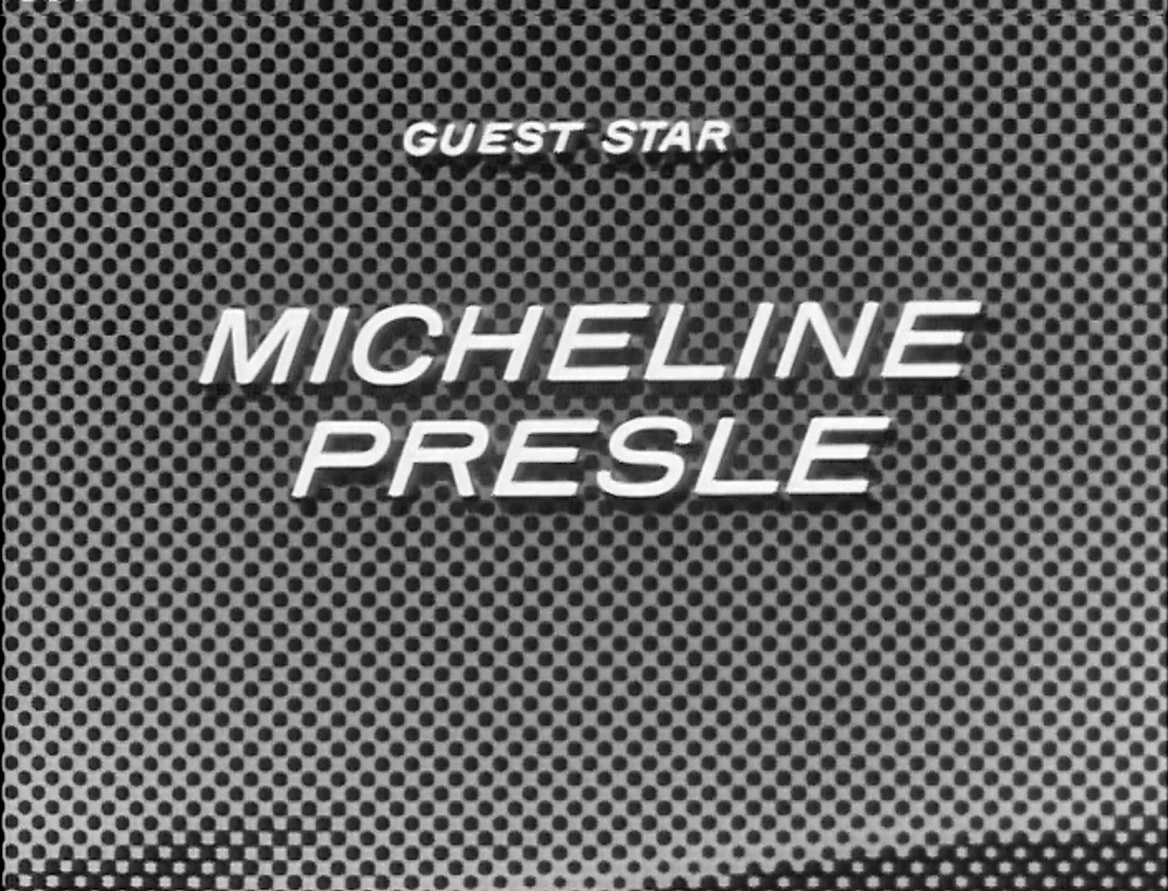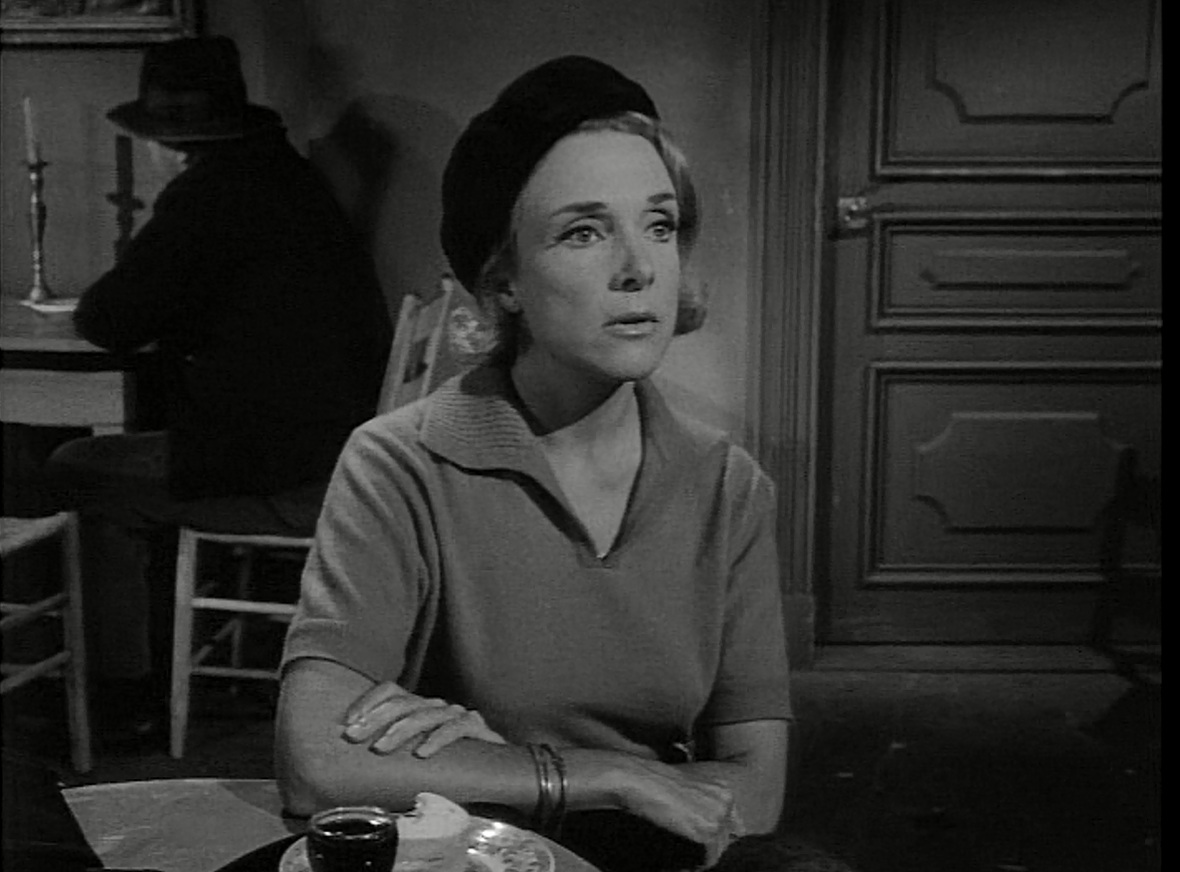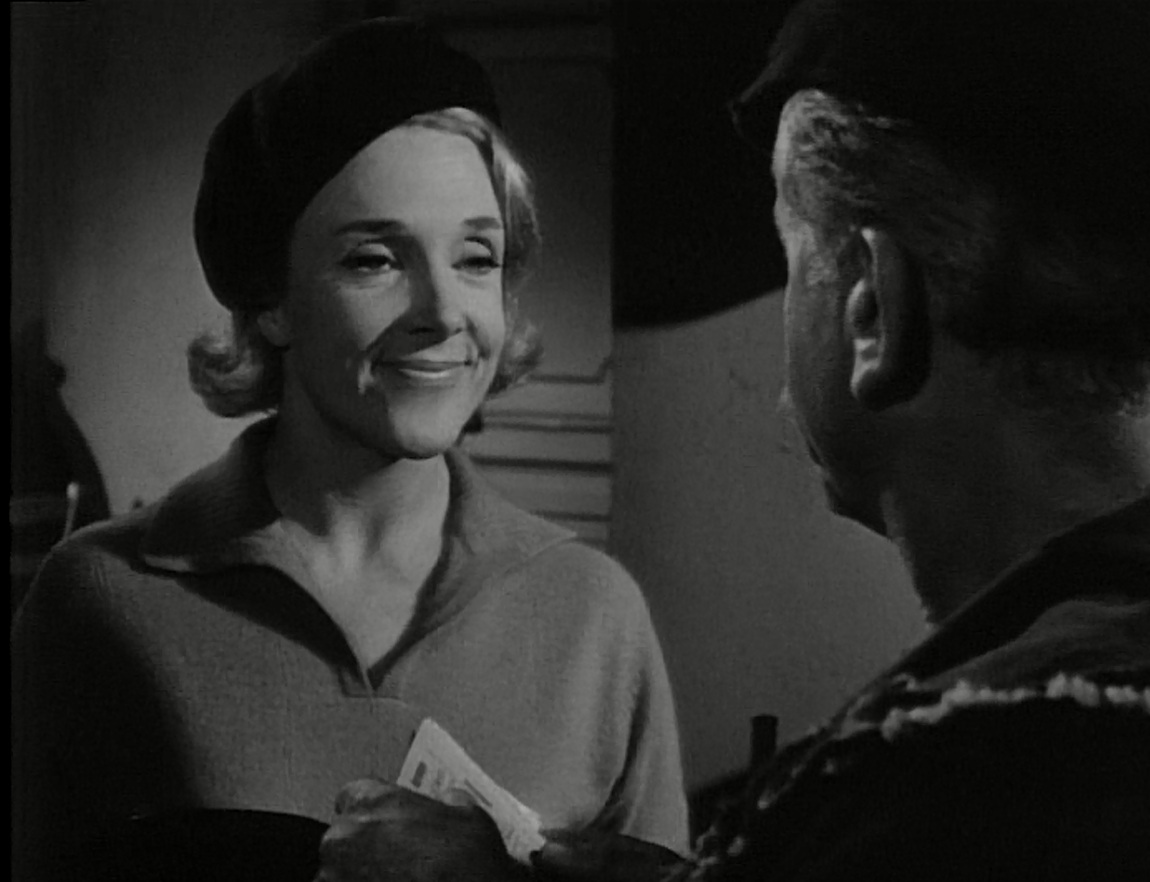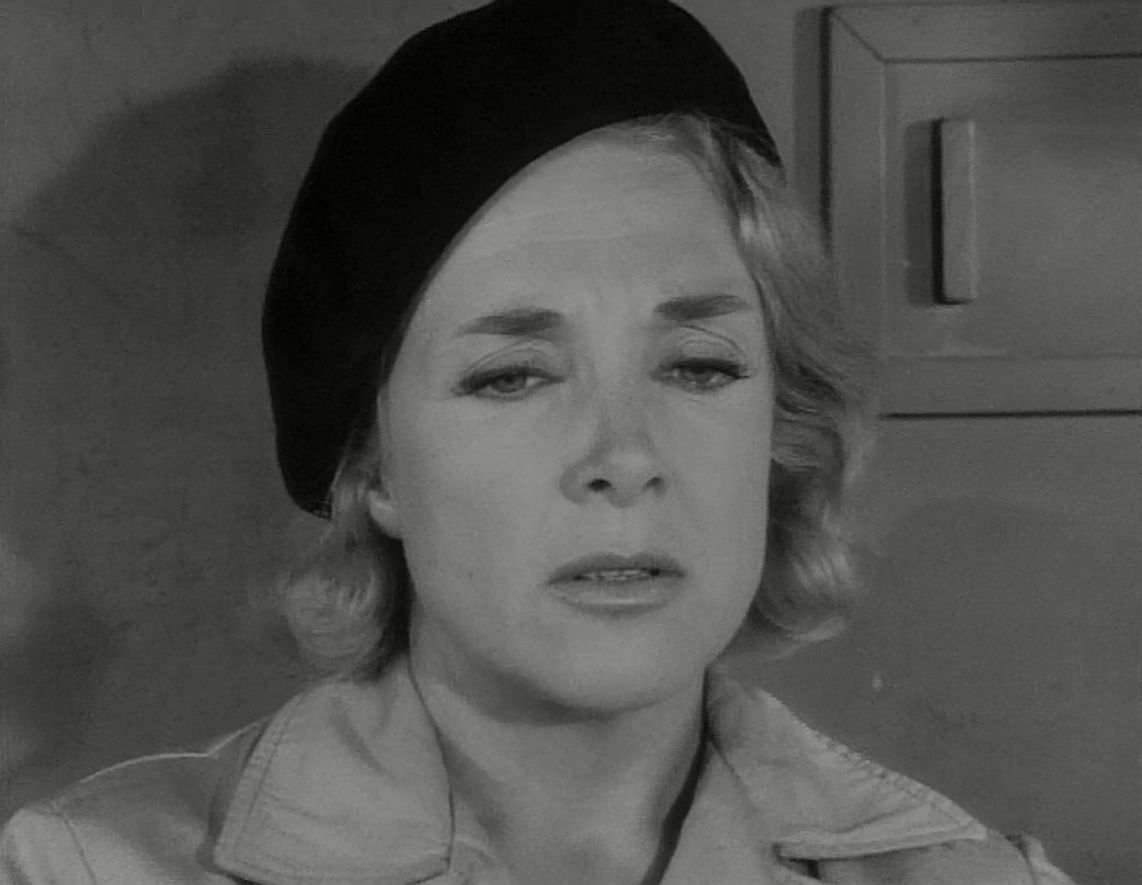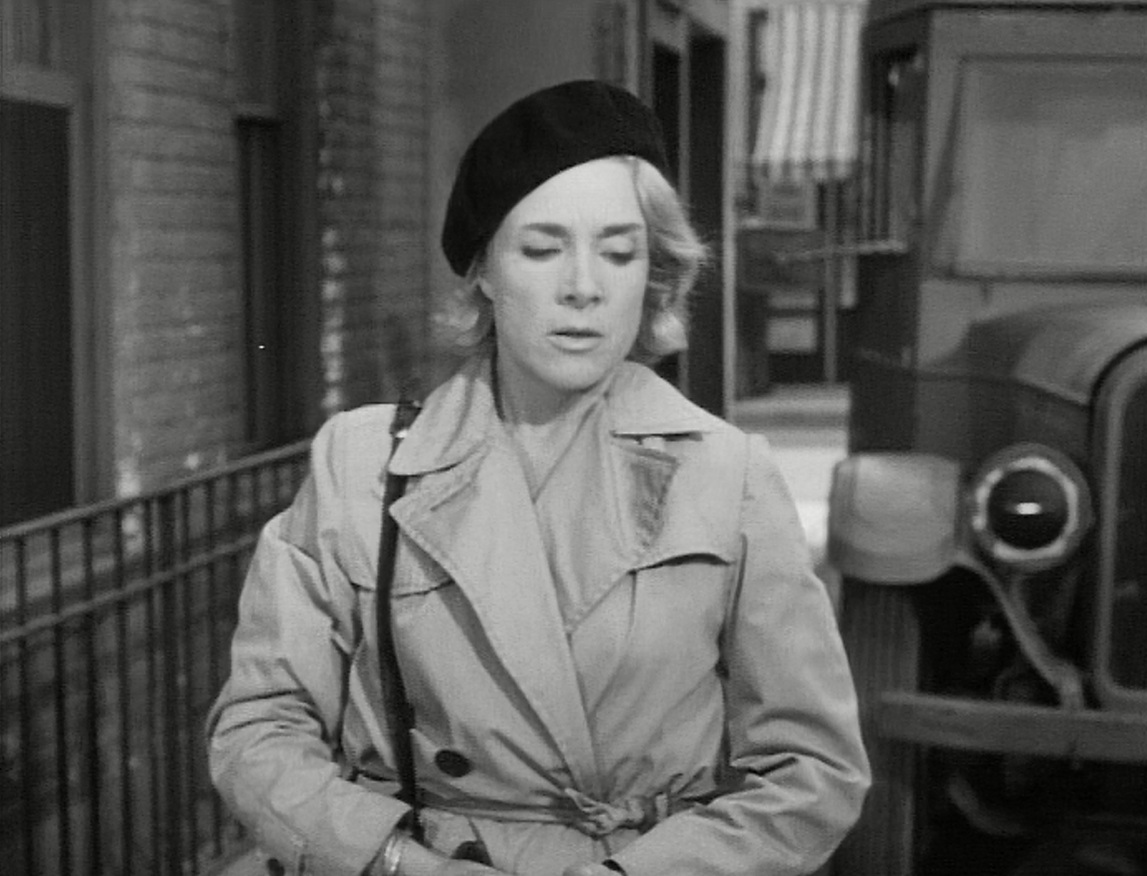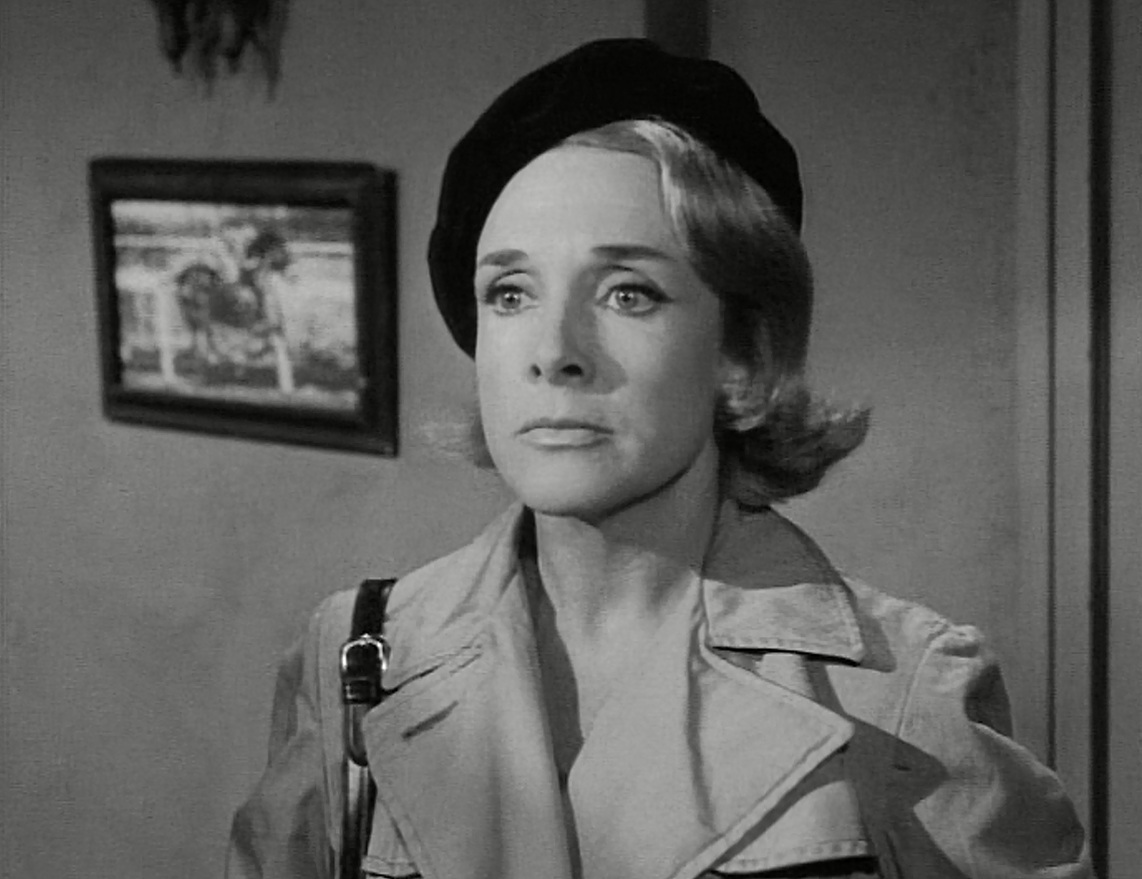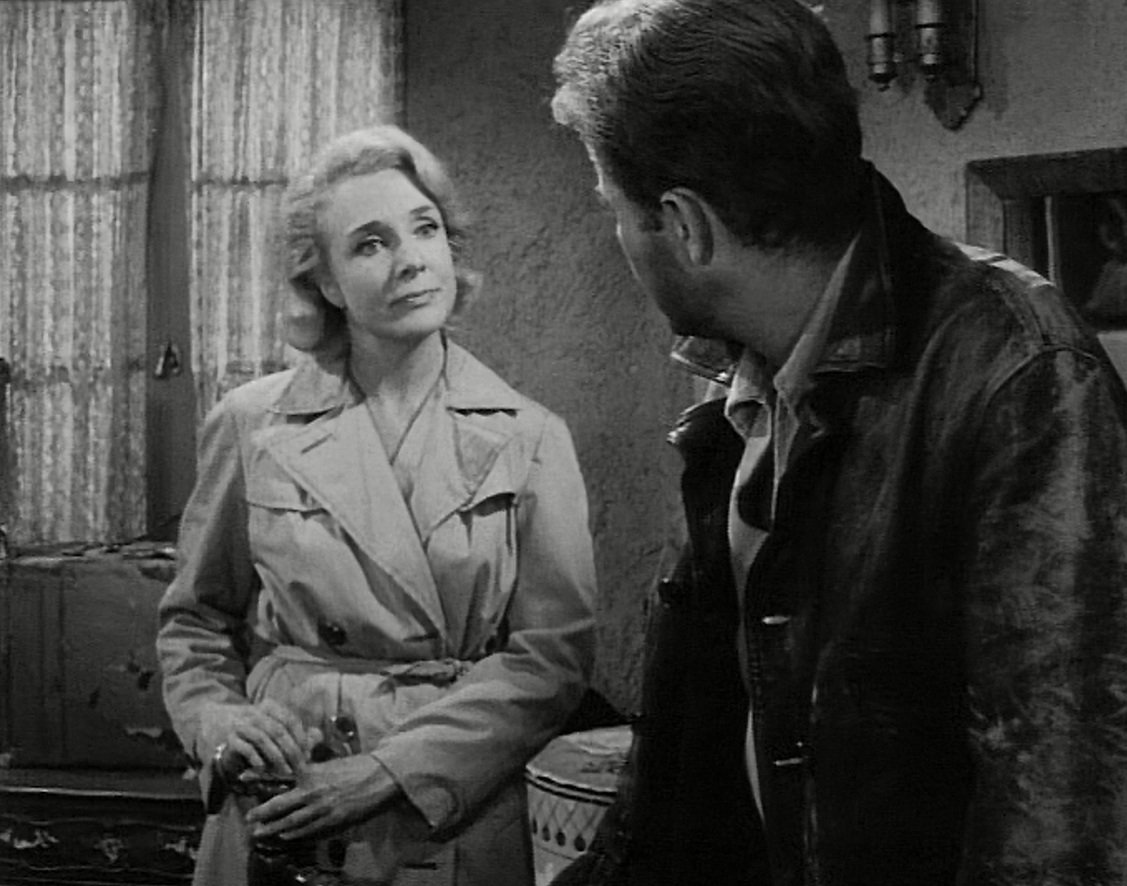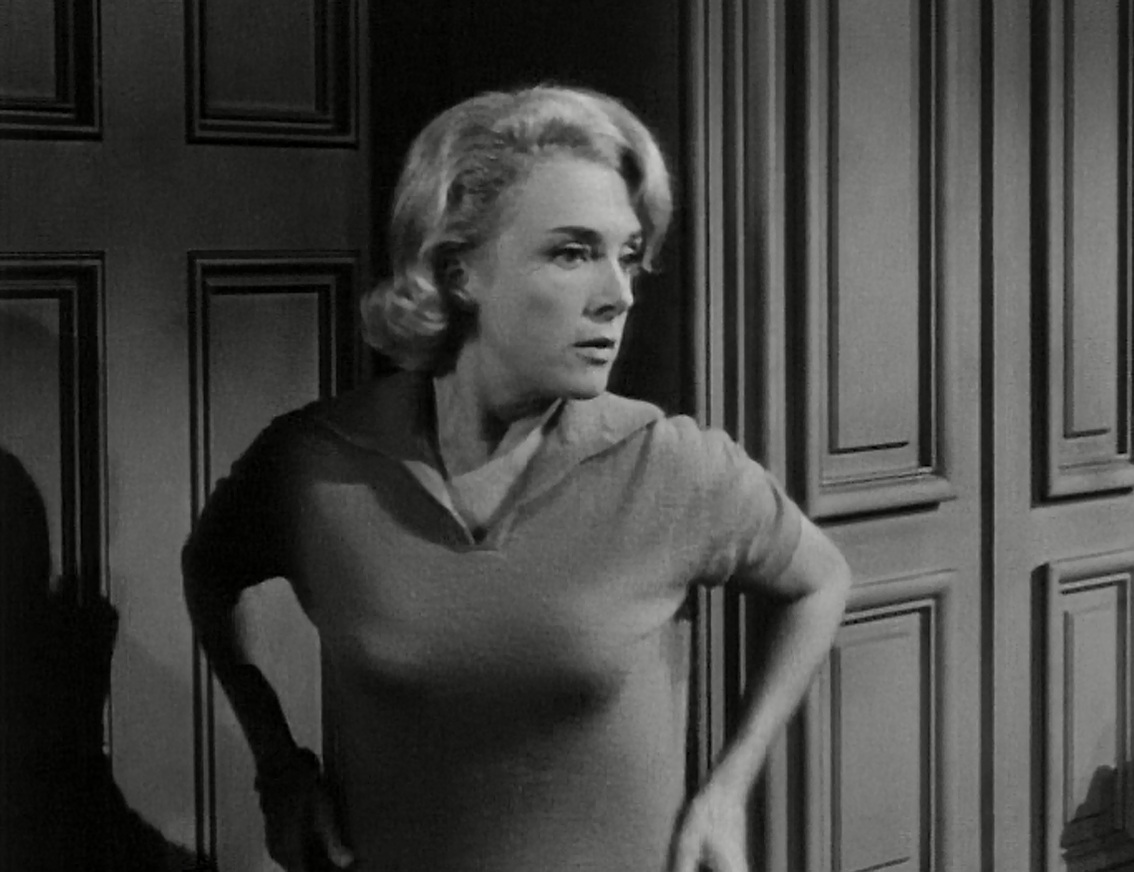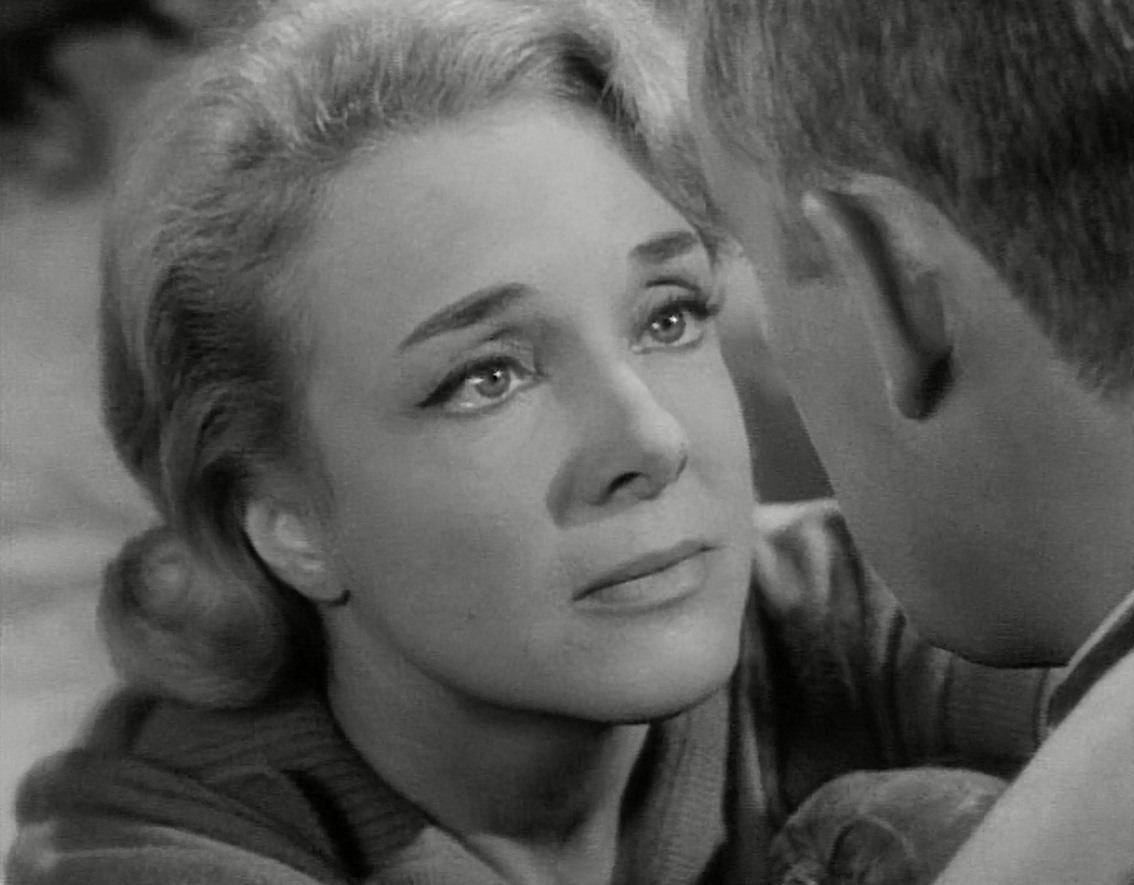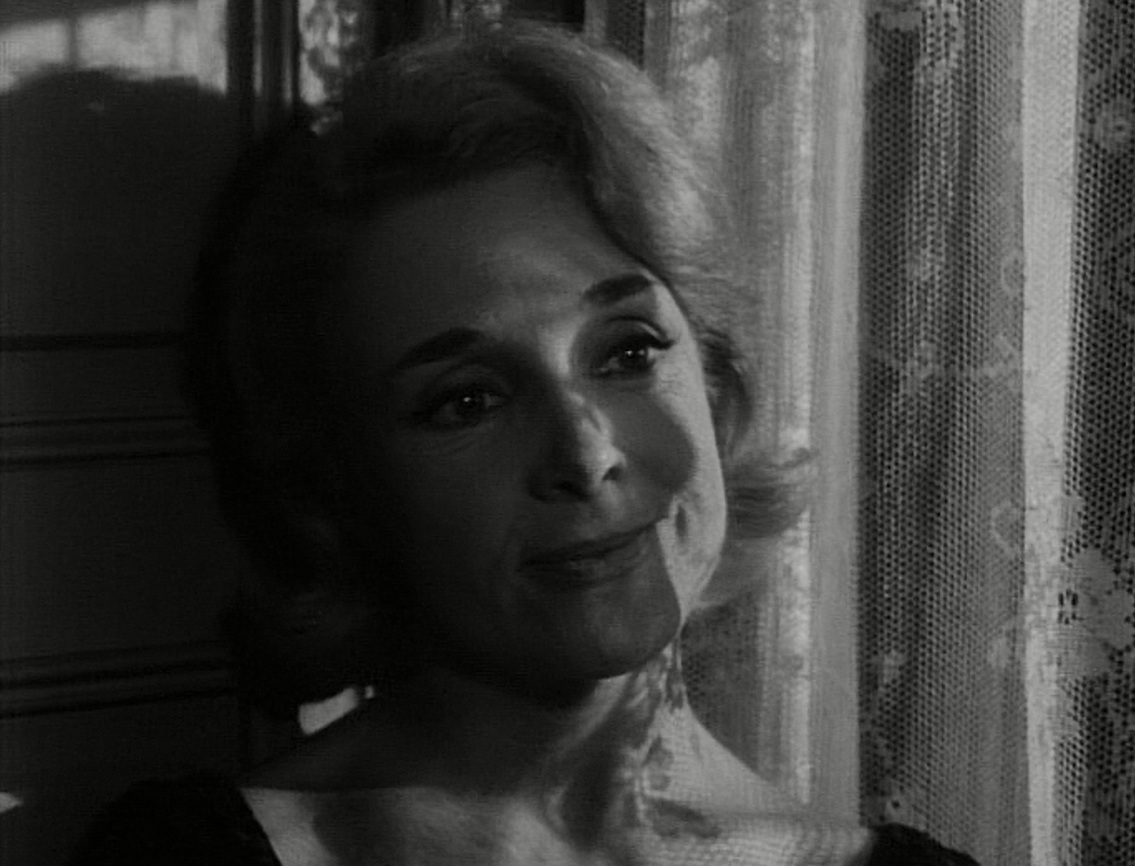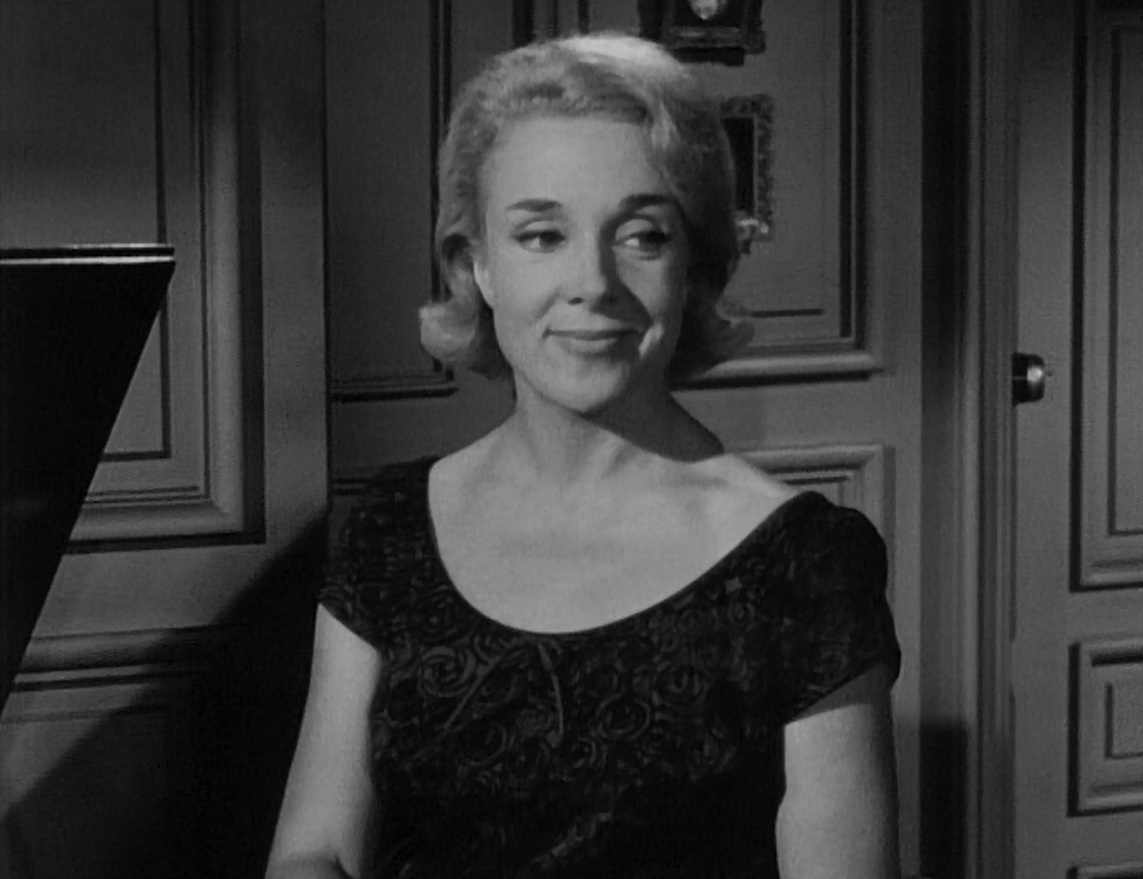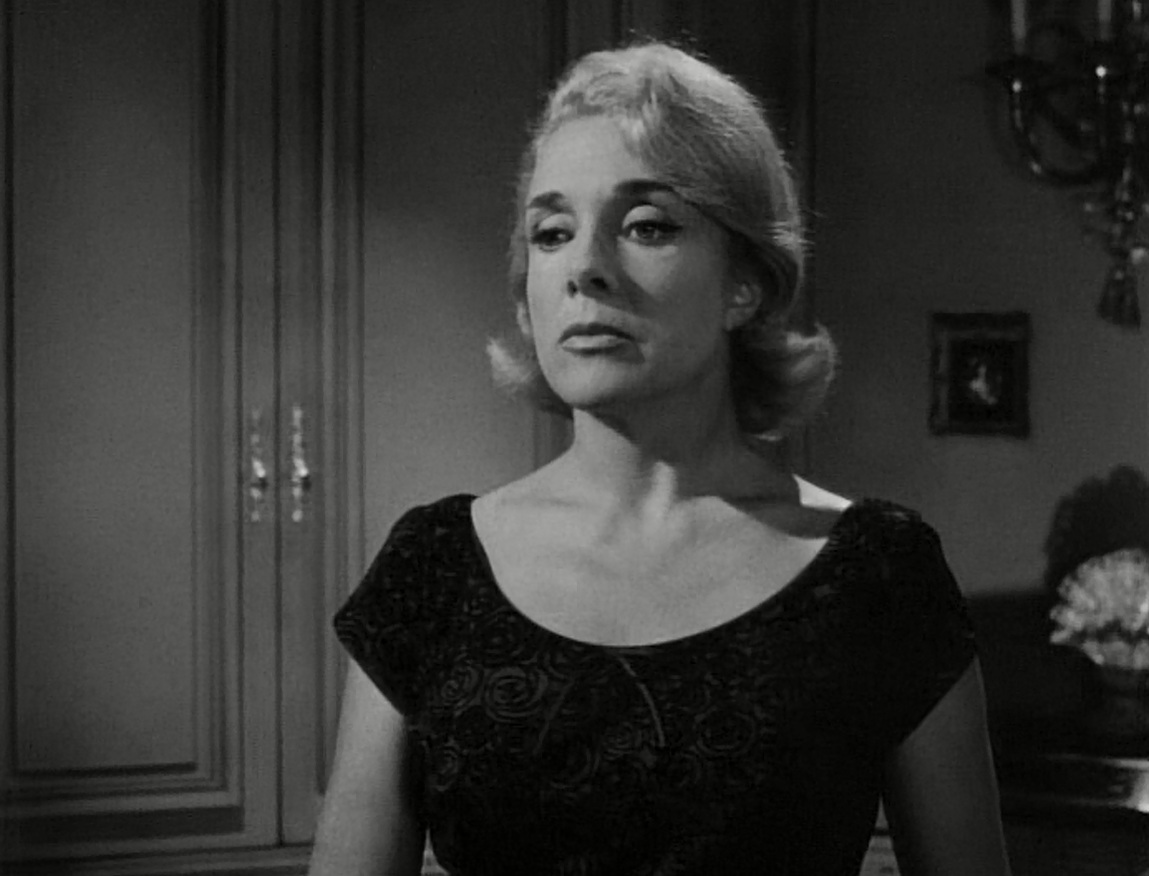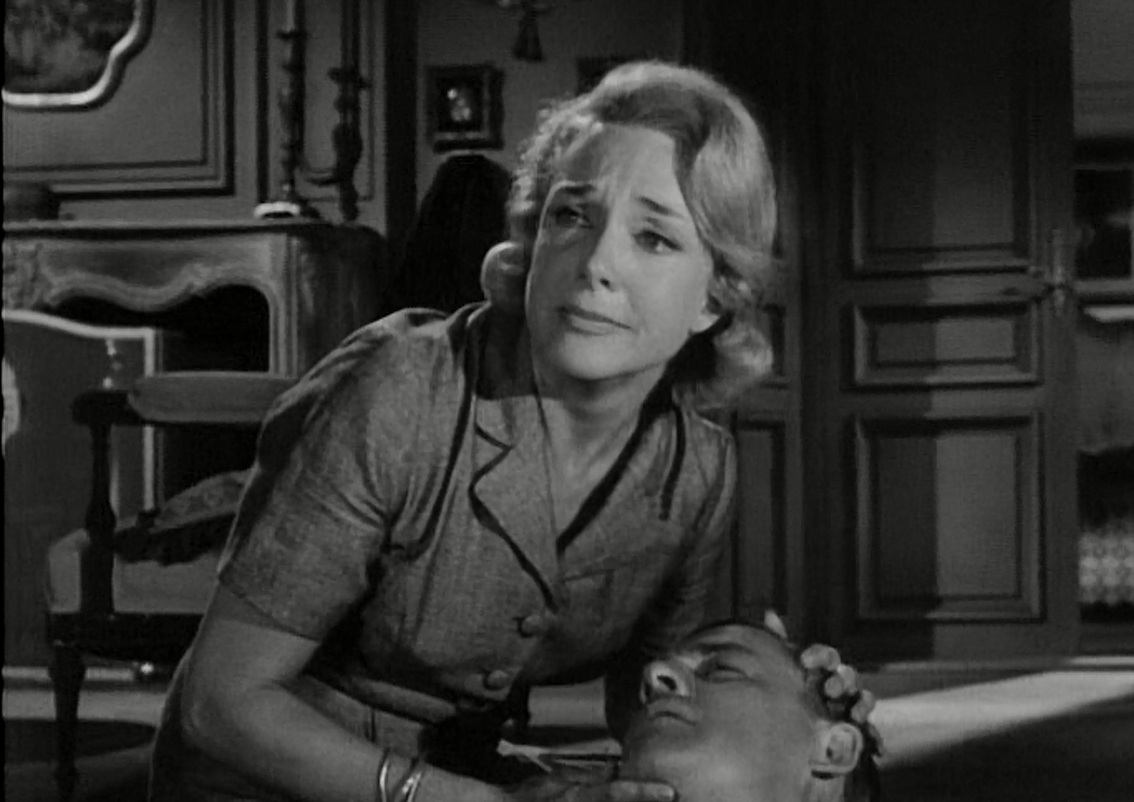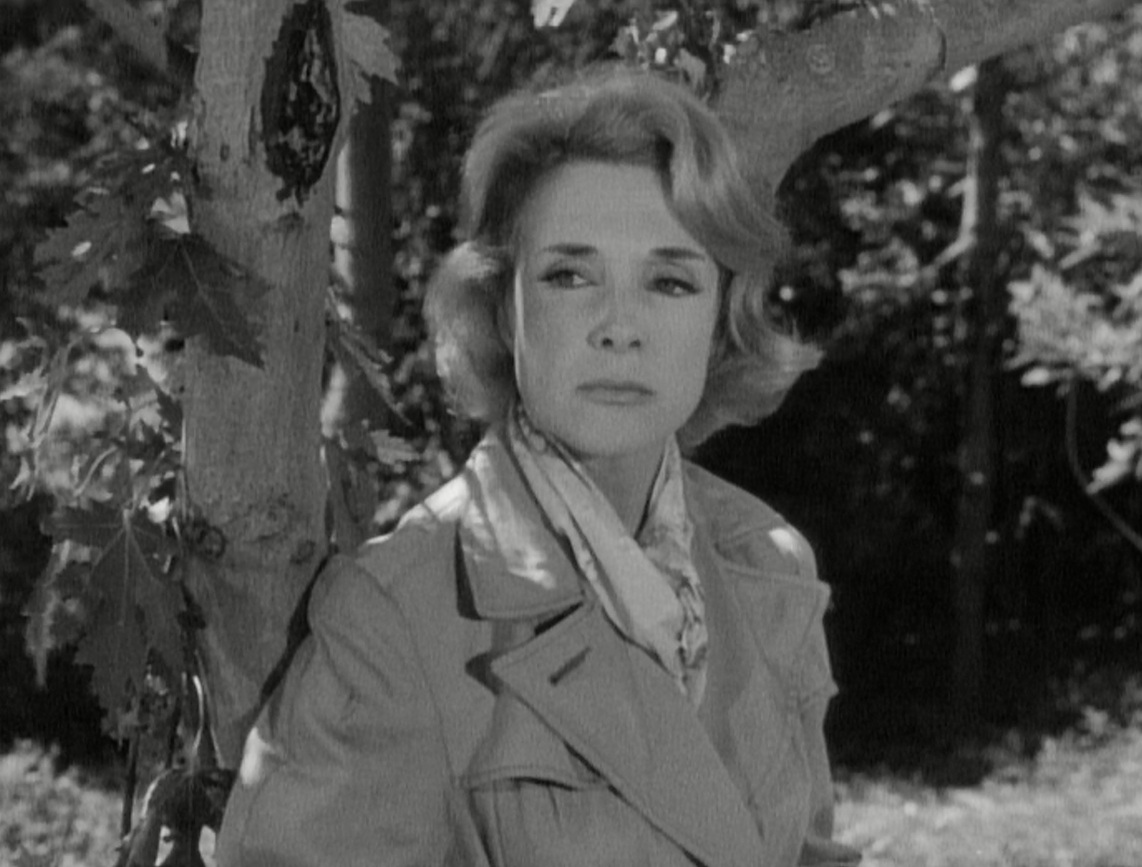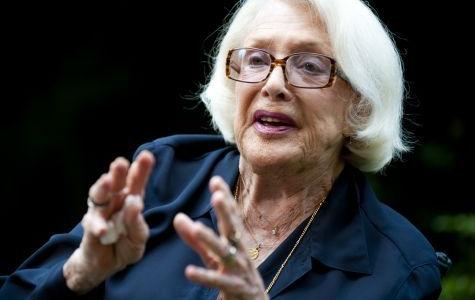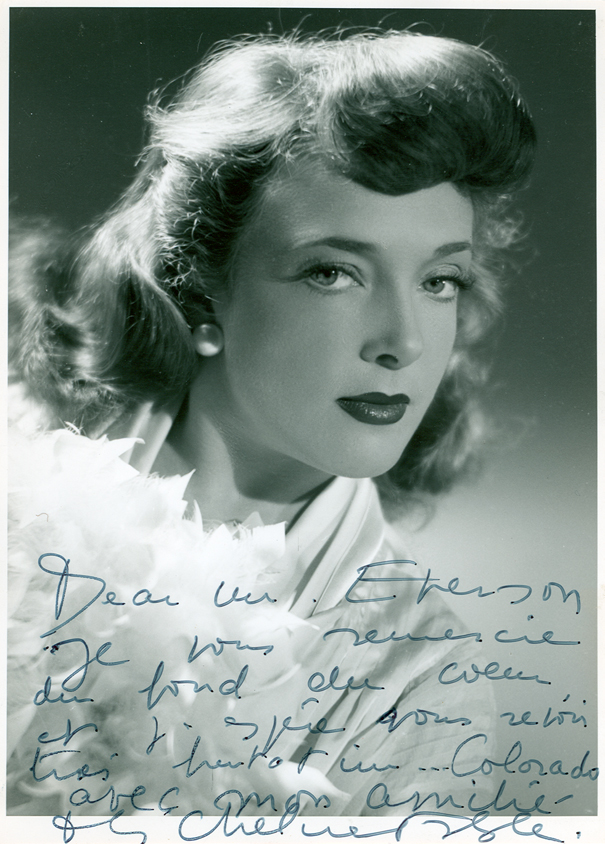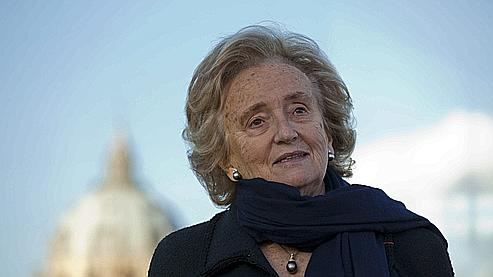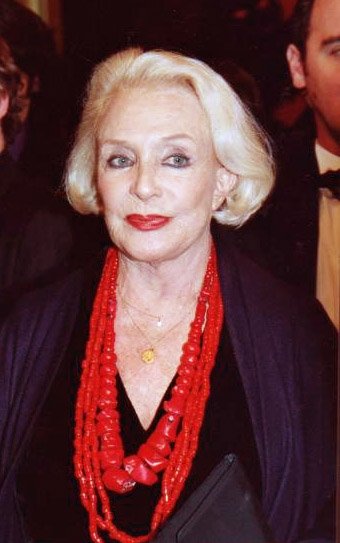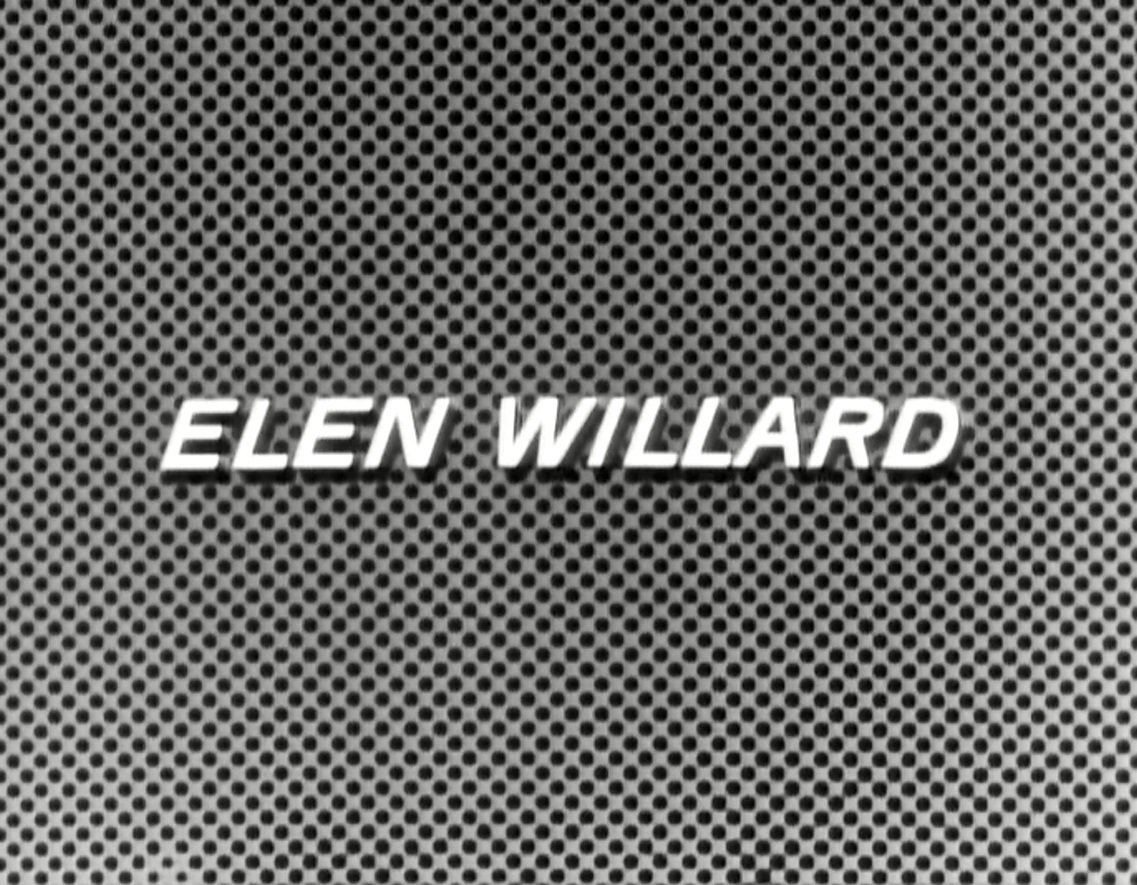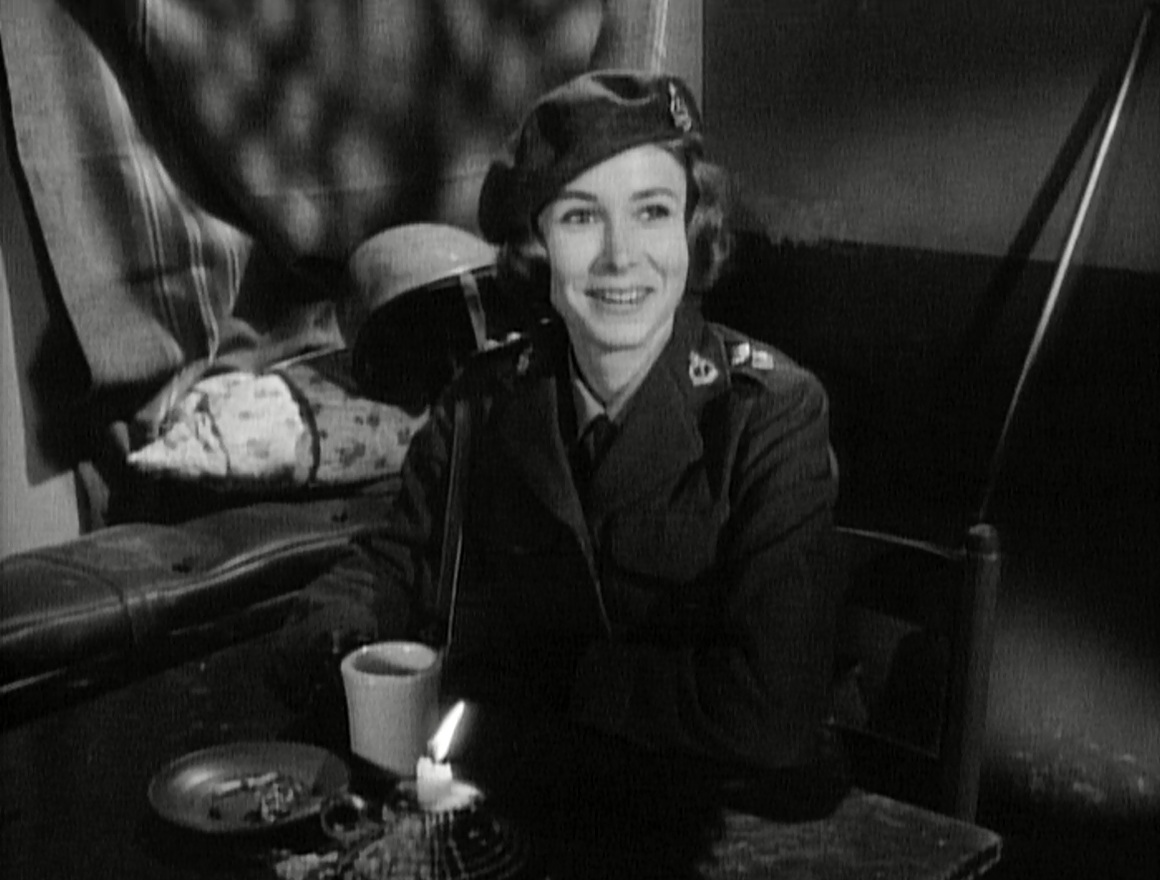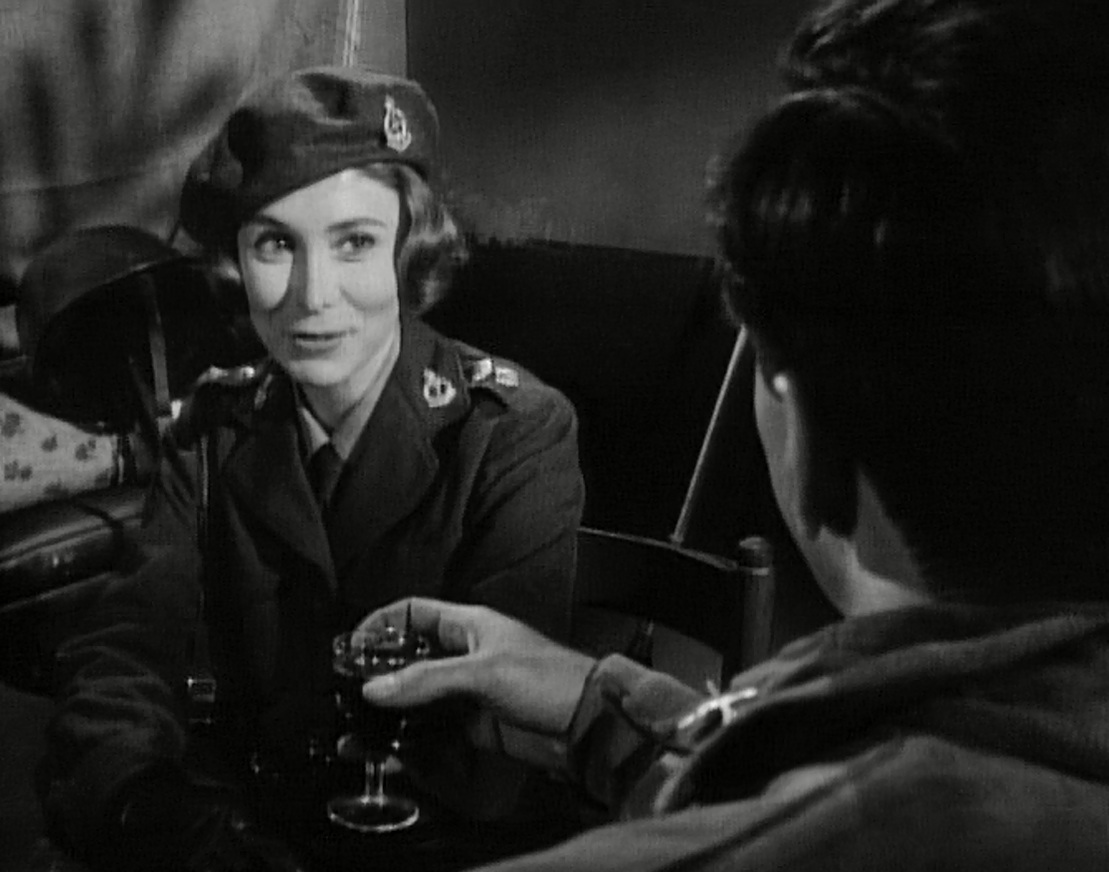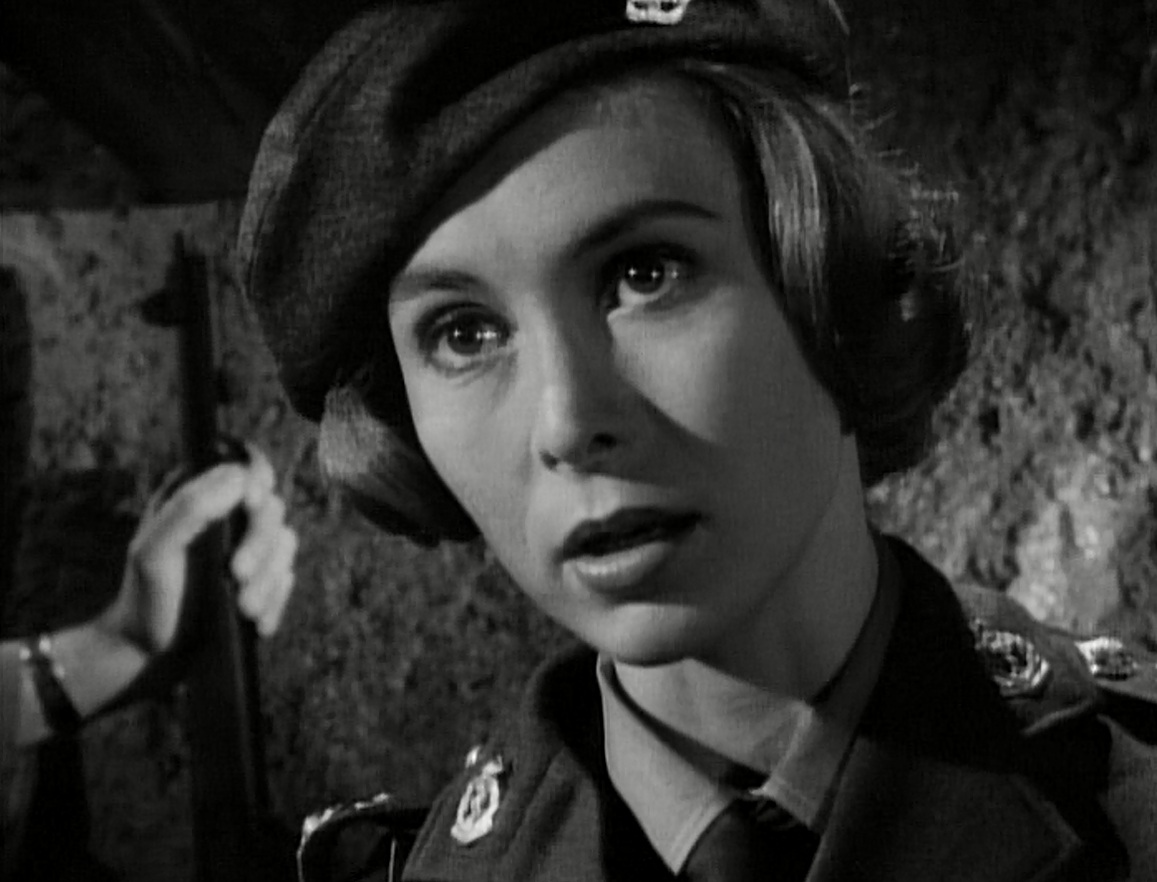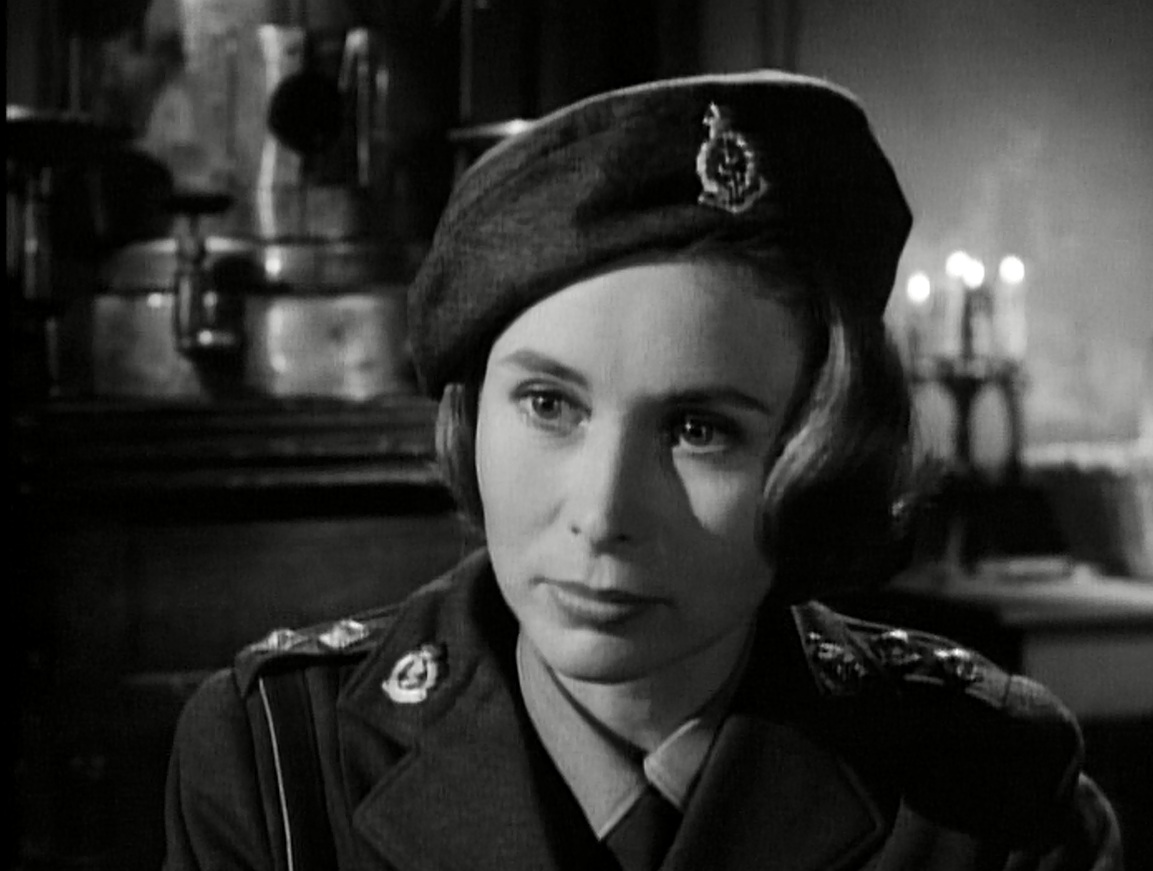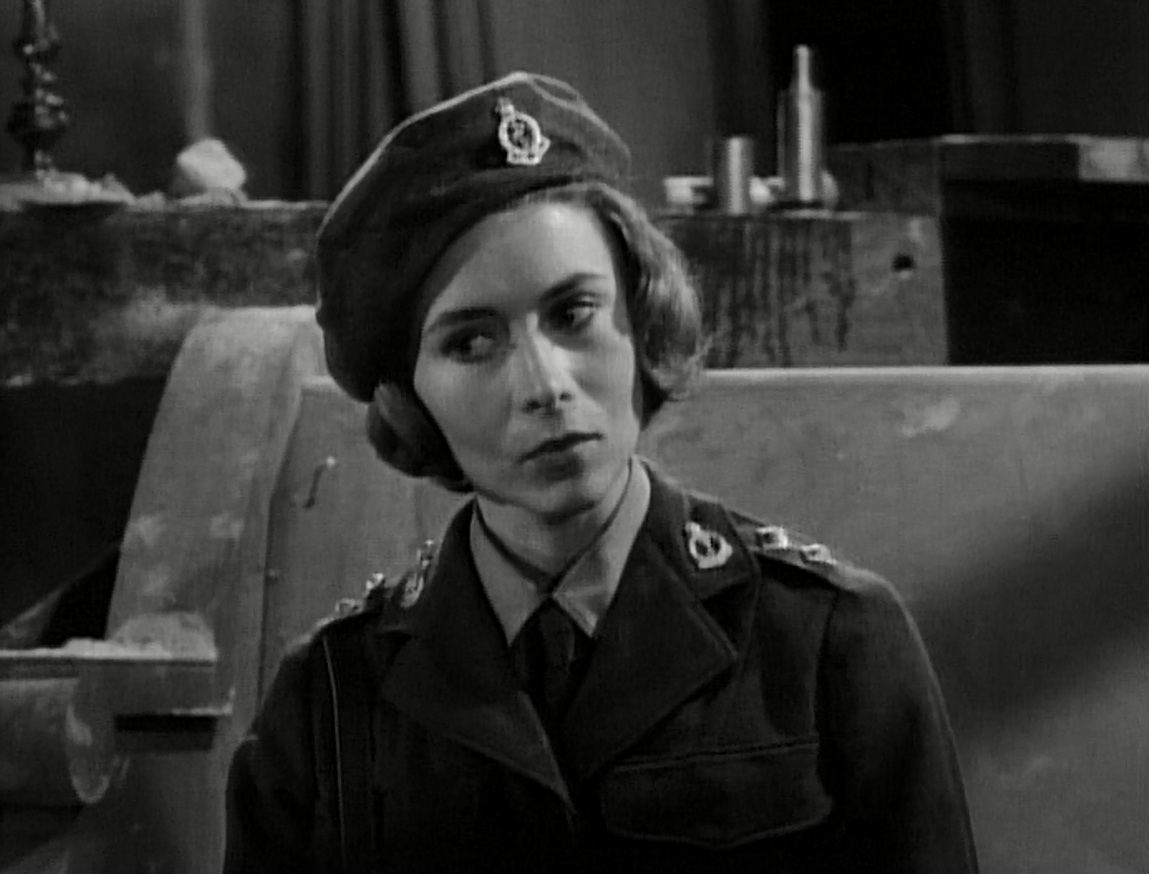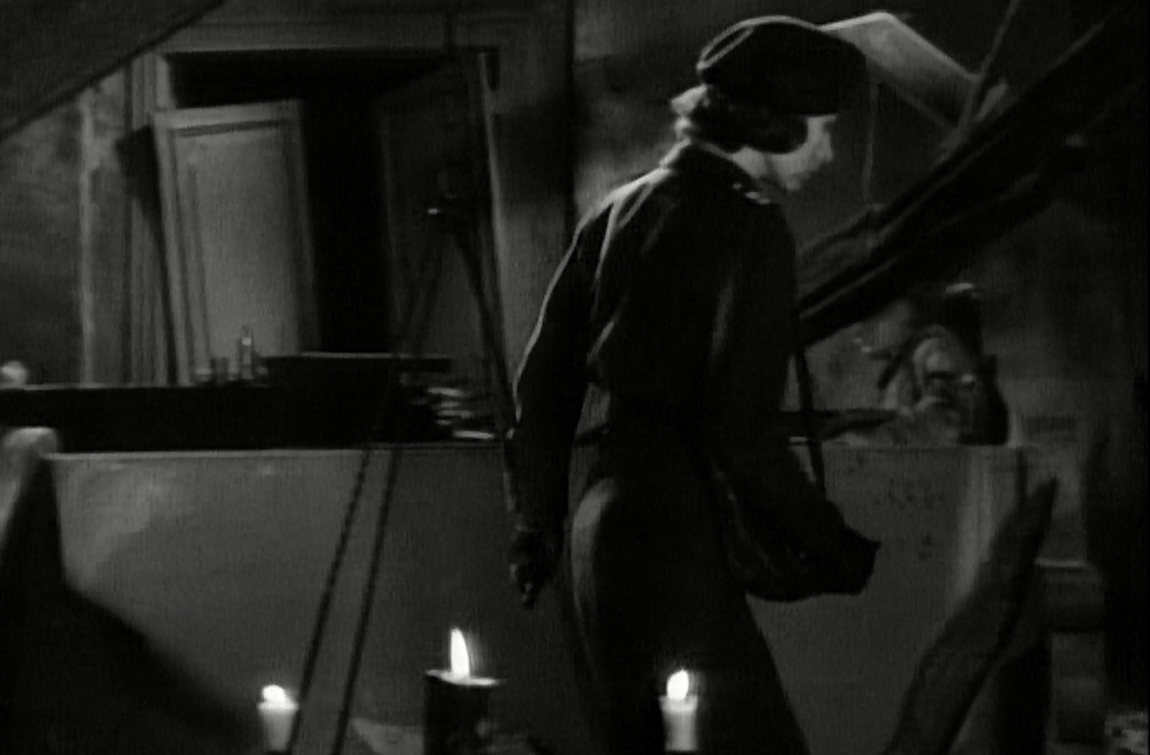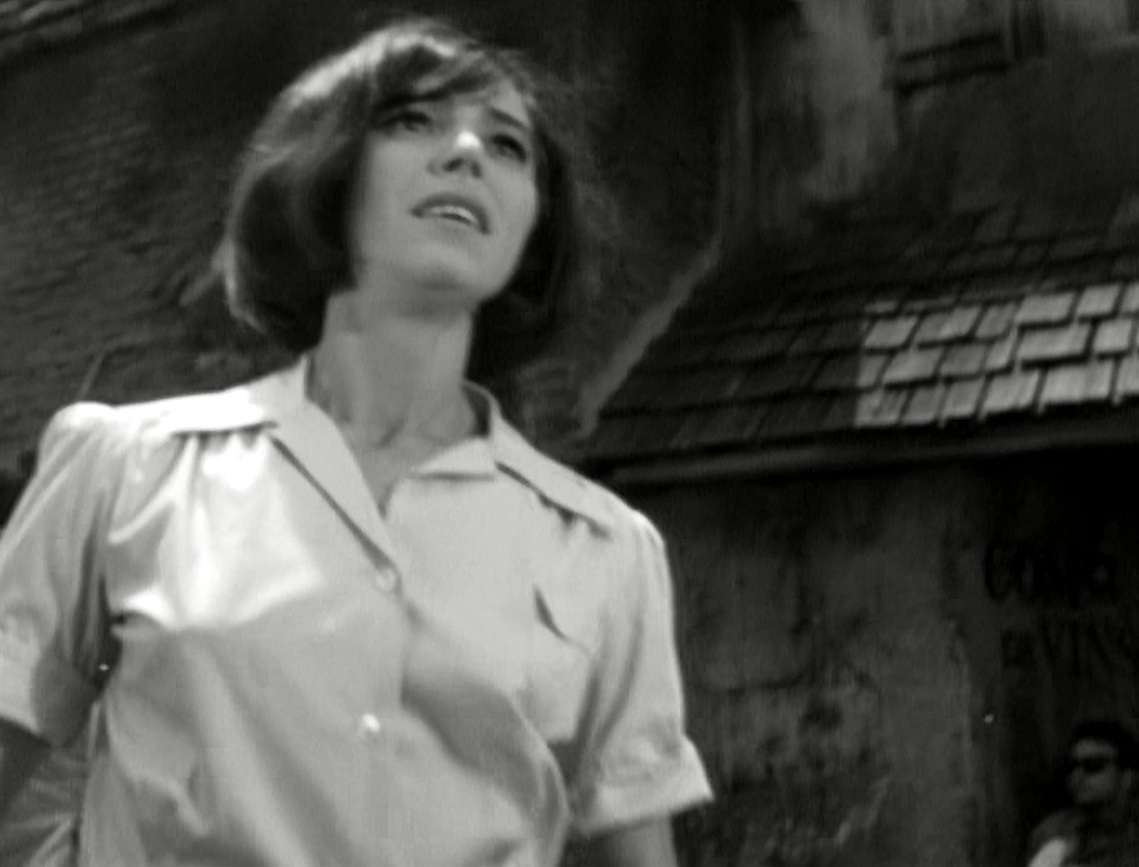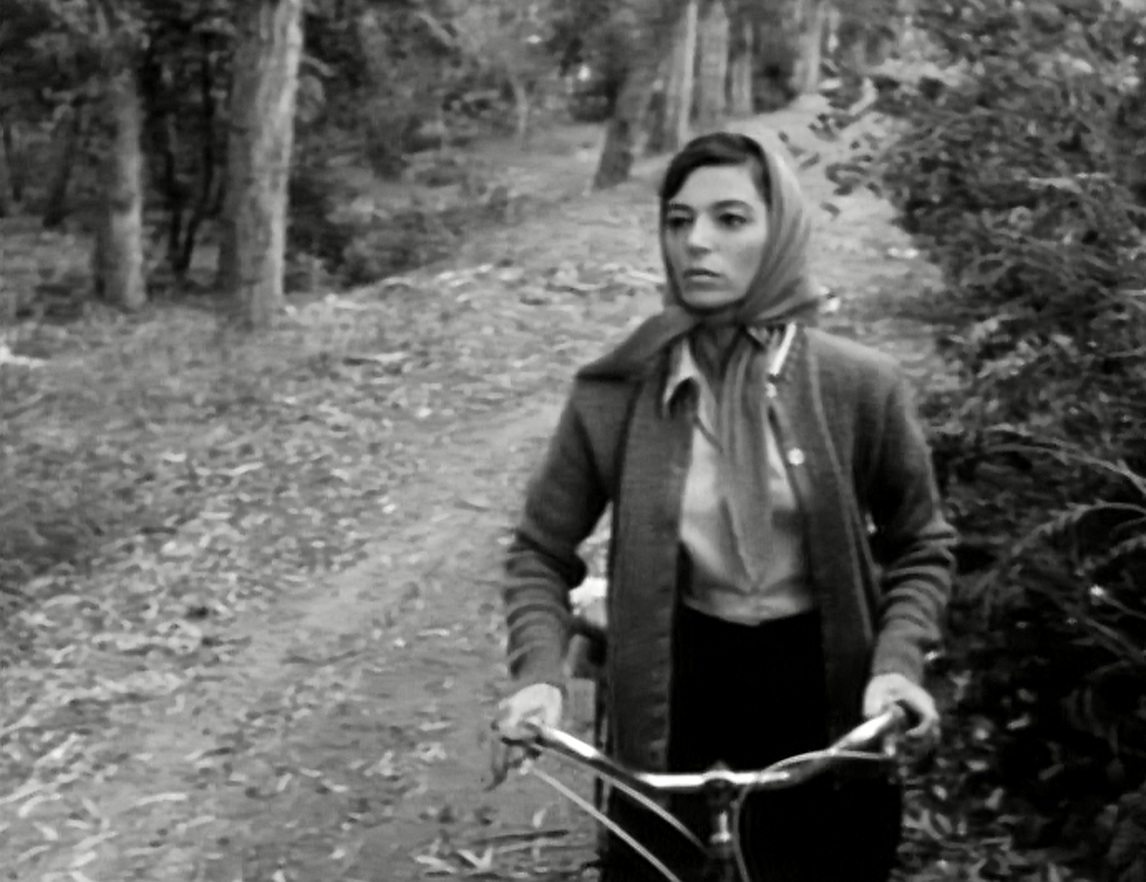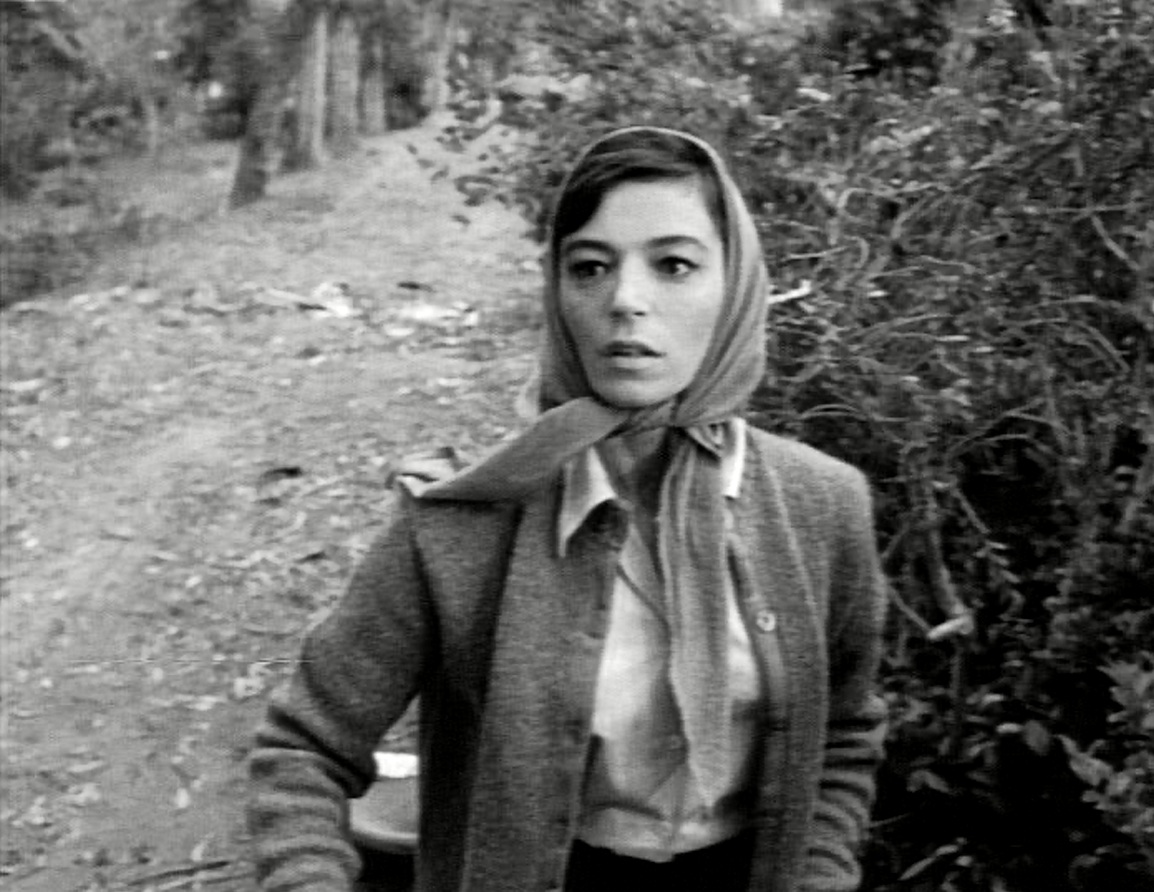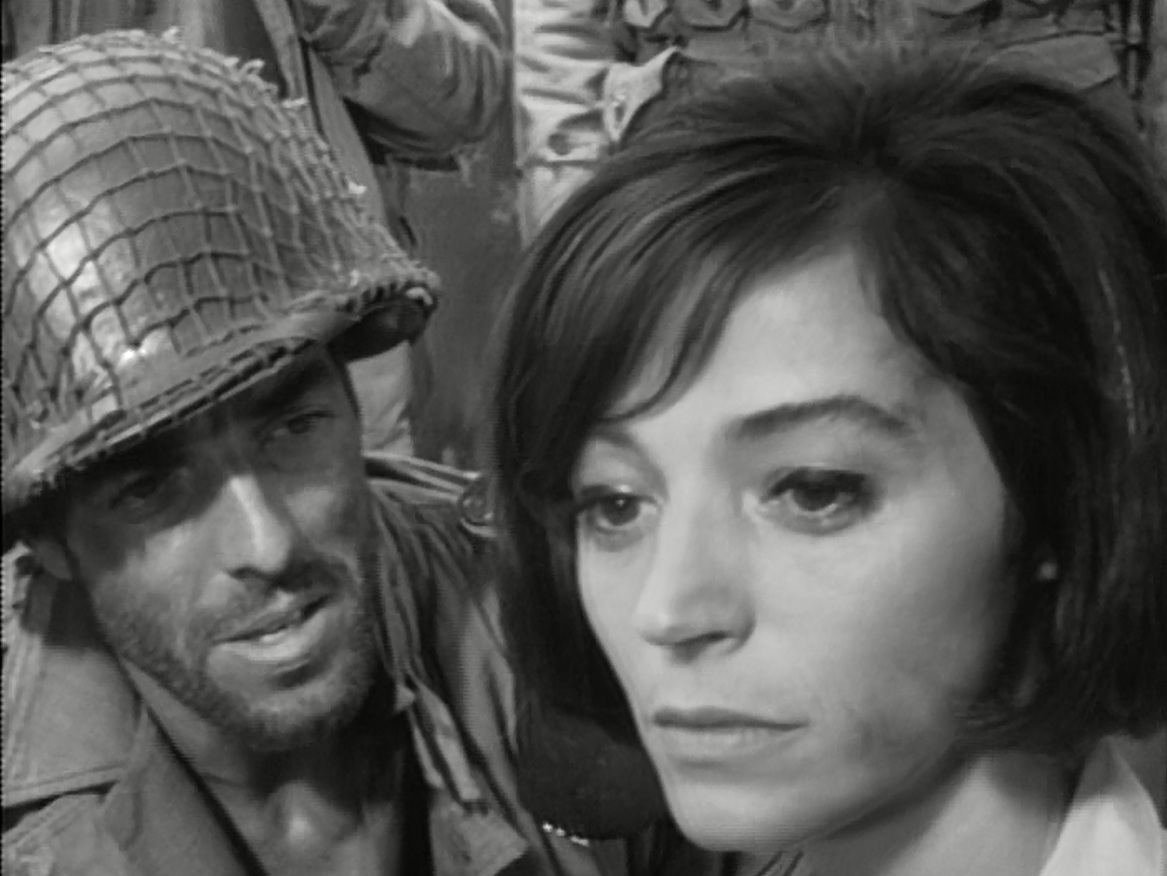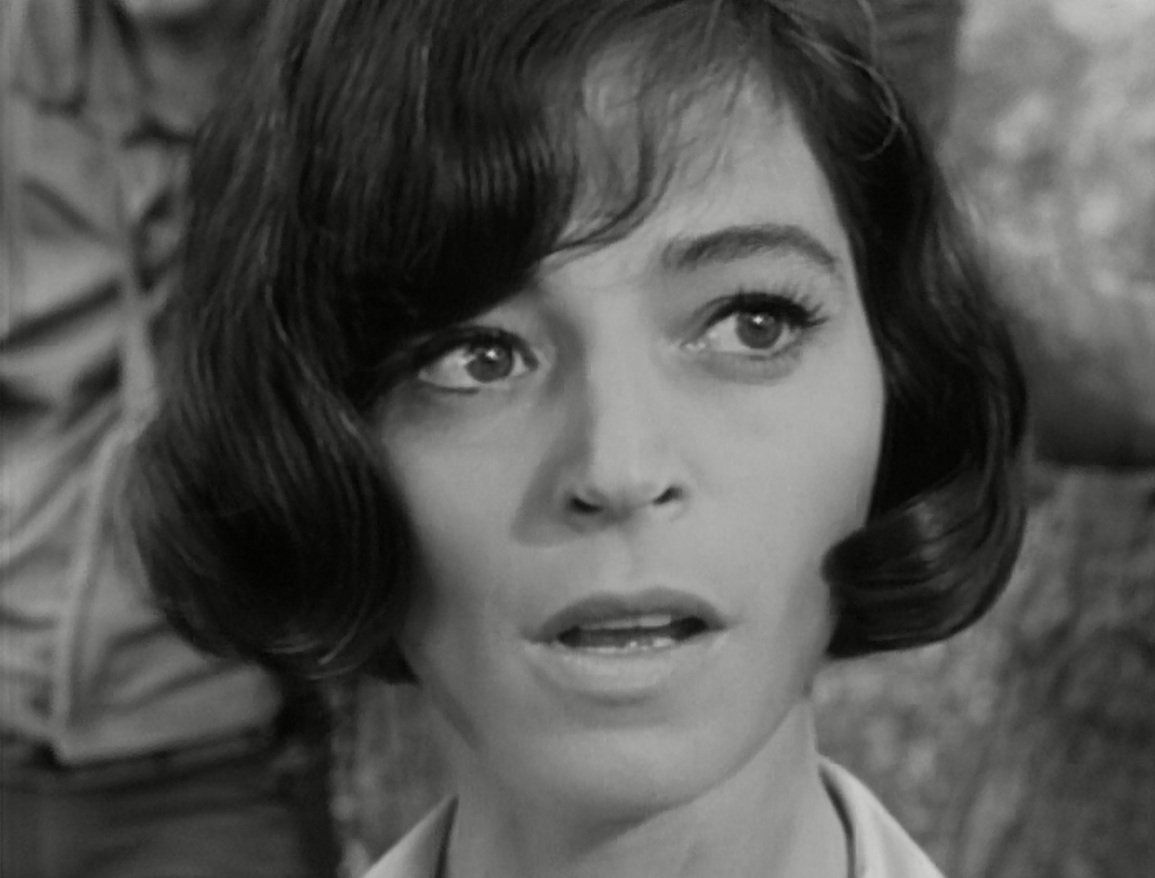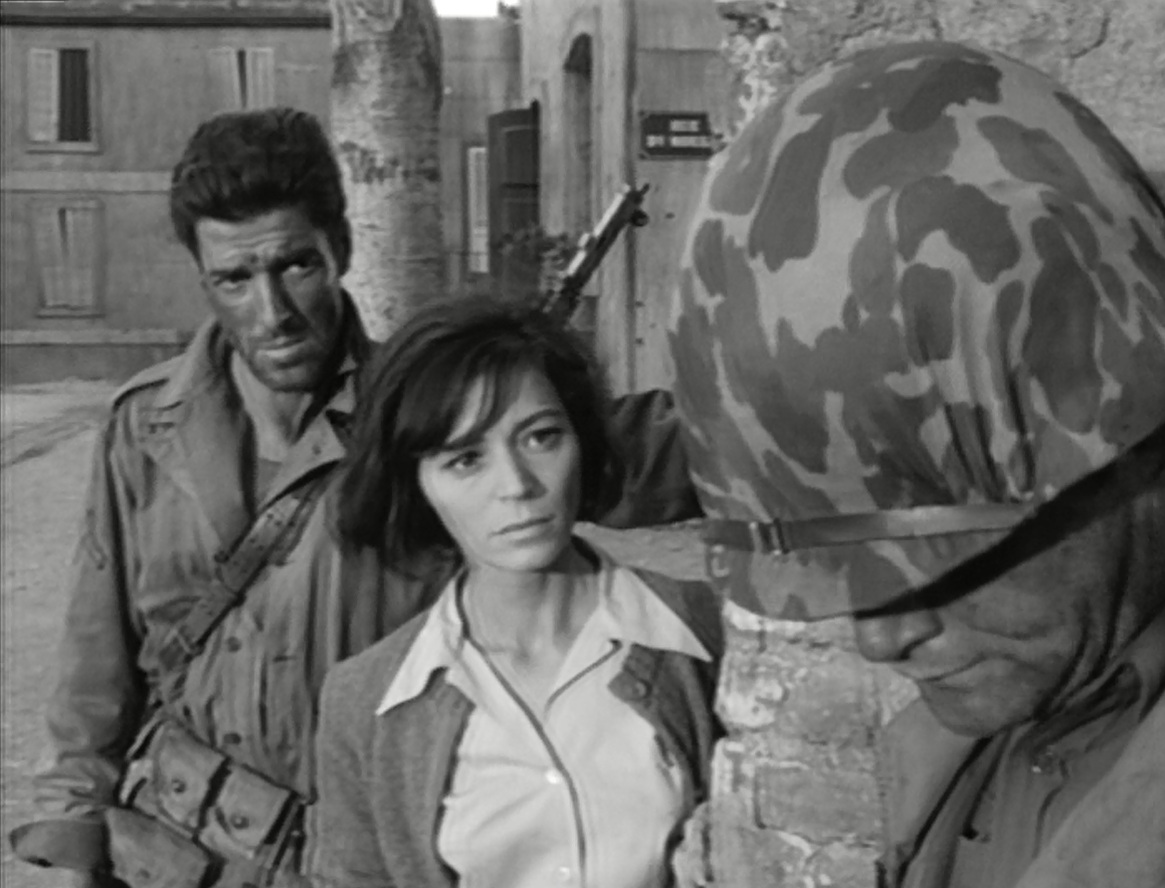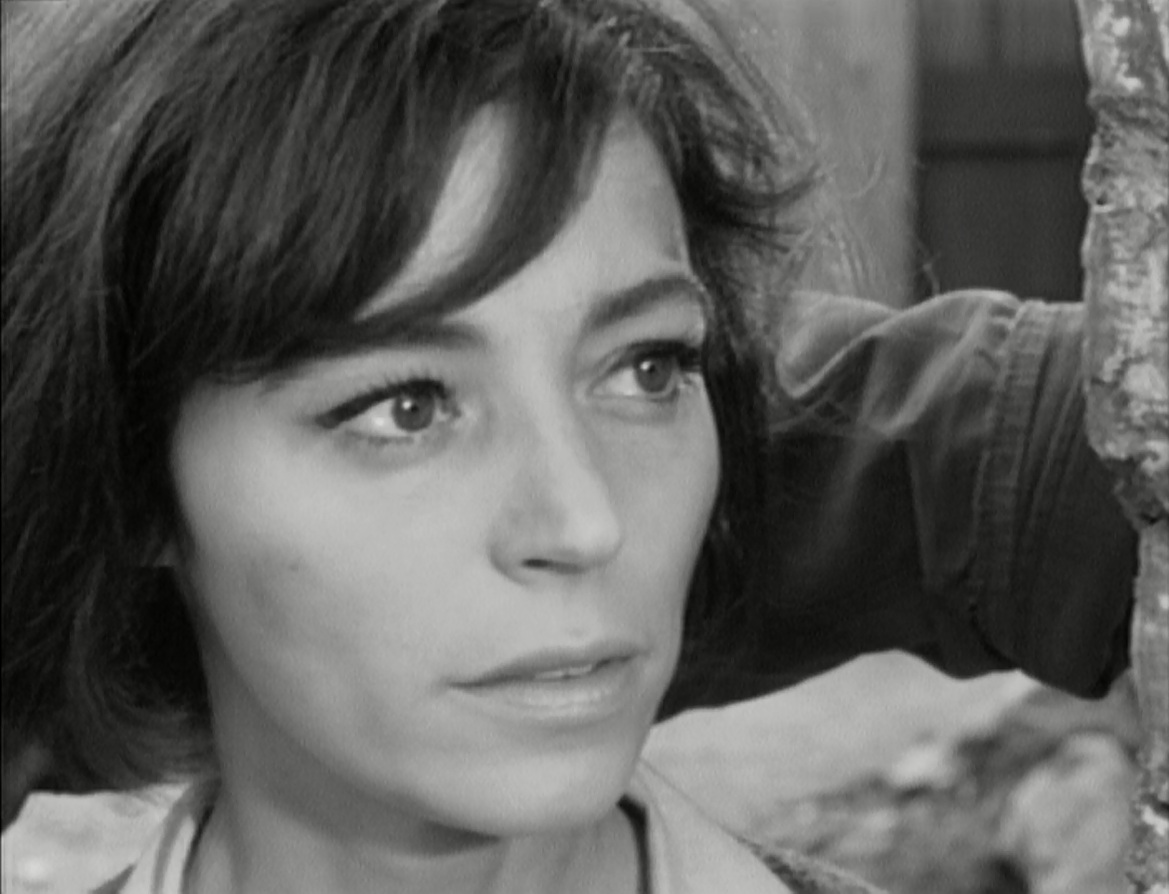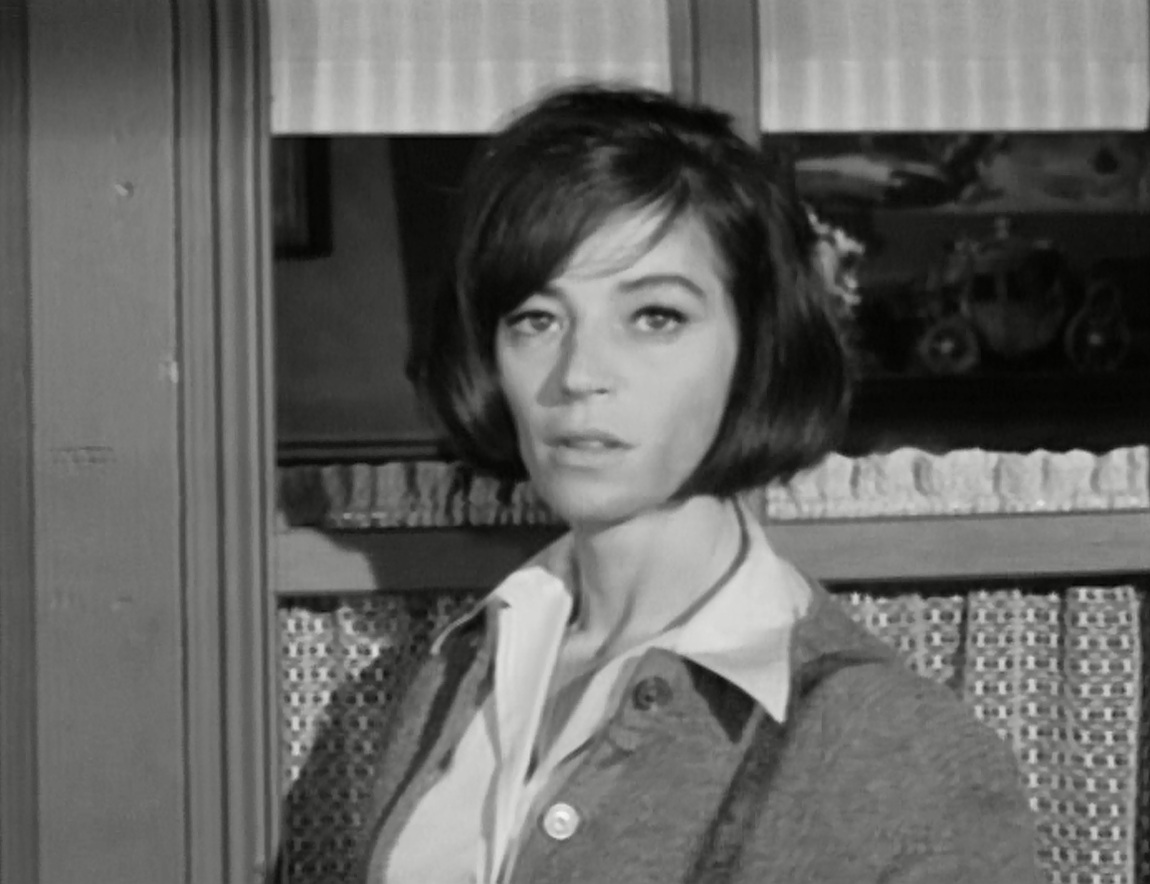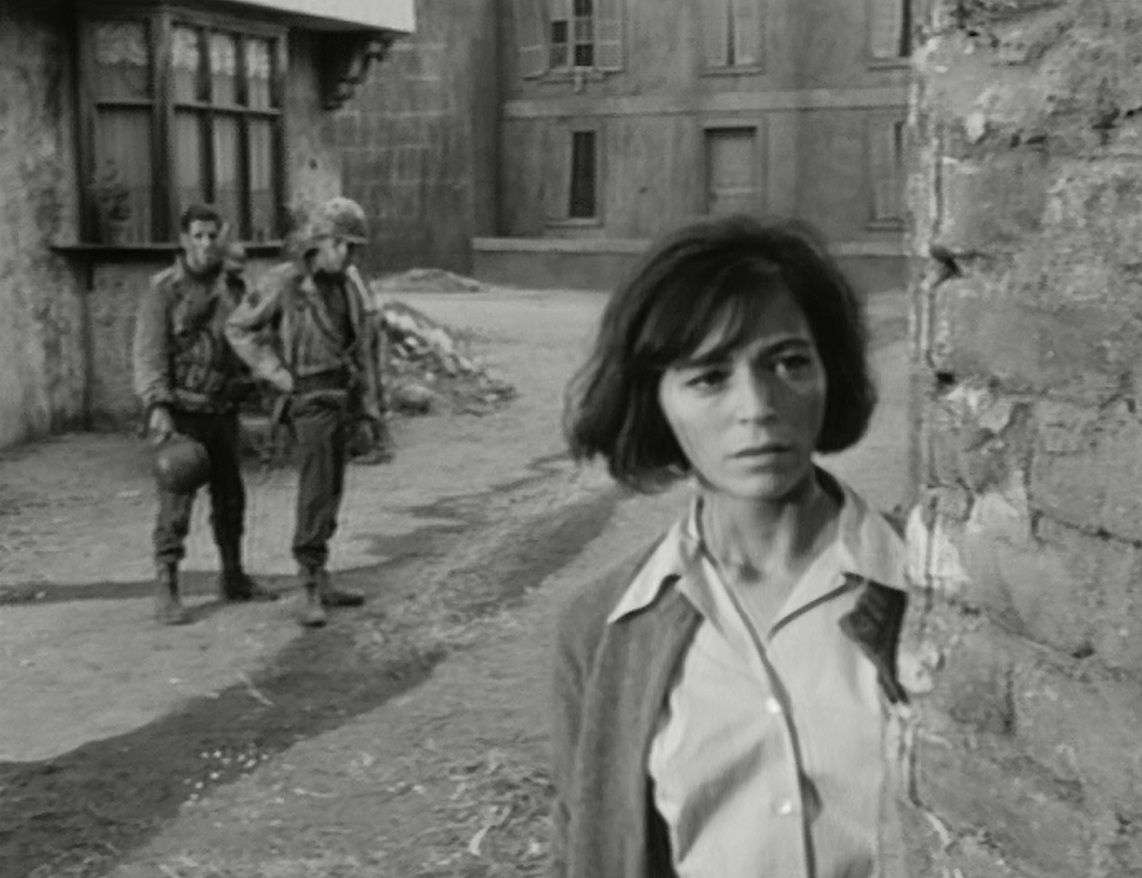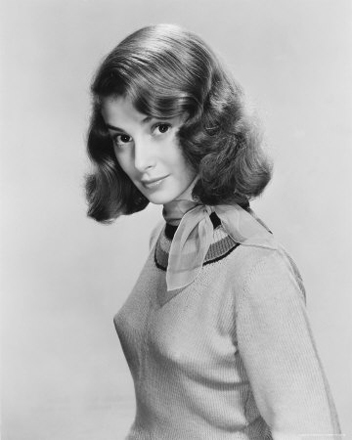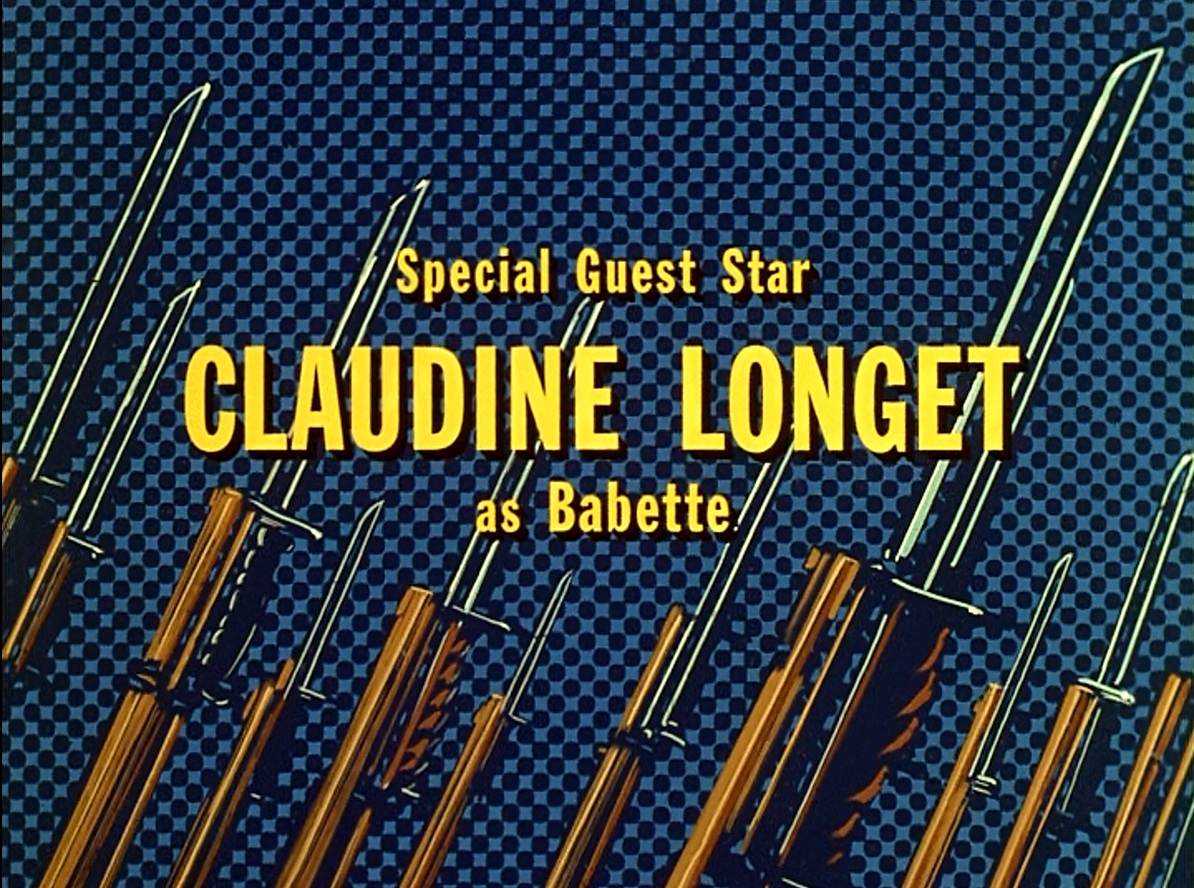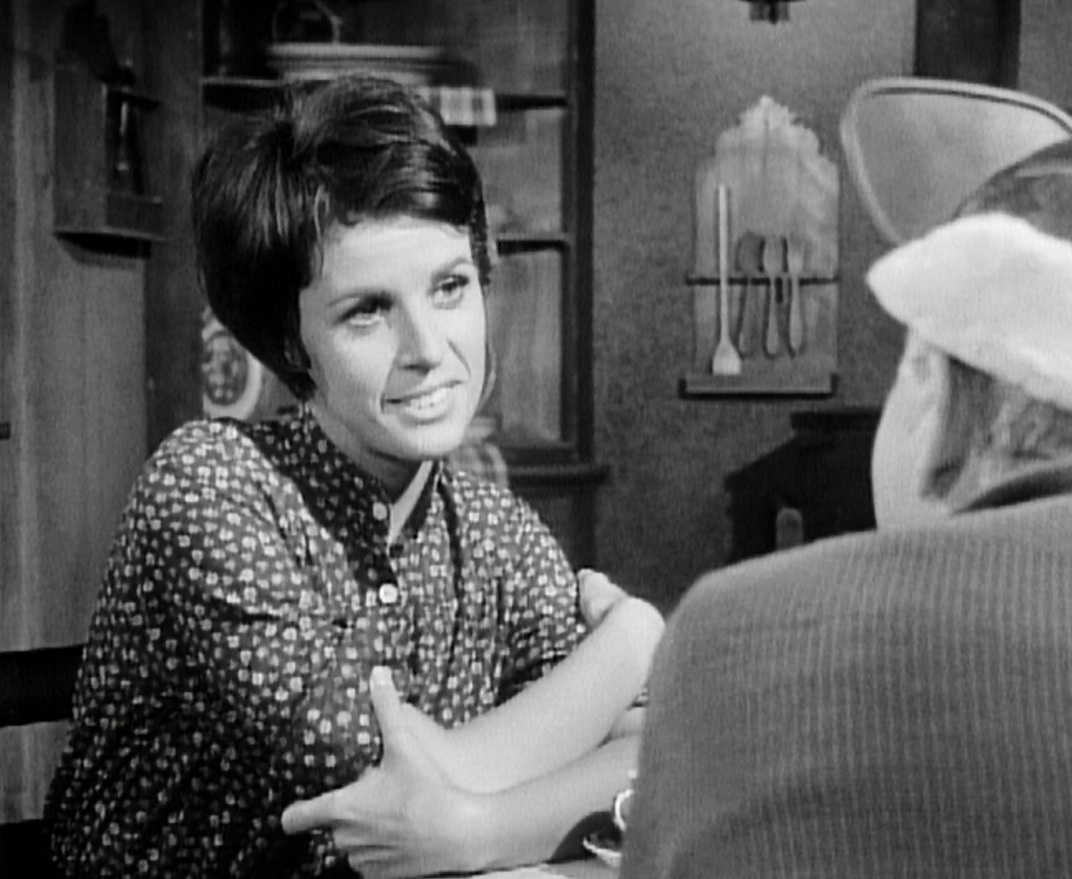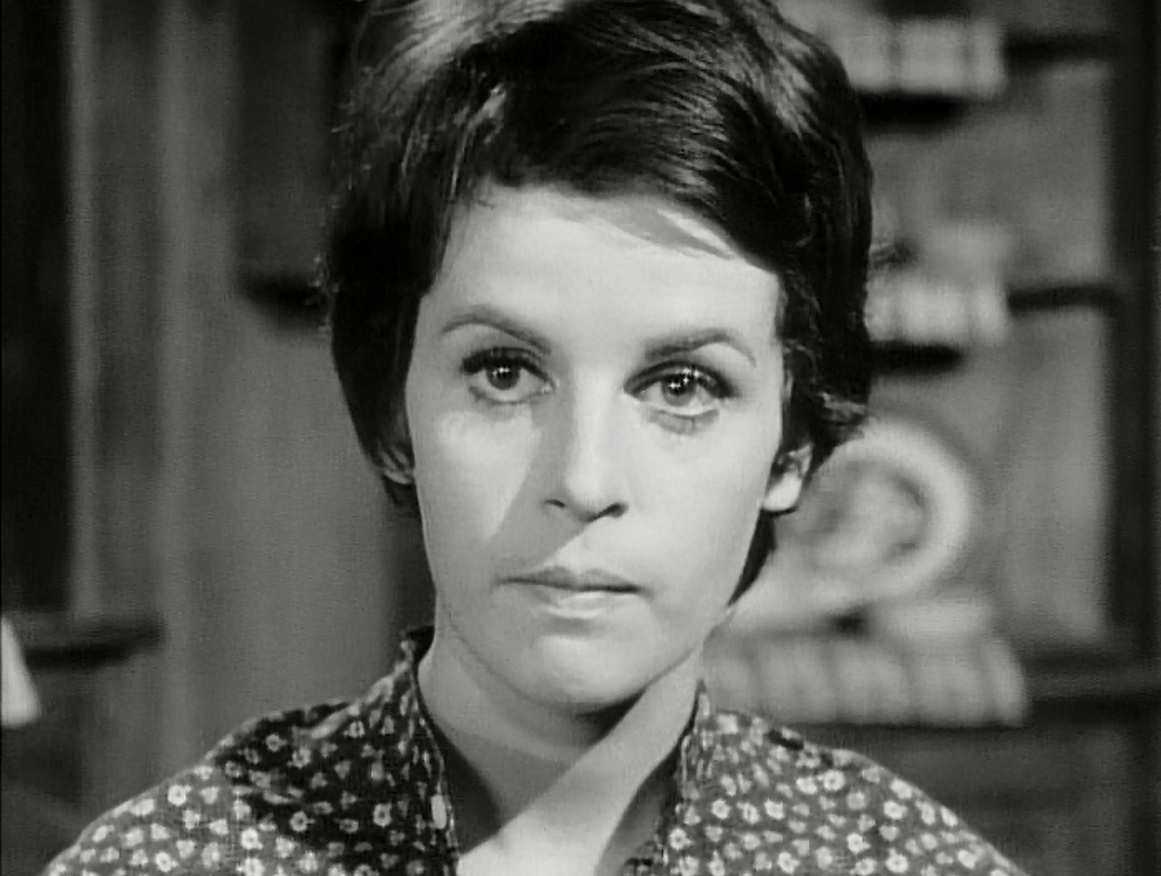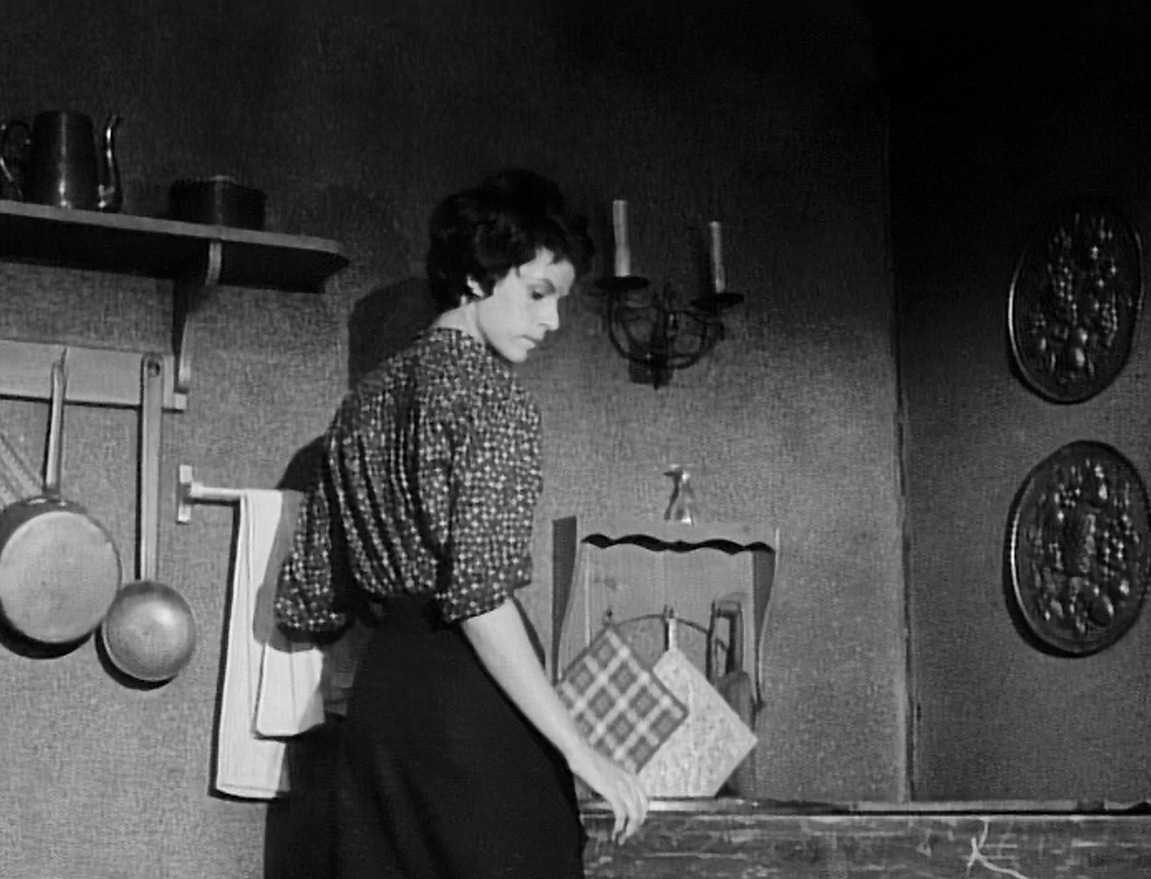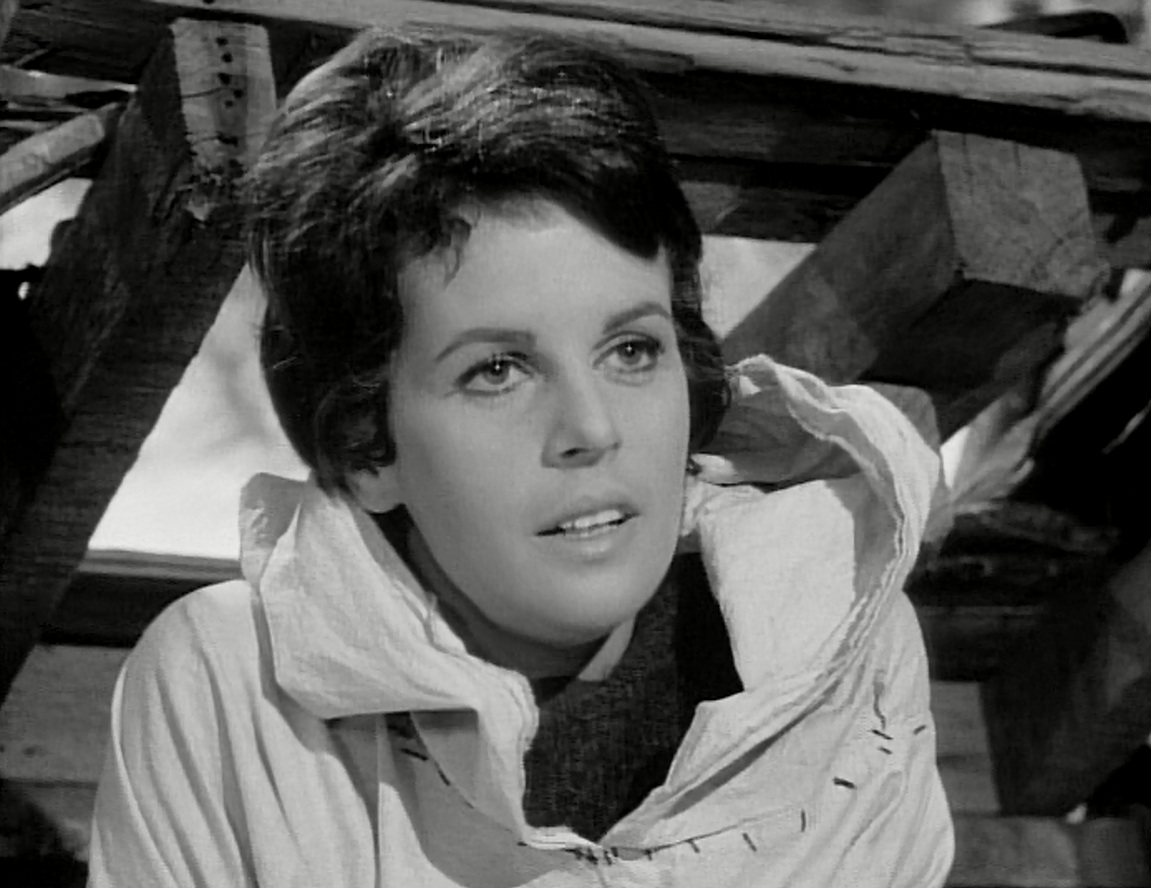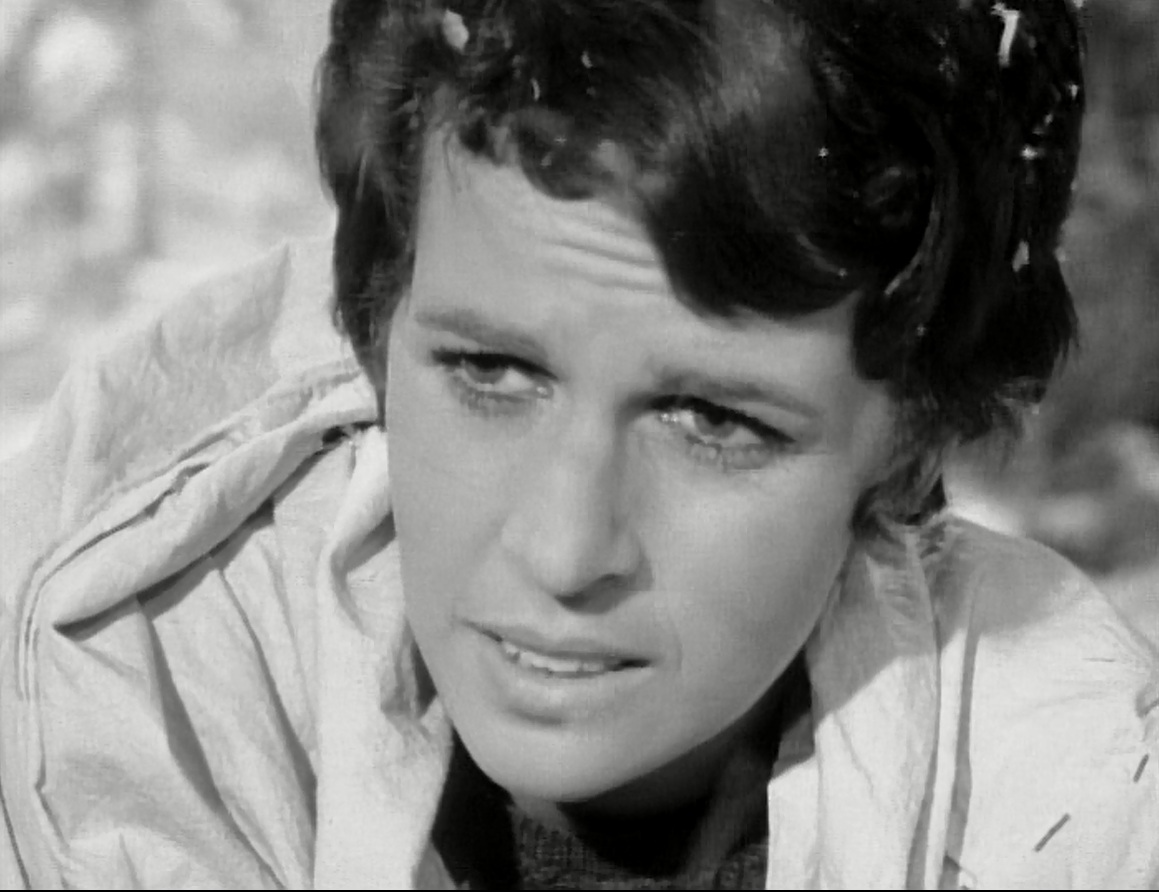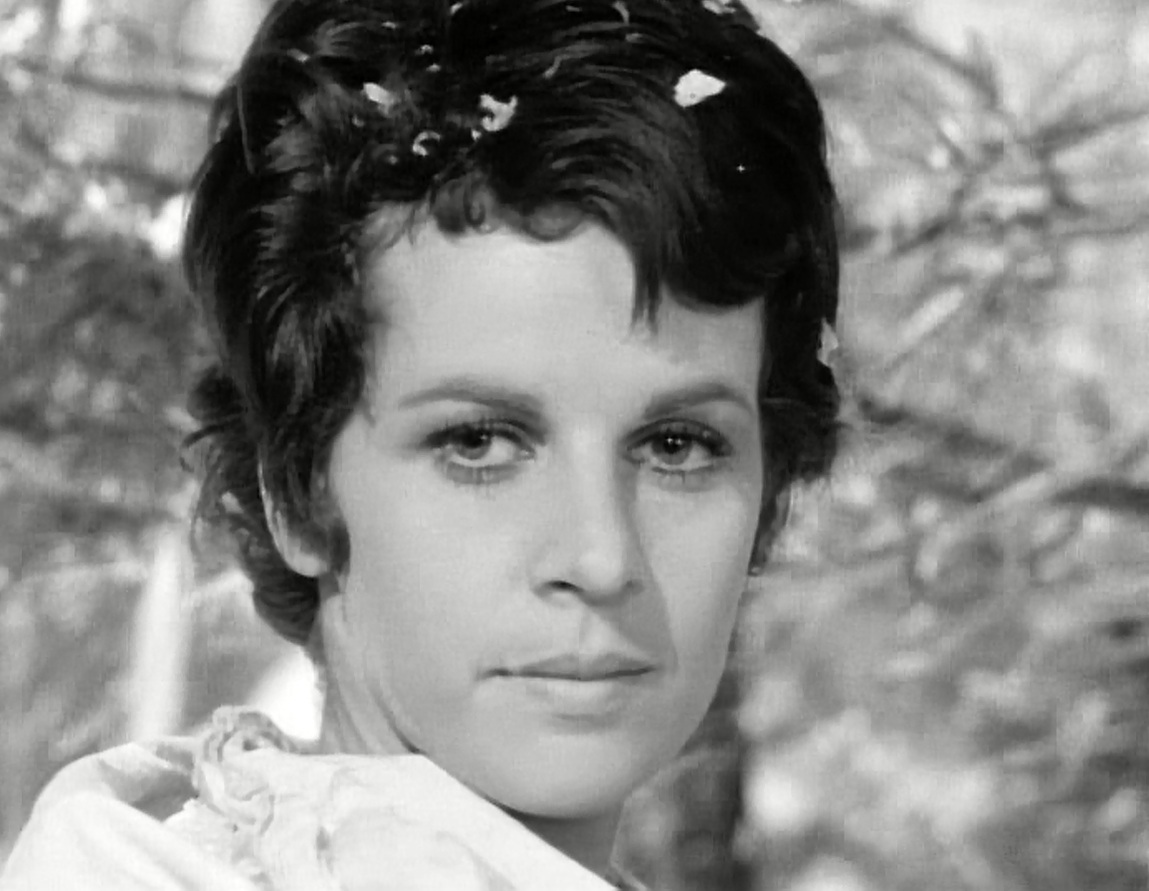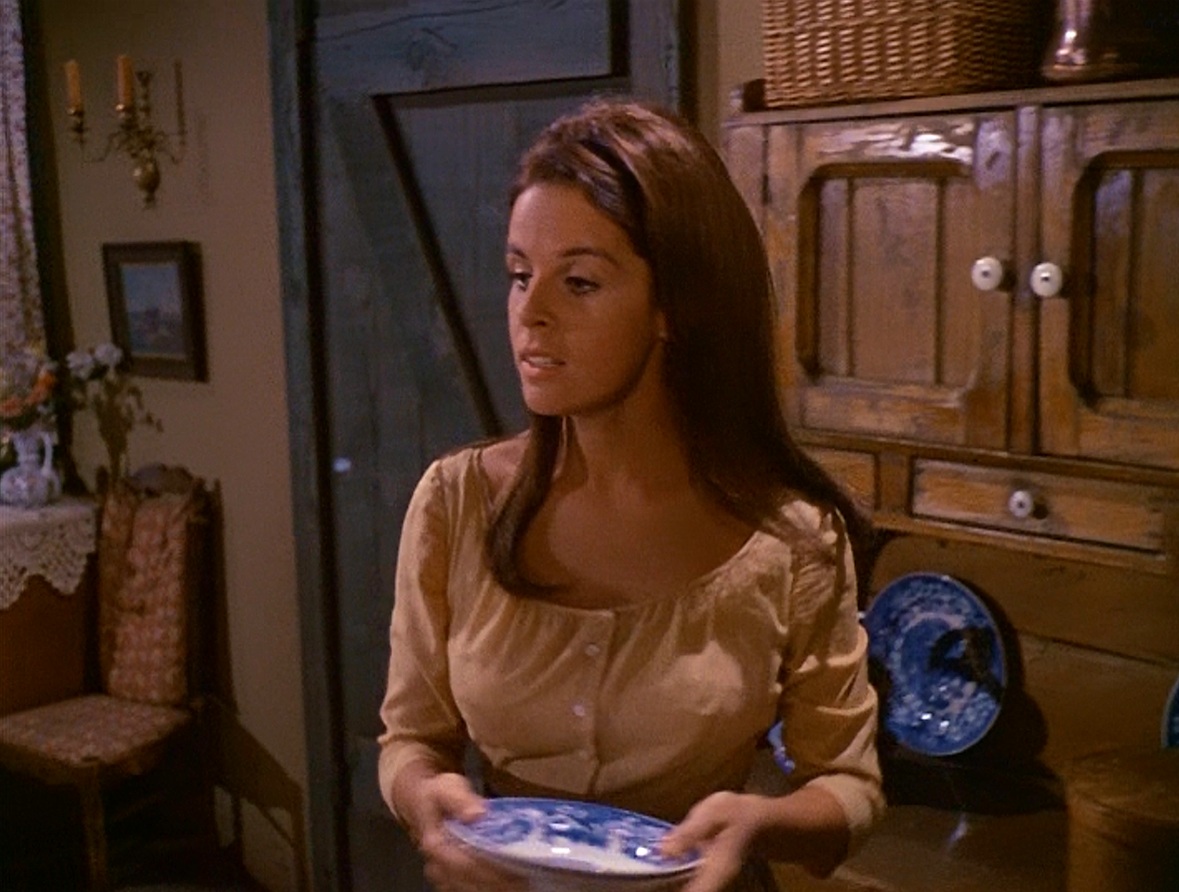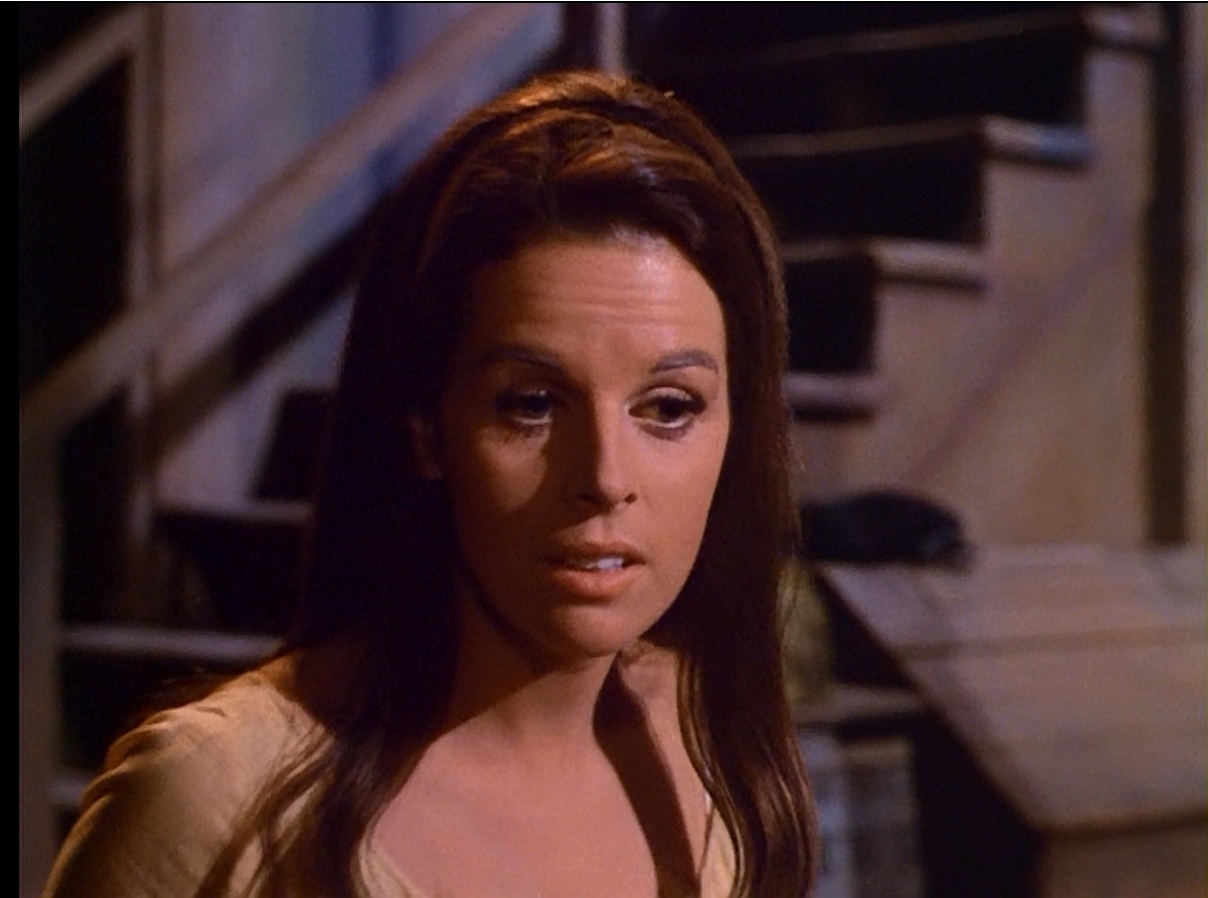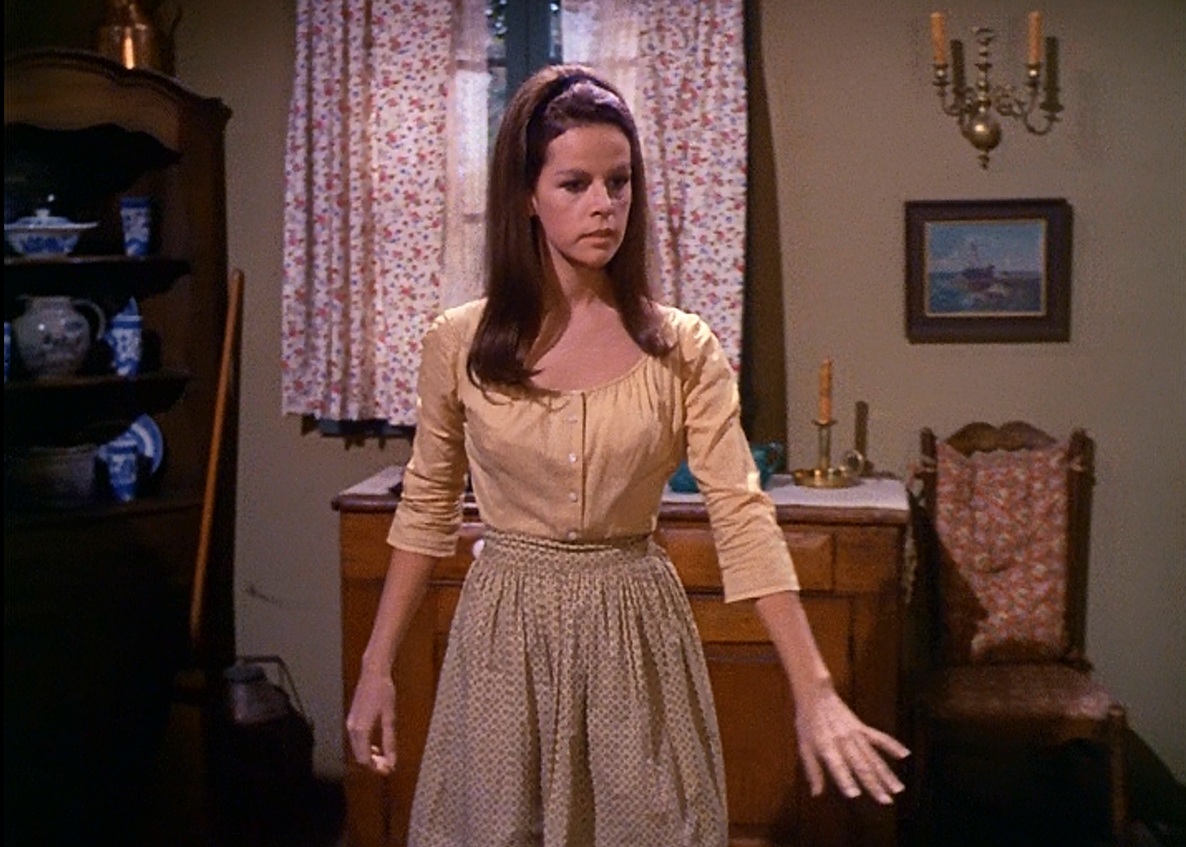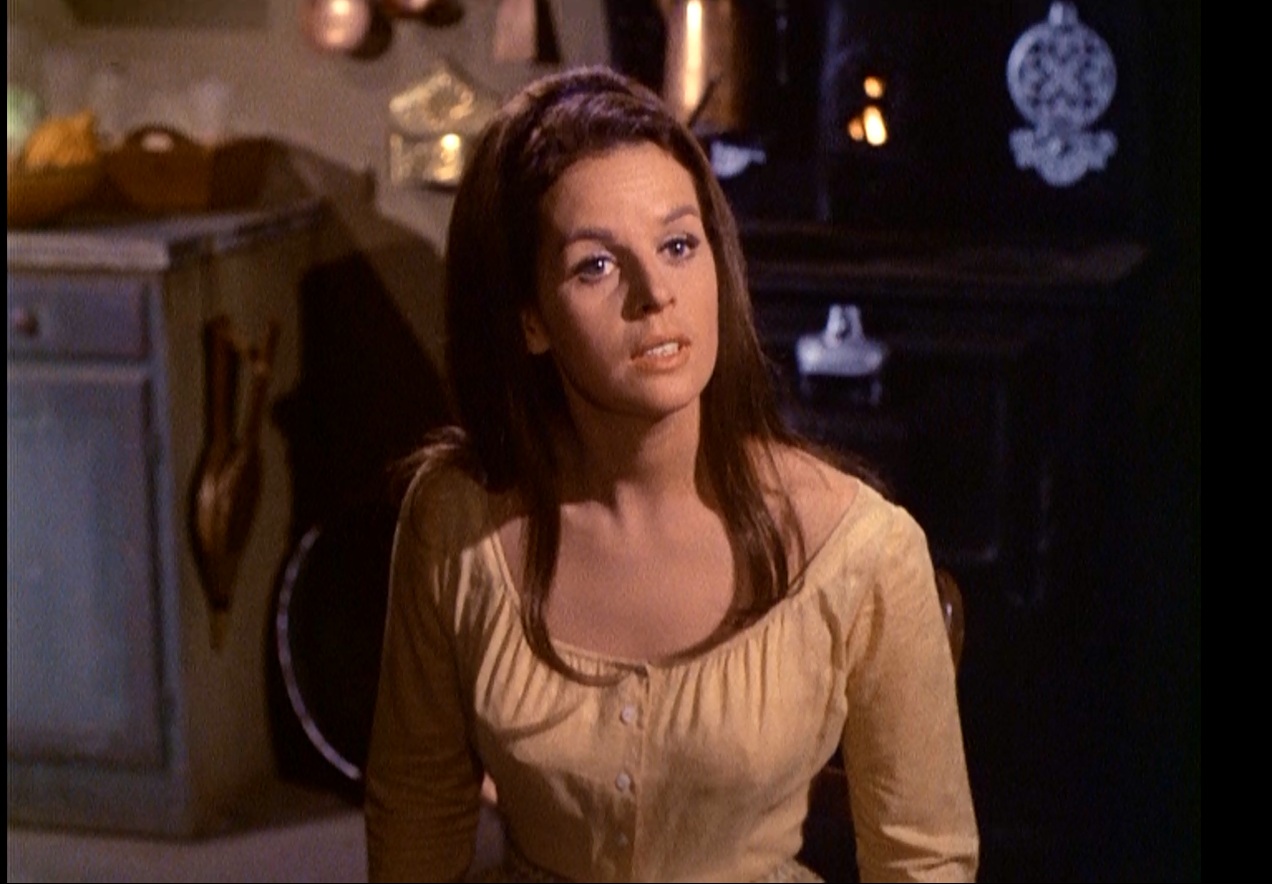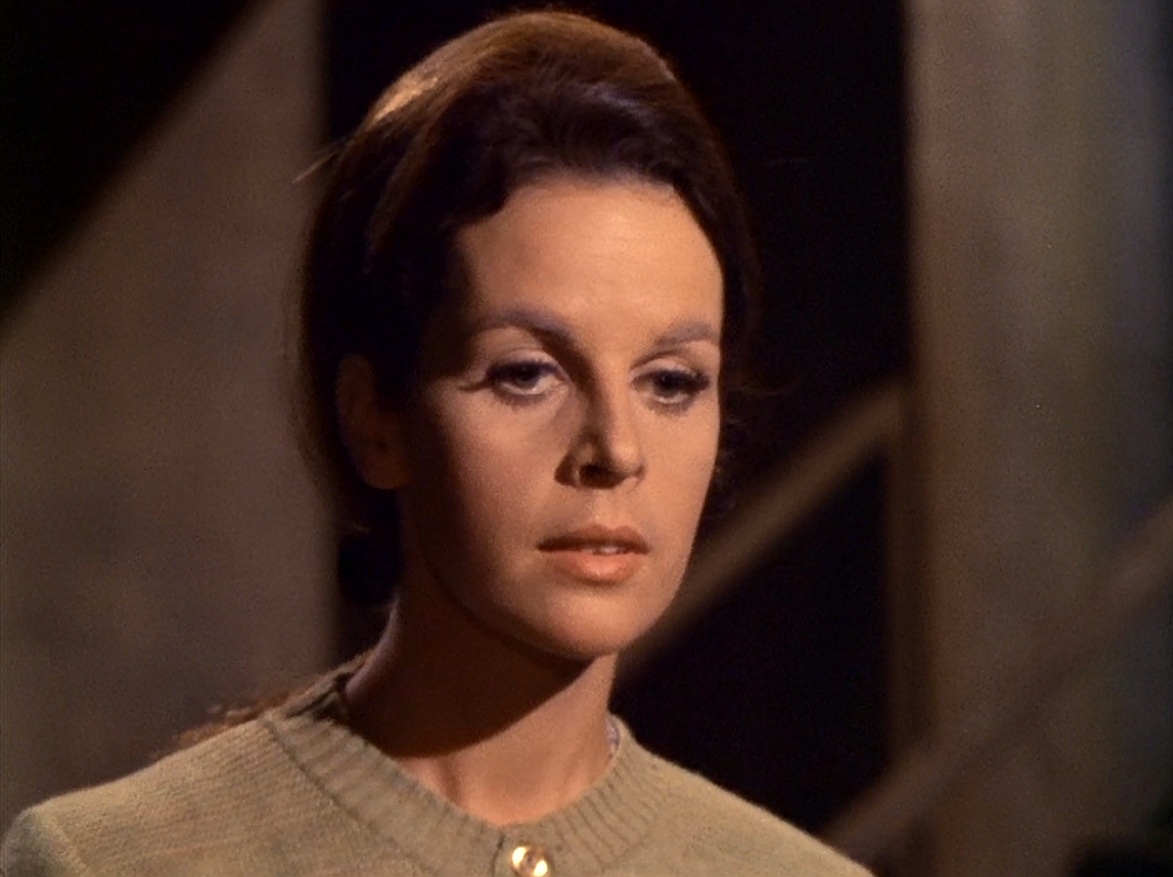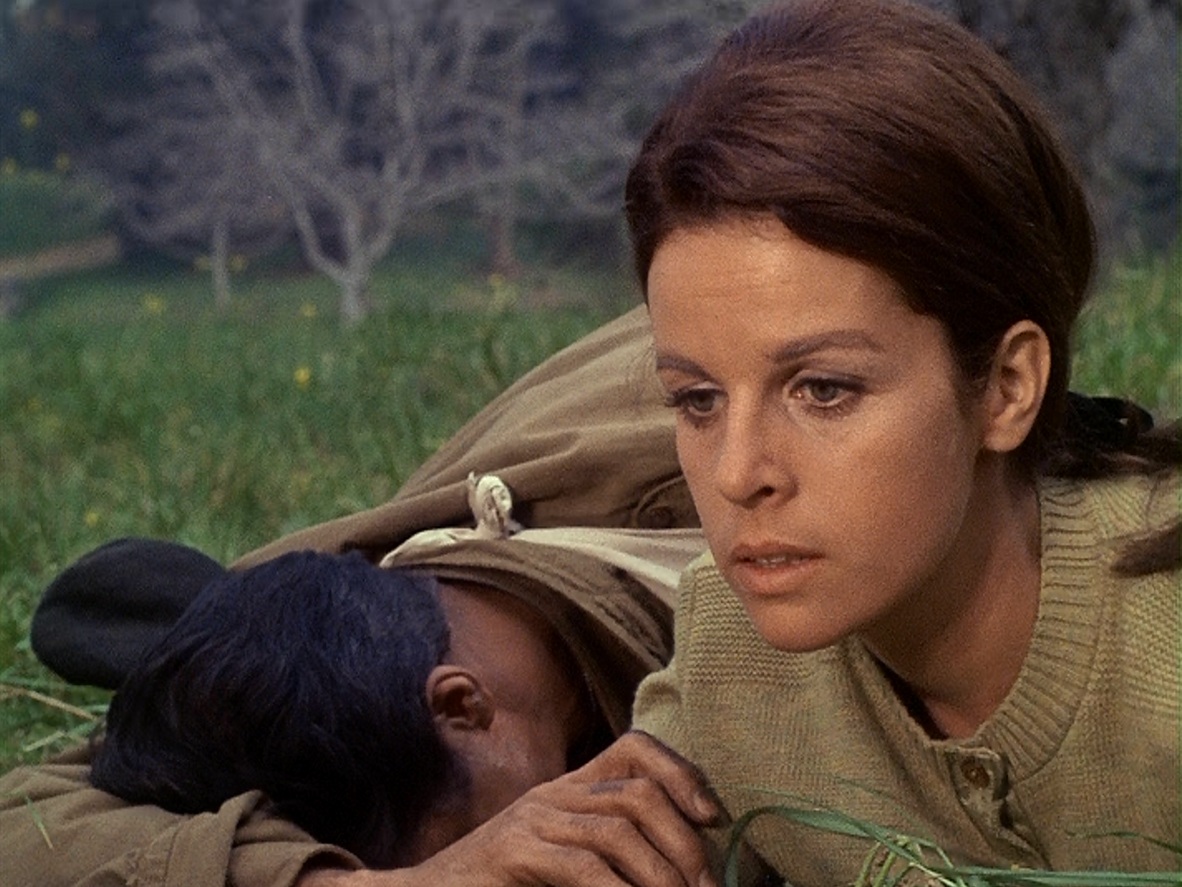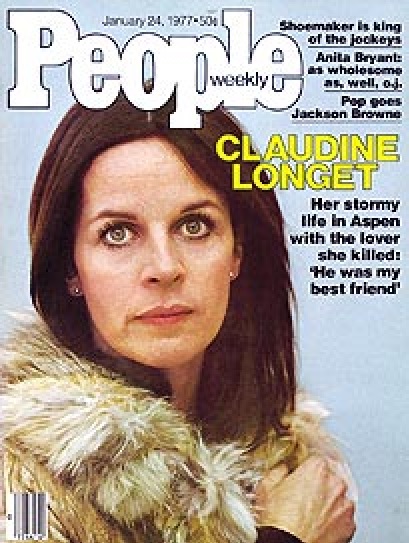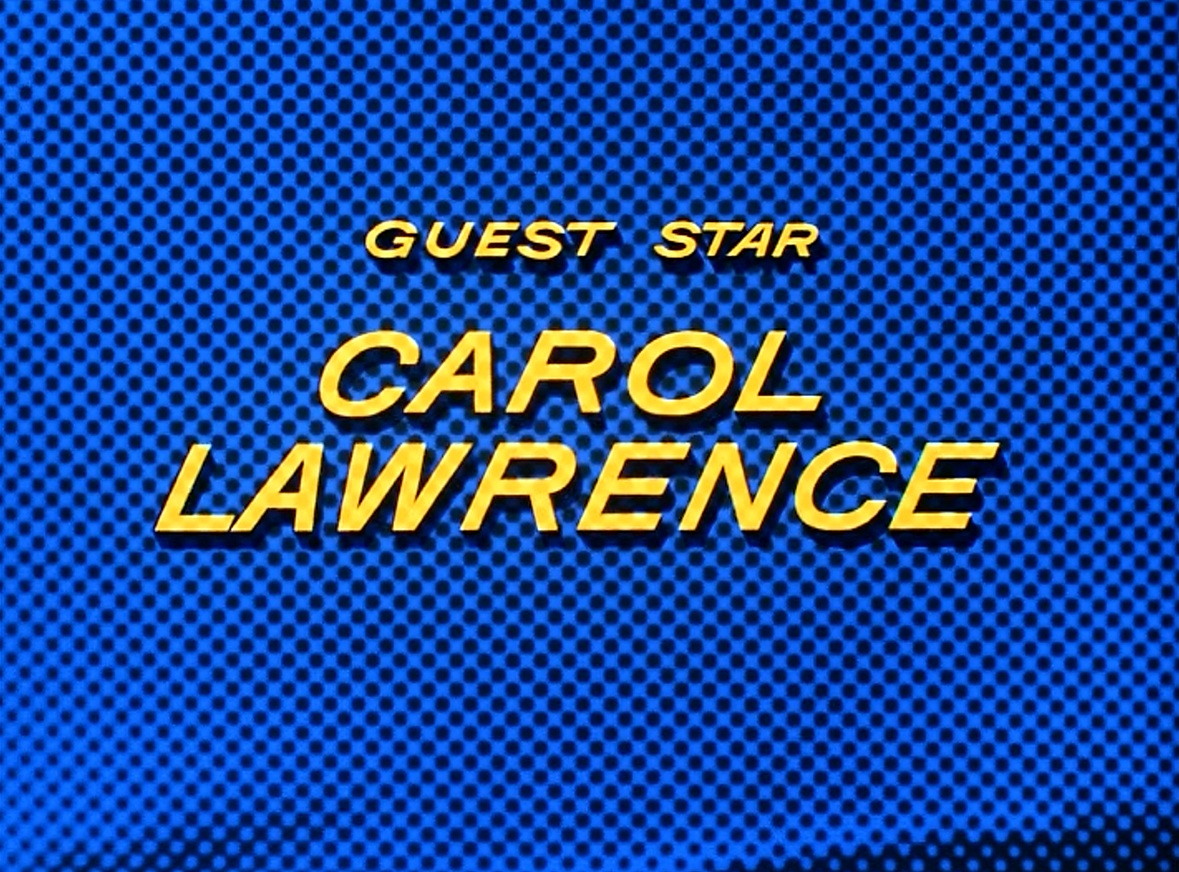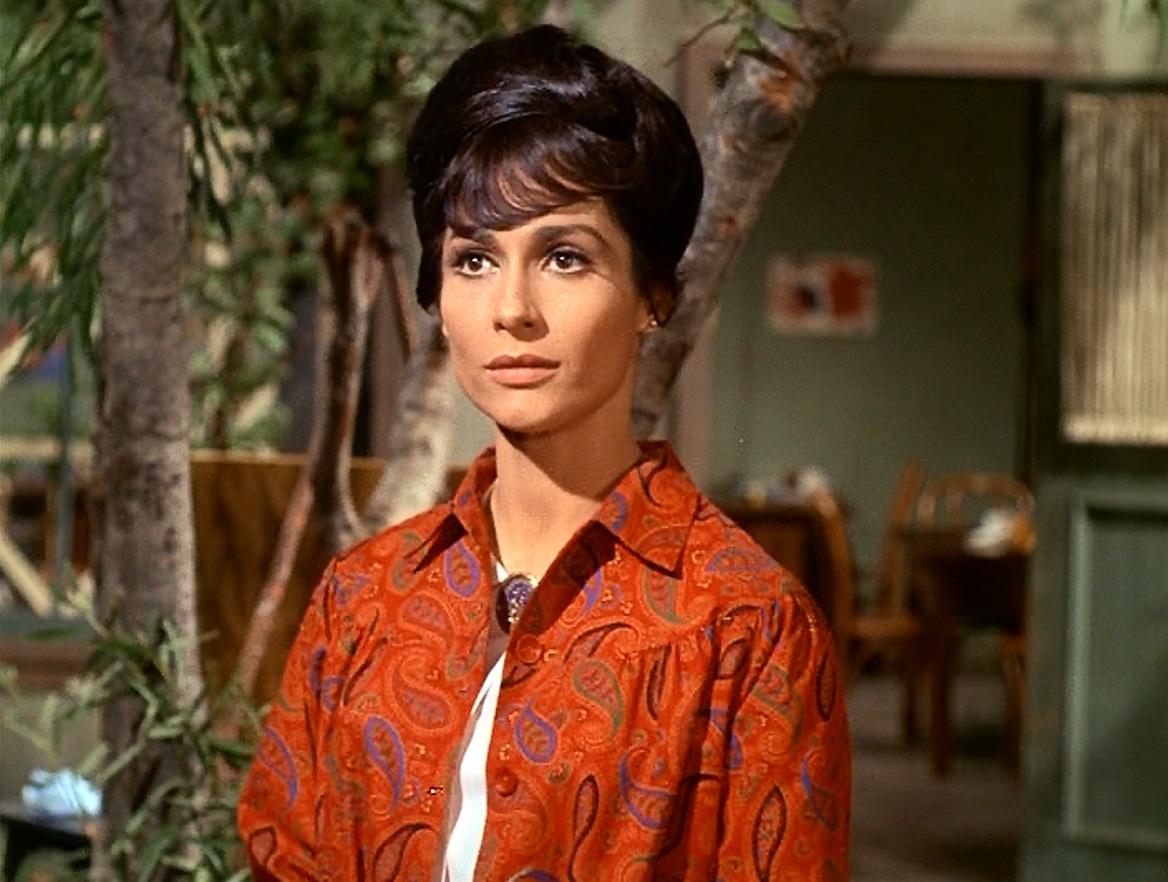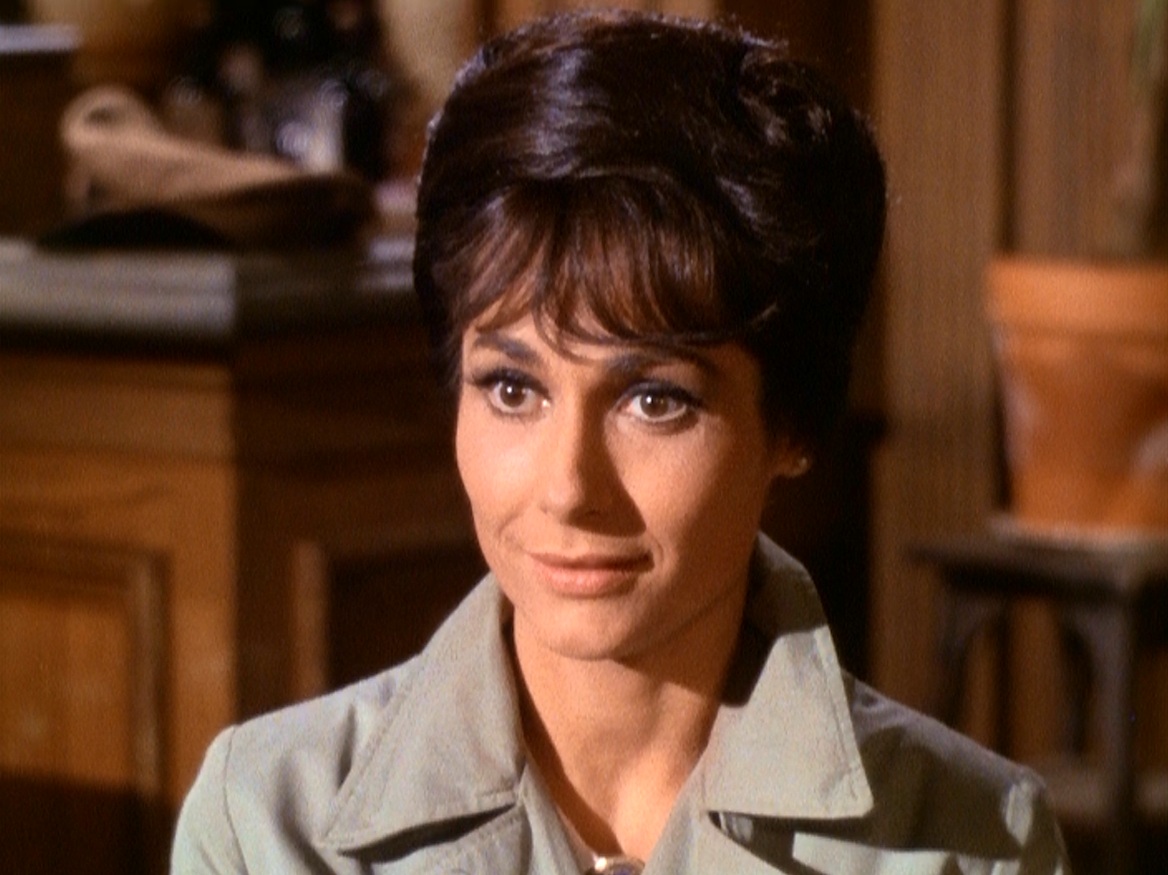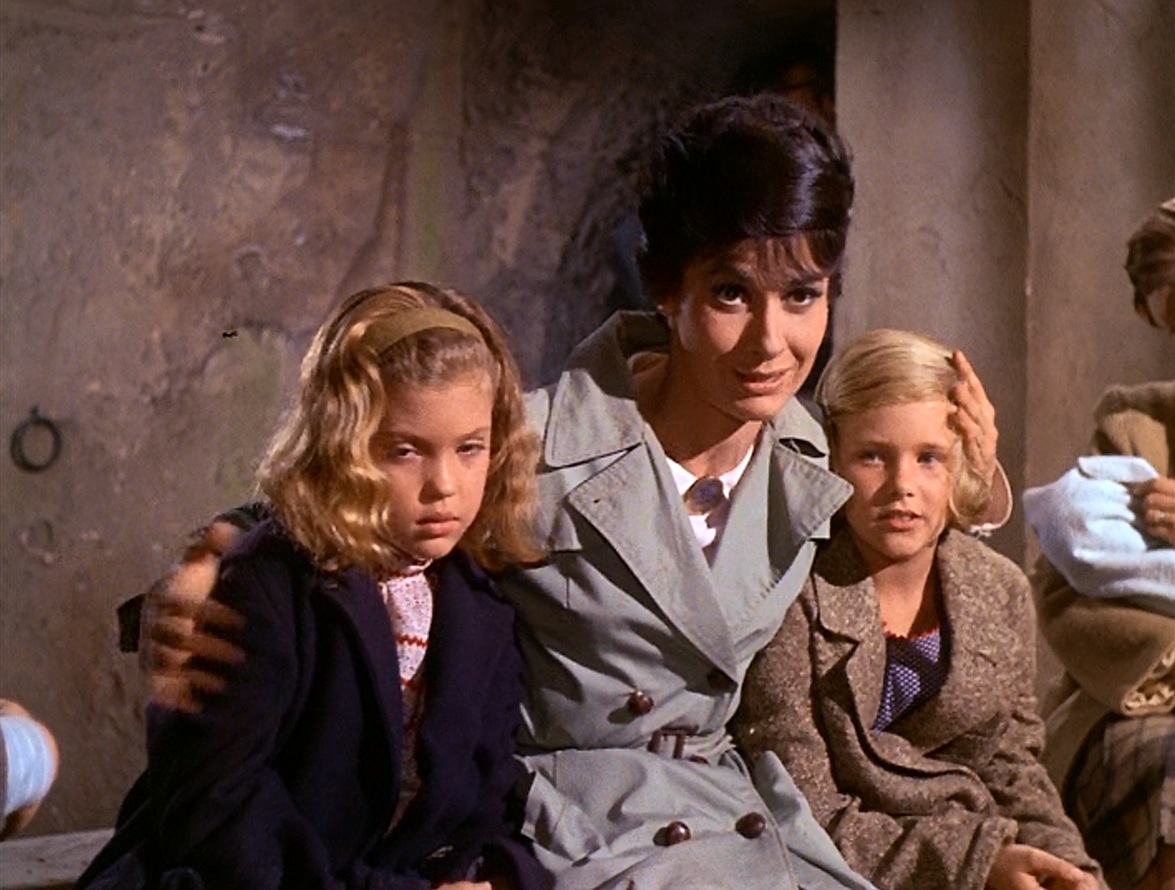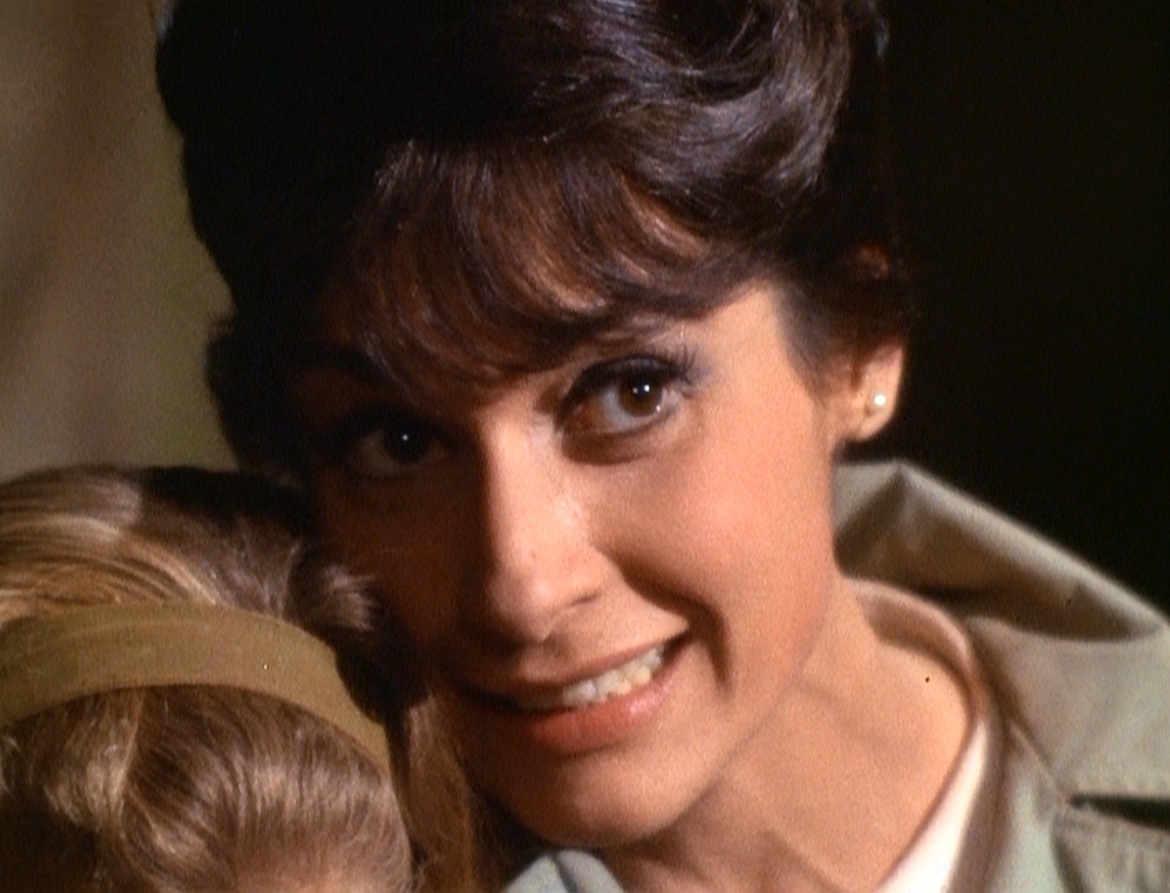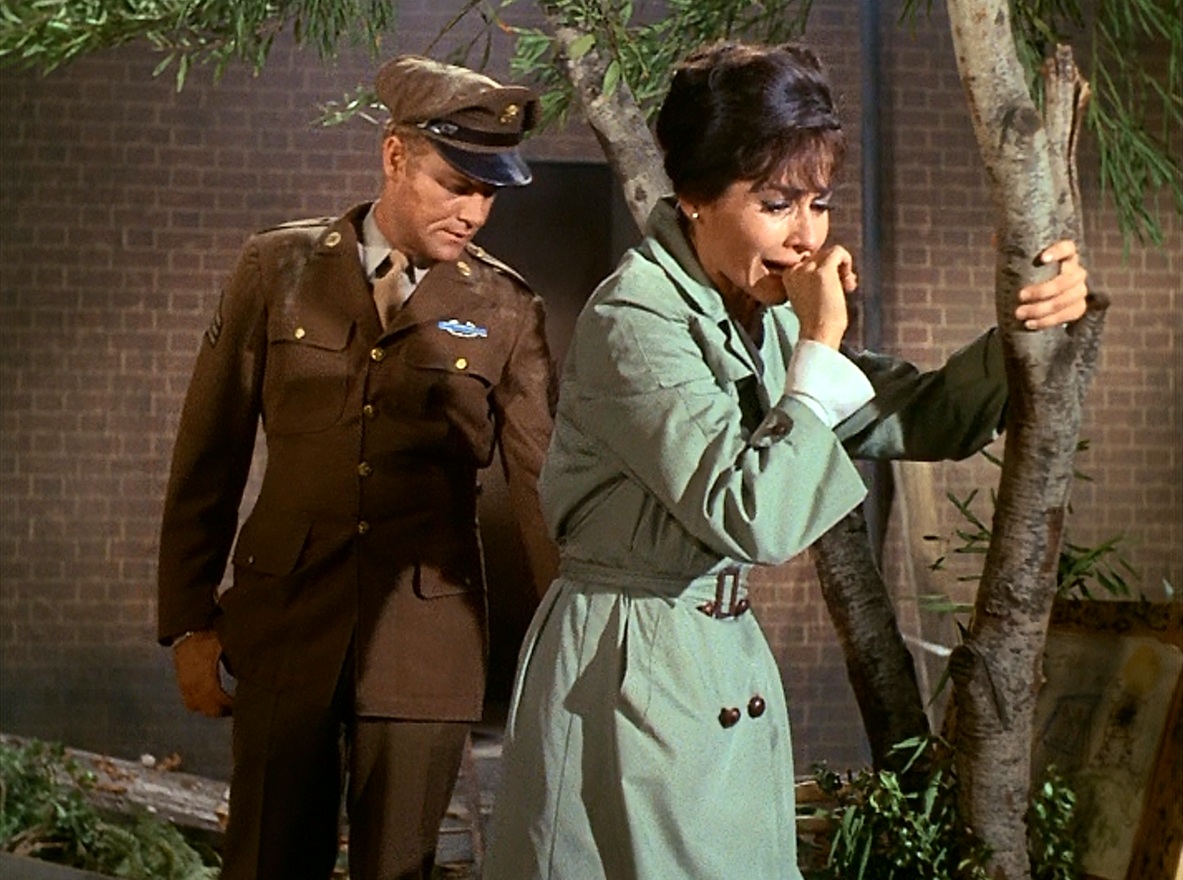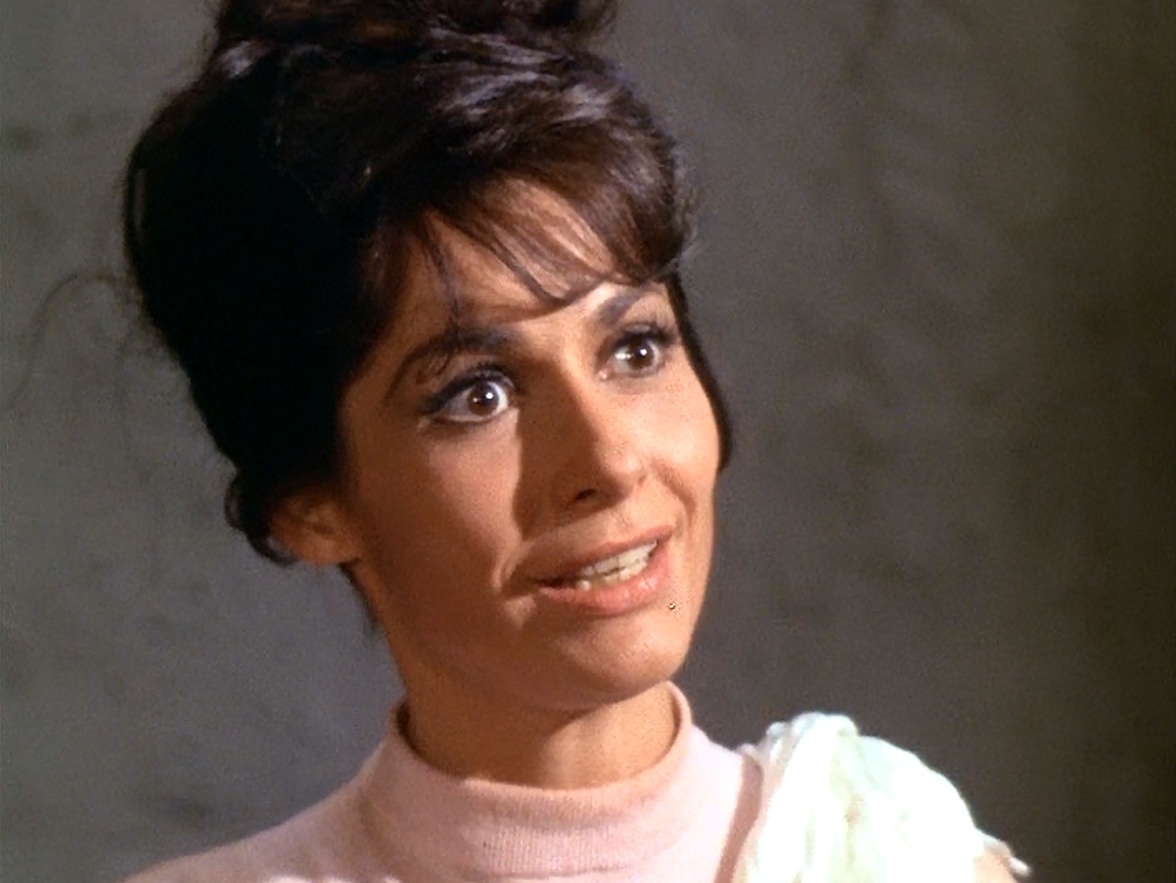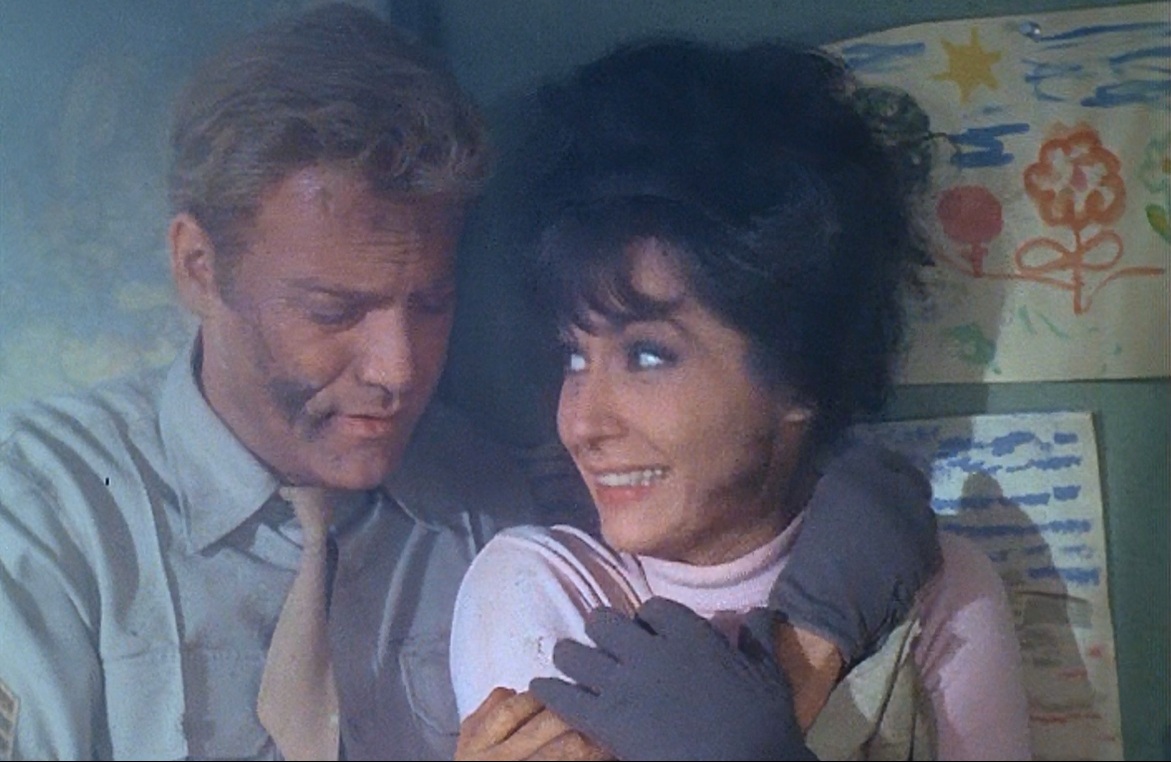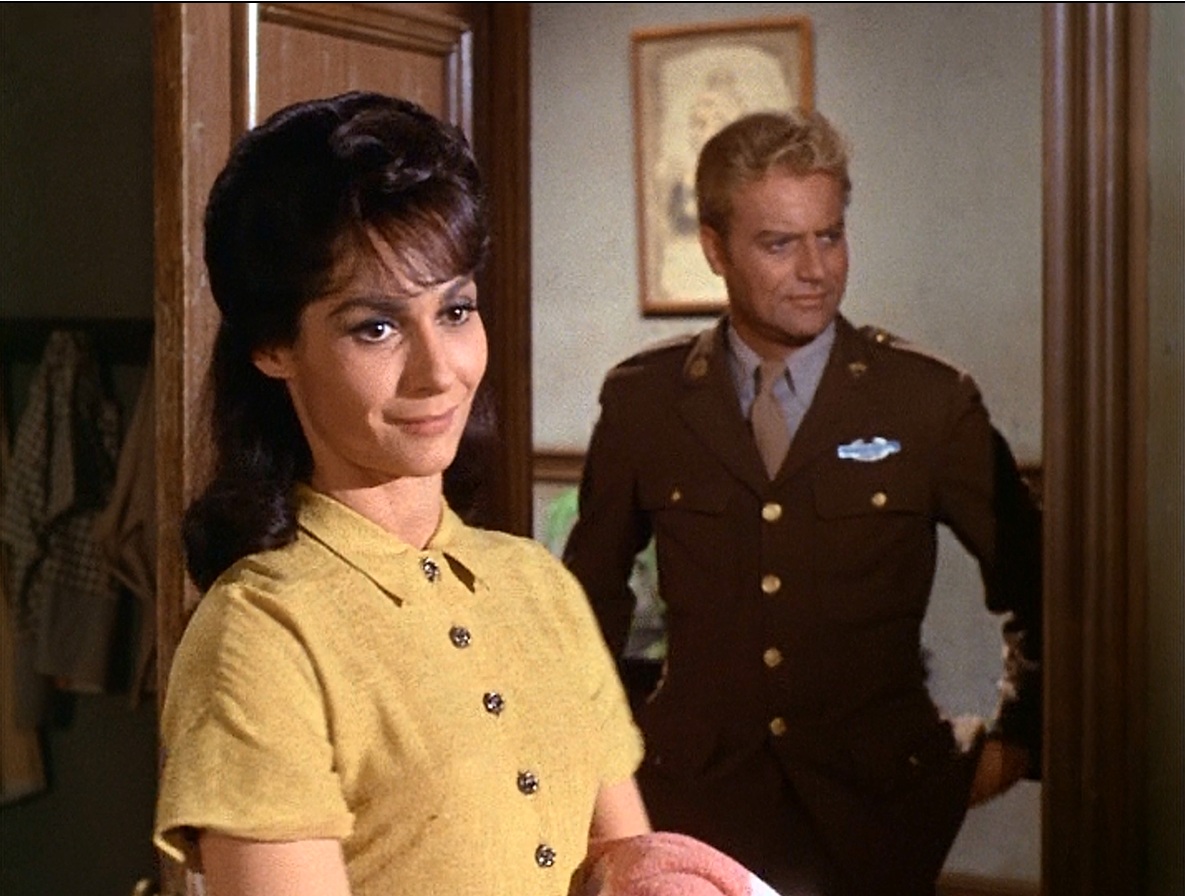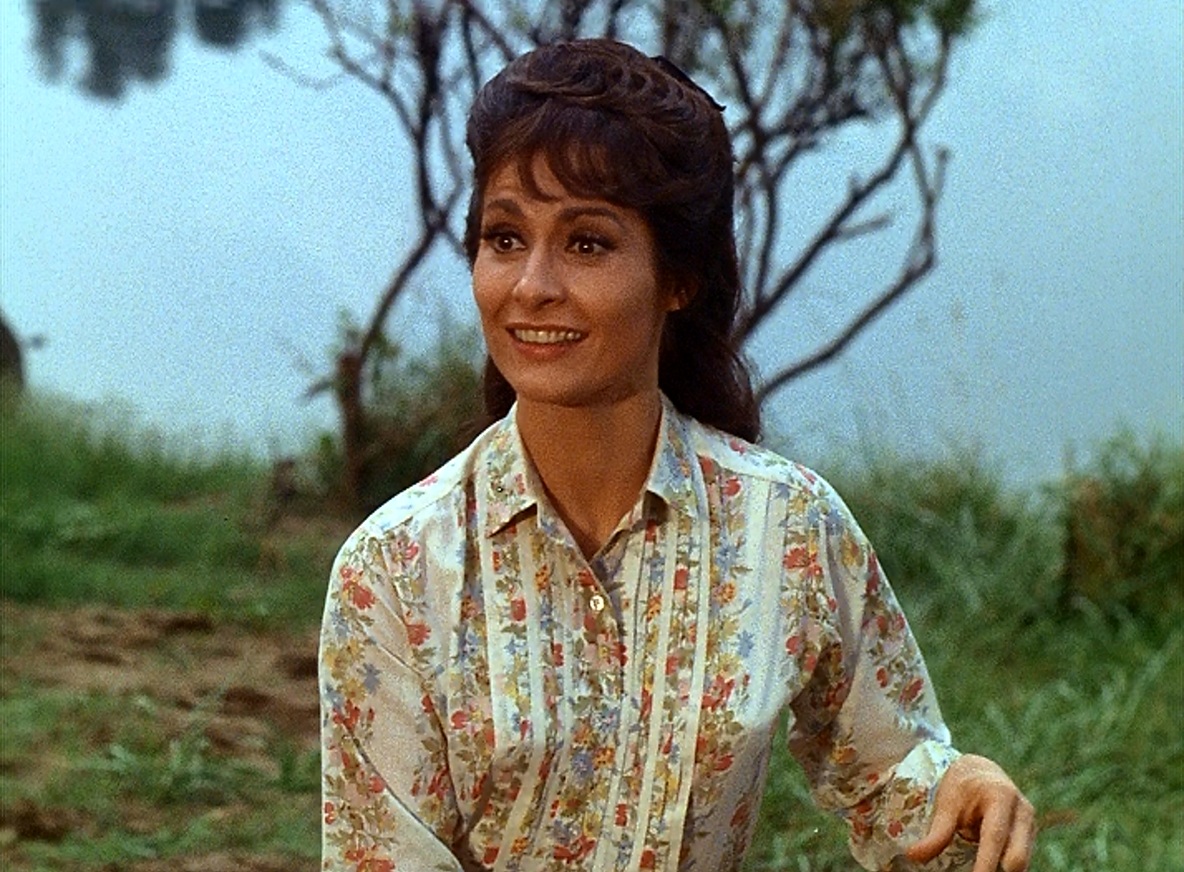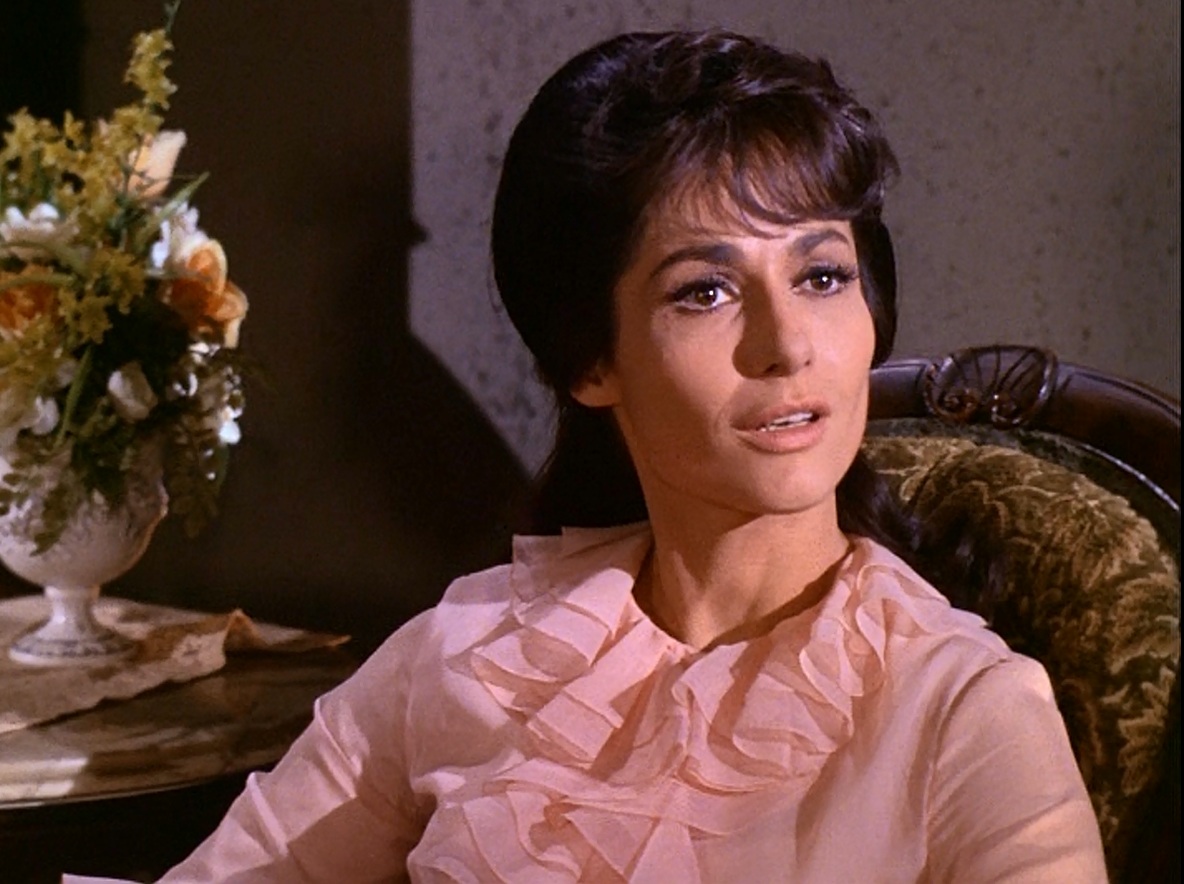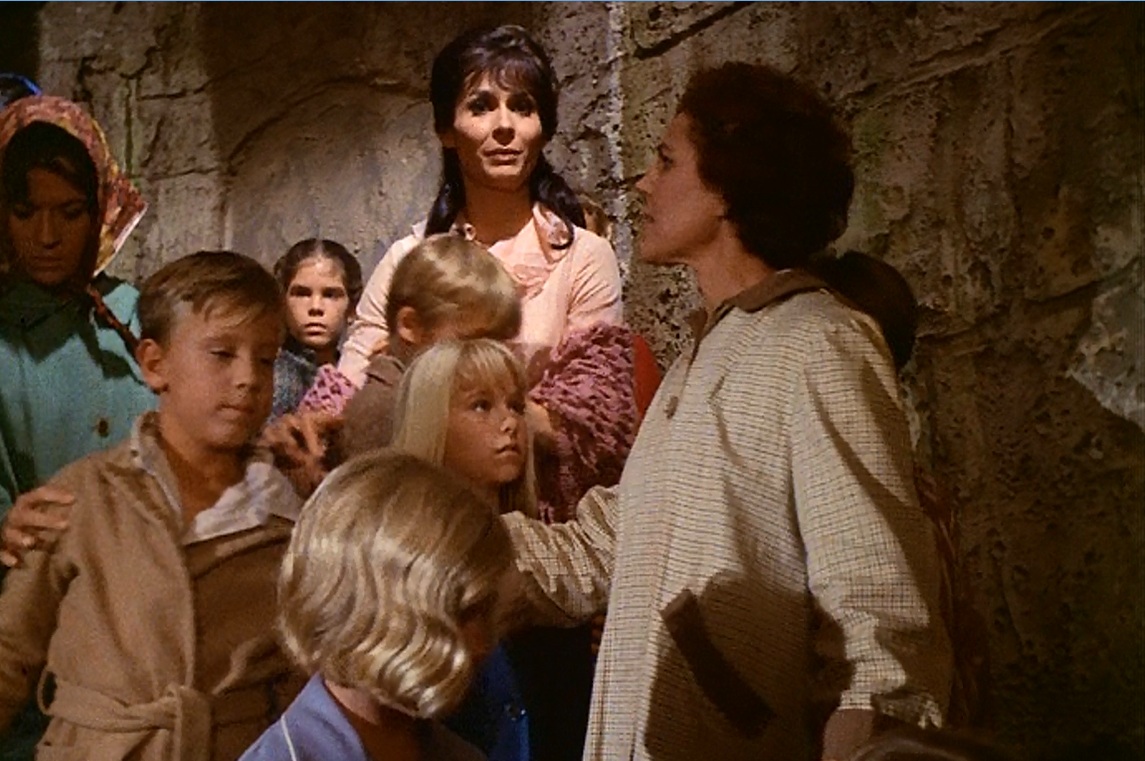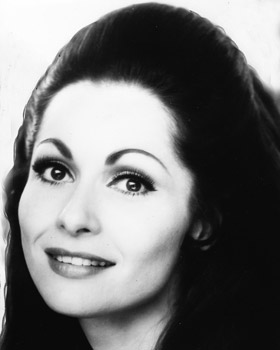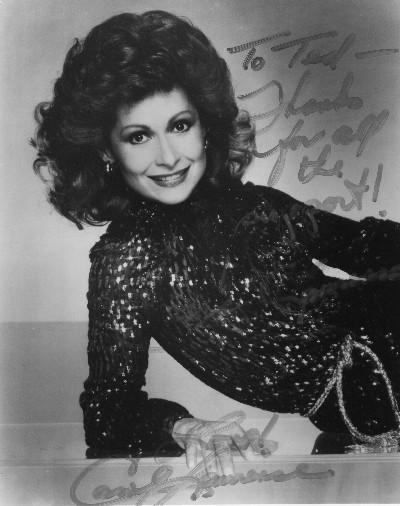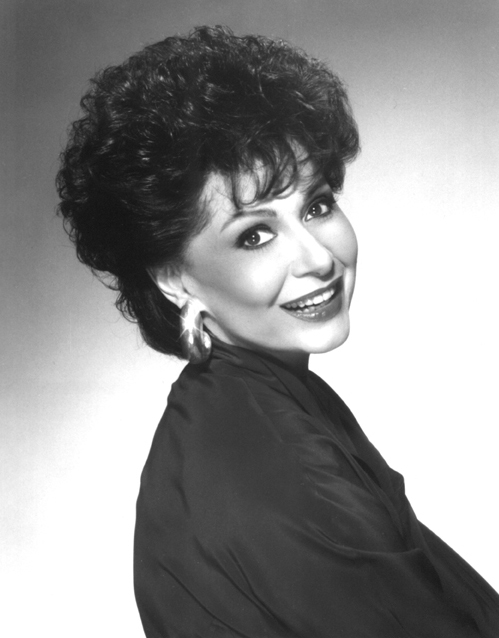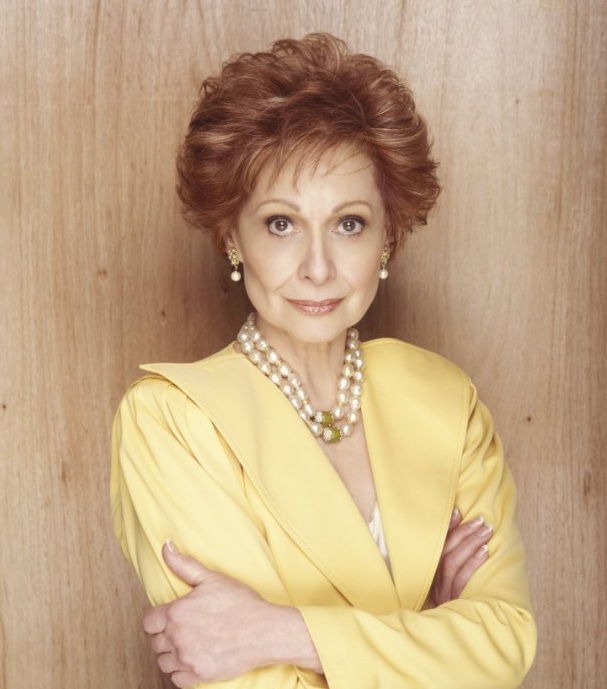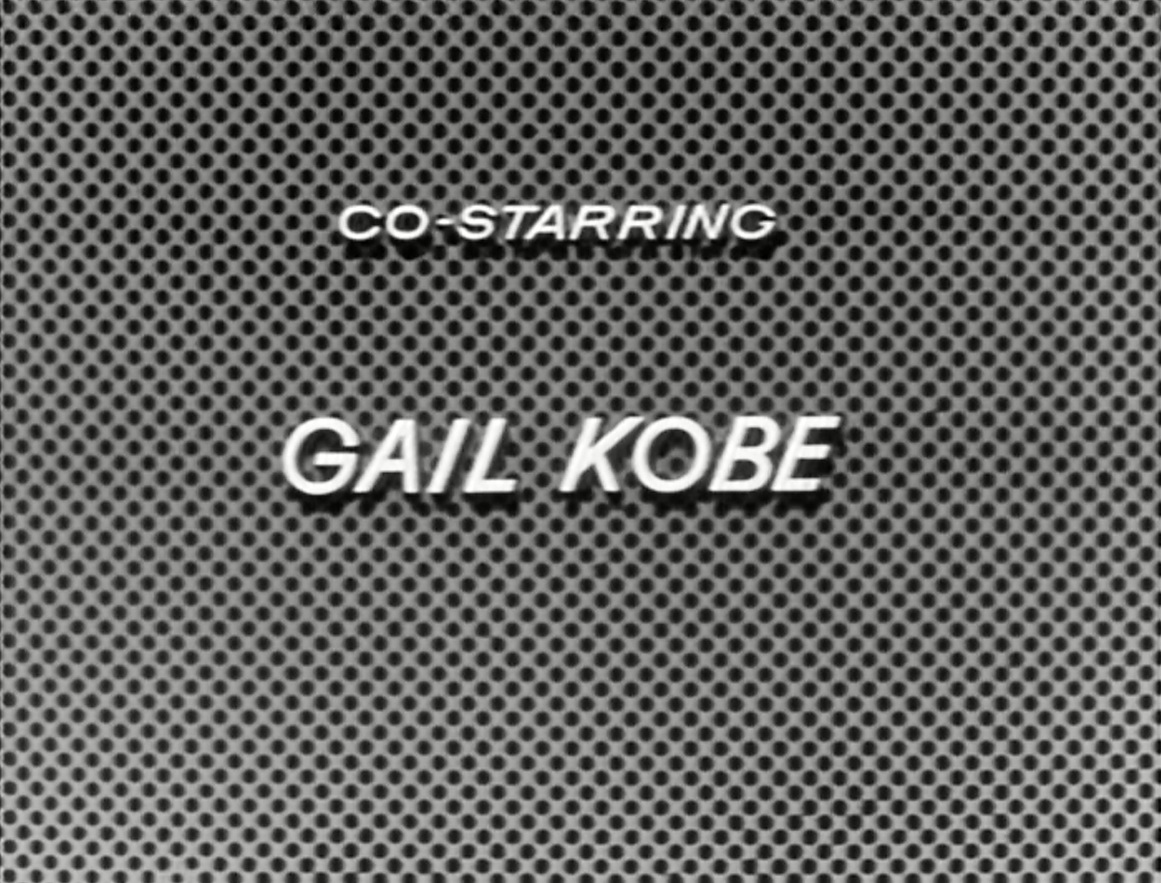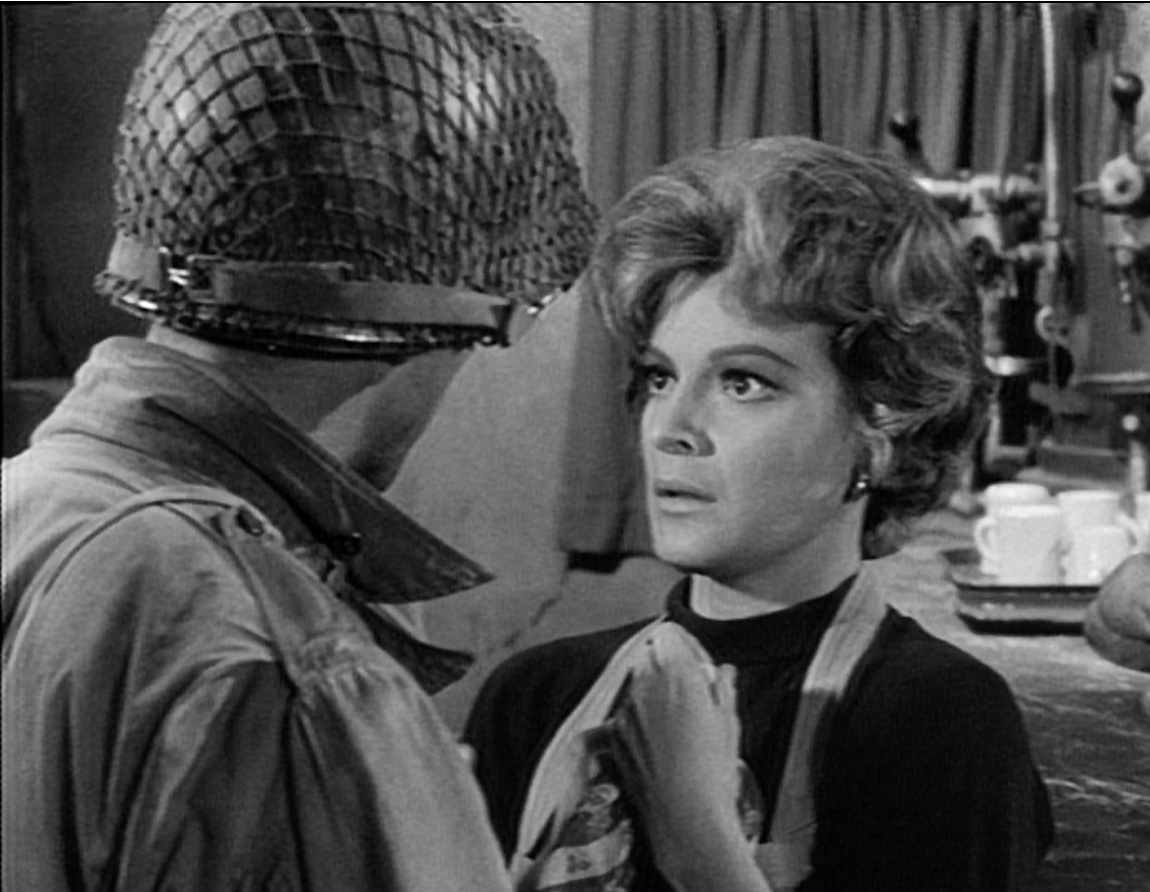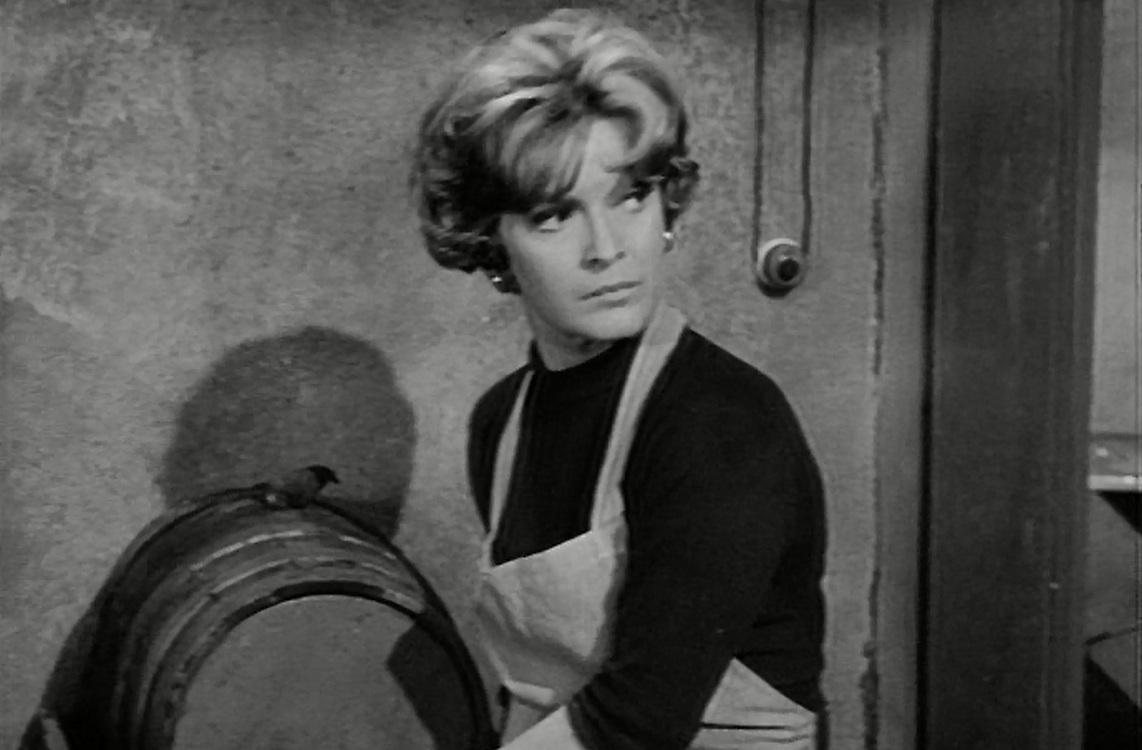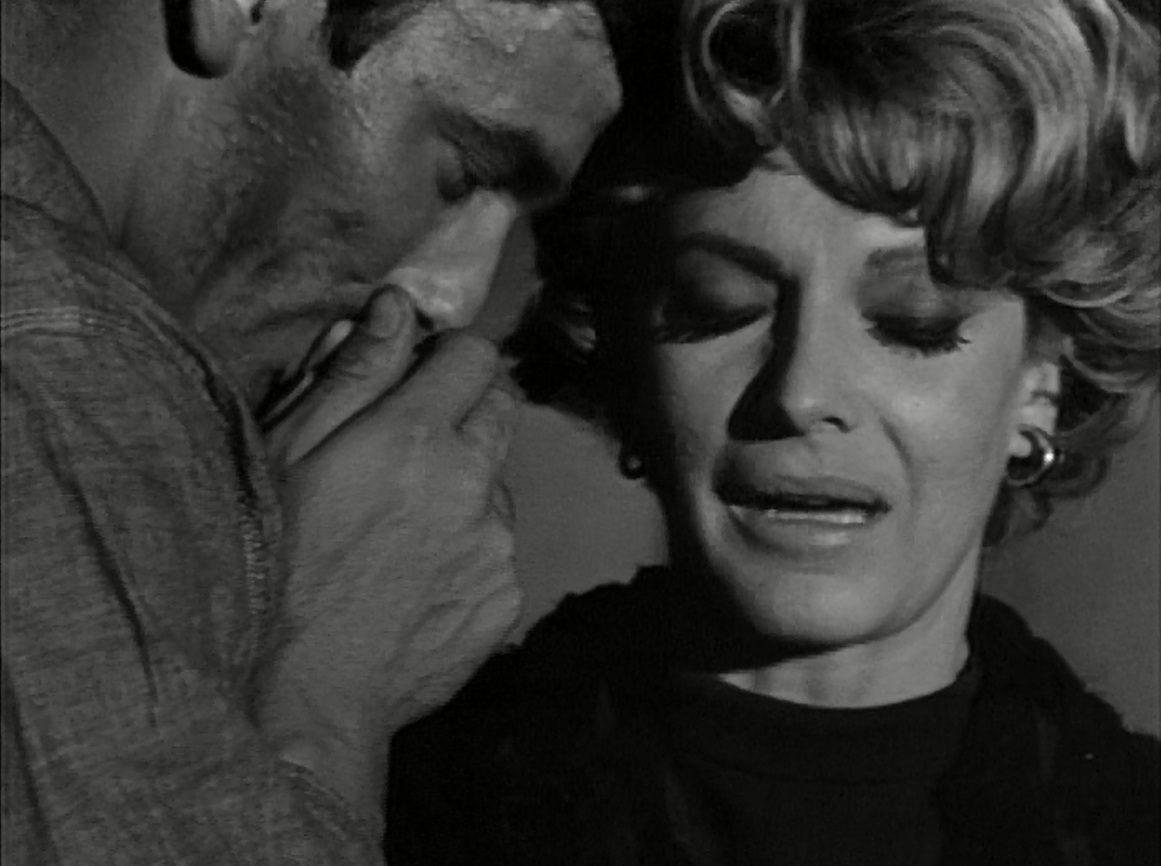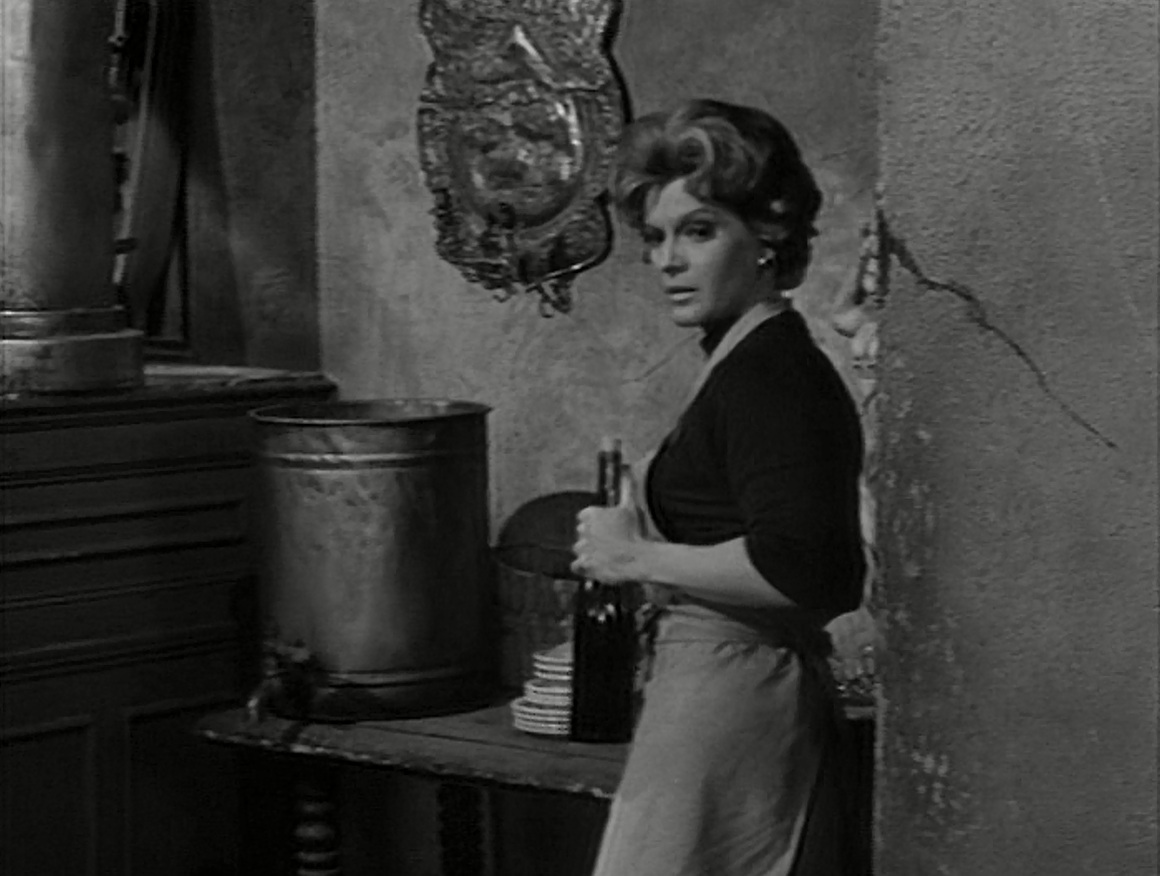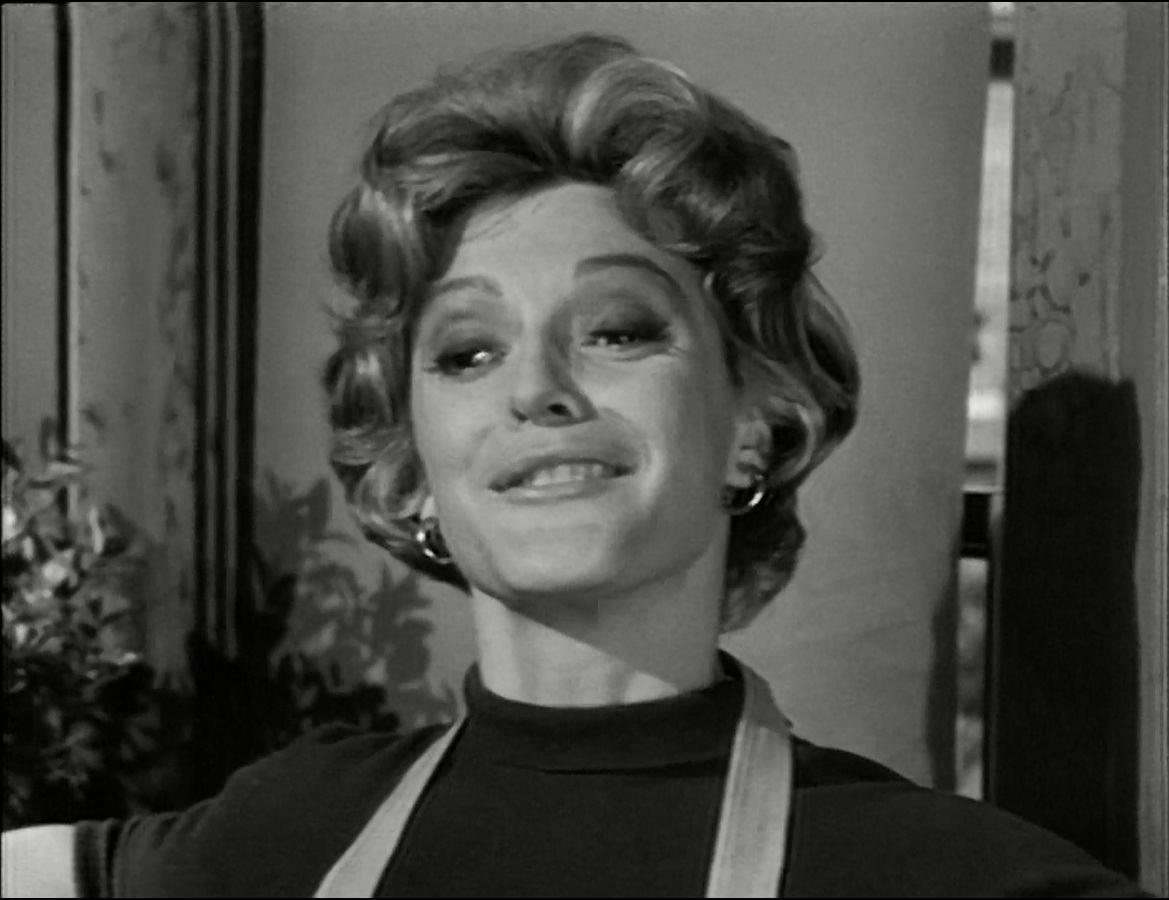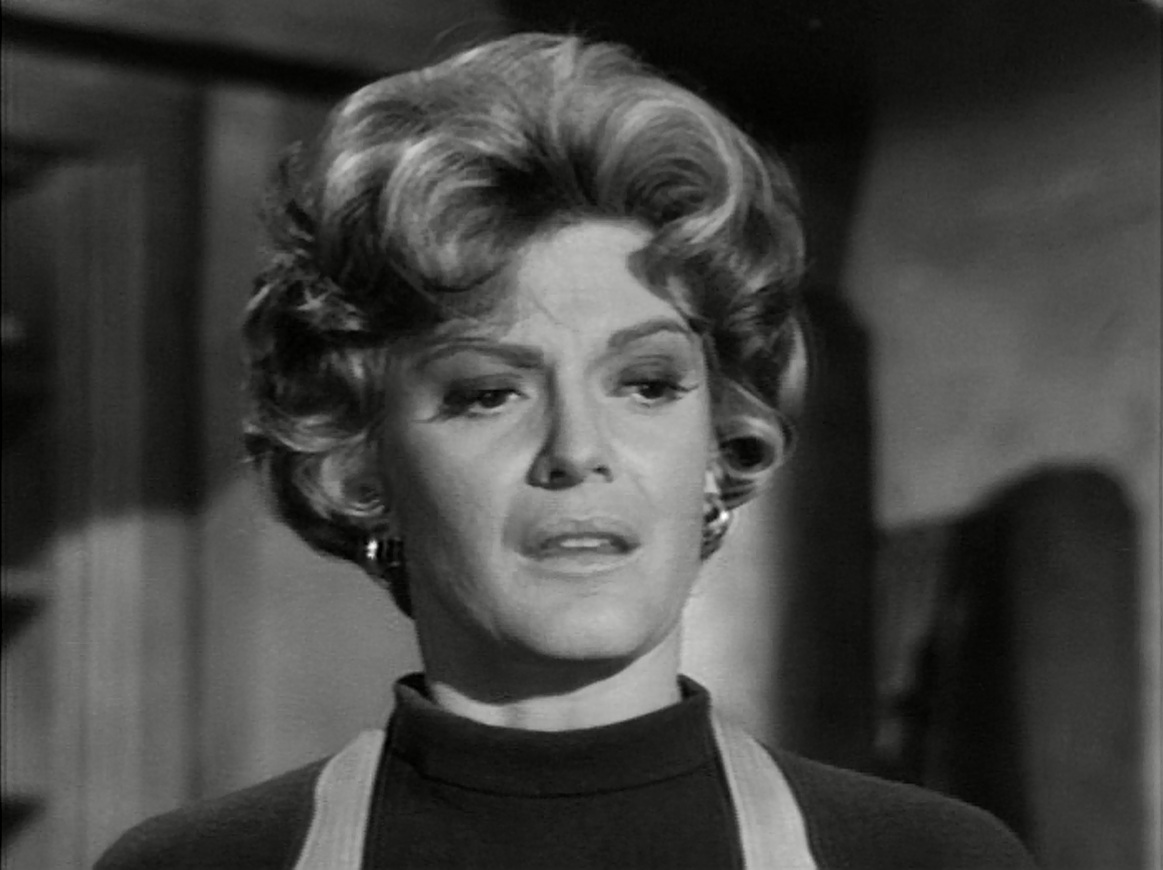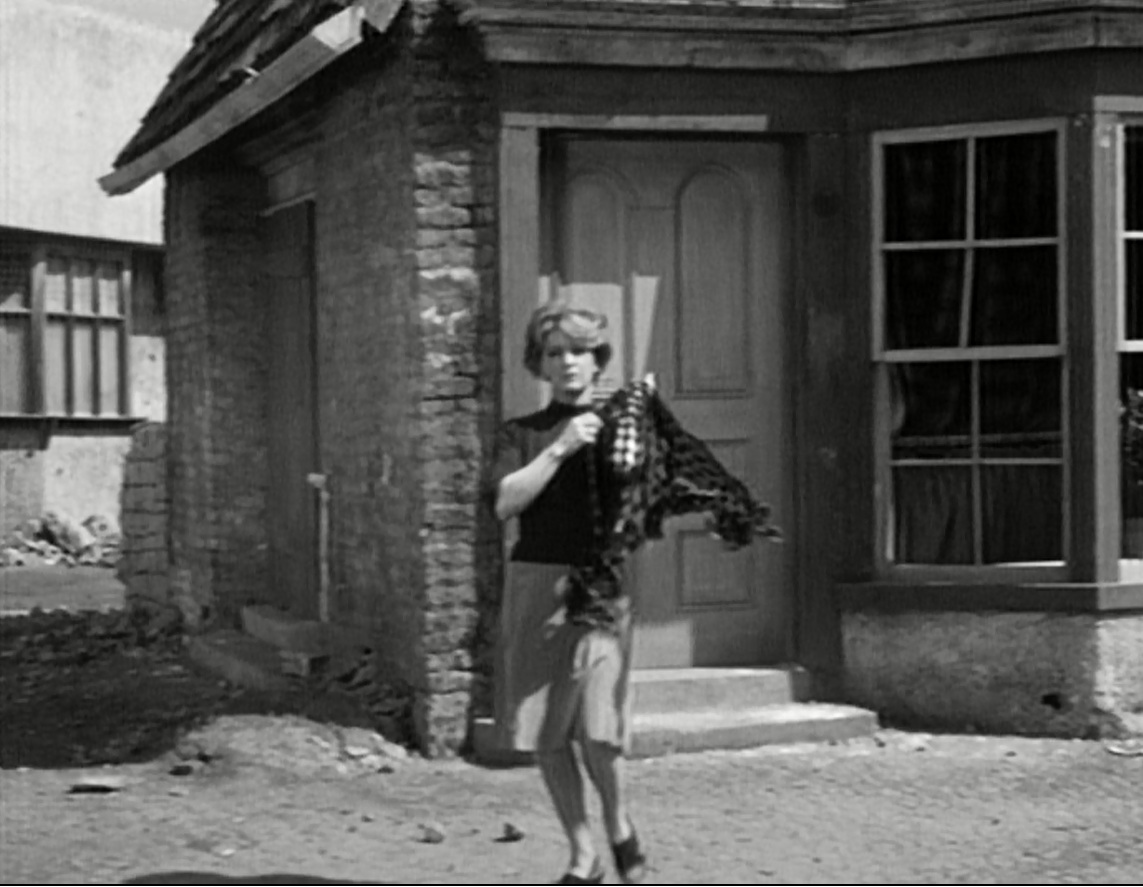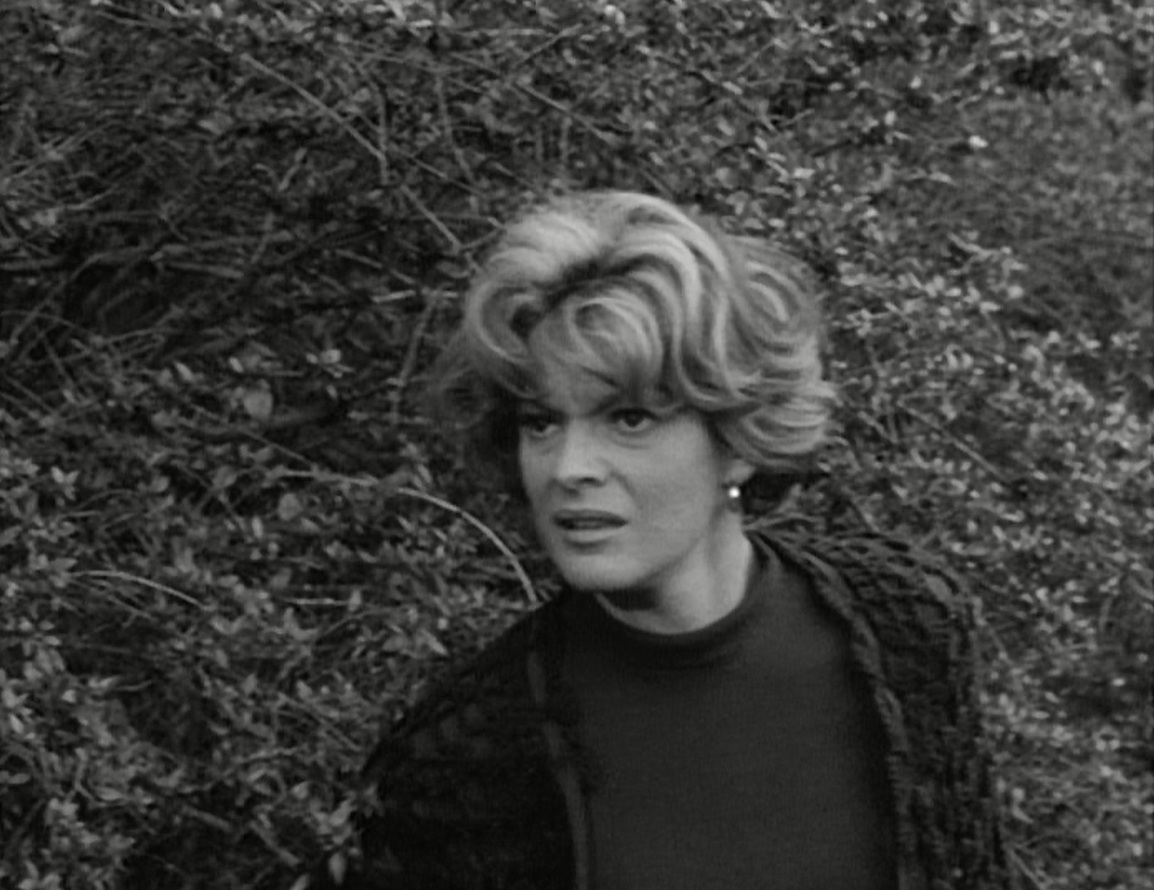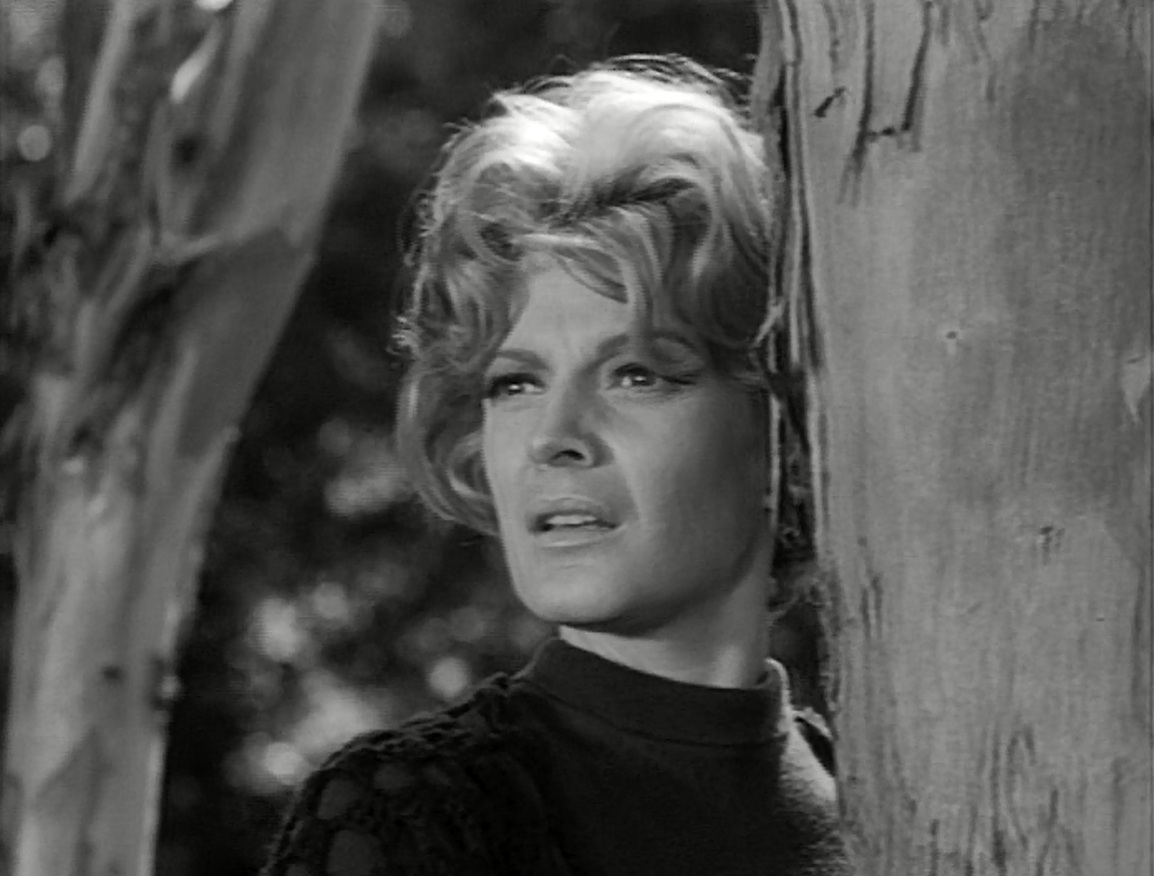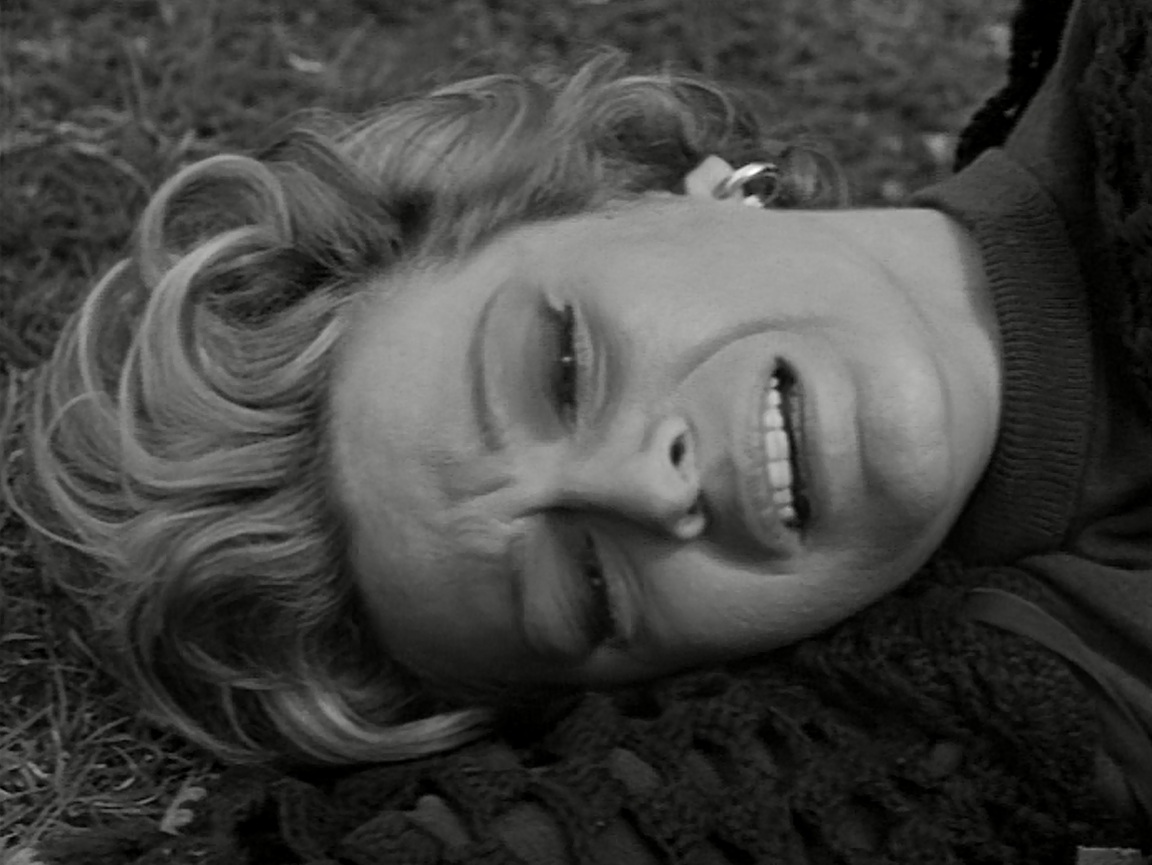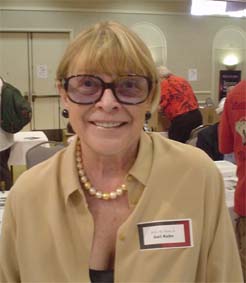The following pics are stills from the DVD boxed set as well as images I gleaned from the Internet. These are the COMBAT GIRLS that had significant roles in the episodes. No I left out Denise Darcy because I already did a blog post on her Lt. Hanley and her Kobasawa pillows. I started collecting by what I felt was my physical attraction. *Note, You lovely women may want to fast forward through the Peggy Ann Garner segment.
Gentlemen, find some free space on your hard drive.
AS I GIVE YOU:
"THE GIRLS OF COMBAT !"
Peggy Ann Garner Born
in Canton, Ohio, Garner's mother pushed her into the limelight and entered her
in talent quests while Garner was still a child. By 1938 she had made her first
film appearance, and over the next few years she appeared in several more
films, including Jane Eyre (1943) and The Keys of the Kingdom (1944). She
reached the height of her success at the age of 13 in A Tree Grows in Brooklyn
(1945), winning an Academy Juvenile Award largely on the basis of this
performance.
Like many child
performers, Garner was unable to make a successful transition into adult film
roles. She guest-starred steadily in television roles, beginning in the early
1950s and continuing through the 1960s. She was a regular panelist on the NBC
series Who Said That?, along with H. V. Kaltenborn and Boris Karloff. After her
film career ended, she ventured into stage acting and had some success but also
worked as a real estate agent and fleet-car executive between acting jobs in
order to support herself. In 1978, she surprised film audiences after a decade
away from any feature film when she appeared as the pregnant aunt of the bride
'Candice Ruteledge' in the critically acclaimed ensemble Robert Altman film,
"A Wedding", in 1978. Her final screen performance was a small part
in a made-for-television feature, "This Year's Blonde", in 1980.
Garner married
singer/game show host Richard Hayes, and they divorced in 1953. She went on to
marry actor Albert Salmi on May 16, 1956, and they divorced on March 13, 1963.
Garner's final marriage was to Kenyon Foster Brown. After a few years, that
marriage, too, ended in divorce. Her only child, Catherine Ann Salmi, died in
1995 at age 38 from heart disease. Garner
died from pancreatic cancer in 1984, at age 52.
I KNOW . I'M AWFUL.
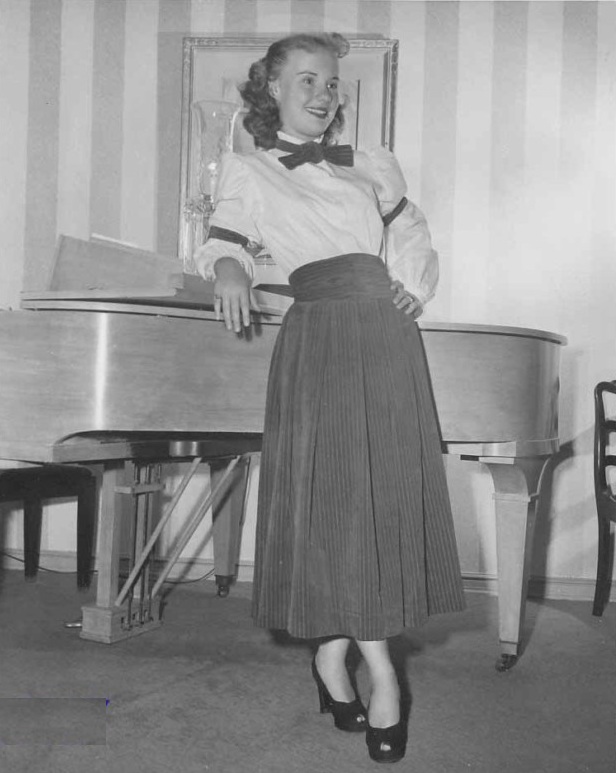
Antoinette Bower (born 30 September 1932) is a German-born film and television actress, whose career lasted more than three decades, from 1959 to 1992. She appeared on the television series Neon Rider for 42 episodes. Born in Baden-Baden, Baden-Württemberg, Germany, Europe, she is a naturalized citizen of the United States, North America. She also appeared as a guest star on Hogan's Heroes.
Born Elizabeth Ellen Gillease in Jersey City, New Jersey, she began her career as a Ford Agency high-fashion model before landing the television role of the “Away We Go!” girl on The Jackie Gleason Show in the 1950s. Thereafter, she honed her stage skills by joining and performing with the Helen Hayes Repertory Group before expanding into the big and small screens. Elizabeth made numerous television appearances in guest starring roles on such programs as The Fugitive, Kojak, and Buck Rogers in the 25th Century. She was also a regular cast member on TV's Bracken's World, The Paul Lynde Show, C.P.O. Sharkey, Another World and its spin-off, Texas. Her television, film and stage career spanned three decades.
She was featured with William Shatner in "The Hungry Glass", the 16th episode in the first season of Boris Karloff's Thriller in 1961.
Allen is perhaps best known on TV for her role as the creepy saleslady in the first-season episode of Rod Serling's original version of The Twilight Zone, entitled "The After Hours", where actress Anne Francis (playing 'Miss Marsha White') finally realizes that she is a mannequin and that her month of freedom and living among the humans is over. Allen's saleslady character (seen by no one but Marsha) is the mannequin whose turn in the outside world is up next and has already been delayed by one full day, thus explaining her slightly peeved attitude.
In 1963, Allen starred with John Wayne, Dorothy Lamour and Lee Marvin in the John Ford film Donovan's Reef. She also starred in Diamond Head with Charlton Heston and Yvette Mimieux. Both movies were filmed on location in Hawaii. Allen also appeared with James Stewart in Cheyenne Autumn and won a Laurel Award in 1963 as the year's most promising film actress.
She was twice nominated for Tony Awards for her performances on Broadway in The Gay Life and Do I Hear a Waltz?. She can be heard singing beautifully throughout the original cast album of Waltz, available on CD. Her other notable stage productions on the Great White Way and beyond included Romanoff and Juliet, Lend an Ear, Sherry!, California Suite, The Pajama Game, The Tender Trap, Show Boat, South Pacific, and culminating in the 1980s Broadway musical 42nd Street, as fading star Dorothy Brock.
Allen quietly retired from show business in 1996, after touring numerous cities throughout the world for over a decade with her 42nd Street role from Broadway. This was her last, significant acting job after appearing in the 1980s TV series Texas for two seasons.
Personal life and death
She was married briefly to Baron Karl von Vietinghoff-Scheel, but they divorced and she never remarried.
Allen died from kidney disease, aged 77, in Fishkill, New York. She was predeceased by her only sibling, brother Joseph L. Gillease, and survived by her sister-in-law, Marion Gillease, her nephew and Godson, Patrick J. Gillease, her niece, Erin Gillease Phelan, and two grand-nieces, Alicia Phelan and Alexandria Phelan.
She was featured with William Shatner in "The Hungry Glass", the 16th episode in the first season of Boris Karloff's Thriller in 1961.
Allen is perhaps best known on TV for her role as the creepy saleslady in the first-season episode of Rod Serling's original version of The Twilight Zone, entitled "The After Hours", where actress Anne Francis (playing 'Miss Marsha White') finally realizes that she is a mannequin and that her month of freedom and living among the humans is over. Allen's saleslady character (seen by no one but Marsha) is the mannequin whose turn in the outside world is up next and has already been delayed by one full day, thus explaining her slightly peeved attitude.
In 1963, Allen starred with John Wayne, Dorothy Lamour and Lee Marvin in the John Ford film Donovan's Reef. She also starred in Diamond Head with Charlton Heston and Yvette Mimieux. Both movies were filmed on location in Hawaii. Allen also appeared with James Stewart in Cheyenne Autumn and won a Laurel Award in 1963 as the year's most promising film actress.
She was twice nominated for Tony Awards for her performances on Broadway in The Gay Life and Do I Hear a Waltz?. She can be heard singing beautifully throughout the original cast album of Waltz, available on CD. Her other notable stage productions on the Great White Way and beyond included Romanoff and Juliet, Lend an Ear, Sherry!, California Suite, The Pajama Game, The Tender Trap, Show Boat, South Pacific, and culminating in the 1980s Broadway musical 42nd Street, as fading star Dorothy Brock.
Allen quietly retired from show business in 1996, after touring numerous cities throughout the world for over a decade with her 42nd Street role from Broadway. This was her last, significant acting job after appearing in the 1980s TV series Texas for two seasons.
Personal life and death
She was married briefly to Baron Karl von Vietinghoff-Scheel, but they divorced and she never remarried.
Allen died from kidney disease, aged 77, in Fishkill, New York. She was predeceased by her only sibling, brother Joseph L. Gillease, and survived by her sister-in-law, Marion Gillease, her nephew and Godson, Patrick J. Gillease, her niece, Erin Gillease Phelan, and two grand-nieces, Alicia Phelan and Alexandria Phelan.
A resolute, blue-eyed brunette with attractive, slightly pinched features, Geraldine Brooks was born to a Dutch couple on October 29, 1925, in New York City. Her parents had a theater-based background -- father, James Stroock, owned a top costume company and mother, Bianca, was a costume designer and stylist. In dance shoes from age 2, her closer relatives were also extensively involved in theater -- one aunt being a former Ziegfeld Follies girl and another a contralto with the Metropolitan Opera. Growing up surrounding by these theatrical types, it was only natural that it rubbed off on her. She attended the Hunter Modeling School as a young teen and graduated from Julia Richman High School in 1942 as president of her drama club. Older sister, Gloria Stroock, also became an actress, primarily on TV
.
In New York, Geraldine studied at the American Academy of Dramatic Art and the Neighborhood Playhouse before apprenticing in summer stock productions. In a pre-Broadway tryout of "Follow the Girls" in 1944, Geraldine subsequently went with the show to Broadway in May of that same year and enjoyed a nine-month run. Following her role as "Perdita" in "A Winter's Tale" at the Theatre Guild, she was signed by Warner Bros. and made her film debut promisingly as a second femme lead in the mystery thriller Cry Wolf (1947) starring Barbara Stanwyck and Errol Flynn. At this time, she shunned her odd-sounding last name of "Stroock" in favor of the more complementary marquee name of "Brooks", which was the name of her father's costume company. Playing Flynn's cool, conniving niece who gives trouble to Stanwyck, she gave added suspense to the film. In her second movie, Possessed (1947), she is again at odds with another powerhouse star, this time Joan Crawford, but shows more sensitivity against the manic Crawford character in this film-noir chiller.
Geraldine moved to dramatic lead status with Embraceable You (1948) opposite Dane Clark, and played daughter to real wife-and-husband team Fredric March and Florence Eldridge in An Act of Murder (1948), a drama that dealt with the topic of euthanasia. Less impressive was the standard Warner Bros. "B" western The Younger Brothers (1949) and her MGM loanout appearance in Challenge to Lassie (1949). Floundering a bit at this time and failing to strike a star-making chord with audiences, she attempted a few continental film assignments, one in which she played Anna Magnani's younger sister, but grew quickly disillusioned there as well and returned to America.
Focusing instead on stage and TV, including a Broadway stint in "Time of the Cuckoo" starring Tony-winning Shirley Booth, Geraldine eventually went back to studying acting again. In 1956, she became a member of the Actor's Studio and became a strong exponent of its method style. Despite this renewed, enlightening acting technique, her film career found no momentum at all. In fact, she appeared in only two films in the oncoming years as brittle, harder-core ladies in Street of Sinners (1957) and Johnny Tiger (1966). Her greater notices were to be found guesting on various popular TV series. Particularly noteworthy were her roles on "Perry Mason" (1957), "The Defenders" (1961), "Bus Stop" (1961) (for which she earned an Emmy nomination), the pilot of "Ironside" (1967) and the last final climactic episode of "The Fugitive" (1963). A regular as Dan Dailey's secretary on the mildly received "Faraday and Company" (1973), she also appeared in the 70s episodes of "Kung Fu" (1972), "Cannon" (1971), "Barnaby Jones" (1973) and "McMillan & Wife" (1971), the last in which sister, Gloria Stroock, had a recurring role as Rock Hudson's secretary.
Geraldine's later theater included her Tony-nominated role in "Brightower" (1970) (despite it closing after only one performance) on Broadway and as wife "Golde" in the musical "Fiddler on the Roof". Her final movie part came in the rather ho-hum crimer Mr. Ricco (1975) alongside Dean Martin. A short-lived series regular as the matriarch of "The Dumplings" (1976), a rare comedic venture for her, and a stage production of Jules Feiffer's "Hold Me!" in 1977 capped her capable but somewhat unsatisfying career. She deserved much better attention than she got, especially in films. Divorced from TV writer Herbert Sargent after only three years (1958-1961), she married author Budd Schulberg (best known for his screenplay of On the Waterfront (1954)), in 1964. The couple moved to Los Angeles and opened a writers' workshop together for the underprivileged. She also collaborated with Schulberg on the book Swan Watch (1975), a study on the elegant birds in which she also took photographs. In addition, she wrote poetry for children although she herself never had any. Sadly, Geraldine died in 1977 at age 51 of a heart attack while battling cancer, thus depriving the entertainment industry of a valuable talent. She was survived by her husband, mother and sister.
Vanderveen was a stage actress and a dancer on the Dutch stage before going to Hollywood. She married Universal publicity-man Louis Blaine.
She was a ballerina in Nazi-occupied Amsterdam when Anne Frank hung her picture from a magazine on the wall of her hiding place. The person in the picture was unidentified until a childhood friend of Joyce Vanderveen toured the hiding place in 1996.
Denise Alexander (born November 11, 1939) is a well-known American soap opera actress, most known for her role as Lesley Webber on General Hospital, a role she originally played from 1973 to 1984 and 1996 to 2009.
Born in New York City and raised on Long Island, she moved to Los Angeles when her father, Alec Alexander, an agent who handled at that point such notables as Frank Gorshin[1] and Sal Mineo, decided to make the switch from the east to the west coast. A successful child actress, Alexander had appeared on TV and radio by the time she was a junior at UCLA. She made her feature movie debut, aged fourteen, in the John Cassavetes film Crime In The Streets.
Alexander first broke into the soap opera genre by playing Susan Hunter Martin on Days of our Lives from 1966 to 1973. A popular actress, much of the show's early success had to do with Susan's rivalry with Julie Olson (played by Susan Seaforth Hayes). In 1973, Susan H. Martin was written out of the show temporarily when the Days casting office hit a snag renewing her contract and the contract lapsed. ABC Daytime rushed to offer her a then-unheard of salary/perks package to join General Hospital. When Susan H. Martin finally returned to Days, a new actress played her. A few months later, she started on General Hospital, playing the role of Dr. Lesley Webber, which would become her most popular and longest-tenured. She stayed with the show for eleven years, leaving in 1984. In 1986, she was offered a big salary to portray absent McKinnon matriarch, Mary, on Another World. When the commute from her home in Los Angeles to Another World's studio in New York City proved to be difficult for her, she left in 1989. In 1996, she returned to the role of Lesley on General Hospital which she continued playing until 2009.
Her career began as a child actress in radio and television, and has spanned virtually all forms of stage and screen (large and small) dramatic and comic entertainment---including, as a teenager, playing the daughter of a lawyer and a former fashion buyer (Hume Cronyn and Jessica Tandy) on the short lived NBC radio comedy-drama, The Marriage (1953–1954).[citation needed]
She has produced for both network and cable television, spoken as guest lecturer/speaker to groups from charities, to civic groups to college audiences. In a 1981 People Weekly interview, she called the late Gloria Monty "a wonderfully bossy little lady
Born in New York City and raised on Long Island, she moved to Los Angeles when her father, Alec Alexander, an agent who handled at that point such notables as Frank Gorshin[1] and Sal Mineo, decided to make the switch from the east to the west coast. A successful child actress, Alexander had appeared on TV and radio by the time she was a junior at UCLA. She made her feature movie debut, aged fourteen, in the John Cassavetes film Crime In The Streets.
Alexander first broke into the soap opera genre by playing Susan Hunter Martin on Days of our Lives from 1966 to 1973. A popular actress, much of the show's early success had to do with Susan's rivalry with Julie Olson (played by Susan Seaforth Hayes). In 1973, Susan H. Martin was written out of the show temporarily when the Days casting office hit a snag renewing her contract and the contract lapsed. ABC Daytime rushed to offer her a then-unheard of salary/perks package to join General Hospital. When Susan H. Martin finally returned to Days, a new actress played her. A few months later, she started on General Hospital, playing the role of Dr. Lesley Webber, which would become her most popular and longest-tenured. She stayed with the show for eleven years, leaving in 1984. In 1986, she was offered a big salary to portray absent McKinnon matriarch, Mary, on Another World. When the commute from her home in Los Angeles to Another World's studio in New York City proved to be difficult for her, she left in 1989. In 1996, she returned to the role of Lesley on General Hospital which she continued playing until 2009.
Her career began as a child actress in radio and television, and has spanned virtually all forms of stage and screen (large and small) dramatic and comic entertainment---including, as a teenager, playing the daughter of a lawyer and a former fashion buyer (Hume Cronyn and Jessica Tandy) on the short lived NBC radio comedy-drama, The Marriage (1953–1954).[citation needed]
She has produced for both network and cable television, spoken as guest lecturer/speaker to groups from charities, to civic groups to college audiences. In a 1981 People Weekly interview, she called the late Gloria Monty "a wonderfully bossy little lady
Micheline Presle (born 22 August 1922) is a French actress also known in English language films as Micheline Prelle. She's one of the most famous and admired actress of the French movie.
Born Micheline Nicole Julia Émilienne Chassagne in Paris, she wanted to be an actress from an early age. She took acting classes in her early teens and made her film debut at the age of fifteen in the 1937 production of La Fessée. In 1938 she was awarded the Prix Suzanne Bianchetti as the most promising young actress in French cinema. Her rise to European stardom, in films such as Devil in the Flesh, led to offers from Hollywood and in 1950 she was signed by 20th Century Fox. Using the easier to pronounce last name of "Prelle," her first Hollywood production was a starring role opposite John Garfield in the film Under My Skin directed by Jean Negulesco. That same year director Fritz Lang cast her opposite Tyrone Power in the war drama American Guerrilla in the Philippines. In 1950 she became the second wife of American actor William Marshall with whom she had a daughter, Tonie. William Marshall had teamed up with actor Errol Flynn and his production company and in 1951 he directed her and Flynn in the film Adventures of Captain Fabian.
Presle's marriage did not last and she returned to France, divorcing Marshall in 1954. Her career flourished in French films and in 1957 she was a guest on the American Ed Sullivan Show. In 1959 she performed in the United Kingdom English-language production of Blind Date directed by Joseph Losey. She returned to Hollywood in 1962 for the role of Sandra Dee's mother in the Universal Studios film If a Man Answers which also featured Dee's husband, singer Bobby Darin. The following year Presle acted again in English in The Prize starring Paul Newman. She did not make another English film but after performing in for than fifty films in French, in 1989 she appeared in the French-made bilingual production I Want to Go Home for which she was nominated for the César Award for Best Actress in a Supporting Role.
Presle continues to act both in film and on television, and over her career she has made more than one hundred and fifty films. One of her more recent appearances is Venus Beauty Institute.
Born Micheline Nicole Julia Émilienne Chassagne in Paris, she wanted to be an actress from an early age. She took acting classes in her early teens and made her film debut at the age of fifteen in the 1937 production of La Fessée. In 1938 she was awarded the Prix Suzanne Bianchetti as the most promising young actress in French cinema. Her rise to European stardom, in films such as Devil in the Flesh, led to offers from Hollywood and in 1950 she was signed by 20th Century Fox. Using the easier to pronounce last name of "Prelle," her first Hollywood production was a starring role opposite John Garfield in the film Under My Skin directed by Jean Negulesco. That same year director Fritz Lang cast her opposite Tyrone Power in the war drama American Guerrilla in the Philippines. In 1950 she became the second wife of American actor William Marshall with whom she had a daughter, Tonie. William Marshall had teamed up with actor Errol Flynn and his production company and in 1951 he directed her and Flynn in the film Adventures of Captain Fabian.
Presle's marriage did not last and she returned to France, divorcing Marshall in 1954. Her career flourished in French films and in 1957 she was a guest on the American Ed Sullivan Show. In 1959 she performed in the United Kingdom English-language production of Blind Date directed by Joseph Losey. She returned to Hollywood in 1962 for the role of Sandra Dee's mother in the Universal Studios film If a Man Answers which also featured Dee's husband, singer Bobby Darin. The following year Presle acted again in English in The Prize starring Paul Newman. She did not make another English film but after performing in for than fifty films in French, in 1989 she appeared in the French-made bilingual production I Want to Go Home for which she was nominated for the César Award for Best Actress in a Supporting Role.
Presle continues to act both in film and on television, and over her career she has made more than one hundred and fifty films. One of her more recent appearances is Venus Beauty Institute.
Elen Willard, also spelled Ellen Willard (born November 1, 1941), is an American former actress who appeared on network television between 1960 and 1966.
She is perhaps best remembered for four appearances on the ABC series Twelve O'Clock High. Earl Holliman, who appeared with Willard on the Twelve O'Clock High episode "The Ticket" (1965) was quoted years later as having said that the actress left show business because she found it too emotionally draining.
Willard's first appearance in 1960 was as Deidre Waugh in the segment "The Bad Spell" of the short-lived detective series Markham. On November 16, 1960, Willard appeared as Belle Bleymier on the episode "The Bleymier Story" of NBC's western series, Wagon Train, broadcast just days after the death of series lead Ward Bond. Robert Horton as the scout Flint McCullough struggles to get a wagon train through a Sioux burial ground. Dan Duryea played the mentally unstable Samuel Bleymier, Belle's father, who is obsessed by demons and superstitions. Bleymier opposes the interest shown in Belle by young Justin Claiborne, played by James Drury, two years before NBC launched The Virginian. The episode is filmed mostly during heavy rains, high winds, and a cyclone.
In 1961, Willard played Charlotte Laughlin in the episode "The Quest" of NBC's Whispering Smith. She was also cast as Mrs. Madera in "Suitable for Framing" on Rod Taylor's Hong Kong series, which aired on ABC opposite Wagon Train. Other appearances in 1961 were as Caroline Lord in the episode "The Lords of Darkness" on ABC's western series, Lawman. She also appeared as Ione Sykes in the episode "The Grave: of CBS's The Twilight Zone.
In 1962, Willard appeared as Althea in "The Hunger" on CBS's Gunsmoke and as Anne Farell in "Any Second Now" of ABC's Combat!, a World War II drama, and as Joan Prentiss on NBC's Dr. Kildare in the episode "The Horn of Plenty." In 1962 and 1963, she made two appearances on Richard Boone's CBS western, Have Gun, Will Travel. In 1964, she portrayed Pelas Delcort in "Memory of a Firing squad" on the ABC college drama, Channing. Willard's final screen appearance was on December 23, 1966, as Priscilla Worth in the Christmas episode "The Jingle Bells Affair" of the Robert Vaughn NBC series, The Man from U.N.C.L.E.[1]
Marisa Pavan (born Maria Luisa Pierangeli on 19 June 1932) is an Italian-born actress who first became famous as the twin sister to movie star Pier Angeli (Anna Maria Pierangeli) before achieving movie stardom on her own. Her breakthrough came in the film The Rose Tattoo as Anna Magnani's daughter; her role was first assigned to her twin, who at the time was unable to play the part. When Magnani won the Academy Award for Best Actress, Pavan accepted on her behalf as Magnani was not present at the awards ceremony. Pavan was nominated for best supporting actress, losing to Jo Van Fleet (for East of Eden). Both Magnani and Pavan won Golden Globe awards that year.
Afterwards, Marisa Pavan co-starred in films such as The Man in the Gray Flannel Suit, Diane, John Paul Jones and The Midnight Story.
She married, divorced, and later remarried the French actor Jean-Pierre Aumont between 1956 until his death in 2001; they had two sons.
Afterwards, Marisa Pavan co-starred in films such as The Man in the Gray Flannel Suit, Diane, John Paul Jones and The Midnight Story.
She married, divorced, and later remarried the French actor Jean-Pierre Aumont between 1956 until his death in 2001; they had two sons.
Originally from France, Claudine Longet was a Las Vegas showgirl when superstar crooner Andy Williams discovered her. They were married in 1961, when Claudine Longet was still 19 and Williams was 33. He helped boost her career as an actress and singer; in her few TV and film appearances she was typecast as the innocently foxy mademoiselle, but she had more success in pop music. Given a contract by A&M Records, she recorded mostly soft covers of songs by popular rock groups, including the albums Claudine (1967) and Love is Blue (1968).
She and Williams split in 1970, and a few years later she began dating champion skier Vladimir "Spider" Sabich. She shot and killed Sabich at their home in Aspen, Colorado in 1976, leading to a highly-publicized murder trial. Longet pleaded not guilty, saying the shooting was an accident. She was convicted of criminal negligence and sentenced to 30 days in jail. After her release, she retired from the entertainment business and married her trial defense attorney, Ron Austin.
Claudine Longet and Andy Williams separated in 1970 but weren't formally divorced until 1975. They had three children: Noelle (b. 1963), Christian (b. 1965) and Robert (b. 1969). Robert was named for Robert F. Kennedy, a close friend of Williams and Longet who was killed in 1968... The night after she shot Spider Sabich, Claudine Longet stayed with neighbor John Denver and his wife.
Born as Carol Maria Laraia in Melrose Park, Carol Lawrence made her Broadway debut in 1952. She achieved success in the role of Maria in the original Broadway production of West Side Story in 1957, and received a nomination for Tony Award for Best Featured Actress in a Musical for this role. She played the role for two years, and after an appearance in the short-lived show Saratoga, she returned to West Side Story for its 1960 season. Among her other Broadway successes were I Do! I Do! (1967) and Kiss of the Spider Woman (1993–95).
She played several roles at The Muny in St. Louis, the oldest and largest outdoor theater in the U.S., including Fanny Brice in Funny Girl (1975), Charity in Sweet Charity (1977), and Lucille Early in No, No, Nanette (1990). Among her other musical theatre parts are the title role in Mame, Guenevere in Camelot (opposite Goulet), Do I Hear a Waltz at the Pasadena Playhouse (2001) and Follies at the Wadsworth Theatre in Los Angeles in 2002.
Her television performances include guest roles in Breaking Point (as Evelyn Denner in the 1963 episode entitled "There Are the Hip, and There Are the Square"), Rawhide, Combat!, Wagon Train, The Fugitive, Hawaii 5-0, Marcus Welby, M.D., Medical Center, Kung Fu, Mannix, Murder She Wrote, Saved by the Bell, and Sex and the City.
In 1992-93, she played the role of matriarch Angela Eckart on General Hospital. She hosted five shows of Chef du Jour for the Food Network, cooking from her own cookbook, I Remember Pasta, and setting a record for cookbook sales on the Home Shopping Network.
Lawrence was awarded the Harvard Hasty Pudding Woman of the Year Award in 1960.
She has a star on the Hollywood Walk of Fame.
Lawrence has been married and divorced three times. Her longest union was with actor and singer Robert Goulet (from 1963 until 1981); together they had two children, Christopher and Michael.
During the 1950s and 1960s, Kobe made dozens of guest appearances on such television programs as Felony Squad, Ironside, Combat, The Outer Limits, Hogan's Heroes, The Twilight Zone, Dr. Kildare, Gunsmoke, Daniel Boone, Mission: Impossible, The Untouchables and Mannix. She had a short role as Doris Schuster on Peyton Place, and a recurring role on the CBS series Trackdown. She also appeared on daytime's Bright Promise as Ann Boyd Jones (1970–1972). She began as the guest star as Evelyn on Season 5 of Bewitched in 1969.
Kobe began to work behind the camera as supervising producer and associate producer on such daytime programs as The Edge of Night and Return to Peyton Place. In 1981 she became executive producer of Texas during its final year. She became executive producer of Guiding Light from 1982 to 1986, then served as a producer on The Bold and the Beautiful from its debut in 1987 through the early 1990s.
In 2008, a Golden Palm Star on the Palm Springs, California, Walk of Stars was dedicated to her.
Kobe began to work behind the camera as supervising producer and associate producer on such daytime programs as The Edge of Night and Return to Peyton Place. In 1981 she became executive producer of Texas during its final year. She became executive producer of Guiding Light from 1982 to 1986, then served as a producer on The Bold and the Beautiful from its debut in 1987 through the early 1990s.
In 2008, a Golden Palm Star on the Palm Springs, California, Walk of Stars was dedicated to her.
